Similar presentations:
Law for Business
1.
Law for Business2.
Quiz 1Write the answer to the question
What is law for you?
● The police.
● The government’s behavior.
● The reflection of the people, organizations
and values; it serves and controls.
● It comes from the past, reflects the present
and paves the way to the future.
3.
Effective managerQuiz 2
Write the answers to the questions
● What is an effective manager?
● The one who develops the knowledge of
both law and business.
● Why is that so important?
4.
Think of it● Remember and render
situations in your lives
where you really felt lack of
knowledge of laws.
5.
Legal rules1. To create the rules – legislatures and
government agencies
1. To enforce the rules – police forces
1. To resolve the disputes – courts
The law requires people to conform their
behavior to a particular standard.
6.
Law is● A set of principles that:
1. Have general application to society
2. Developed by a legitimate authority within
society
3. “A process of legal interpretation” (court)
4. May have sanctions against the law breakers
7.
How did the lawappear?
8.
1.The theory of the socialcontract
G. Grotskiy, G. Ghobbs, D. Lonk, Spinoza,
F-F Rousseau, AN Radischev
To ensure a normal life, people conclude
among themselves an agreement on the
establishment of the state, voluntarily
handing it some of their rights.
Noting the progressive nature of many of
the social contract theory, which opposed
the feudal state, the king in this society,
tyranny, inequality, it should be noted that
there is no scientific evidence supporting
this theory. Also, this theory ignores the
9.
2. The Theological TheoryReligious leaders of the ancient East, medieval
Europe (Thomas Aquinas in the 13th century.), The
ideologues of Islam and the modern Catholic
Church (Jacques Maritain)
The idea of inviolability of the state, the need for
submission to the will of the state, as the
government of God, but at the same time, and
depending on the state itself from the divine will,
manifested through the church or other religious
organizations. Judgment on the legality of the
origin and use of the power of the ruler belongs to
the church. People do not only have to fulfill the
orders of the governor, which are at odds with the
divine laws, but generally do not have to obey the
usurpers and tyrants.
10.
3. The Violence TheoryK.Kautsky, E.Dyuring, A. Gumppovich
Laws are for subordination of the weak to
strong. Many states have appeared as a
result of the conquest of one people by
another. (Early German or Hungarian
state)
To state emerged required. If the level of
economic development that includes the
state apparatus is not reached, no conquest
11.
4. The Psychological TheoryG.Gard, L. Petrazhitsky
The emergence of the state and law is explained by
the manifestation of the properties of the human
psyche, the need to obey, depend on the elite of
the society, the realization of justice, certain
embodiments of actions and attitudes, and so
forth. It is based on specific emotions that are
experienced as internal obstacle to freedom and
that encourage the person to any action. Norms as
authoritarian prohibitions and commandments is
only a reflection of these experiences.
Psychological theory distinguishes ethical duty as
a legal obligation and ethical duty as a moral duty.
Influence of the human psyche is not critical, and
the mind itself is influenced by relevant
12.
5. The Natural Law TheoryLock, Rousseau, Montesquieu, Gholbach,
Radishchev.
Apart from positive law created by the state, there
is common to all men natural right, which stands
above the positive law. The latter is based on the
requirements of the natural law (the right to life,
free development, labor, participate in the affairs
of society and the state).
In a civilized society there is no reason to oppose
natural and positive law, since the latter
13.
6. NormativizmK. Bergbom,G. Shershenevich, J. Austin,
R.Shtammler
The rules are created by the state - the state's
standards to meet the interests of the
individual. The main thesis of legal positivism
- the recognition of the law created by the
state for the common good, or to satisfy the
interests of the individual. However, only the
justice which gets protection of the State is the
law.
14.
7. The Sociological TheoryEhrlikh, S.Muromtsev, G.Shershenevich.
Social norm - a norm of behavior applied to
the external expressions of public life. It is
the source of human well-being and is above
the state.
Sociological theory fills its social content,
argues that the right is a balancing force in
the life of society. The ideas of this theory
clearly express the essence of the rule of law
in which the state itself and its citizens must
15.
Functions of law1. Keeping the peace (prohibition
of not authorized meetings in
Russia)
2. Enforcing standards of conduct
and maintaining order (outlaw
desecration of the flag in Texas)
3. Facilitating planning (eg: contract
laws)
4. Promoting social justice (tax
16.
It regulates behavior of an individual tomake it acceptable to the majority of
other individuals.
It shapes politics, economics and society
in countless ways and serves as a social
mediator in relations between people.
It regulates almost all spheres of social
and political life either between public
or private members of a society, either
on national or international level.
17.
Basic Notions18.
Rule:An authoritative statement of what to do
or not to do in a specific situation,
issued by an appropriate person or
body. It clarifies, demarcates, or
interprets a law or policy
A statement that establishes a principle
or standard, and serves as a norm for
guiding or mandating action or conduct
19.
Give examples of rules.Where do you usually meet rules?
20.
Norm:A standard of achievement or behavior
that is required, desired, or designated as
normal
Informal guideline about what is
considered normal (what is correct or
incorrect) social behavior in a particular
group or social unit.
Norms form the basis of collective
expectations that members of a
community have from each other, and
play a key part in social control and
21.
Give examples of norms.Where do you usually meet norms?
Who makes norms?
22.
Law (Statute): A set of rulesadopted by a legislative body of
a certain state for the purpose of
regulating specific sphere of
social relations.
Code: a systematic collection of
laws and statutes regulating the
specific sphere of social
relations, adopted by a
23.
Tell the main differencesbetween
a law,
a norm and
a rule.
What laws or codes have you
come across?
24.
Classification of law1. Substantive law
Versus
2. Procedural law
1. Criminal law
versus
2. Civil law
25.
Substantive law establishes1. Rights and duties for people as they act
in society.
Duties take form of a command: “Do this!”,
“Don’t do that!”
Eg.: the Civil Rights Act of 1964 tells the
employers that they must not
discriminate among people on the basis of
race, color, religion, sex etc.
2. Rights and privileges.
Eg.: freedom of speech granted by the
Constitution; the right for self-defense.
26.
Procedural law establishes● The rules as to what cases a court can decide
● How a trial is conducted
● How a judgment by a court is to be enforced
27.
Criminal law defines● Duties citizens owe to the society
and prescribes penalties for violation
● Always statutory
● Requires legislative branch to define the
elements of a crime
28.
Civil law establishes● Private duties owed by one person
(including corporations or the
government) to another
● Generally doesn’t aim to punish but to
make the wronged party whole through
a money award – damages
● Punitive damages – for an outrageous
behavior of a person committed a tort.
(goes to the injured party)
29.
Law:● National Law
● International Law:
International public law
International
private
law
30.
National LawMain goal:
setting up a certain mode of
behavior for everyone (state
bodies,
private
entities,
individuals
etc.)
withina
jurisdiction of a certain state
Main functions:
▪ regulating
economic
activities;
▪ governing political activities;
▪ forming
public
legal
consciousness;
▪ regulating the use of natural
resources and environmental
management;
▪ governing
relations
insuchspheresasculture,
Main sources:
▪ Constitution
▪ Code(s)
▪ Law(s)/Statute(s)
31.
Sources of International LawArticle 38 of the Statute of the International
Court of Justice:
international conventions (general or
particular) establishing rules expressly
recognized by the contesting states;
international custom, as evidence of a general
practice accepted as law;
the general principles of law recognized by
civilized nations;
judicial decisions and the teachings of the
32.
International conventions:▪ generally referred to as treaties
▪ written agreements between States that are
governed by international law
▪ referred to by different names, including
agreements, conventions, covenants etc.
▪ may be bilateral, multilateral, regional and
global
▪ have certain degree of primacy among other
sources of international law
33.
International custom (or customary law)- evidence of a general practice accepted as law
through a constant and virtually uniform usage
among States over a period of time
- rules of customary international law bind all States
General Principles of Law
• often cited as a third source of law
• apply in all major legal systems
• usually used when no treaty provision or clear rule of
customary law exists
Example: No one can be punished for the same crime
twice
34.
International lawInternational Public Law
(the law of states/nations)
▪ a
body
of
customary
or
conventional rules
which
are
considered as legal
binding by civilized
states
in
their
intercourse
with
each other
International Private Law
(the conflict of laws)
▪ part of national laws of a
certain state that is aimed to
decide weather a given case
involving «foreign» element
shall be adjudicated upon by
domestic laws of a given
state or by laws of some
other state and shall be
subject to the competence of
courts of a given state or of
some other state
▪ deals with cases in which
▪ concerned
mostly
with the rights and
obligations
of
some relevant fact has a
connection with a foreign
element and may on that
ground raise a question as to
35.
International Law v. National Law?“Monist” tradition
both national law and
international
law
form one unitary
legal order
In case when national
law conflicts with
international law: to
declare
the
supremacy
of
national
over
international law or
to
declare
the
supremacy
of
international
over
national law
“Dualist” tradition
national
law
and
international law are
two separate systems
and non-overlapping
legal orders: conflicts
are thus impossible
international law must
be transferred into
national
law,
and
existing national law
that
contradicts
international
law
must be "transferred
away“; It must be
modified
or
36.
Constitution of Ukraine providesfor:
✓ «Valid
international treaties, the obligatory
character of which is approved by the Verkhovna
Rada of Ukraine. The conclusion of international
treaties which contradicts the Constitution of
Ukraine shall be possible only after the respective
amendments to the Constitution of Ukraine are
made» (Article 9)
✓
«International treaties are entered into by the
President of Ukraine and, where it is required by
law, should obtain the approval of the Verkhovna
Rada of Ukraine». (Article 106 and Article 85)
✓ “The
Constitutional Court of Ukraine upon the
request of the President of Ukraine or the Cabinet
of Ministers shall decide on conformity with the
Constitution of Ukraine of valid international
37.
Elements of cases38.
ElementsActors
Punishment
Criminal case
Intentional violation of the
statute
Prosecutor v. Defendant
(government) (accused)
Fines, imprisonment,
execution
Civil case
Harm to another person or
property (tort) or breach of a
contract
Plaintiff v. Defendant
(wronged party) (party causing harm)
Defendant may have to pay
the plaintiff compensatory
punitive damages
39.
Peculiarities ofAmerican law system
40.
Full faith and credit● Federal Constitution requires every
state to give
“Full Faith and Credit”
to the
“Acts, records and judicial proceedings
of every other state.”
41.
“Checks and balances” (13 states)system between the powers of the states and the
federal government:
● Balance: 3 branches of government: legislative,
executive, judicial
Check: to avoid ill advised statutes to pass
1. a proposal will not become law unless the
president and both houses of Congress
approve it.
2. 2/3 majority in each house is required to
override a veto by president.
3. Congress itself couldn’t enforce a statute
(executive branch could: the attorney general)
● Supremacy clause in the Constitution: where state
laws conflict with legitimate federal laws, the
42.
Constitutional powers● States have own governments and judicial
systems.
● Constitution may not give the Congress the power
to pass a law.
● Constitution’s Commerce Clause permits
Congress to regulate interstate and foreign
commerce as well as most federal regulations.
● Business activity is regulated by the federal
taxing power
43.
Constitutional Limitations● Bill of Rights (the first 10
amendments to the
Constitution) - prohibitions
against government regulation:
guarantee rights of free speech,
freedom of religion, of
expression.
44.
Federalismthe US is composed of 51 different legal
systems (a part of the checks and balances
system)
● There is a federal legal system and each
state has its own system.
● Still: if there is a conflict between the 2
systems, the federal rules prevail.
45.
Sources of law1. Constitutions
2. Treaties
3. Statutes
4. Administrative rules and
decisions
5. Executive orders
6. Court decisions
7. Private law
46.
Constitutions● The highest source of law
● All forms of law must be consistent with the
Constitution
● Each state has Constitution, some are more specific
and detailed but subordinate to the US
Constitution, though superior to law derived from
other sources within the state.
● Some were rewritten several times.
● The US Constitution has 17 amendments (more
than 200 years)
47.
TreatiesConstitution:
“Treaties made by the president with
foreign governments and ratified by
2/3 of the senate are the supreme law
of the land”
48.
Statutes● is the product of lawmaking of a legislature
Statutes
● add details to the government framework
● Establish rules that govern certain kinds of
activity (auto on highway)
● Criminal law
● Law applicable to sales of goods
● Law that limits or regulates business
49.
● Congress and state enact statutes at sessions● People turn to Congress to urge the passage of
such a law: economic, moral or health problem.
● Statutory law varies from state to state.
though
● The Uniform Commercial Code is adopted by
50 states as a uniform law.
● Laws in business tend to be uniform.
● Ordinances are enactments of governmental
units within the states (eg. noise levels)
50.
A government agency● Congress and state legislatures can delegate lawmaking
power to a government independent (not part of
executive branch) regulatory agency
● Strictly civil
● Business is highly regulated in this way
● Interstate Commerce Commission – 1887 (the 1st
federal agency)
● Some rules issued by an agency have the same force as
statutes passed by Congress (if they are within the
authority granted by the statute)
51.
A government agencycreation Congress passes enabling legislation specifying
the powers of the agency
features Headed by a board or commission
Members nominated by president
Appointments confirmed by Senate
Appointees drawn from the two major political
parties
powers Investigative
Rule-making
Adjudicatory
52.
Executive orders● Congress and state legislatures can delegate
lawmaking power to the president or a governor.
● Franklin D. Roosevelt’s 1943 order required all
contracts for war supplies to include a clause
prohibiting race discrimination.
● Have the force of a law if they are within the
authority granted by the statute.
53.
Judicial decisions● Courts also make laws.
They do it in three ways
Interpretation
through the common law
(they give meaning
(they find law when no
source
and effect to the other
offers a solution to a
legal dispute)
sources of law)
judicial review determining the
legitimacy of the actions of other
branches of
government
54.
Common law● It is a court – created law (decisional
law).
● Arises when there is no source of
law to resolve a dispute.
Judicial review
● A judge may render a legal rule
unenforceable declaring it in
conflict with constitution.
55.
Procedural safeguards● A law must be knowable, predictable, adjustable
(in changing time).
1. For people to know the bills they are published.
2. The Constitution prohibits ex post facto laws. A
new statute applies only to actions taken after it
became effective.
Stare decisis – a court in making a decision should
follow the rulings of prior cases that have similar
facts (precedents).
3. Interpretation – narrow or broad. Court may
choose facts to stress or to ignore.
The highest appeal court can distinguish or
overrule (in fact rarely) a precedent case.
56.
Constitution ofUkraine
57.
Constitution of Ukraine● “The Verkhovna Rada of Ukraine on behalf of the
Ukrainian people - Ukrainian citizens of all
nationalities, expressing sovereign will of the people
standing on the century-old history of Ukrainian state
building, on the ground of the right to selfdetermination realized by the Ukrainian nation, all
the Ukrainian people, providing for the guarantee of
human rights and freedoms, and of the deserved
conditions of human life,
providing strengthening of the civil consent on the
Ukrainian land,
desiring to develop and strengthen a democratic,
social, legal state,
58.
Constitution declares● Ukraine is a sovereign and independent, democratic,
social, legal State.
The sovereignty of Ukraine covers the entirety of its
territory.
Ukraine is a Unitarian state.
The territory of Ukraine within the limits of existing
borders is indivisible, and inviolable.
An individual, his/her life and health, honor and
dignity, inviolability and security are recognized in
Ukraine as the highest social value.
Human rights and freedoms and their guarantees
determine the essence and the direction of the
activity of the State.
The state is responsible to the person for its activity.
The establishment and maintaining of human rights
and freedoms is the main duty of the State.
59.
Ukraine is a Unitarystate
60.
● A unitary state is a state governed asone single unit in which the central
government is supreme and
any administrative divisions exercise
only powers that their
central government chooses to
delegate.
The great majority of states in the
world have a unitary system of
government.
● Unitary states are contrasted with
federal states (federations) and
61.
The main features of the unitary state● One main law (normative legal act or set of
such acts)for the entire state, which has the
rule over the entire territory of the country;
One highest authority for the whole country;
One law system;
Single citizenship;
Single currency;
Single national language;
Components of the unitary state do not have
signs of sovereignty.
62.
Unitary states may be centralized anddecentralized, depending on:
● nature of the relationship between the higher
and local authorities;
● volume of the powers granted to
administrative-territorial units or
autonomous entities within the unitary state;
Centralized state: head of the local government
bodies are designated from the center.
In decentralized unitary states, local
governments are elected by the people and
enjoy considerable autonomy in matters of
63.
Unitary states are contrastedwith
federal states (federations) and
confederal states.
64.
Federation● a form of government in which
the units of a federal state are
public entities, having legally
certain political independence.
● Constituent parts of the
federation - entities called
subjects of the federation, and
the territory of the Federation
consists of the territories of its
65.
● In a federal state there are two systemsof higher authorities (federal and
subjects of the Federation).
● Along with the federal constitution
federal subjects have the right to make
their own legal acts of the constituent
character.
● They have the power to make regional
laws. Subjects of the Federation often
have their own institute of citizenship,
capital, coat of arms or other parts of
66.
● The subject of the Federation can not bethe subject of international relations, if not
leaving the federation.
● Subjects of the federation may have
different names, determined by historical
or legal factors: states, provinces, regions,
territories and republics, land or federal
land.
● Federation should be distinguished from
the confederation, which is an
international legal union of sovereign
states.
67.
Features of federal states:● The territory consists of the territories of its
individual actors: states, cantons, republics, and so
emirates.
Supreme legislative, executive and judicial power
belongs to the federal government. Relation
between the Federation and its subjects is delimited
by the federal constitution.
Some federations subjects make their own
constitution, internal supreme legislative, executive
and judicial bodies.
In most federations, there is a single-federal
citizenship.
The main foreign policy is realized by the federal
government agencies. They are officially a federal
state in international relations (USA, Russia,
Germany, Brazil, India and others.).
68.
TASK● Think and write “+” and “-” of
Unitary and Federative State
organization.
“+”
“-”
69.
Constitution● Ukraine is a republic.
● The people are the bearers of the
sovereignty and the only source of power in
Ukraine. The people exercise power directly
and through the bodies of state power and
local self-government.
● The right to determine and change the
constitutional order in Ukraine belongs only
to the people and may not be usurped by the
state, its bodies or its officials.
● No one has the right to usurp state power.
70.
● Local self-government is recognized andguaranteed in Ukraine.
● The principle of rule of law is recognized and
acts in Ukraine.
● Ratification of international treaties which
contradict the Constitution of Ukraine, is possible
only after introducing appropriate changes to the
Constitution of Ukraine.
● The state language in Ukraine is the Ukrainian
language.
● The free development, use and protection of
Russian and other languages of national
minorities is guaranteed in Ukraine.
71.
● The state assists in the consolidation anddevelopment of the Ukrainian nation, its
historical consciousness, traditions and
culture, as well as in the development of the
ethnic, cultural, linguistic and religious
features of all native nations and national
minorities of Ukraine.
The property sets responsibility. The property
shall not be used against a person and society.
72.
● Public life in Ukraine is based uponprinciples of political, economic and
ideological diversity.
● No ideology can be considered mandatory
by the State.
● Censorship is prohibited.
● The State guarantees freedom of political
activity not prohibited by the Constitution
and laws of Ukraine.
73.
ARTICLE 20Symbols are the State Flag, the State Emblem
and the State Anthem.
The State Anthem of Ukraine is the national
anthem with the music of M.Verbytskiy and
words, confirmed by law, which shall be
adopted by no less than two-thirds of the
constitutional membership of the Verkhovna
Rada of Ukraine.
The description of the state symbols of Ukraine
and the order of their use is determined by law,
adopted by no less than two-thirds of the
constitutional membership of the Verkhovna
Rada of Ukraine.
The capital of Ukraine is the City of Kyiv.
74.
Chapter II● All people are free and equal in their dignity
and rights which are guaranteed and may not
be abolished.
● Every person has the right to the free
development of personality, as long as there
are no violations of the rights and freedoms of
other people, and has obligations before
society.
● Citizens have equal Constitutional rights and
freedoms and are equal before the law.
● There are no privileges or restrictions based
upon race, color of skin, political, religious
and other beliefs, gender, ethnic and social
origin, property, ownership, position, place of
residence, based upon language or other
75.
● Foreigners and persons without anycitizenship, who live in Ukraine on a legal
basis shall enjoy the same rights and
freedoms and have the same duties as
citizens of Ukraine except in cases
determined by the Constitution, by laws or
by international treaties concluded by
Ukraine.
76.
● The form of Ukraine is aparliamentary republic with
elements of a presidential
republic, in the form of a
territorial and political unit - a
complex unitary state. In Ukraine,
there is a democratic political
regime.
77.
Changing the constitution.● A bill may be submitted to the Verkhovna
Rada of Ukraine only by president or 1/3 of
Verkhovna Rada.
● It is considered by the Verkhovna Rada after
the Constitutional Court. Change must be
approved by parliament twice on different
sessions: by the majority of the Parliament
and then by 2/3 of votes.
● Rada may not, during its term of office to
change the same provisions of the
constitution twice.
● The Constitution can not be changed in a
state of emergency or martial law.
78.
Constitutional control.● Sole body of constitutional jurisdiction in Ukraine
is the Constitutional Court.
Consists of 18 judges.
6 appoints Verkhovna Rada
6 - President and
6 - Congress of Judges of Ukraine.
Judges are appointed for 9 years without
reappointment for another term.
Judge of the Constitutional Court must be a
citizen of Ukraine over 40 years old, has
professional experience at least 10 years, residing
in Ukraine for the past 20 years and speaks the
Ukrainian language.
79.
President of the Court● Elected by its members secretly and only
for three-year term.
● Judges are guaranteed independence and
integrity.
● They may not belong to political parties
and trade unions, to participate in political
activities, have a representative mandate,
hold any paid positions, paid work, except
for scientific, teaching and creative.
80.
The authority of the Constitutional CourtConstitution - Chapter XII
The Court on the appeal of the President, no less than 45
members of the parliament, the Supreme Court of
Ukraine, the Ombudsman assesses the
constitutionality of:
● laws and other legal acts of the parliament
● acts of the President
● acts of the Cabinet
● officially interprets the Constitution and laws of
Ukraine
● on the appeal of the President or the Cabinet, provides
opinions on the conformity with the Constitution of
international treaties
● on the appeal of the parliament, provides an opinion
on the procedure of impeachment of the President
● provides an opinion on introducing amendments to
the Constitution with the restrictions imposed by the
Constitution.
81.
Task 1● President of Ukraine appealed to the
Ukrainian people of congratulations on
Independence Day.
● Take a legal analysis of the facts. Do these
actions belong to the circle of the President
of Ukraine of its powers? What are the
regulations governing the issue?
● Art. 106 of the Constitution: he has the
right
82.
TASK 2● President took the decision to impose
martial law in the country.
● Parliament has recognized this illegal
decision and began the procedure of
impeachment. Is it lawful actions is the
President and Parliament? Under what
conditions Parliament can initiate the
impeachment of the President?
83.
● «President may be removed by the VerkhovnaRada of Ukraine if he commits treason or other
crime."
● Under the terms the of the task the President did
not commit a crime, but took the decision to
impose martial law - this is not treason;
The procedure of impeachment of the President:
● «Impeachment is initiated by the majority of the
Verkhovna Rada of Ukraine"
● «Verkhovna Rada establishes a special temporary
investigative commission, made of special
prosecutor and investigators."
● «Conclusions and recommendations of the
temporary investigative commission shall be
considered by the Verkhovna Rada of Ukraine";
84.
Task 3● People living in the town N gathered in the central
square, having informed local authorities about it.
Local executive authorities stopped the meeting,
citing the fact that the organizers of the meeting
didn’t get written permission for the meeting. Give
the legal analysis to the fact. Justify the legality of
actions of the citizens and authorities? What are
the regulations governing the issue?
● The right of citizens to assemble peacefully
without arms and to hold meetings and
demonstrations( Article 39 of the Constitution of
Ukraine) is their inalienable and inviolable . The
notification must be made by citizens through the
organizers of mass gatherings.
● According to the law The authorities have one
month for giving the allowance for a meeting, and
85.
Task 4● Cabinet of Ministers of Ukraine adopted an
unconstitutional resolution. Parliament
abolished the it. Which body has the right to
decide this question?
● Illegal action on the part of public authorities.
Violation of Art. 19 of the Constitution of
Ukraine "state bodies and local authorities are
obliged to act only on the basis and within the
limits and in the manner envisaged by the
Constitution and laws of Ukraine."
● The Constitutional Court of Ukraine adopts
decisions and provides opinions in cases
86.
Task 5● Chairman of the Verkhovna Rada of
Ukraine read out the oath of the President
thus done the inauguration of President
within 30 days after the official
announcement of the election results at a
meeting of the Verkhovna Rada of
Ukraine.
● Say if that was right?
87.
● A person N without citizenship, having lived inUkraine for 5 years, filed an application for
citizenship of Ukraine. Together with her 14
years old baby.
Conditions for granting the citizenship of
Ukraine are:
1) recognition and respect for the Constitution of
Ukraine and laws of Ukraine;
2) the declaration of absence of citizenship.
3) continuous legal residence in the territory of
Ukraine for the past 5 years.
4) obtaining an immigration permit.
5) Knowledge of the state language or
understanding at a level sufficient to
communicate.
6) the existence of legitimate earnings.
88.
Law for Business89.
Crimes90.
The Nature of Crimes● Crimes are public wrongs – acts prohibited by
the state or federal government.
● Prosecutions are brought by the prosecutors in
the name of the government.
● Forms of punishments: fines, imprisonment and
prosecution.
91.
Classed as:● Felonies – serious offences: murder, rape, arson
May result in disenfranchisement (loss of the right to
vote) and bar a person from practicing some
professions: law or medicine
● Misdemeanors – lesser crime: traffic offences or
disorderly conduct.
Results in fines or confinement in a city or country jail.
The convinced must bear the stigma as well – social
condemnation
92.
The Essentials of Crime● To convince a person of committing a crime, the state
must:
1.
Demonstrate a prior statutory prohibition of the act
1.
Prove beyond a reasonable doubt that the defendant
committed every element of the criminal offence
prohibited by the statute
1.
Prove that the defendant had the capacity to form a
criminal intent
93.
A Criminal CaseDid the defendant have
the requisite criminal intent?
prosecutor prove
YES
Did the
each
of these
YES
elements beyond
reasonable doubt?
Vas the statute constitutionally valid?
YES
YES
Conviction.
a
94.
Prior Statutory Prohibition● For behavior to be treated as criminal, the legislature must
have passed a statute making it criminal.
● Ex post facto laws - Constitution protects against being
accused of smth back in time after it became a crime.
● Behavior can’t be accepted as criminal if it is protected by
the Constitution (1st Amendment – right to freedom of
speech and expression).
● The Prohibited behavior must be clearly defined for an
ordinary person to understand it (5th & 14th Amendments).
95.
Proof beyond a Reasonable DoubtThe legal system places strong limits on the power of the
state to convict a person on a crime:
● Criminal defendants are presumed innocent.
● To overcome the presumption, the state must prove
every element of the charged offence beyond reasonable
doubt.
● The state must prove a case within a framework of
procedural safeguards to protect the accused.
96.
The Defendant’s Capacity● Mens rea (criminal intent) – element of most serious crimes.
Conscious intent: not intoxication, infancy, insanity.
Voluntary intoxication – not a complete defense to criminal
liability. (no premeditation – a conscious desire to commit a
crime (as to kill)
Infancy - the children under 7 are incapable of forming an
intent; of 7-14 are presumed incapable; 14-21 are presumed
capable.
Insanity – at the moment of trial (the trial is delayed); after
trial but before sentencing – is not sentenced until regains
sanity; at the time of criminal act – absolves of criminal
liability.
Some states have instituted “guilty but mentally ill” verdict.
97.
Crime and People in Business98.
● White collar crime – nonviolent criminal offencescommitted by businesspersons and organizations,
primarily harm people outside the corporation. (bribery,
fraud, price fixing)
● Responsible corporate officer doctrine – (a category of
liability) – official tried for crimes if their actions (or lack
of actions) lead to accidents.
● Personal liability for corporate executives is necessary to
deter them from violating laws and viewing any fines on
corporations as merely a cost of doing business.
99.
Under the Sarbanes-Oxley Act● It is a crime to knowingly alter or destroy documents
with the intent to obstruct or influence a government
investigation (no eating!)
● It is a felony to defraud shareholders of a publicly traded
company
● Procedures for whistleblowing, including anonymous
reporting, must be established. Employees who “blow the
whistle” on their employers for fraud are offered legal
protection.
● Do you approve of the last point?
100.
RICORacketeer Influenced and Corrupt Organizations Act.
Designed to stop the entry of organized crime into
legitimate business enterprises.
Passed by the Congress in 1970 as a part of Organized
Crime Control Act.
Effective and much-needed weapon against unethical
business practices.
101.
RICO prohibitsUsing income derived from “a pattern of racketeering activity” to
acquire an interest in an enterprise
2. Acquiring or maintaining an interest in an enterprise through a
pattern of racketeering activity
3. Conducting or participating in the affairs of an enterprise through
a pattern of racketeering activity
4. Conspiring to do the preceding.
Racketeering activity – includes the commission of any of over 30
federal or state crimes include bribery, mail, wire, and securities
fraud; and extortion.
To show a pattern of activity, the prosecution must prove, at a
minimum, the commission of 2 offences within a 10-year period.
1.
102.
Penalty● Criminal:
1.
2.
3.
1.
2.
3.
1.
2.
fine up to $25 000
imprisonment up to 20 years
forfeiture (confiscation)
Civil:
In government suit:
Divestiture (deprive)
Dissolution
Other forfeiture
In private suit:
Treble damages (big ones)
Attorneys’ fees
103.
Other Actsagainst corruption , bribery, etc
104.
The USA Patriot Act● (against money-laundering rules) includes
traditionally involved organizations:
securities and commodities brokers; travel agencies;
dealers in precious metals or jewels; car, boat,
airplane dealers; etc
● must report suspicious activity, including large
cash transactions.
105.
The Foreign Corrupt Practices Act● 1977, (against bribery beyond national borders)
Crime for any American firm is to offer, promise
or make payments or gifts to foreign officials and
certain others.
For violation of FCPA:
● Individual - $100 000 fine and/or up to 5 years
prison.
● Corporation – up to $2 000 000 fine.
106.
Global Anticorruption Initiatives● Rapid trade since 1990s.
2000 – Inter-American Convention Against Corruption.
Initiated by the Organization for American States (23
members). It criminalizes transitional bribery in the
Western Hemisphere.
2. Convention on Combating Bribery of Officials in
International Business Transactions. Requires from 35
members to make it a crime to bribe foreign officials,
designate appropriate punishments and extradite charged.
3. WTO, the World Bank, the IMF implemented anticorruption policies & procedures.
1.
107.
Financial Action Task Force Group● French name: Groupe d’action financi`ere. (GAFI)
● Created by G7 in 1989 to combat money laundering and
terrorism financing, 36 members.
● Groups of 40 recommendations:
1. Policy and coordination
2. Money laundering and confiscation
3. Terrorism financing
4. Prevention measures
5. International cooperation
108.
Cybercrime109.
Specifics of computer crimeAccording to federal and state law a computer crime is:
1. To access or use a computer without authorization
2. To access the services of commercial service providers
without paying their fees
3. To alter or destroy data stored in another person’s
computer.
4. A range of online activities:
● Theft
● Distribution of obscene materials
● Destruction of property
● Tresspass
110.
Federal lawElectronic Communication Privacy Act
Wiretap Act
● Protects against unauthorized interception of electronic
communications. (providers)
Stored Communication Act
● Protects against unauthorized access and disclosure of
electronic communication. (third parties)
Covers 1/3 senders.
111.
Federal lawThe Computer Fraud and Abuse Act
Prohibits certain access to computers:
● Bars an unauthorized person from knowingly transmitting
a program, information, code, command with the intent of
causing damage to a computer
● Prohibits interference with computers used by, or for the
benefit of, the government or financial institutions
● Prohibits acts of sabotage or vandalism to protected
computers or networks
112.
International efforts to combat cybercrimeThe Council of Europe’s “Convention on Cybercrimes” aims
to:
● Harmonize computer crime laws around the world to
outlaw computer intrusion, child pornography, commercial
copyright infringement, online fraud.
● Permit the government to search and seize e-mail and
computer records, perform internet surveillance, etc.
● G-8 developed the task forces to address high-tech crime.
● NGOs and private corporations fight cybercrime.
113.
TortsTort – private (civil) wrongs against persons or property.
Injury in tort can include:
114.
Intentional TortsIntentional tort – type of behavior that indicate either the
wrongdoer’s conscious desire to cause harm or the wrongdoer’s
knowledge such harm was substantially certain to result.
● Physical injury. Plus result – loss of pay and medical benefits.
● Loss of privacy
● Emotional distress
● Injury to reputation
● Punitive damages – in excess of plaintiff’s actual injures
● Injured may file a civil suit for actual (compensatory) damages to
compensate
115.
A rapist is liable forCivil (tort)
Criminal
● Assault, battery,
● false imprisonment,
● Intentional infliction of emotional distress.
Smtimes are not filed because defendants unable to pay.
116.
Differences between torts and crimesCrime
Intentional torts
Nature
Criminal
Civil
Elements
1. Violation of a statute
1. Harm to another person or
property
2. Intent
2. Intent
Actors
Government prosecutor v.
defendant
Plaintiff v. defendant
(victim) (tortfeasor)
Burden of proof
Prosecutor must establish
Defendant’s guilt beyond a
reasonable doubt
Plaintiff must establish
defendant’s liability by a
preponderance of the evidence
Punishment
Fines, imprisonment,
execution
Defendant may have to pay the
plaintiff compensatory and
punitive damages
117.
Types of Intentional Torts118.
Battery● Is an intentional, unconsented-to touching that is
harmful or offensive.
● It produces injury or would be considered offensive to
a person of ordinary sensibilities.
● It is sufficient to touch anything connected to the
plaintiff’s body: to snatch a bag, to kick a dog on a
leash, etc.
● This makes many problems.
119.
Assault● Putting another in in apprehension of
immediate threat to his or her physical safety.
No contact is necessary. A gesture is enough.
120.
False Imprisonment● Is an intentional confinement of a person for an appreciable
time (2 minutes is enough) without the person’s consent.
Protects physical and mental interests.
Confinement – a person substantially restricts another
person’s freedom of movement.
A person must know that he is confined, and any consent to
confinement must be freely given.
Partial obstruction – is not false imprisonment: you stand on
the path or lock smb inside leaving the back door open.
Some states passed statutes giving the shop owners a
conditional privilege to stop persons reasonably believed to
be shoplifters. (but not to exceed the privilege)
121.
Intentional Infliction of Mental Distress● Thanks to modern medicine such injuries became more
provable.
● Some courts require physical manifestation of the
emotional distress (tic or ulcer), before they allow a suit
to be brought.
● The defendant’s conduct must be outrageous – certain to
produce severe emotional distress in a person of ordinary
sensibilities.
122.
Defamation● Injury to a person’s reputation
The torts of libel (written defamation)
2. The torts of slander (oral defamation)
The basis for the torts – publication (to at least 1
person) of an untrue statement that injures a
person’s reputation or character. Jury
decides if a statement is defamatory.
Concerns only a person (not a group or one of
the group).
Corporations or other business entities have a
limited right to protect their reputation.
Truth is the complete defense to a defamation
suit.
1.
123.
Defamation● Does it mean that you can not speak without
fear of liability in certain situations?
● Statements communicated in some situations
are granted absolute privilege – they can never
serve as a basis for a defamation suit:
1. Statements by members of Congress on the
floor of congress
2. Statements by participants in judicial
proceedings
3. Private statements between spouses
Other statements are only conditionally
privileged . Can serve as a basis for a suit.
124.
Law for Business125.
Legal profession● When do people need lawyers and
legal advice?
An attorney:
● must not violate legal and ethical
rules designed to ensure the fair
operation of the judicial process.
● required to act in the best interests
of the client, being a servant of the
court.
126.
Features of legal professionConfidentiality (the attorney – client
privilege)
An exception – if a client intends to commit a
crime.
2. The work product privilege. (a lawyer works
with certain degree of privacy without
interference).
3. Competence and care. (the lawyer does not
guarantee that the client will win a lawsuit,
however the client can bring a malpractice
claim: improperly drafted documents for the
court, being inaccurate with time, etc.)
4. Preventive law. To help businessmen not only
solve existing problems, but to avoid these
1.
127.
128.
DisputesWhy can disputes in business
arise?
● Defective goods
● Customers don’t carry out their
promises
● Unreasonable government
regulators
129.
Dispute settlement before trial (USA)● Negotiation (it’s less expensive and takes less time than
trial )
● Alternative dispute resolution (ADR) (as collaborative
counselors). Quick, cheap, less complicated procedurally,
less publicity, facilitate a continuation of business between
the parties.
● Mediation: a third party is chosen to assist in setting the
dispute (mediator). The result – mediation agreement (a
compromise).
● Arbitration (after mediation) – the third party decides the
outcome, (commercial, employment contracts, consumer
related disputes).
130.
● Minitrial refocuses the dispute to a business problem.(voluntary, with a neutral third party) Lawyers present
a shortened case to the executives of the disputing
companies.
● A summary jury trial (similar to minitrial, but under
court guidance)
● Private judging a person is hired (usually a retired
judge) to settle the dispute.
● Ombudsperson appointed within an organization to
settle disputes/
● Med/arb – a combination of mediation and
arbitration.
And many other ways to reach an agreement!
131.
ArbitrationInternational Alternative Dispute Resolution
(globalization, rapidly growing volume of
trade)
1. UN Convention on the Recognition and
Enforcement of Foreign Arbitral Awards 1958;
(regulates the enforcement of arbitral agreements)
2. WTO and the North American Free Trade
Agreement (disputes solved through consultations)
3. North American Free Trade Agreement (disputes
solved through the use of binational panels)
132.
Dispute settlement before trial (UA)Pre-trial settlement of commercial disputes is a
system of measures taken by organizations, whose
property rights were violated, to directly address
the conflict (dispute) before appealing to the Court.
“The Parties shall apply measures of pre-trial
settlement of commercial disputes by agreement
among themselves (Art. 5 CPC)”.
133.
The purpose of pre-trial settlement● is to eliminate or prevent the negative impact on
economic activity of the contractors and avoid
additional costs for legal charges.
● The right to judicial protection does not deprive the
parties of pre-trial disputes settlement.
● Pre-trial dispute resolution can take place by the will
of each party even in the absence of a clause
concerning dispute settlement in the contract.
134.
● Special procedure for the settlement ofcommercial disputes is provided in Ukraine for
road transport, the railways, the Maritime Code, the
Air Code of Ukraine.
135.
Pre-trial disputes settlement procedure doesnot apply to :
● Disputes for recognition of contracts void;
● disputes to invalidate acts of government and other
agencies, companies and organizations that do not meet
the law and violate the rights and legitimate interests of
enterprises and organizations;
● disputes concerning debt collection for bills (векселя)
protested;
● disputes over fines of National Bank of Ukraine and
other financial institutions;
● disputes concerning foreclosure (лишение права выкупа
закладной) on the mortgaged property (имущество в залоге).
136.
● Organizations whose rights and interests areviolated, to settle the dispute directly with the
violator of these rights and interests, turn to him
with a written claim.
● Claim represents a means of settling the conflict by
the parties without the intervention of the state (as a
commercial court).
137.
CLAIMclaims contain:
● full name and postal details of claimant
● date and the number of claim;
● the circumstances under which revealed the claim;
● evidence confirming these circumstances;
● reference to the relevant regulations;
● the claimant’s demands;
● the amount of the claim and its calculation if the claim is
subject to assessment;
● payment details;
● list of documents and other evidence accompanying the
claim.
138.
● Documents proving the claimant's request, addedto the original or certified copies.
● The documents of the other party may not be
attached to the claim, if this stated this in the claim.
● Claim must be signed by authorized person and
sent to the addressee by registered letter or
handed.
● When signing the claim necessary to indicate the
name and position of the person signing the claim.
139.
● The claimant is entitled to meet its legal andreasonable requirements (ch. 5, Art. 7 CPC
Ukraine), the right to timely treatment of claims
and a response to it (p. 1 - 3. 7 CPC Ukraine) and
the right to return he received the original
documents submitted with the claim.
140.
Terms● In cases when defective products (goods)
must be checked, claims related to the
quality and completeness of products
(goods) are treated for two months.
● Transport organization is obliged to
consider the claim presented and inform
the applicant about accepting or denying it
within three to six months; claims for
payment of fines - 45 days.
● The results must be presented in writing.
141.
142.
143.
144.
Сontracts145.
Definition▶
Contract is the agreement of two or more parties on
the establishment, modification or termination of
civil rights and obligations (Article. 626 of the Civil Code).
“Contract” used in three senses:
▶ as a legal relationship;
▶ as a legal fact, that creates an obligation;
▶ as a document recording the fact of the liability by the will of
its members.
146.
All commercial enterprises work is done on the basis ofcontracts.
▶ Logistics,
▶ sale of finished products,
▶ capital construction,
▶ domestic services to citizens,
▶ retail and others
are done with the help of a contract.
147.
Freedom of contract▶
▶
▶
▶
The Law sets freedom of contract.
This means that citizens and legal entities are free to
make a contract.
Parties may enter into an agreement as provided and
not provided for by law or other legal acts.
Compulsion to make the contract is not permitted,
except in cases where the obligation to enter into a
contract provided for by law (for example, the supply
contract for public use on the basis of the state
contract).
148.
Parties to the contract▶
can be both physical and legal persons, including a
variety of public-law entities (international
organizations, the state, municipalities, etc..).
149.
Main - Preliminary▶
▶
The main contract directly creates rights and
obligations of the parties,
The preliminary contract - an agreement of the
parties to conclude the main contract in the
future.
150.
Capacity▶
▶
▶
▶
▶
▶
A party must have capacity to contract. That means
parties in a contract must justify their maturity in age
to understand terms of the contract and be mentally
able (for a person).
The purpose of the contract must be lawful.
The form of the contract must be legal.
The parties must intend to create a legal relationship.
The parties must consent.
As a result, there are a variety of affirmative defenses
that a party may assert to avoid their obligation.
151.
Factors constituting defenses tocontract formation:
1. Mistake (erroneous belief that certain facts are
true.)
152.
2. Incapacity, including mental incompetence andinfancy/minority .
▶ The capacity of both natural and legal persons lets them realize
their rights, duties and obligations (getting married, entering
into contracts, making gifts, or writing a valid will).
▶ Capacity is an aspect of status.
▶ for natural persons, (defined in civil law of the corresponding
state);
▶ for legal persons, the law of the place
of incorporation, for companies while other forms of business
entity derive their capacity either from the law of the place in
which they were formed or the laws of the states in which they
establish a presence for trading purposes depending on the
nature of the entity and the transactions entered into.
153.
3. Duress a "threat of harm made to compel a person to dosomething against his will or judgment“
▶ Physical duress\Economic duress
4. Undue influence (one person taking advantage of a
position of power over another person)
▶ Government/citizen
▶ Parent/child
▶ Guardian/ward
▶ Religious adviser/member of the flock
▶ Solicitor (attorney)/client
▶ Doctor/patient
154.
5. Unconscionability describes terms that are soextremely unjust, or one-sided in favor of the party who
has the superior bargaining power, that they are contrary
to good conscience.
▶ An unconscionable contract is held to be unenforceable
because no reasonable or informed person would
otherwise agree to it, the consideration offered is so
obviously inadequate, that to enforce the contract would
be unfair to the party seeking to escape the contract.
155.
6. Misrepresentation or fraud (England and some otherCommonwealth countries), refers to a false statement of
fact made by one party to another party, which has the
effect of urging that party into the contract.
▶ For example, under certain circumstances, false statements
or promises made by a seller of goods regarding the quality
or nature of the product that the seller has may constitute
misrepresentation. A finding of misrepresentation allows
for a remedy of rescission and
sometimes damages depending on the type of
misrepresentation
156.
7. Frustration of purposeis a defense to enforcement of the contract.
Occurs when an unforeseen event undermines a party's
principal purpose for entering into a contract, and both
parties knew of this principal purpose at the time the
contract was made.
Despite frequently arising as a result of government
action, any third party (or even nature) can frustrate a
contracting party's primary purpose for entering into the
contract.
This concept is also called commercial frustration. (форсмажор)
157.
▶Such defenses determine whether a contract is
either (1) void or (2) voidable.
1.
Void contracts cannot be ratified by either
party.
1.
Voidable contracts can be ratified.
158.
Contractis a legal act
2.
an act of people's actions (goodwill)
3.
it lawful action
4.
specifically directed to the creation, termination or
modification of civil relations
5.
creates civil interaction only for its members, but
sometimes - "in favor of a third party“
Article 203.
1. Content of the contract can not contradict this Code,
other acts of civil law, as well as the interests of the
state and society, its moral principles
1.
159.
Form of the contract▶
▶
▶
1 The contract can be made orally or in writing. Parties
have the right to choose the form of the contract, unless
otherwise provided by law.
2 Contract for which the law does not set a written form is
considered complete when the conduct of the parties
certifies their will to come to the relevant legal
consequences.
3 In cases specified in the contract or by law, the parties’
will to make the contract can be expressed by their silence.
160.
Article 206 of the civil code1 The oral form is accepted for the contracts which are fully
executed by the parties at the time they were committed,
except for contracts that are subject to notarization and (or)
state registration, as well as contracts for which the failure to
comply with the written form entails its invalidity.
2 Entity, which has paid for goods and services on the basis of
oral contract with the second party, makes a document
confirming payment and the amount of cash received.
(cheque)
3 Contracts made in writing, by agreement of the parties may be
concluded orally, unless it is contrary to the law or the
contract.
161.
Requirements for written contracts1 The contract is considered to be done in writing if:
▶ Its content is recorded in one or more documents, letters, telegrams exchanged between
the parties.
▶ the will of the parties expressed via teletype, electronic or other technical means of
communication.
▶ it is signed by his party (parties).
2 The contract made by the legal entity shall be signed by persons authorized to do so by its
constituent documents, power of attorney, law or other acts of civil law, and sealed.
3 The usage of facsimile, electronic signature or other analogue of a handwritten signature is
allowed in cases specified by law, or by written agreement of the parties, which shall
contain samples of the corresponding analog handwritten signatures.
4 If a person can not put the signature due to illness or physical disability, the text of the
contract on his instructions in his presence signs another person.
▶
Signature of another person in the text is certified by a notary.
▶
Signature of another person on the text of the contract when the notarization is not required,
may be certified by the appropriate official at the place of work, training, accommodation
or treatment of the person who commits it.
162.
Contracts that must be made in writingNotarization
In writing must be performed:
▶
▶
▶
▶
contracts between legal entities;
contracts between physical and legal persons, if other is not stated by the 1 part of Article
206 of the Civil Code of Ukraine;
contracts between physical persons on the amount that exceeds twenty or more times the
size of non-taxable minimum incomes of citizens, if other is not stated by the 1 part of
Article 206 of the Civil Code of Ukraine;
other contracts if the law establishes the written form for them .
Notarization
A written contract, shall be notarized only if prescribed by law or by agreement of the parties.
Procurement contract, which is in accordance with the Law of Ukraine "On public
procurement", at the request of the customer shall be subject to mandatory notarization.
Notarization of the contract is done by a notary or other official who is entitled according to
the law to commit such an act by the commission on the document, which contained the text
of the transaction, certifying text.
At the request of the person or entity any dealings with her participation may be notarized.
163.
State registration▶
The contract is subject to state registration only in
cases prescribed by law. A contract comes to power
from the moment of its state registration.
▶
A list of bodies that carry out state registration,
registration procedure and the procedure for conducting
the relevant registries is established by law.
164.
Article 221. The legal consequences of the contractmade by underage person outside his civil capacity
▶
Such contract may be approved by his parents or one of them.
▶
The contract is considered approved if, learning about its commission, they did
not state any claims to the other party for one month.
▶
In the absence of approval, it is void.
▶
Upon the request of an interested person, the court may admit such a
contract legal, if it is determined that it was made in favor of a minor.
▶
If a contract with a young person was made by a person with full civil capacity,
the latter must return all that was received on such a contract from a minor
party.
165.
Partial civil capacity of a person under theage of fourteen
Underage person has the right:
1) to make own small home contracts to satisfy the needs of the
household, their physical, mental and social development;
2) to get paid for the result of intellectual and creative activity,
which are protected by law.
3) Underage person is not liable for harm caused by him.
166.
A person between the ages of fourteen and eighteen years (aminor) has the right:
▶ to manage his earnings, scholarships or other income;
▶ independently exercise rights to intellectual and creative
activities that are protected by law;
▶ to be a member (founder) of legal entities, unless prohibited
by law or by the constituent documents of a legal entity;
▶ independently make the contract of bank deposit (account)
and dispose of the contribution made by him in his own
name (cash account).
Other contracts are made with the consent of the parents.
167.
Civil liability of a minor:▶ A minor personally liable for breach of contract entered
into by himself independently according to law.
▶ A minor personally liable for breach of contract entered
into with the consent of the parents (adoptive parents),
trustee. If the minor is not enough to compensate for loss
of property, additional responsibility is on his parents.
▶ A minor shall be liable for damage caused to another
person, in accordance with Article 1179 of the Code.
168.
Task 1Konstantin N. (12years old) received a bike as a gift from his grandfather.
Since Kostya urgently needed skates, he sold the bike to a friend teenager (16
years old), to buy skates.
Father found out about it, and regarded it as disrespectful act of the boy to the
grandfather.
So, father went to the buyer with a plan to return the money and pick up the bike.
But Kostya’s friend refused to take the money and return the bike saying that he
had given for the purchase good price and Kostya sold the bike, not belonging
to his father and there are no circumstances to consider the contract void.
▶
Questions:
▶
Is the contract of sale the bike between these teenagers valid?
What are Kostya’s father rights in this situation and how can they be
implemented?
Would it make difference if Kostya was 15 years old? 19 years old?
▶
▶
169.
Task 2▶
Anisimova and her ex-husband appealed to the notary
with the request to certify their agreement, according to
which the divorced spouses mutually denied any demands
to each other on maintaining the children, the husband
undertook not to claim the division of joint property, and
his wife - not remarry until children reach adulthood.
Notary refused to certify such a contract.
▶
Was the notary right?
▶
170.
1.Art. 202 Civil Code: Contracts are actions of citizens and legal
entities, aimed at the establishment, modification or
termination of civil rights and obligations.
1.
Part 3 Art.30 of the Civil Code "No one shall be limited legal
capacity except in the cases and in the manner prescribed by
law." (fail to care of young children and the duty of the wife not
to remarry until children reach certain age).
1.
Thus, the contract does not meet the requirements of the law
and shall be void.
1.
Condition that "husband undertook not to claim the division of
joint property “ is legal, but it is not notarized.
▶
Thus, the notary acted lawfully.
171.
Types of Contracts172.
Amount of the parties involved aspect1.
2.
3.
Unilateral - expression of the will of one party is
enough (the will, denial of the right to own property,
the refusal to accept the inheritance, power of
attorney, public competition) Such actions do not
require anyone's permission or approval.
Bilateral - necessary to express the will of the two
sides
Multilateral - three or more parties
173.
Time aspect1.
2.
Consensual contract - a civil contract, which is
recognized as concluded from the moment of
approval of essential conditions by the parties.
Consensual contract does not require any conditions
on the formulation and implementation, except the
mutual consent of the parties at its conclusion. Most
civil contracts belong to this group (sales, lease
agreement, supply contract etc.)
Real contract – demands transfer of property except
the parties’ agreement.
174.
Interests aspect1.
2.
Onerous - one party gets paid or gets some
remuneration for the performance of duties (rent,
exchange)
Gratuitous – one party undertakes to provide the
other party with something without getting any
payment or gratification (donation, loan)
175.
Reality aspect:Causal: Any contract has a legal goal. If a contract is
causal it is clear what purpose it pursues.
2.
Abstract
▶ (Art. 877 of the Civil Code). Abstract recognized as a
bank guarantee (of Art. 370 of the Civil Code), because
it does not depend on the original obligation in respect
of which the guarantee was provided;
1.
176.
In general, contracts can also be divided in accordancewith their subject matter.
177.
1.Contracts aimed at property (purchase, sale, delivery, exchange,
contracting).
1.
Contracts that are aimed at providing another person the right to use
the property. These include contracts of rent, lease, etc.
1.
Agreements to provide services (orders, storage, transportation, etc).
1.
Contracts for the performance of work.
1.
The loan agreement, financial service.
1.
Contracts for the redistribution of risk arising from accidental causes
(property and personal insurance).
1.
Agreements on joint actions.
1.
Contracts for donation of assets (donation, the gratuitous use of the
property).
178.
Contracts that may be consideredinvalid by the court
179.
▶If a natural person signed a contract at a time when he did
not realize the significance of his actions and (or) could
not control them.
▶
If a legal person made a contract without certain needed
permission (license).
▶
If one of the parties deliberately introduced the other side
in the confusion about the circumstances that are
important
180.
▶If a contract was aimed at the violation of the
constitutional rights and freedoms, destruction,
damage to property of a person or entity, the state,
territorial communities.
▶
If the person making a contract, was mistaken about
the circumstances that are important.
181.
▶Contract made as a result of purposeful malicious
arrangement of one party to a second party.
▶
Contract made by a person under the influence of
heavy circumstances for him and the extremely
unfavorable conditions, may be considered invalid
by the court regardless of who was the initiator of
it.
182.
▶Fictitious contract which made without any intention
of creating legal consequences.
▶
Feigned contract is made by the parties to conceal
another contract which in fact was made.
▶
Void contract or contracts declared by a court to be
invalid, is invalid from the moment of its commitment.
183.
▶Vasiliev, Senior Researcher of an Institute presented the Institute library
specialized literature, which he had collected over the lifetime. he announced
at a meeting of the Academic Council of the Institute about his gift, and in an
interview published in the newspaper.
▶
Since there were a lot of books, Vasiliev transported them in small amounts.
Not having transferred all books, Vasilyev died. His son, being the sole heir
under the law, in response to a request from the Director of the Institute to
transfer the remaining books required to return all previously submitted books,
referring to the fact that the agreement between his father and the institute
was not duly executed.
▶
In court, which addressed the dispute, the Institute presented the act of taking
the balance of books, sent as a gift to the institution Vasiliev signed by the
head of the library of the Institute and approved by the director of the
institute.
▶
How to resolve the dispute?
184.
as the contract void in the event of: non-written form;committed under the influence of errors; fraud; violence;
under the influence of severe circumstances, etc. In this
case, the invalidity determined by the court.
Rightof donee:
↖ Demand the transfer of the gift in time or under deferred
(отложенных) circumstances (p.1, Art. 723);
↖ Article 719 of Civil Code: things of personal usage and
household purpose are gifted by oral agreement. Part 3 of
Article 719 provides that the deed of gift of property rights
and contract with the obligation of giving a gift in the
future are to be made in writing.
▶
185.
Сontracts186.
The essential terms of the contract▶
▶
all that require coordination, because in the absence of
agreement between the parties in at least one of them
an agreement is recognized nonexistent.
the condition, which the law considers necessary and
sufficient for the occurrence of a contractual
obligation.
187.
▶law recognizes as essential:
- subject matter of the contract;
- conditions mentioned in the law or other legal acts as
essential;
- the conditions necessary for this type of contract;
- conditions on which at the request of one of the
parties must be reached an agreement.
188.
PreambleCONTRACT NO: 10/2014
▶ October 02th 2014
▶ Kurgan, Russia
LLC “PROMTRADE”, Russia, hereinafter referred to as the
“BUYER” in the name of Director Aleksey Savelyev on the
one hand and the firm , HangZhou JinMin Import & Export
Co. Ltd, China, hereinafter referred to as the “SELLER” in
the name of manager Sam, on the other hand have
concluded the present Contract of the following:
▶
189.
Subject of the Contract.▶
▶
▶
Without the subject of the contract it can not exist.
Subject is: Actions defining beginning change or
termination of rights and obligations of the parties
For example, if in the contract of sale the number and
title of the goods to be transferred to the buyer is not
given, it is impossible to talk about the existence of
the contract.
190.
▶1. Subject of the Contract.
◦ The BUYER is to buy and the SELLER is to sell the NUTS
(hereinafter referred to as the “GOODS”) in compliance with the
specification specified in Appendix # 1 to the Contract.
▶
▶
▶
▶
1.2. Technical data of the GOODS listed in Appendix # 1 to
the Contract.
1.3. Technical characteristics of the materials for the
manufacture of GOODS listed in Appendix # 1 to the
Contract.
1.4. The SELLER guarantees to the production of GOODS in
strict accordance with the requirements of the BUYER
specified in the Contract.
1.5. Shipping is FOB SHANGHAI (Incoterms 2010).
191.
The price and the currency of thecontract.
▶
In most types of contracts are not classified as
essential conditions. Depends on the contract type.
192.
2. Price and the total amount of the Contract.2.1. Itemized prices are given in the specification
(Appendix # 1 to the Contract) and they are stipulated
in USA Dollars (USD).
2.2. The prices of the Contract are fixed and can be
changed only according to the written agreement of
the Parties.
2.3. The total amount of the Contract is fixed in dollars
and is understood as FOB SHANGHAI (Incoterms 2010)
– 37830,03 USD.
193.
3. Terms of payment.3.1. The BUYER or its agent is to make the payments in
dollars according to the conditions of the Contract
clause.
3.2. The Contract payments are to be effected as follows:
3.2.1. Advance payment of 30% of the amount specified in
p. 2.3. of the Contract within three days from the date
of signature of the Contract by both Parties.
3.2.2. Payment of 70% of the amount specified in p. 2.3. of
the Contract shall be paid as provided in p. 4.3. of the
Contract.
194.
The Duration of Contract▶
time during which the obligations of the parties arising
under the contract are completely executed. (valid
contract)
195.
10. Other conditions.10.1. The SELLER has no right to assign its rights and
obligations under the Contract to any third party without
the written agreement of the BUYER.
10.2. The Contract enters into force from the date of its
sealing by both Parties. The Contract expires after the
fulfillment of the obligations by the Parties and
settlement of the accounts.
10.3 The Contract is made in English language.
10.4 The copies of the Contract and Appendixes #1, #2, #3
signed by both sides, attested by seal and received by email
have the same legal effect as the original with the following
exchange of the originals.
196.
▶▶
Other terms that are named as essential by law.
The value of the essential terms of any contract is
that the contract can not be considered concluded if
the parties have not reached agreement on each of
them.
197.
Essential Terms for some kinds ofcontracts
198.
Contract of SaleThe subject (description of goods),
quantity, Price
Supply contract
The subject, Delivery time
Contract of real estate sale
•The subject (name, quantity, description,
place),
•Price
•List of persons, preserving the right of
use the residential premises after its
purchase by the buyer
Contract of enterprise sale
Contract of sale of
residential premises
the Lease contract
The subject, Price
Gift
The subject
Service contract
Exact kind of service
Construction
The subject (what kind of work is to be
done), time limits
Transportation
The subject
Loan
The subject
Insurance
The subject, insured event, sum insured,
contract time
Agent contract
The subject (actions), authority of the
agent
199.
Parts of a contract200.
CONTRACT NO: 10/2014▶ October 02th 2014
▶ Kurgan, Russia
LLC “PROMTRADE”, Russia, hereinafter referred to as the
“BUYER” in the name of Director Aleksey Savelyev on
the one hand and the firm , HangZhou JinMin Import &
Export Co. Ltd, China, hereinafter referred to as the
“SELLER” in the name of manager Sam, on the other
hand have concluded the present Contract of the
following:
▶
201.
1. Subject of the Contract.The BUYER is to buy and the SELLER is to sell the NUTS (hereinafter
referred to as the “GOODS”) in compliance with the specification
specified in Appendix # 1 to the Contract.
1.2. Technical data of the GOODS listed in Appendix # 1 to the
Contract.
1.3. Technical characteristics of the materials for the
manufacture of GOODS listed in Appendix # 1 to the
Contract.
1.4. The SELLER guarantees to the production of GOODS in
strict accordance with the requirements of the BUYER
specified in the Contract.
1.5. Shipping is FOB SHANGHAI (Incoterms 2010).
202.
2. Price and the total amount of the Contract.2.1. Itemized prices are given in the specification
(Appendix # 1 to the Contract) and they are stipulated in
USA Dollars (USD).
2.2. The prices of the Contract are fixed and can be
changed only according to the written agreement of the
Parties.
2.3. The total amount of the Contract is fixed in dollars
and is understood as FOB SHANGHAI (Incoterms 2010) –
37830,03 USD.
203.
3. Terms of payment.3.1. The BUYER or its agent is to make the payments in
dollars according to the conditions of the Contract
clause.
3.2. The Contract payments are to be effected as follows:
3.2.1. Advance payment of 30% of the amount specified in
p. 2.3. of the Contract within three days from the date
of signature of the Contract by both Parties.
3.2.2. Payment of 70% of the amount specified in p. 2.3. of
the Contract shall be paid as provided in p. 4.3. of the
Contract.
204.
4. Delivery terms and notice.4.1. Delivery terms - 60 days from the date of the receipt of the first payment
according to the p. 3.2.1 of the Contract for first container. 90 days from the date of
the receipt of the first payment according to the p. 3.2.1 of the Contract for second
container.
4.2. The SELLER is to present the ready GOODS for the final acceptance at the SELLER’s
factory according to Appendix #1, from the date of the receipt of the first payment
according to the p. 3.2.1 of the Contract not later than 55 days for first container
and 85 days for second container.
4.3. The BUYER checks the GOODS for compliance with contract requirements
(quantity and quality). The SELLER provides the BUYER the ability to check the
chemical composition of the GOODS, the mechanical characteristics of the GOODS.
If the goods are fully compliant with the Contract, the BUYER or his agent shall pay
the amount specified in p. 3.2.2. of the Contract within two days from the day of the
GOODS check ending.
4.4. In case the BUYER or its inspectors find that the GOODS have defect or do not
comply with the specifications stipulated in the Contract, the SELLER shall give the
full explanation and take necessary measures to remove the defect of the GOODS
at his own expense.
4.5. The SELLER supply the transport documents, documents for the GOODS in
accordance with the instructions of the BUYER's agent.
205.
5. Guarantee of quality of the GOODS.5.1. The quality of the delivered GOODS is to be in full
conformity with the requirements of the Contract.
5.2. The SELLER confirms the high technical level of the
GOODS and their high quality and guarantees that the
GOODS are completely new.
5.3. The SELLER guarantees:
High-quality materials to be used in manufacturing of the
GOODS and proper processing and technical tests to be
performed.
5.4. All the Contracted GOODS supplied by the SELLER shall
be inspected and tested by the SELLER. The quality
certificates shall be submitted to the BUYER, according to
the order
206.
6. Packing and Marking.6.1. The GOODS should be packed in 25 kg carton packing
then on wooden pallets and 900kg per pallet to be
protected against water, moisture and mechanical
damage during transportation.
6.2. The marking shall be clearly done with non-washable
paint in English and include the following data:
Country of origin:
Manufacturer:
Box №
Gross weight
Net weight
207.
7. Penalties.7.1 In case of the SELLER’s non-fulfillment or improper fulfillment of the
Contract’s liabilities, the BUYER is enabled to demand the SELLER to pay a
penalty fee at the rate 0,1 (one tenth )% from the amount of Contract per each
day of delay of the shipment.
7.2 If the delay in delivery of the GOODS exceeds 30 days, the BUYER is enabled to
annul the Contract completely or partially without reimbursement any costs or
losses, caused by the avoidance of the Contract, to the SELLER. Thus, the
SELLER is obliged to return the advance payment received earlier on the
account of the BUYER together with the interest charged at the rate of the
bank of the SELLER.
The avoidance of the Contract does not release the SELLER from payment of the
penalty for the delay in delivery of the GOODS under the present Contract.
The date of the cancellation of the Contract is the date when the BUYER sends the
notification about its refusal from the Contract.
7.3. The amount of penalties can’t be altered by the Arbitration Court.
7.4. The SELLER is obliged to consider all the claims of the BUYER within 2 days
from the date of their receipt.
208.
8. Force major.8.1. Should any circumstances arise which prevent the complete or partial
fulfillment by any of the parties of the respective obligation under this
Contract namely: fire, flood, earthquake, labor disputes a/o., the time fixed for
the fulfillment of the obligations shall be extended for a period equal to that
during which circumstances will remain in force.
8.2. The Party for whom it becomes impossible to meet its obligation under this
Contract, shall immediately inform the other Party about the beginning and
the ending of the circumstances preventing the fulfillment of the obligations.
8.3. Certificates, issued by the respective Chamber of Commerce of the SELLER’S
or BUYER’S country shall be the sufficient proof of such circumstances and
their duration.
8.4. If the above circumstances continue for more than one month, each Party
has the right to renounce to any further fulfillment of the obligations under
this Contract. In such case neither of the Parties shall have the right to
demand from the other Party the compensation for any possible damages.
209.
9. Arbitration.9.1. The SELLER and the BUYER will take all the measures to
settle disputes and disagreements, which could arise in
connection with the present Contract.
9.2. If the parties do not come to agreement, the case is to be
submitted to the Arbitration Court of Sverdlovskaya Region,
Russia, in accordance with its’ regulations. Arbitration
language is Russian. The property law of Russia will be
applied to the questions, which can’t be adjusted by the
Contract and by the Convention of United Nations
Organization of international rules for purchase and sale
contracts.
9.2. The judgement of this Arbitration is the final and
obligatory for both of the Parties.
210.
10. Other conditions.10.1. The SELLER has no right to assign its rights and obligations under the
Contract to any third party without the written agreement of the
BUYER.
10.2. The Contract enters into force from the date of its sealing by both
parties. The Contract expires after the fulfillment of the obligations by
the Parties and settlement of the accounts.
10.3 The Contract is made in English language.
10.4 The copies of the Contract and Appendixes #1, #2, #3 signed by both
sides, attested by seal and received by email have the same legal effect
as the original with the following exchange of the originals.
10.5. All alterations and addenda to the present Contract are valid only if
they are made in writing and signed by the representatives of the
SELLER and the BUYER.
10.6 The present Contract includes Appendixes #, which is an integral part
of the Contract.
211.
11. Addresses and bank information.THE SELLER:
HangZhou JinMin Import & Export Co.,Ltd
ADD: Room 2004, Maya Plaza, Nanyuan Street, Yuhang District, Hangzhou
TEL: 86-571-89267438 FAX : 86-571-89268176
Bank data:
BANK NAME: CHINA EVERBRIGHT BANK HANGZHOU BRANCH
BANK ADD: TRADE FINANCE DEPT. ZHESHANG SHIDAI MANSION NO. MIDUQIAO
ROAD, HANGZHOU
SWIFT CODE: EVERCNBJHZ1
BANK ACCOUNT: 77431488000004939
Manager
___________________________ Sam
THE BUYER:
LLC «PROMETRADE»
ADD: Mashinostroiteley street, 31A, Kurgan, Russia
TEL :+7-3522-66-21-62
Bank data:
BANK NAME: PROBUSINESSBANK, MOSCOW, RUSSIA
SWIFT CODE: PRBMRUMMXXX
BANK ACCOUNT: 30109978100000070662
Director
_____________________________ A. Savelyev
▶
▶
212.
ADMINISTRATIVE RESPONSIBILITY213.
Legal capacityA person acquires a different capacity at different ages.
Age grading amount of capacity:
1) persons under14 years of age (juvenile) are partially
capable. They are free to do domestic transactions.
Have non-property rights to the results of intellectual
and creative activity. All other civil transactions on
their behalf and for their benefit done by parents
(adoptive parents) or guardians;
2) persons aged from 14 to 18 years (minors) have
incomplete legal capacity. A number of actions they
can perform on their own: to dispose their earnings,
scholarships, other income; to exercise moral rights to
results of intellectual and creative activity; be the
founders of a legal entity; enter into a contract of bank
deposit. All other transactions they make with the
permission of the parents (adoptive parents) or
guardians;
3) coming of age (18 years old) or a person entering into
marriage before the age gets a full civil capacity. In
addition, the full civil capacity can be given to an
214.
The amount of capacity:1) by the court decision a person can be recognized
partially capable in two cases: 1. alcohol, drugs
or toxic dependence; 2. a mental disorder that
significantly affects the ability to realize the
significance of his actions. Such person shall be
appointed a trustee who agrees to commit
his/her civil legal action. Partially capable
person can do on their own only small
domestic transactions (buy food, movie tickets,
etc.);
2) a person with chronic, persistent mental illness
and does not understand results of his actions, by
the court decision may pleaded be fully
incapable. Such person is appointed a guardian
who does civil actions on behalf of the ward.
Thus, the restriction of the civil capacity is
possible only by court order. In the case of
215.
Relations regulated by administrative law● Administrative law - the branch of law
regulating social relations in the sphere of
public administration.
The specifics of this kind of legal relations:
imperious character - these relationship arise
between rulers and ruled, between subjects,
unequal to each other.
For example, a legal relationship between the
driver of the vehicle and inspector of traffic
police who stopped him.
216.
The structure of administrative relationships:1) subjects.
One of the participants of administrative legal relations - official or
body of the state executive authorities, acting within its
jurisdiction. The second participant can be natural or legal
person.
Administrative capacity of a natural person arise from the moment of
birth and ends with his death.
Administrative capacity of an individual depends on age. Partial
capacity of citizens of Ukraine – achievement of school-age children.
Citizens of Ukraine of 16 are required to have a passport and register
their place of residence. General age for possible offensive
administrative responsibility is 16.
Full administrative capacity - 18 years.
Ability to be legally responsible for violations of administrative law
depends on the age and sanity.
Sanity - it is a mental state in which the person at the time of offense
is able to be aware of his actions and control them.
For legal persons - at the moment of state registration;
2) object. The object of administrative relations is a social good, about
which there was matter. (normal functioning of the organs of state
power; public order);
3) contents. The content of the administrative legal relations are the
rights and obligations of the participants. We analyze the structure
of the legal relations arising between the inspector of traffic police
217.
Inspector of traffic police and car driver whoexceeded the permissible speed.
● The subjects of this relationship are the
representative of the government and
subservient face.
● The object is a real social good - road safety.
● Content is entitled traffic police inspector to
require termination of the offense and the
driver's duty to obey a lawful request.
218.
CONCEPT and CHARACTERISTICS OF ADMINISTRATIVERESPONSIBILITY
● Administrative responsibility - a type of legal
liability, applied for an administrative offense and
consisting of the imposition of restrictions on the
offender of material and moral character.
● Administrative liability has all the features of legal
liability and, at the same time, it has a special and
unique features.
Signs of administrative responsibility:
1) Measures of this kind of liability are provided and
regulated by administrative law;
2) is softer compared to criminal responsibility;
3) Applied by the executive authorities, and only in
some cases - the courts;
4) the procedure for bringing to administrative
responsibility is simplified in comparison with the
criminal responsibility;
219.
The concept and features of administrativeoffense
● Administrative offense - is wrongful act upon social
benefits, protected by administrative law.
● Signs of an administrative offense:
1) the illegality. Violation of the specific rules of
administrative law;
2) anti-social character. Administrative misconduct,
or real damage to the individual, society, the state,
or threat of such harm;
3) guilt. Misconduct is recognized only an offense.
Guilt exists in the form of intent and negligence;
4) offense. Administrative law establishes the type and
measure of punishment for committing an
administrative offense.
● The administrative offense may be committed in
the form of actions (such as drinking alcohol at
work) or omission (failure to comply with the
responsibilities).
220.
Composition of AdministrativeOffences
● The composition of administrative offense - a set of
statutory objective and subjective elements characterizing
the act as an administrative offense.
1) the object of administrative offense - it is public relations in
the sphere of rights and freedoms of man and citizen, which
infringes the offender;
2) the objective side of the administrative offense - the act
(action or inaction) and its harmful effects, the causal link
between the act and its consequences, the place, time,
environment, the instruments and means of committing the
offense. The basic and essential feature of the objective side is
a wrongful act. All other attributes are optional;
3) the subject of an administrative offense - the citizens of
Ukraine, foreign citizens, stateless persons who have reached
at the time of the offense the age of 16, the officials who are
responsible for non-compliance of part of their duties. The
subject of an administrative offense in tax, financial law,
legislation on business, can be a legal entity;
4) the subjective aspect of administrative offense - related to
the fulfillment of his mental state. The signs are: the motive
and purpose of the offense. It is a mental attitude of a person
to his actions in the form of intent and negligence. The
221.
Types of administrative penalty● Administrative penalty - a measure of state coercion
against the person who committed an administrative
offense. Penalty applies for the purpose of legal education
of such persons, and to prevent the commission of further
offenses. Forms and procedure for applying administrative
penalties determined by the Code of Administrative
Offences:
1) prevention. Must be in writing;
2) fine. The penalty is called monetary penalty;
3) compensated seizure of the object which appeared being
instrument or subject of an administrative offense.
4) confiscation of the object which appeared being
instrument or subject of an administrative offense or the
money received as a result of an administrative offense.
5) deprivation of special rights for up to 3 years. Applied for
gross or systematic violation of the rules - driving license
deprivation, the right to hunt;
6) correctional labor for up to 2 months. Executed at the
place of permanent employment of the offender by
holding up to 20% of earnings to the state budget;
7) administrative arrest for up to 15 days. For foreigners and
stateless persons may be applied such a measure of
222.
ADMINISTRATIVE RESPONSIBILITY● minors may be administratively liable persons from
the age of sixteen. Cases of committing
administrative offenses committed by minors
(persons between 16 and 18 years), - district (city)
court (judge). The juvenile may be assigned any
administrative penalty, except for the administrative
arrest. In addition, the court (judge) have the right to
apply to juvenile offenders following measures:
1) obligation to publicly or other apologize to the
victim;
2) prevention;
3) reprimand or severe reprimand;
4) the transfer of a minor under the supervision of
parents or persons substituting them, or under the
supervision of pedagogical or labor collective with
their consent, as well as individual citizens at their
223.
224.
Labor code225.
The Labor Code▶
Regulates labor relations
▶
States freedom of choice (work and profession)
▶
Proclaims that worker realizes the right for labor by
signing a contract with the employer.
▶
States the equality of labor rights for all the citizen.
226.
Labor Code of Ukraine regulates the mostimportant aspects of labor relations:
1) the procedure for the making and executing a collective
agreement;
2) the procedure for making the individual employment
contract;
4) the duration of working time and rest periods for
workers;
5) the principles of valuation of labor;
6) general rules for determining remuneration;
7) guarantee labor rights;
8) provision of labor discipline;
9) provision of safety and health;
10) the procedure for settling labor disputes;
11) the rights and powers of trade unions and labor
227.
Other legal acts regulating labor relations▶
▶
▶
▶
▶
the Law of Ukraine "On Labor Protection"
"On Collective Contracts and Agreements"
"On wage"
"On holidays".
For foreign workers in Ukraine and Ukrainians
working abroad there is the “International Private
Law of Ukraine”
228.
Collective agreement▶
Made between the parties (trade union and
employer) for regulating working relations.
229.
Task▶
The head of a consulting company included in the
collective agreement the paragraph on skirt length
and forbidding the women-workers to wear trousers.
A new woman worker refused to obey the rule and
was immediately fired. Was it legal?
▶
What about gender restriction?
Reprimand (выговор).
▶
230.
Content of Collective agreement▶
▶
▶
▶
▶
▶
▶
Labor process organization
Norms
Payments
Conditions of labor
Safety
Working hours
Leisure time
231.
Collective agreement▶
▶
▶
▶
Created by negotiation
Regulated by Labor code and Law "On Collective
Contracts and Agreements"
Registered by state
Cannot create the condition of work worse than they
are defined in law.
232.
1. GENERAL PROVISIONS1.1. The present collective agreement concluded in accordance with the current
legislation of Ukraine and is the legal act regulating the production,
employment and socio-economic relations between the owner (authorized
body) and the collective on the basis of mutual agreement the interests of the
parties.
12. The present collective agreement concluded in order to regulate the
production, labor, social and economic relations and coordination of the
interests of workers and the owner (authorized body), as well as identify
additional measures of social protection of workers taking into account the
financial situation of the company, which depends on the activity of each
employee.
13. The terms of this collective agreement shall be binding on the signatories. In
case of any disputes and disagreements, these conditions can not be
interpreted as a worsening compared to the current legislation of Ukraine the
situation of workers. Otherwise, the relevant conditions shall be deemed
invalid.
14. The provisions of this collective agreement apply to all employees and are
required for both the owners and for each member of the staff of the
enterprise.
15. Neither party can unilaterally terminate the Agreement or the performance of
their obligations under the collective agreement.
16. Collective agreement shall enter into force on the day of its signing by the
authorized representatives of the parties.
1.7. This collective agreement is subject to notification registration
233.
2. Labor organization,2.1. An employment contract can not contradict the present
collective agreement if the employee is given less rights
under the labor agreement (contract), rather than in the
present collective agreement. In the event of such a
conflict, the relevant provisions of the employment
contract shall be deemed invalid.
2.2. Owner may not require the employee to perform work
not specified by an employment contract concluded
between him and the employee.
Functional responsibilities of each employee are provided.
Another employee’s work may be done only if absolutely
necessary. (due to illness, vacation or for other valid
reasons of another worker). Appropriate instructions
should be given to the employee. Under the given
conditions, the employee is entitled to extra payments.
234.
2.3. Each employee shall conscientiously, efficientlyand properly perform their duties honestly and
conscientiously to work to comply with labor
discipline, labor and technological discipline, to
comply with regulations on labor protection, care of
the property of the enterprise.
2.4. Workers may be dismissed from the company in
the event of changes in the organization of
production, while reducing the number of staff. In
these cases they warned personally not later than two
months.
2.5. Firing workers is permitted only after the use of all
available and created additional employment
opportunities at the company.
235.
3. SALARY AND OTHER PAYMENTS3.1. Wages shall be paid at the place of work in the
Ukrainian currency, and __________ ________ day
of each month, and if pay day coincides with a
holiday - on the eve of this day. Wages for the next
holiday is payable no later than _______________
days before the holiday.
3.2. Payment shall be in accordance with applicable
law, but not less than the minimum wage guaranteed
by the state.
3.3. The pay system, tariff scale, wage rates and salary
schemes operating in the enterprise, are given in
Appendix № * ______ hereto.
3.4. Work on holidays, weekends and holidays, if it is
not offset by other rest periods, as well as overtime
236.
4. WARRANTIES, compensations and benefits4.1. Employees are granted guarantees,
compensation and benefits for business trips, when
moving to work in another country and in other cases
stipulated by law.
4.2. The owner set the following additional (non-law)
guarantees, compensation and benefits:
__________________________________________
237.
5. hours of work and rest5.1. The company set the time which must comply with all employees:
- Start 09.00,
- End 18.00,
- Friday 17:00,
- Breaks for rest and meals from 13.00 to 13.45,
- Weekends: Saturday and Sunday.
5.2. On the eve of public holidays and non-working days, the duration of employees
reduced by one hour.
5.3. Changes in working hours (a week) administration of the enterprise is committed to
negotiate with the trade union bodies of companies (employee representatives).
5.4. Overtime workers of the enterprise must be notified at least one day before the
start of such work.
5.5. The staff is in agreement with the administration have the right to use a flexible
work schedule.
5.6. The duration of annual leave for employees Owner of at least ______ days.
5.8. Schedule regular annual leave is approved up to ____ _________ for which this
schedule no later than ____________ given him
________________________________. In determining the order of the holidays
are taken into account family and other personal circumstances of each employee.
5.9. The list of positions and professions in which are entitled to additional leave for
irregular working hours and the duration of such leave is given in Annex № ____ to
the present collective agreement.
238.
6. Admission and firing workers6.1. Terms of the contract of employment, including dismissal, if not provided by
the current legislation of Ukraine, to be agreed with the trade union of the
enterprise.
6.3. Each new employee must read the terms of the collective agreement in time
of _______________.
7. The conditions and safety
7.1. Providing a safe working environment is the responsibility of the owner
(authorized body), which organizes the working conditions at the workplace,
process safety, machinery and other means of production, the availability of
remedies, compliance with sanitary and living conditions of the normative acts
on labor protection.
7.2. Workers have the right to refuse the assigned work, if such work creates a
situation dangerous for their life and health, if such conditions are not
expressly provided for by employment contracts.
7.3. The owner shall:
7.3.1. Adopt a comprehensive organizational and technical measures to achieve
the standards of safety, health, improving the existing level of occupational
safety and health (Annex № __) with the release of funds for their
implementation in the amount of:
from the fund of the enterprise labor protection ______ thousand. UAH .;
from its own funds (net profit) of the enterprise _____ thousand. UAH.
7.4. Employees are required to know and comply with the requirements of
regulations on labor protection in accordance with their functional
responsibilities, rules for handling of machines, equipment and other means
of production, to use means of individual and collective protection, undergo
mandatory medical examinations.
239.
8. social benefits and guarantees8.1. The owner guarantees to provide employees free time for medical treatment, as well as a medical
examination, to appear before the state authorities to address the necessary housing and living problems of
workers without making any reduction of wages or other unjustified sanctions.
9 REPRESENTATUVE ORGANIZATIONS OF WORKERS
9.1. The owner guarantees the freedom of organization and activities of the trade union organization, workers
council, after hours of general meeting of the staff.
9.2. The owner must:
- provide the necessary trade-union information on socio-economic development____
- promote trade-union in its activities by _____
9.3. Trade union organizations must:
- hold union meetings of the labor collective;
10. RESPONSIBILITY OF THE PARTIES AND DISPUTE RESOLUTION
10.1. In the case of non-performance or improper performance of duties under this collective agreement shall be
liable in accordance with applicable law.
10.2. Disputes between the parties shall be settled in accordance with the applicable legislation of Ukraine.
10.3. Disciplinary, administrative or criminal liability does not exclude individual perpetrators to civil, financial or
other responsibility.
11. FINAL PROVISIONS
11.1. The term of this collective agreement - the date of its signature by the representatives of the Parties to
"___" _____________ 200_
11.2. The provisions of this collective agreement in force until the conclusion of new or revision of the Parties the
terms of this collective agreement.
11.3. Changes and additions to the present collective agreement during its period of validity may be amended
only by mutual agreement of the Parties.
11.4. Monitoring the implementation of the collective agreement made by the Parties directly or by authorized
representatives of the Parties in the manner determined by the Parties in
___________________________________________________________________________.
11.5. The signatories of the present collective agreement, each year, not later than
__________________________, report on its implementation by
240.
Labor ContractMade between worker and organization
Forbidden paragraphs:
▶ Discriminating age, gender, health, etc. (these are
regulated by law)
▶ Not based refusal of taking a person to work.
▶
241.
Time restriction1.
2.
3.
No time restriction
With time limits
For the time a certain work is done
242.
As a rule Labor contracts are made inwritten form.
Obligatory written form:
1. A group of workers is hired.
2. The work in difficult geographical, geological
conditions or with risk for health.
3. When it is a contract.
4. If the worker demands.
5. If the worker is underage.
6. If the worker is a private person (he must register
the contract within a week).
▶
243.
It is forbidden▶
▶
▶
▶
▶
To demand from the worker for making the labor
contract the documents proving the following:
Political party belongings
Nationality
Place of birth
Registration or living place
244.
Restrictions▶
The employer can restrict relatives from work
with each other in subordination.
245.
Probation periodOptional
▶ For this period labor contract is made too
▶ Not more than 3 (rarely 6) months long
Not allowed when a worker:
▶ Under 18
▶ Has just graduated
▶ After military or alternative service
▶ Disabled (with expertise)
▶ Will have to move to another place to live
▶ Transferred to another department or subdivision of
the organization
▶
246.
Before you start workingThe employer must:
1.
2.
3.
4.
5.
Inform the employee about rights and duties
Show working place/ instruments
Possible dangers
Working hours
Instruct on sanitary, hygienic, fire safety.
247.
Labor contract can be terminated1.
2.
3.
4.
5.
6.
7.
On agreement of the parties
On expiration date (except if work continues)
Military service (except mobilization but no longer
than 1 year)
Court decision (the worker sent to prison/)
Refusal to move to another place or position
Worker’s corruption facts (only court decision)
Other defined in the contract
248.
Employer can terminate the contract beforeits exploration date in cases
1.
2.
3.
4.
5.
6.
7.
8.
9.
Changes in the process organization (bankruptcy,
reorganization, reduction of stuff)
The worker doesn’t match the position
(qualification, health)
Systematic neglect of duty by worker
Absence at the working place for 3 hours and
longer
More than 4 months of disablement incapacity
(except pregnancy and if another not stated by law)
Returning the previous worker
Being at work drunk or drug intoxicated
Committing theft at work (court decision)
Employer called to military service or mobilization
249.
1. General Provisions1.1. This contract is a fixed-term employment contract.
12. The term "Parties" in the present contract are determines employer
and employee.
2. Obligations of the parties
2.1. In accordance with the employment contract worker undertakes to
perform the work described in this contract, and the employer shall pay
the employee wages and provide working conditions necessary to
perform the work stipulated by the legislation, collective agreement and
the parties' agreement.
2.2. The employee is obliged to:
2.2.1. do the work, provided in the employment contract and job
descriptions;
2.2.2. promote increasing profits of the Employer;
2.2.3. comply with the requirements of work safety, fire regulations and
sanitary-epidemiological safety;
2.2.4. bear the full financial responsibility for given him material and
technical values on the conditions stipulated by the current legislation of
Ukraine;
2.2.5. not to disclose confidential information and information which
constitutes a commercial secret of the enterprise and be responsible for
its disclosure of the current legislation of Ukraine.
2.3. If an employee during the term of the employment contract carry out
250.
3. Working hours3.1. The employee agrees to comply with work rules.
3.2. Features of working time (part-time, part-time, hourly work,
long working hours, etc.)
__________________________________________________
___________________________.
4. Payment of work and social maintenance
4.1. For the performance of the duties stipulated in this
agreement, the employee is set: base salary (wage rate) of $
______________________________ this month or in the
amount of _________________________ for 1 hour.
4.2. employee entitled to annual paid leave: the main
_________________________ days
________________________ additional days.
4.3. employee may be established allowances and other
incentives for the intensity and quality of work and other
indicators of activity in accordance with the Regulations on
material incentives for employees.
251.
5. Responsibilities of the parties, disputessettlement
5.1. In case of default or improper fulfillment of
obligations under the contract, the parties are
responsible in accordance with the current legislation
of Ukraine and this agreement.
5.2. employee shall not be liable for the improper
performance of the contract, if it occurred as a result
of failure by the Employer of its obligations under the
agreement.
5.3. The employee shall reimburse the losses caused
by the company, in the amount and procedure
established by the legislation of Ukraine on labor.
5.4. The disputes between the parties are resolved in
accordance with the laws of Ukraine.
252.
6. Changes, termination and breaking contract6.1. Changes and additions to this contract are accepted by the parties
signing additional agreements.
6.2. The contract shall be terminated:
6.2.1. after its expiry;
6.2.2. by agreement of the parties;
6.2.3. on other grounds stipulated by the Labour Code, except for those
that are not used in accordance with this agreement.
6.3. employee may be dismissed from his position, but the employment
contract can be terminated by the employer before the expiry of its
validity only on the grounds stipulated by the Labour Code.
6.4. Additional conditions of termination of this contract not covered by
the current legislation of Ukraine:
6.4.1. in the case of complaints from customers;
6.4.2. in the case of poor performance of assigned tasks;
6.4.3. in the case of actions that discredit the Employer.
6.5. An employee may take the initiative to terminate the employment
contract before its expiry on the grounds stipulated by the Labour
Code.
253.
7. Terms and other conditions of the contract7.1. This contract is valid from "____" ____________ 200 __ till
"___" ____________ 200 __ g
A month before the expiration of the contract may be extended or
entered into a new period.
The contract is extended to "____" _______________ __ 200, at
the
"____" _______________ __ 200 g
The contract is extended to "____" _______________ __ 200, at
the
"____" _______________ __ 200 g
7.2. The work book is preserved and maintained by the employee
in the enterprise.
7.3. Parties undertake to respect the confidentiality of the terms of
this contract.
7.4. The parts not covered by this agreement shall be governed
by laws of Ukraine, which apply to the company, the company's
Charter and other documents binding on the parties.
8. Addresses….
254.
RemovalEmployee can be removed from work in the cases:
1. Coming to work in state of intoxication (any)
2. Refusal to be medically examined (if supposed to)
3. Refusal from labor and fire safety instructions or
check of knowledge.
4. Another if provided by law.
▶
255.
Working hoursNot more than 40 per week.
Shortened time is set:
1. 16-18 years – 36 hours
2. 15-16 (14-15 if work on school vacations) – 24
hours
3. Harmful production – 36 hours max.
4. For mothers of disabled children or under 14 (for
the costs of organization)
5. Some categories stated by law: teachers, doctors,
etc.
▶
5 days work a week. If 6 days – still not more than
40 hours (40/6=7;)
▶ The day previous to an official holiday and days off –
1 hour shorter
▶
256.
Night workDuration – 1 hour less than daytime work.
▶ Night work – since 22.00 to 6.00
Work at night forbidden to:
1. Pregnant women
2. Mothers of children of under 3
3. Women if other is not stated by law.
4. Other if stated by law
Disabled work at night only if voluntary.
▶
257.
Part time work▶
▶
▶
▶
Possible on agreement between the parties.
Pregnant women.
Mothers of disabled children or under 14.
Mother caring of ill family member.
258.
Leisure timeNot more than 2 hours for dinner.
▶ After 4 hours after the beginning of work.
▶ Work in days off is forbidden if not coordinated with
professional labor compete.
Exception:
1. Emergency (all kinds).
2. Accidents threatening people or property.
3. Unforeseen works that could influence further
work.
4. Logistics (if needed to free the storage).
Double wages for work on holidays.
▶
259.
Salary▶
▶
▶
Twice a month – every 16 days
Before the holidays if dates coinside
Not more than 7 days of delay
260.
Youth▶
▶
▶
▶
Work from 16.
From 15 – needed approval of a parent.
Obligatory medical examination (up to 21)!
Equal salary but shortened working time (as well as
for study and work students).
261.
Disputes▶
▶
▶
Labor disputes commissions (pre-court)
District or city courts
3 months limitation period
262.
NATURAL PERSONS AND LEGAL ENTITIESAS THE SUBJECT OF CIVIL LAW
263.
● All individuals have the legal capacity.● The civil legal capacity of a natural person arises at the time of his birth and
ends at death.
● The civil legal capacity - the ability to have a person of the subjective civil
rights and civil responsibilities.
● Civil capacity - the ability of a person by his actions acquire and exercise civil
rights, and the ability through their actions create civil obligations. Civil
capacity depends on the age and mental state of the individual.
Age grading volume capacity:
1) persons who have not attained 14 years of age (juvenile) are partially capable.
They are free to commit petty domestic transactions, personal exercise
non-property rights to the results of intellectual and creative activity. All other
civil transactions on their behalf and for their benefit by parents (adoptive
parents) or guardians;
2) persons aged from 14 to 18 years (minors) have incomplete legal capacity. A
number of actions they can perform on their own: to dispose of his earnings,
scholarships, other income; to exercise moral rights to results of intellectual and
creative activity; be the founders of a legal entity; enter into a contract of bank
deposit and dispose of the contribution. All
other transactions they make with the permission of the parents (adoptive parents)
or guardians;
3) coming of age (18 years old) or a person entry into marriage before the age
comes a full civil capacity. In addition, the full civil capacity can be given to an
individual who has attained 16 years of age working under a labor contract or
registered as an entrepreneur, as well as a minor party, recorded the mother or
father of the child.
The dependence of the volume capacity of the person of his mental state :
1) the court decision a person can be recognized partially capable in two cases: the
abuse of alcohol, drugs or toxic substances; a mental disorder that significantly
264.
LEGAL ENTITIES as subject of civil law● Legal entity - an organization established and
registered in accordance with the law.
● A legal entity can be created by combining
several individuals and (or) property.
● Features of a legal entity are:
1) organizational unity. Legal entity has a
certain structure (departments,
administration), management, certain goal
and objectives (set out by the charter or other
constituent documents);
2) the existence of property. The organization
must have its property separate from the
property of the founders or other legal
entities. The entity should have independent
265.
3) independent property responsibility. Legalentity itself is responsible for contracts
concluded, for the debts and other obligations.
4) participation in public circulation on its own
behalf. A legal entity has its own name, the
registration by state. It has the right to acquire
civil rights and obligations as defined by its
charter or other founding documents.
5) the ability to sue and be sued in court. On its
own behalf the legal person is entitled to be a
member of a judicial or economic process. The
civil legal capacity of a legal entity shall arise
from the moment of its state registration and
shall terminate from the date of entry into the
Unified State Register of its termination. Legal
266.
Types of legal entities:Depending on creation - legal entities of private
law and legal entities of public law.
Legal entities of private law created on the basis of
constituent documents (charters, contracts).
The legal entity of public law created by
administrative act of the President of Ukraine,
state authority or local government;
2) Depending on the form of ownership - private,
public and governmental entities;
3) Depending on the legal form - societies and
institutions (organizations). Society is created by
associations of persons (members) who have right
to take part in this society.
It can be commercial and non-commercial.
Commercial has the purpose - profit and its
division between the parties. They are subdivided
into cooperatives and business entities.
1)
267.
OBJECTS OF CIVIL RIGHTS● The objects of civil rights are things, including
money and capital issues, other property,
property rights, results of works, services,
results of intellectual and creative activities,
information, and other tangible and intangible
benefits.
● Types of objects of civil rights, first of all, are
divided into material and immaterial objects.
● Among the material objects:
1) Things. The thing is subject of the material
benefit that may arise civil rights and
obligations.
Types of things:
268.
● Movable (can be moved in space withoutbeing ruined) and real estate (land and
attached facilities, river and sea vessels, space
objects and other objects, the rights to which
are subject to state registration);
● Divisible and indivisible things. Divisible
recognized thing that can be divided without
losing its purpose (land, bread, cloth).
Indivisible thing can not be divided without
losing its purpose (TV, clothes, desk);
● Things defined by generic or individualspecific features. The main characteristic of a
generic thing - weight, volume, number.
Individual-specific thing has unique features
and can not be replaced. For example, money
- generic thing, and the picture - individually
269.
● Consumable (destroyed on first use), andnon-consumable (do not lose the essence
when reused). For example, food, money,
technical raw materials - consumable items,
and porcelain set, furniture, car - nonconsumable;
● The main thing and implementation.
Implementation is a thing designed to serve
the main thing and the associated with the
general purpose (for example, the violin and
the case for it);
● Simple and complex things. Complex thing
is composed of several things that make up a
single entity (for example, tea set);
270.
2) Property - it is a separate item, a set ofthings, as well as property rights and
obligations;
3) Company - a single real estate property
complex, which is used for business purposes.
It includes land, buildings and facilities,
equipment, inventory, raw materials,
products, trademark rights, etc .;
4) money and currency values. Money (cash) is legal tender, must be accepted on the entire
territory of Ukraine. Monetary unit of
Ukraine - hryvnia. In some cases established
by law, in Ukraine can be used foreign
currency. Among the currency values are
precious metals and precious stones;
271.
5) Capital issue - a form of document,certifying the cash or other property right
owner.
Groups and types of capital issues:
- Mutual issues certifying the participation in
the authorized capital (eg, stocks);
- Debt issues which certify loan relations (eg,
bonds, domestic and foreign government
loans, local bonds, corporate bonds);
- Derivative issues giving the right to buy or
sell at certain periods of the securities,
financial and (or) commodity resources;
- Disposition of the goods issues entitling the
holder to dispose of the property specified in
the document.
272.
Intangible objects of civil rights (intangible goods)include:
1) the results of intellectual and creative activity:
literary and artistic works, computer programs,
compilations of data (databases
data), performance, phonogram, videogram,
transmission (program) broadcasting
organizations, scientific discoveries, inventions,
utility models, industrial designs, layout designs
(topographies) of integrated circuits,
rationalization proposals, plant varieties, animal
breeds, commercial (proprietary) names, trade
marks (marks for goods and services),
geographical indications, trade secrets;
2) information - documented or publicly
announced information about events and
phenomena that have taken or are taking place in
society, the state, or environmental
273.
Moral rights of NATURAL PERSON● Moral rights are unlike property rights, have
no economic content.
● They belong to every individual from birth or
by law.
● A person (individual) can not give up his
individual rights and may not be deprived of
personal rights.
● Limiting the moral rights is possible only in
cases stipulated by law (for example, for the
offense may be limited to personal liberty).
274.
● Moral rights are divided into two groups:1) personal non-property rights that provide
natural existence of a natural person;
2) non-property rights that provide social
life of an individual.
(Task: try to write lists of such rights)
275.
The first group:● The right to life and the right to eliminate danger to
life and health. A natural person can not be deprived
of life, even at his request. An individual has the right
to protect his life by any legal means. Medical,
scientific and other experiments can be carried out
only in relation to an adult capable person, and only
with his consent.
● An individual has the right to demand the removal of
the danger created due to business or other activities
that threaten the life and health;
● The right to health and medical care. Health care
activities ensure government agencies. An individual
who has attained the age of 14 has the right to choose
a doctor and methods of treatment in accordance
with the instructions of the doctor, medical care done
with his consent. In urgent cases, when there is a real
276.
● An individual has a right to privacy about their healthstatus. It is forbidden to demand and supply at the
place of work information on the diagnosis and
methods of treatment;
The right of admission other health care workers,
family members, guardian, trustee, notary, lawyer,
priest;
The right to liberty and security. It prohibits physical
and mental violence, torture, ill-treatment;
The right to be a donor. An adult capable person has
the right to donate blood components, organs and
other anatomical materials and reproductive cells;
The right to a family. A natural person, regardless of
age and health, has the right to a family;
The right to guardianship. This right has a child and
an adult incapable or partially capable;
The right to a safe life and health environment. This
right includes the right to reliable information about
277.
The second group of the moral rights:● The right to a name, change and use of name.
Everyone has the right to write their own name
in accordance with their national traditions;
The right to dignity and honor. Dignity - a selfidentity. Honor - a public assessment of the
moral qualities of man.
Respect for the deceased person;
The right to the inviolability of business
reputation;
The right to individuality, ie. to preserve ethnic,
cultural, religious, linguistic identity and the free
choice of the forms of its manifestation;
The right to privacy and the preservation of its
confidentiality;
The right to information. An individual has the
278.
● The right to personal papers;● The right to confidentiality of correspondence,
telegrams, telephone conversations;
The right to defend their interests during the
photography, film, television, video. (only with
consent). It is expected that such an agreement
exists, if you take pictures at public events;
The right to freedom of literary, artistic, scientific
and technical creativity;
The right of residence and free choice of
residence;
The right to inviolability of the home;
The right to choose the occupation;
The right to freedom of movement on the
territory of Ukraine;
The right to freedom of association in political
279.
Entrepreneurship280.
Entrepreneurship- is the direct independent, systematic, at your own risk activities
for the production of products or provision of services for
profit. It is carried out by individuals and legal persons registered
as subjects of entrepreneurial activity in the order established by
the legislation. Legal regulation of business activities carried out
by the Constitution of Ukraine, the Economic Code of Ukraine,
the Law of Ukraine "On Entrepreneurship", "On Enterprises in
Ukraine" and a number of other legal acts .
Business entities:
1) Citizens of Ukraine, foreign citizens, stateless persons, not limited
by law in legal capacity;
2) legal entities of all forms of ownership;
3) association of legal entities.
● The Constitution of Ukraine, the Economic Code and the Law of
Ukraine "On Entrepreneurship" embody the principle of
freedom of entrepreneurship.
● However, there are some limitations in the implementation of
business activity. In particular, certain activities may only be
state-owned enterprises (production and sale of drugs, the
production of military weapons and ammunition).
281.
Organizational and legal forms of business● The company - is an independent statutory business
entity, having legal personality and carry out
production, research and commercial activities for
profit.
● The charter of the enterprise determine the owner
and the name, location (legal address), the object and
purpose of the activity, competence and authority of
the staff and its elected bodies, the terms of
reorganization and liquidation of the enterprise.
In Ukraine:
1) private enterprise founded on the property of individuals;
2) a collective enterprise based on the property of the staff of
the enterprise;
3) Business Company (хоз. общество);
4) the company based on own citizens' association property;
5) the utility, based on the ownership of the territorial
community;
6) The state-owned company, based on state property.
282.
Three conditions:The company carries out production or any other activity that may
carry out only the state-owned enterprise (for example, manufacture
of weapons);
● The state is the main (over 50%), consumer of goods of company (eg,
sewing uniforms for the army);
● The company is a natural monopoly (eg, power supply system).
Business company - an enterprise, institution, organization, created on
the basis of the contract legal entities and citizens by pooling their
assets and business activities for profit.
Types of business entities:
1) Joint Stock Company. It has a statutory fund, divided into certain
number of shares equal to the nominal value. For liabilities company
property company is only responsible. Shareholders are responsible
within their existing shares;
2) Limited Liability Company. In a limited liability company
authorized fund is divided into specific shares. Members of the
company are responsible for the obligations only within their doleycontributions to the statutory fund;
3) additional liability. Members of the company are responsible within
their doley- contributions, and if this is not enough - further property
belonging to them in the same way for all the multiples of the
contribution of each member;
4) complete society. All participants are responsible for the company's
283.
Business company- an enterprise, institution, organization, created on the
basis of the contract, by legal entities and citizens by
pooling their assets and business activities for profit.
The types of business entities:
1) Joint Stock Company. It has a statutory fund, divided
into certain number of shares equal to the nominal value.
For liabilities company property company is only
responsible. Shareholders are responsible within their
existing shares;
2) Limited Liability Company. In a limited liability
company authorized fund is divided into specific shares.
Members of the company are responsible for the
obligations only within their shares - contributions to the
statutory fund;
3) Additional liability. Members of the company are
responsible within their shares- contributions, and if this
is not enough - further property belonging to them in
the same way for all the multiples of the contribution of
each member;
284.
STATE registration of legal entities- a documentary certification of the fact of creation of a
business entity. The legal significance of the state registration
of a business entity is that the time of registration, he acquires
the status of a legal entity.
● Done by executive committee of the district (city and district in
the city) council or district administration at the location of the
subject.
For state registration of a business entity - a legal entity - the
following documents are needed:
1) registration card, which is also a application on the state
registration;
2) decision of the founder or the memorandum and articles of
association;
3) a document confirming the payment of the registration fee;
4) document certifying the payment of the contribution to the
authorized fund of the business entity.
For state registration of a business entity - a natural person - the
following documents:
1) registration card, which is also a application on the state
registration;
2) a document for inclusion in the National Register of natural
persons - payers of taxes and other obligatory payments;




















































































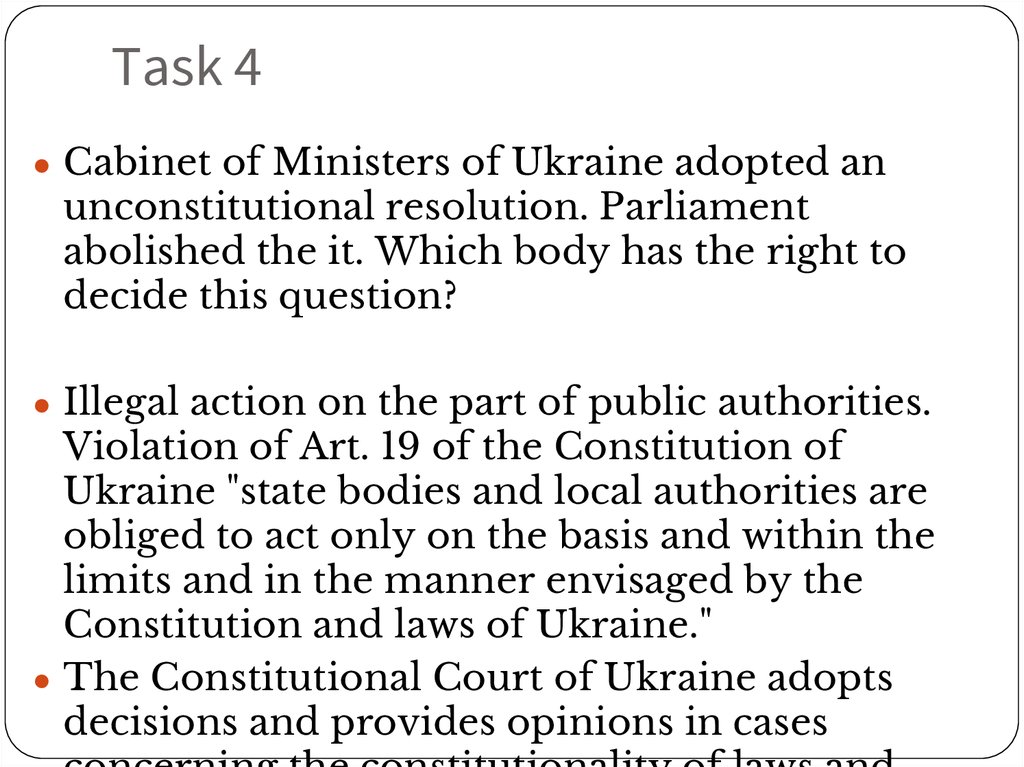

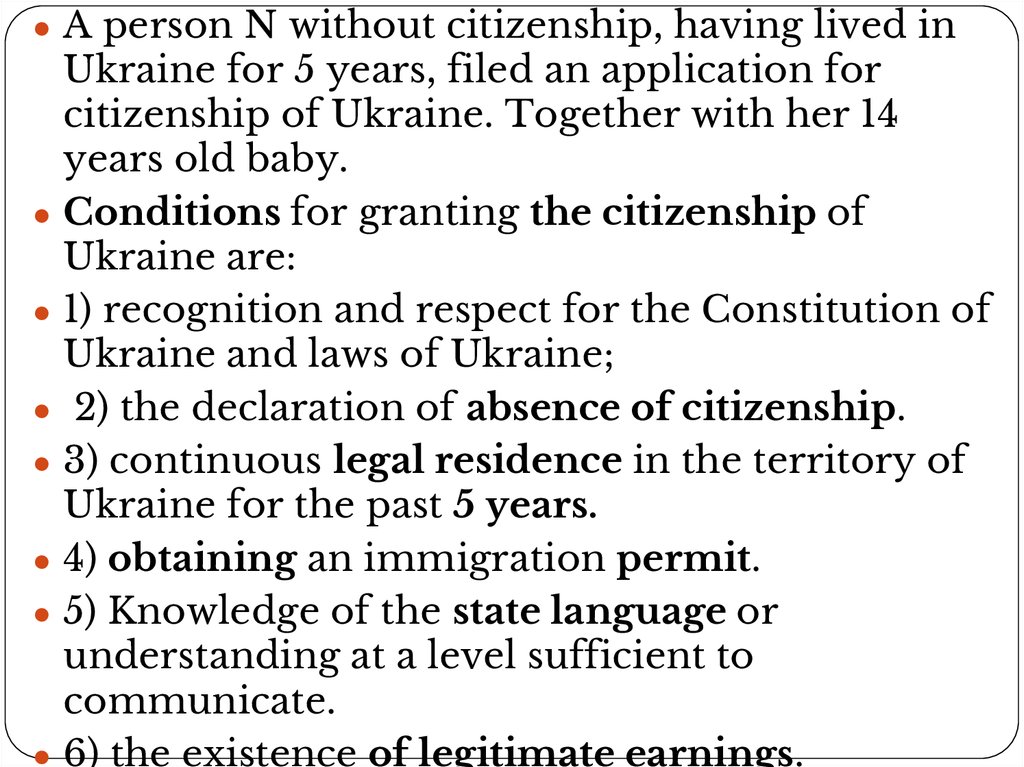
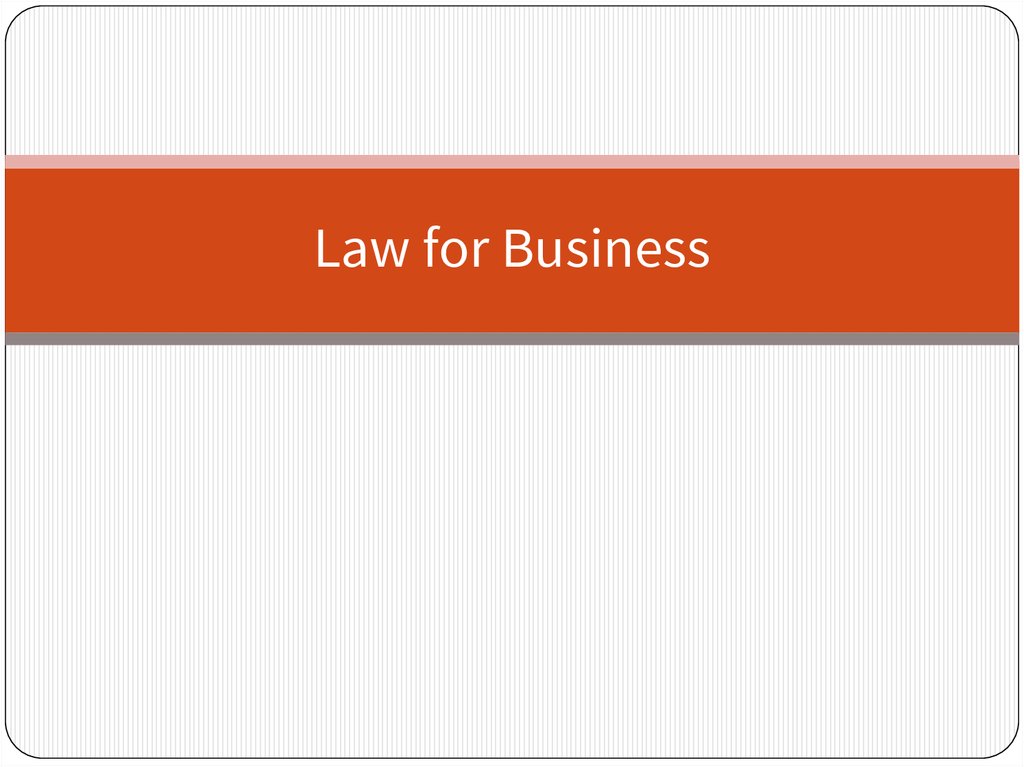
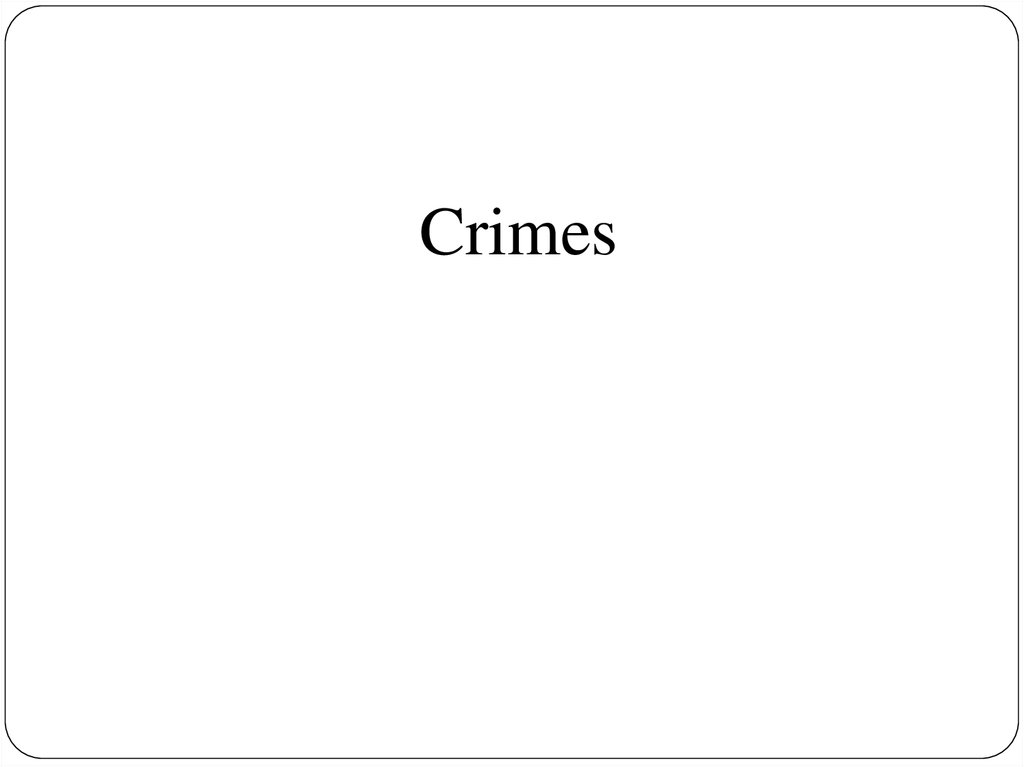


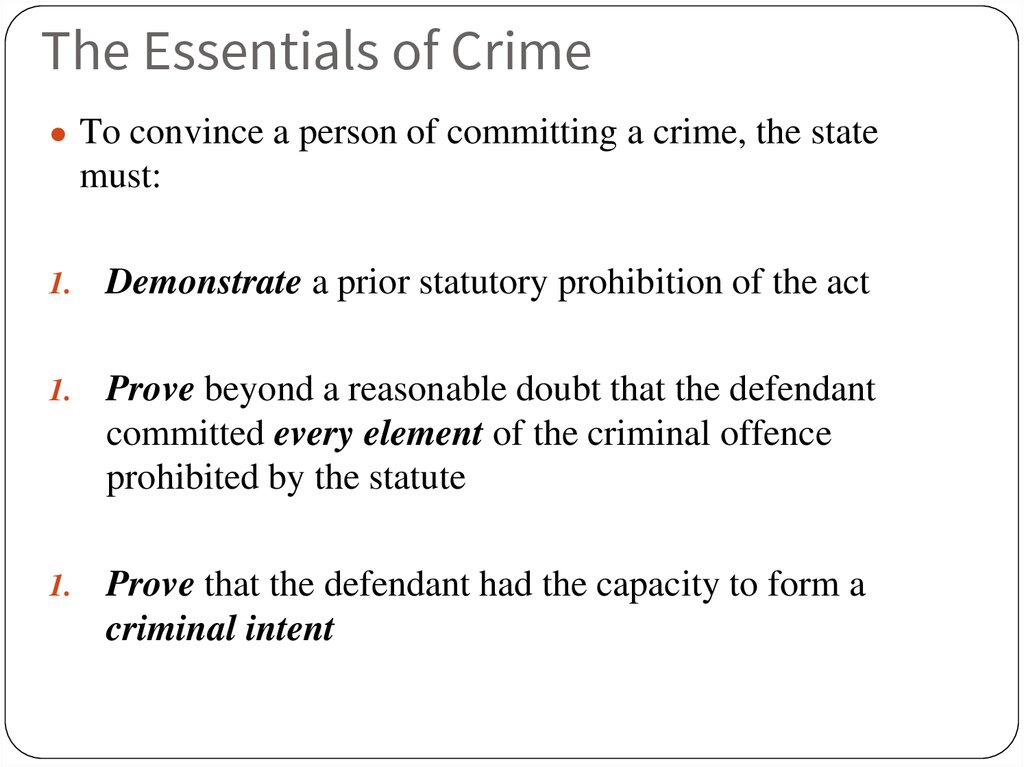
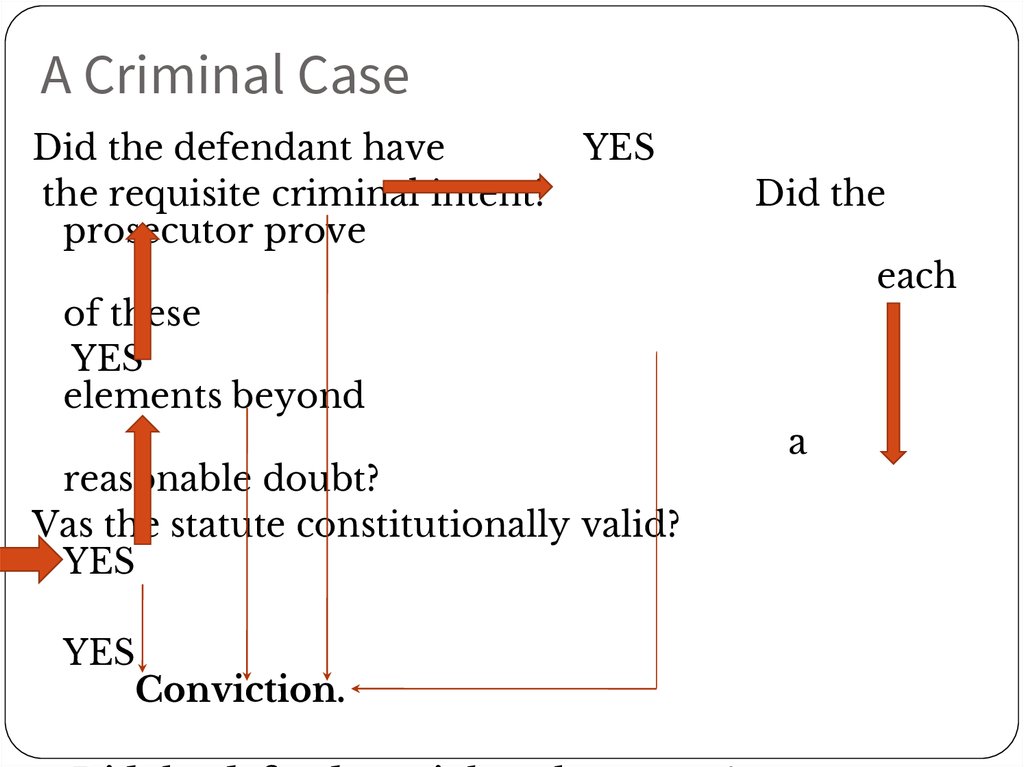
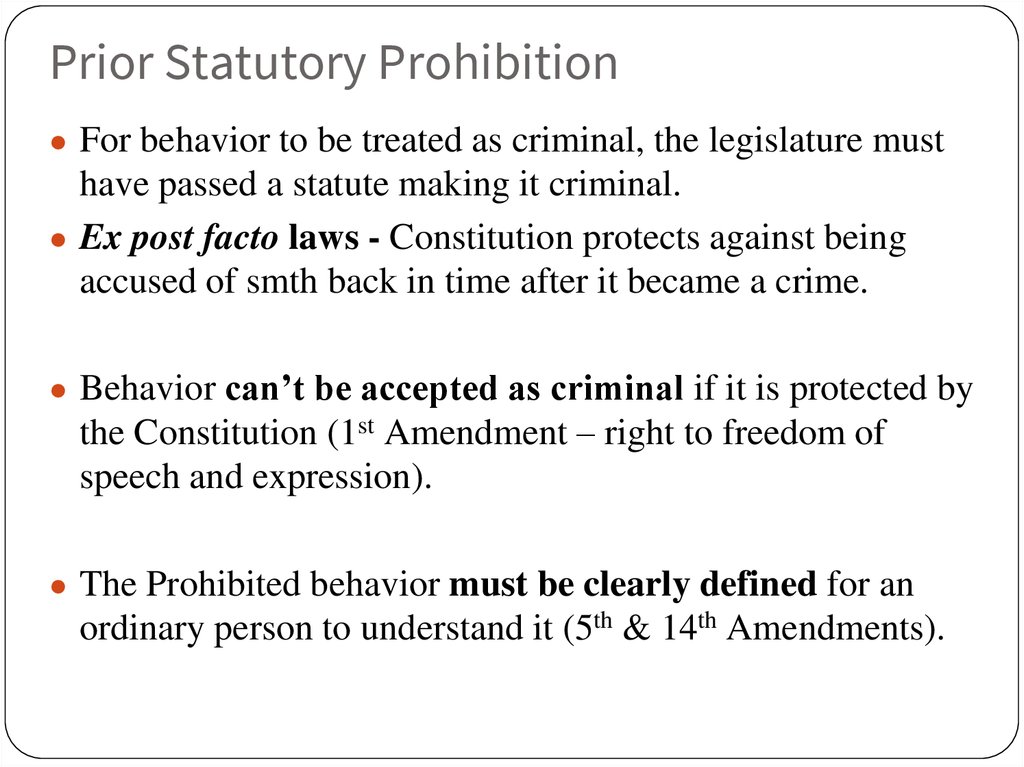
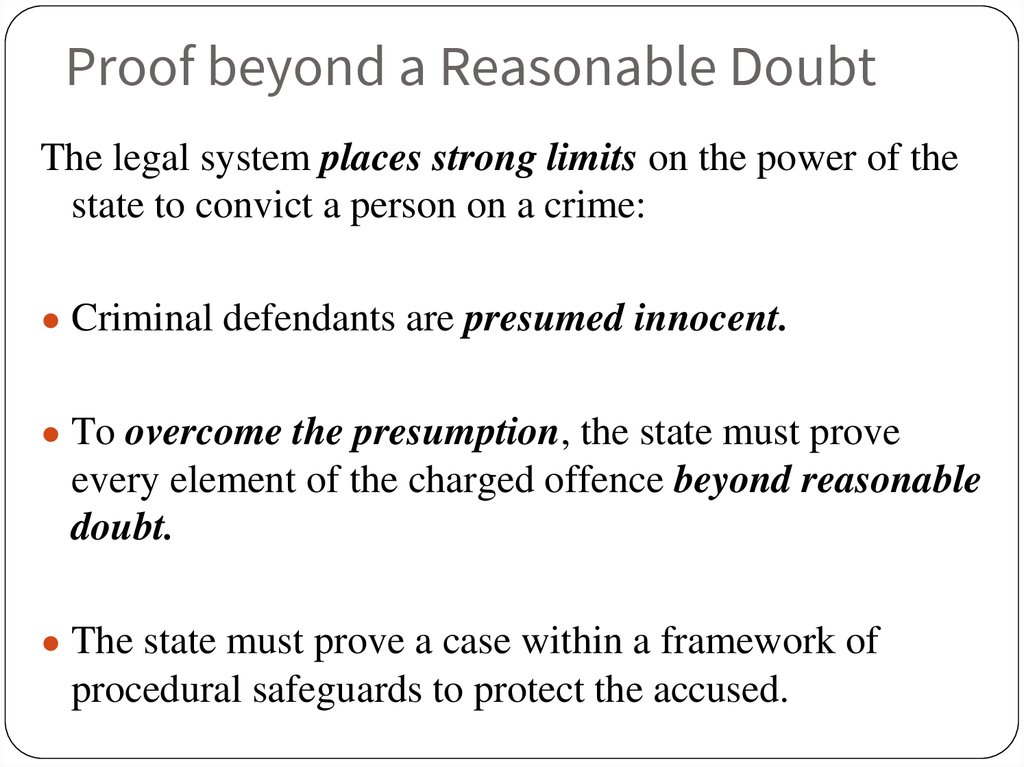
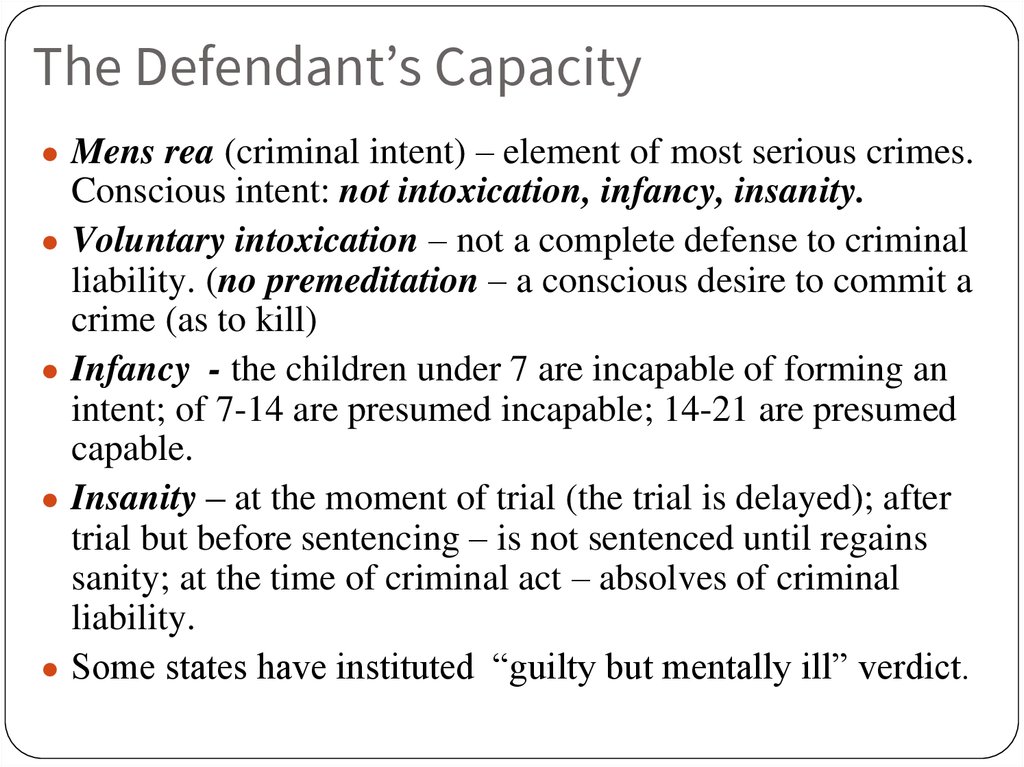
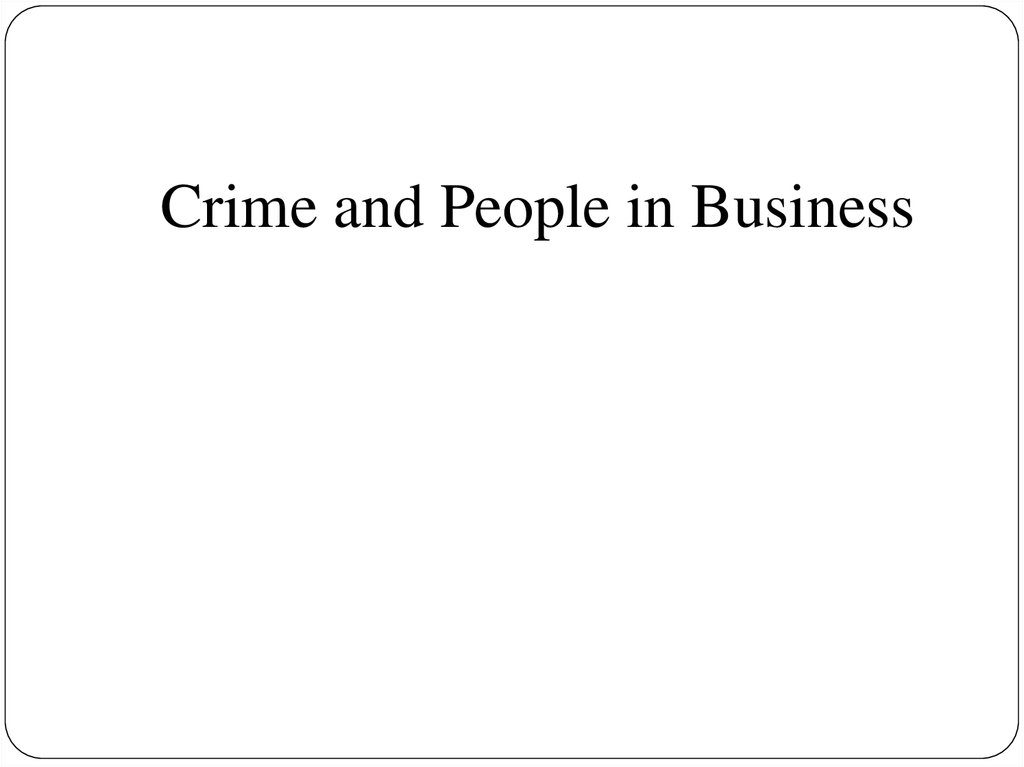
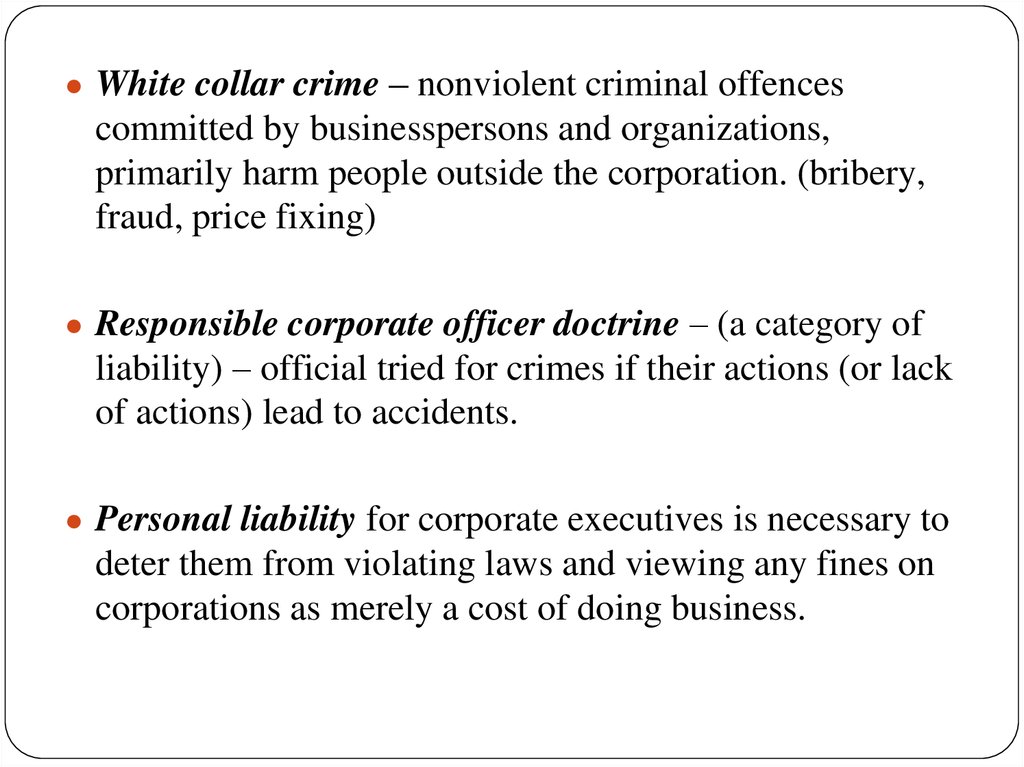
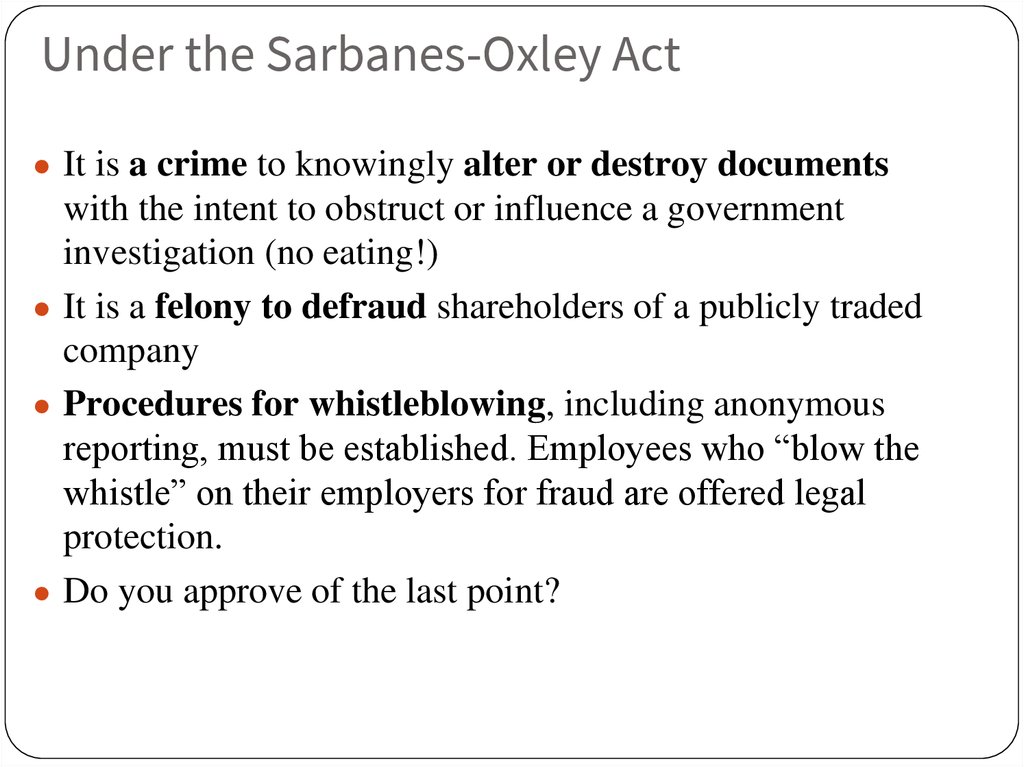
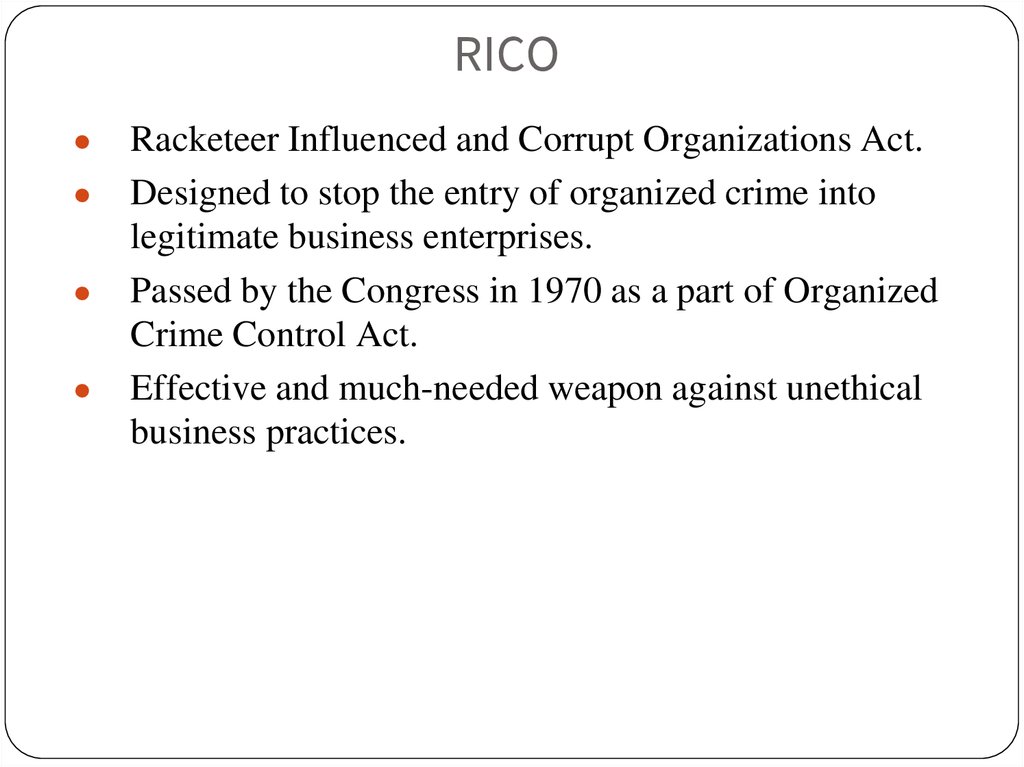
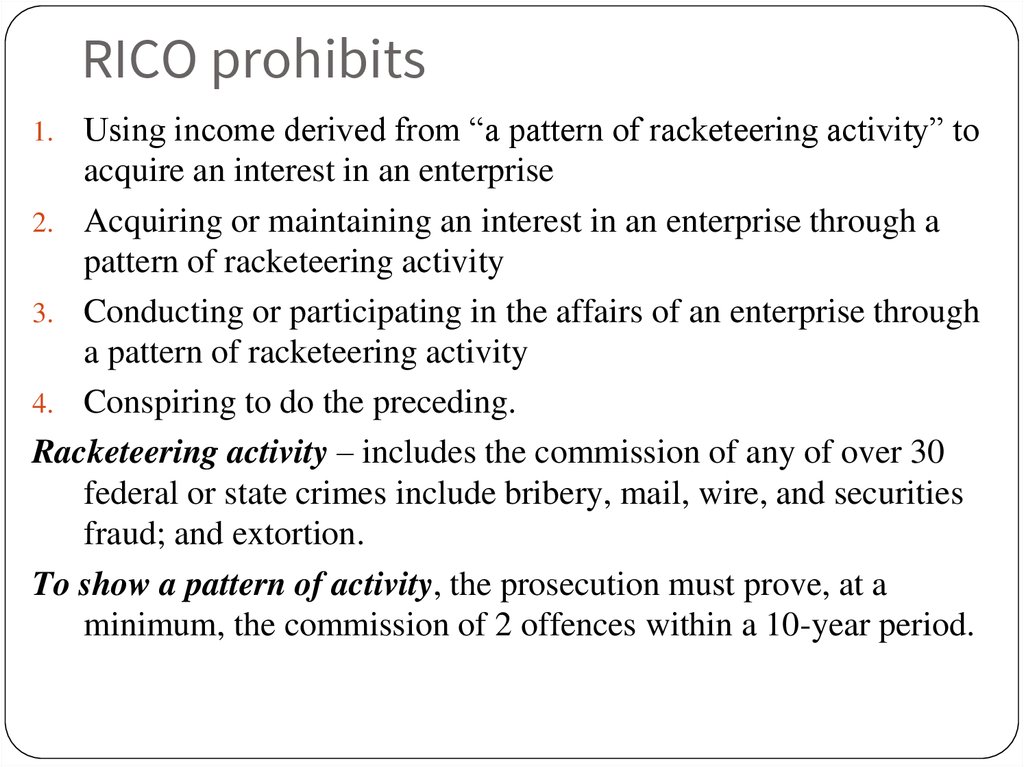
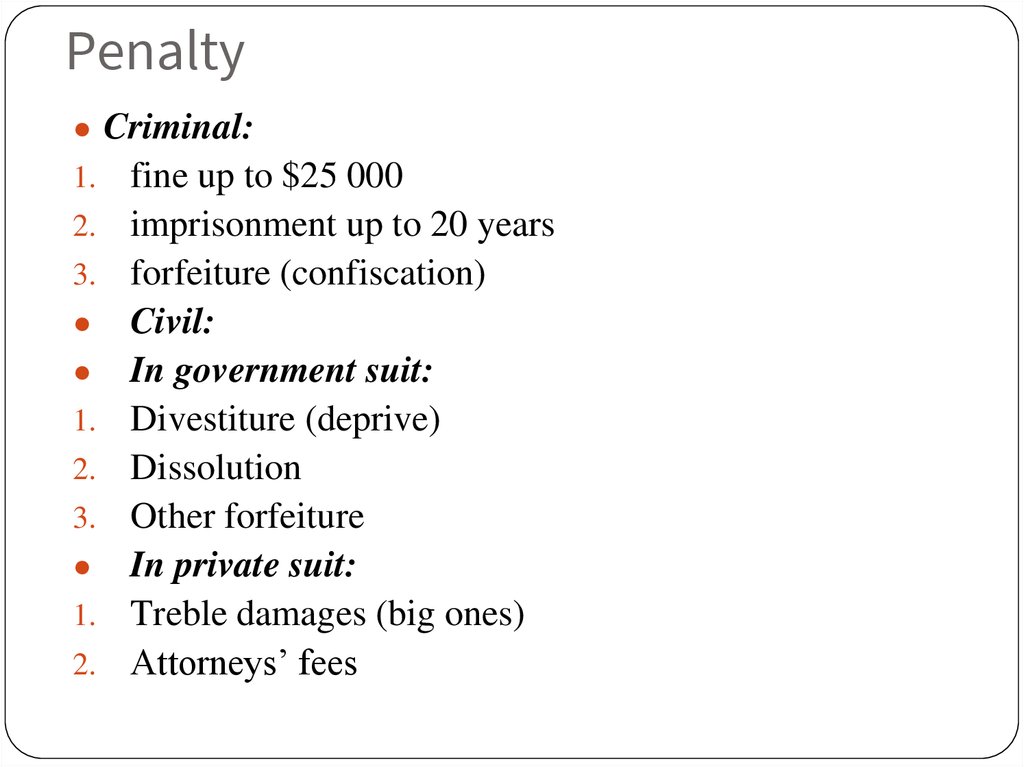



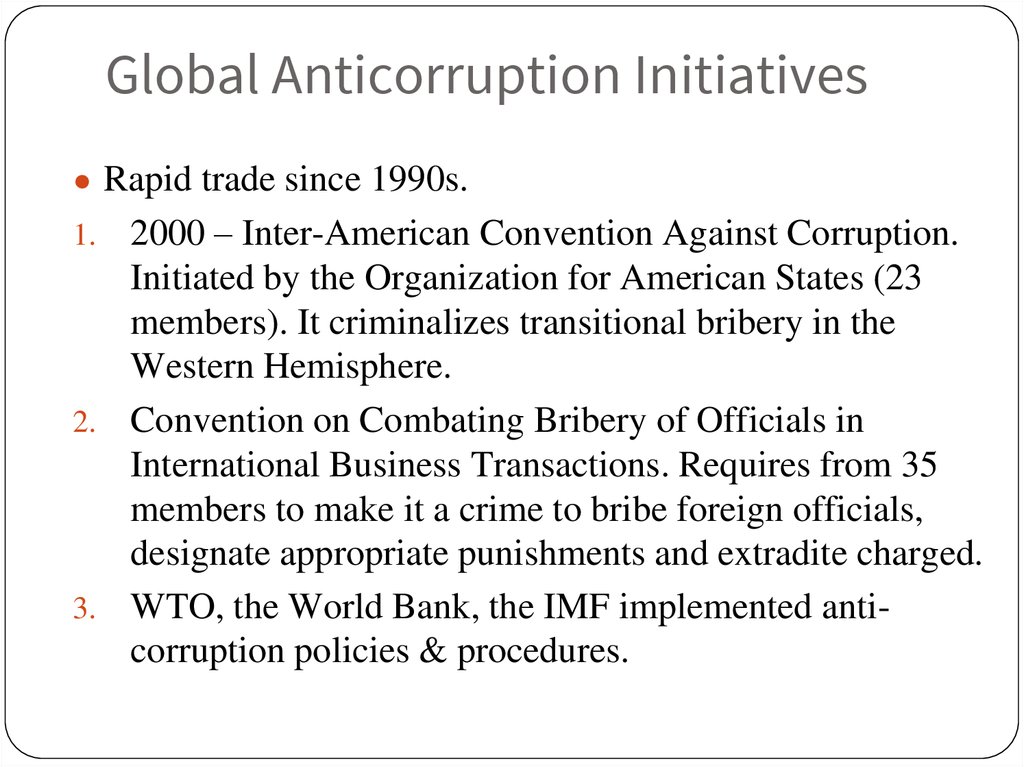

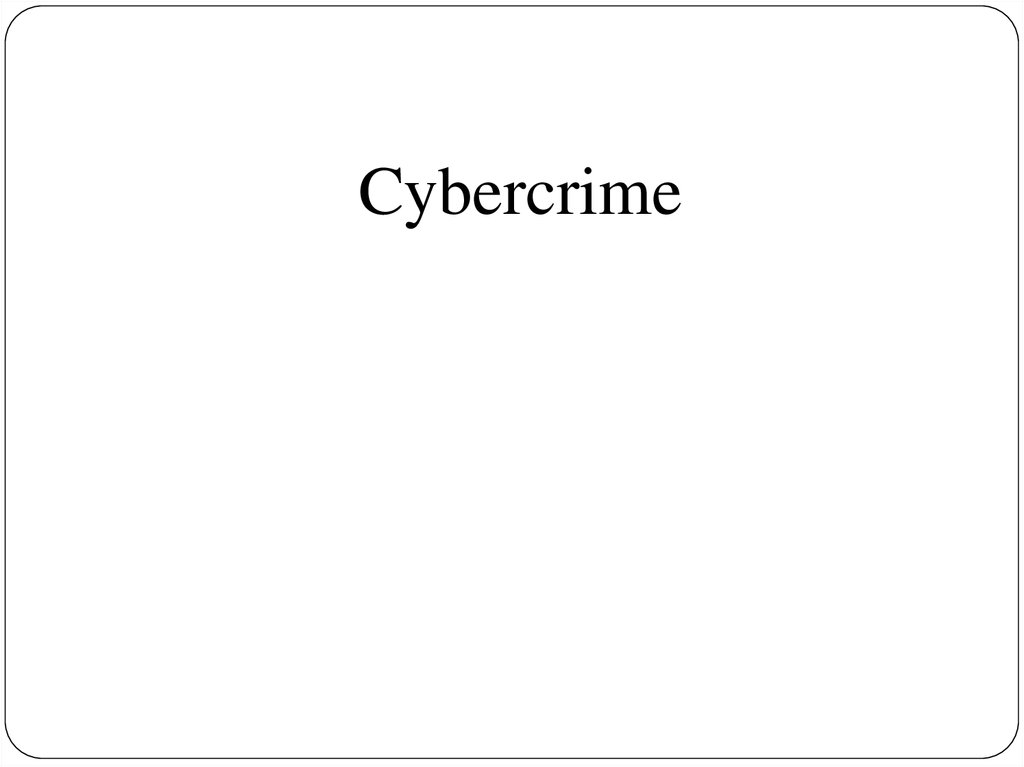
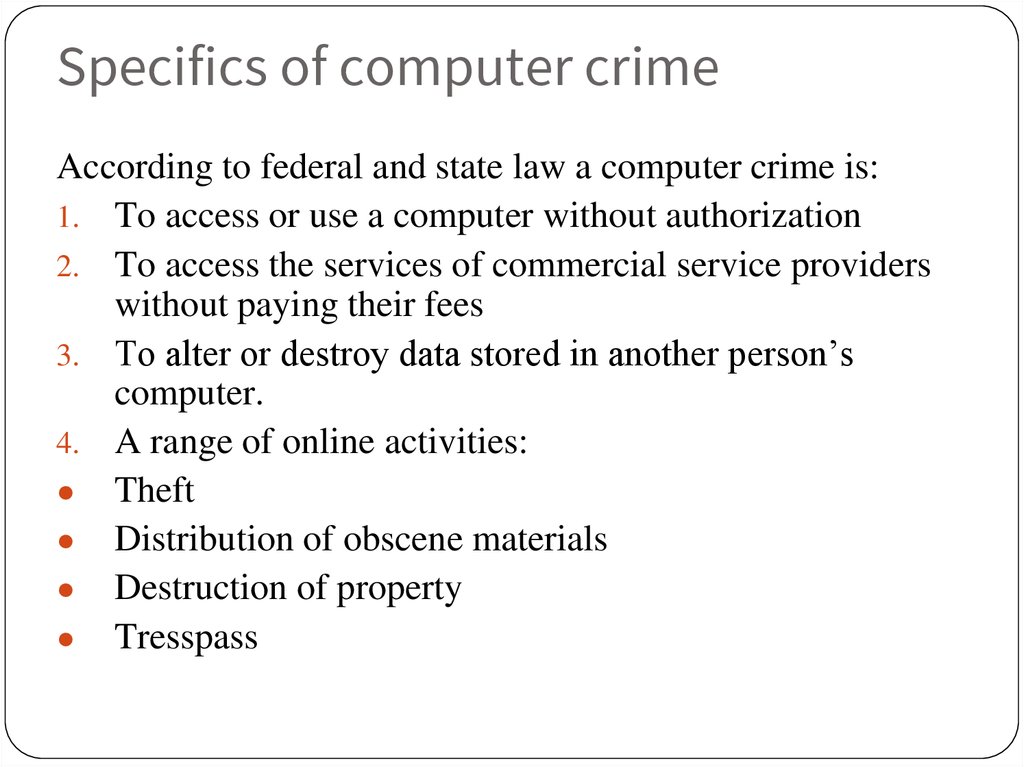
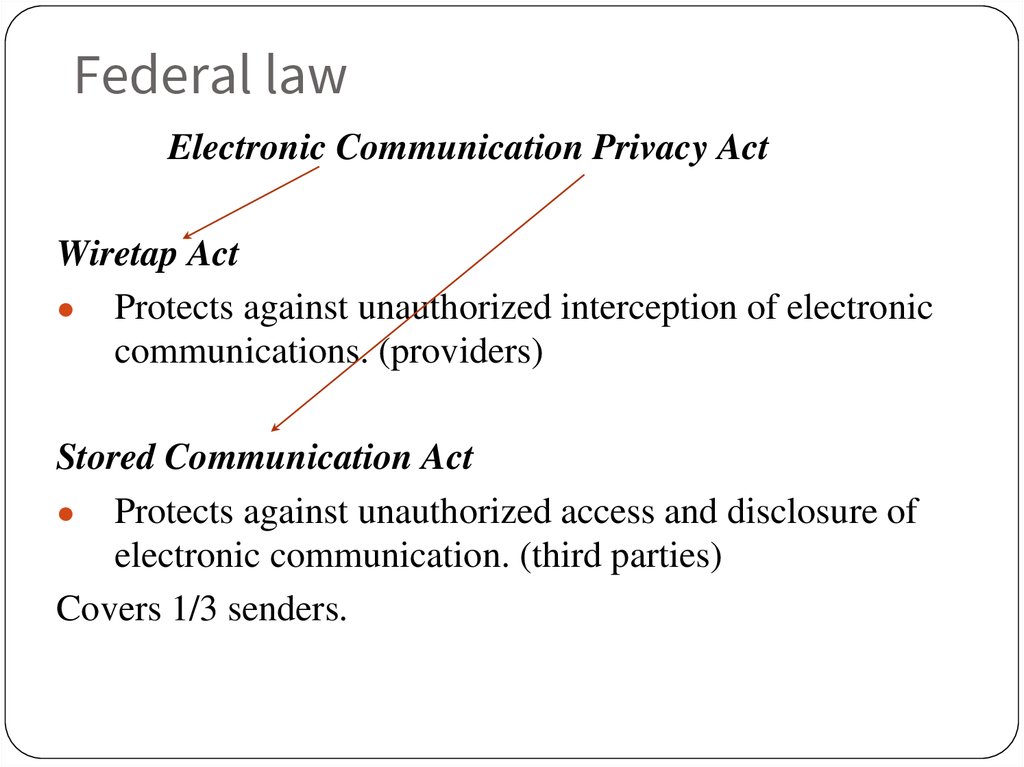
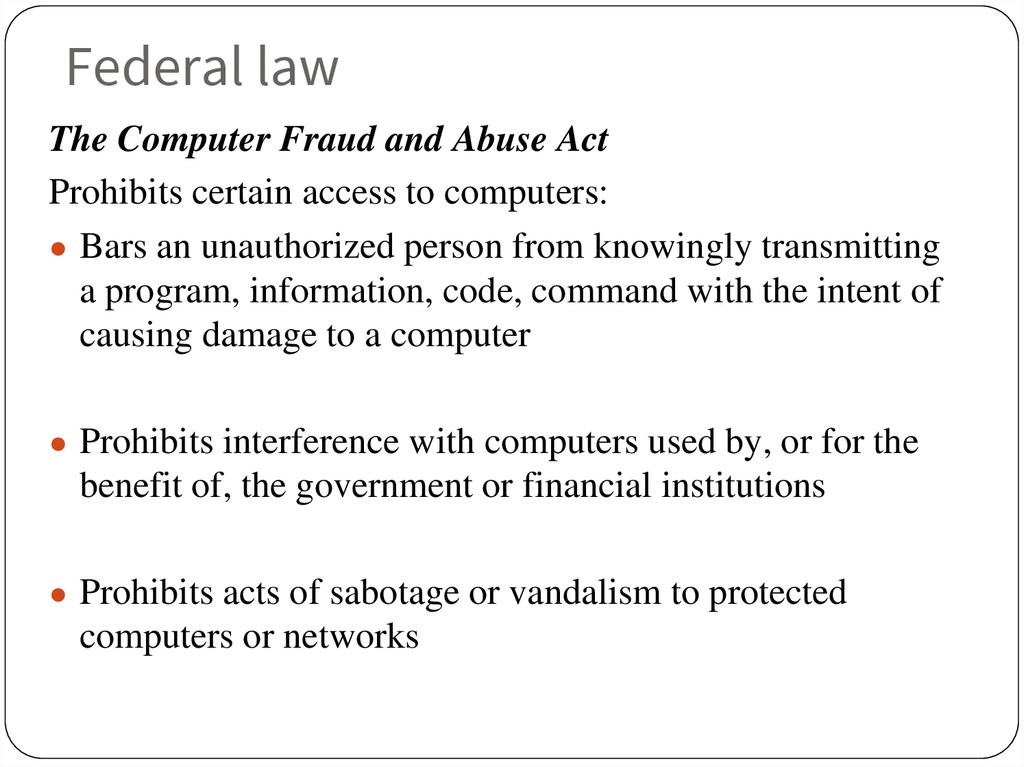
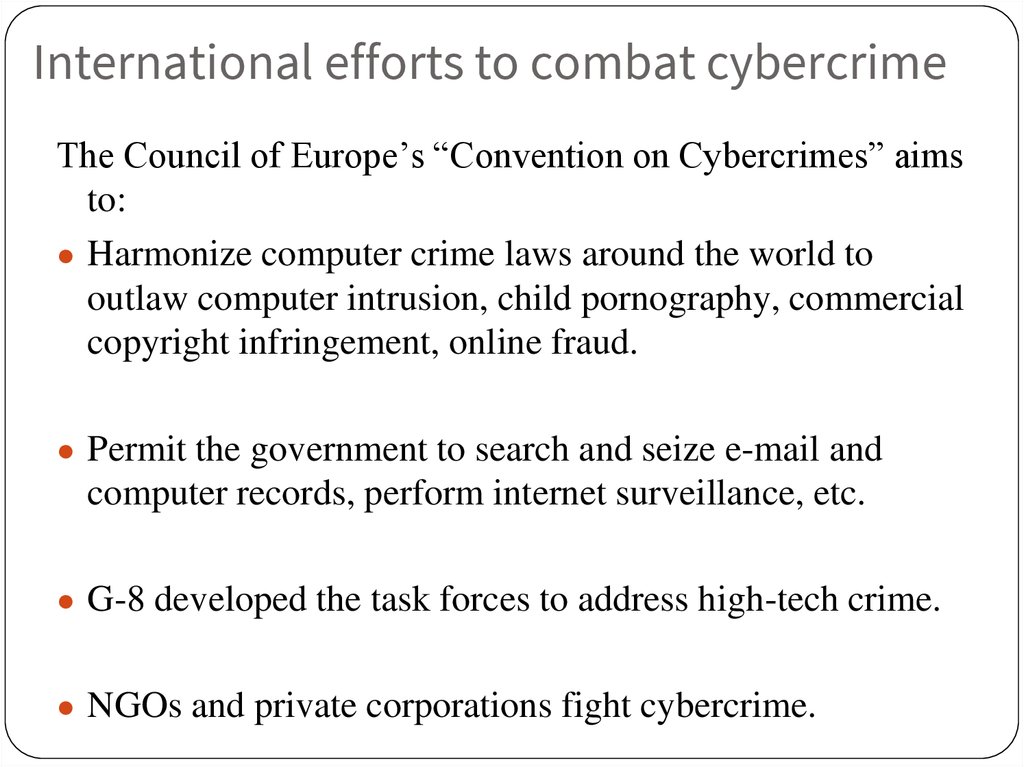
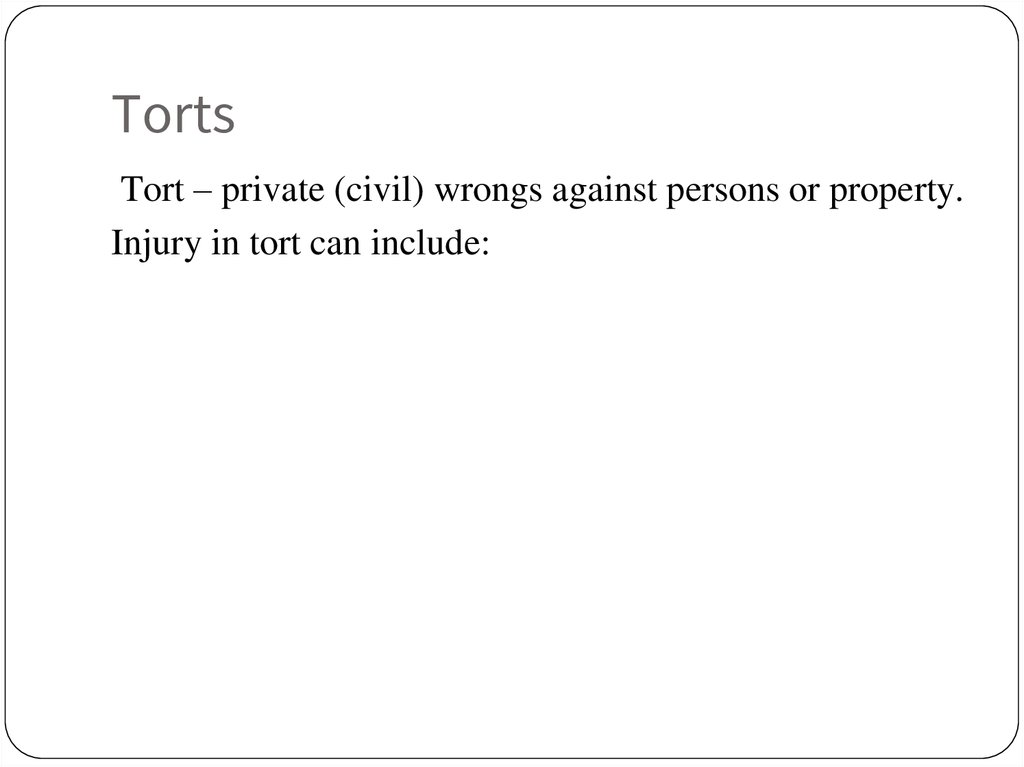
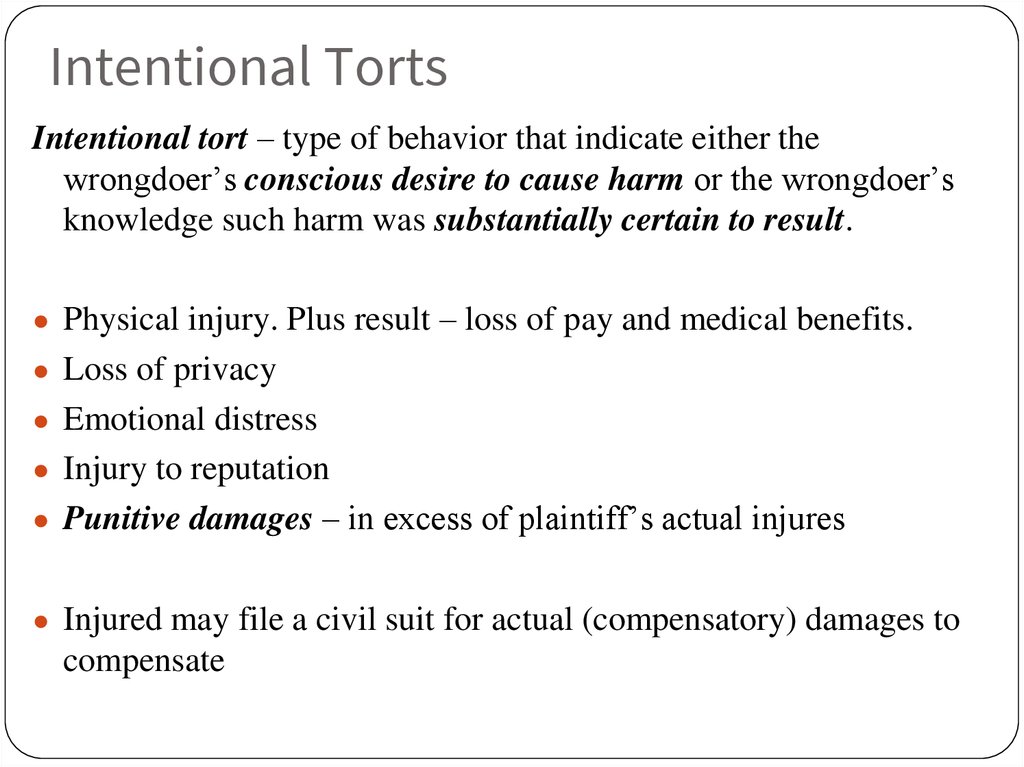




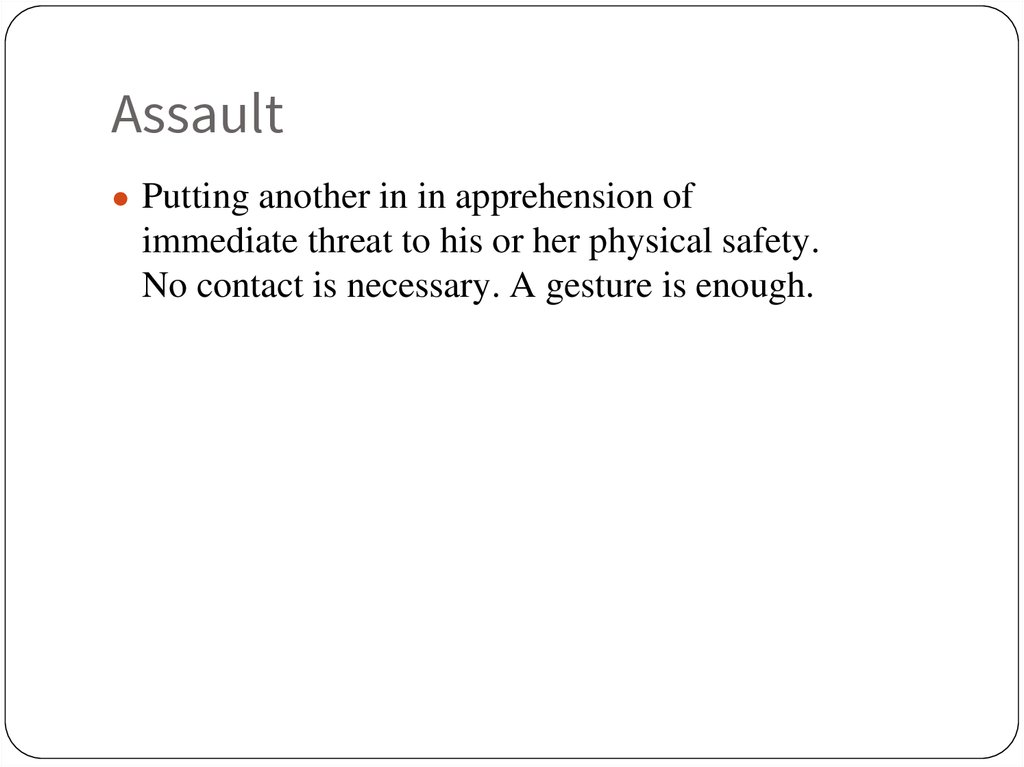
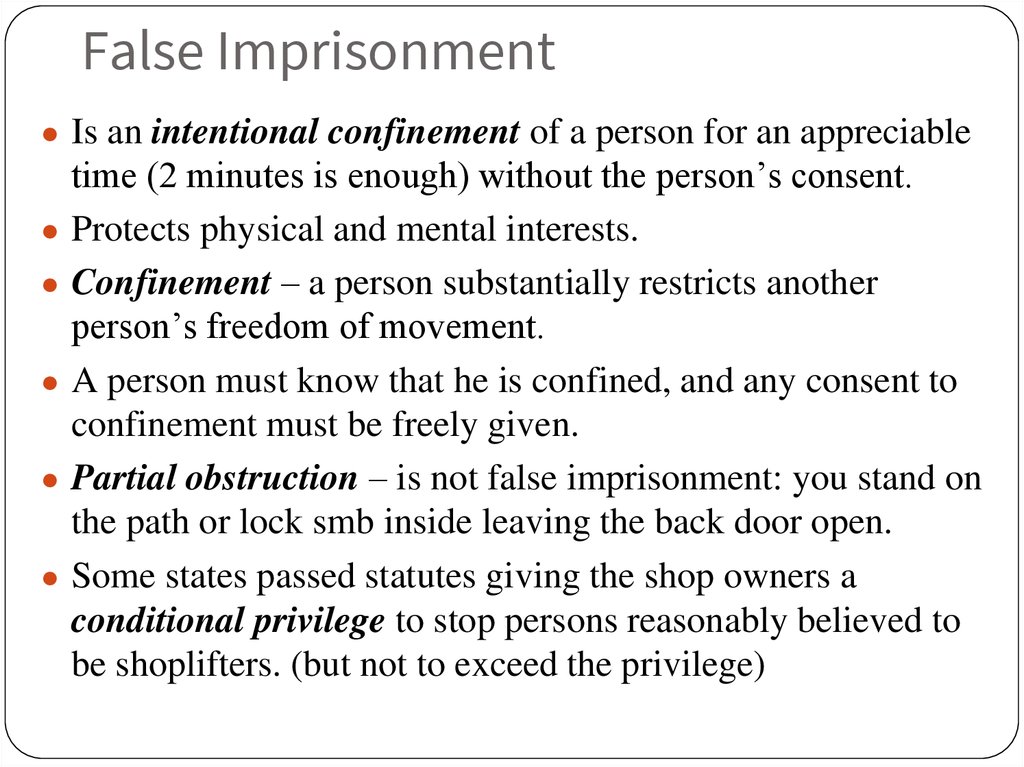
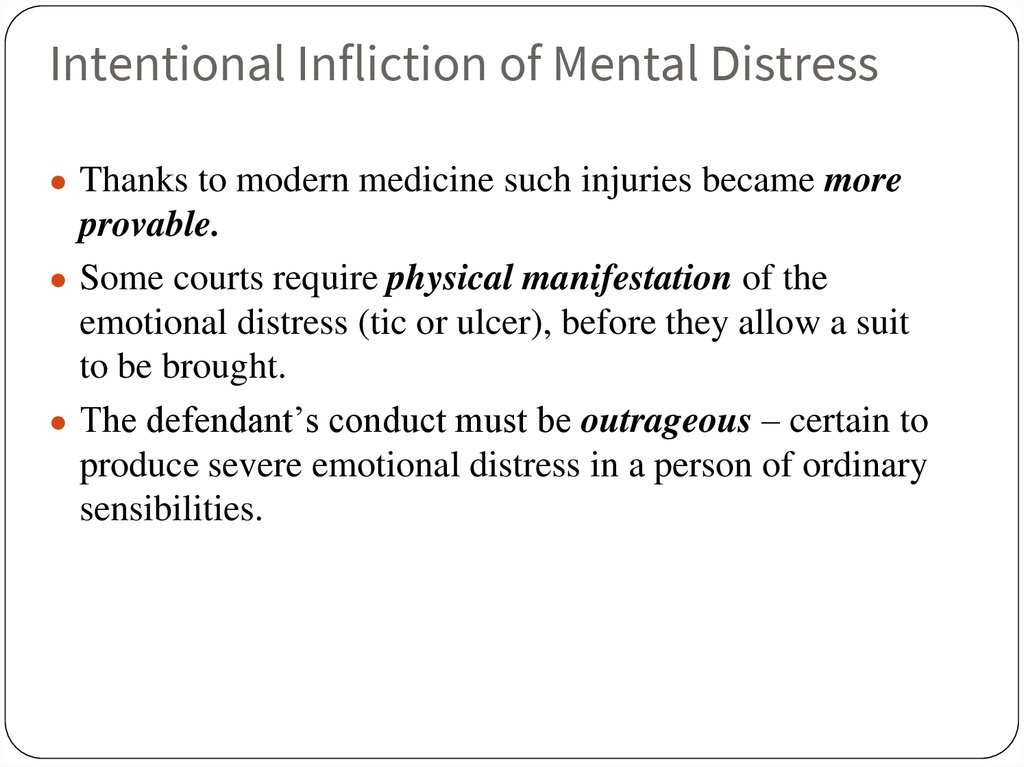


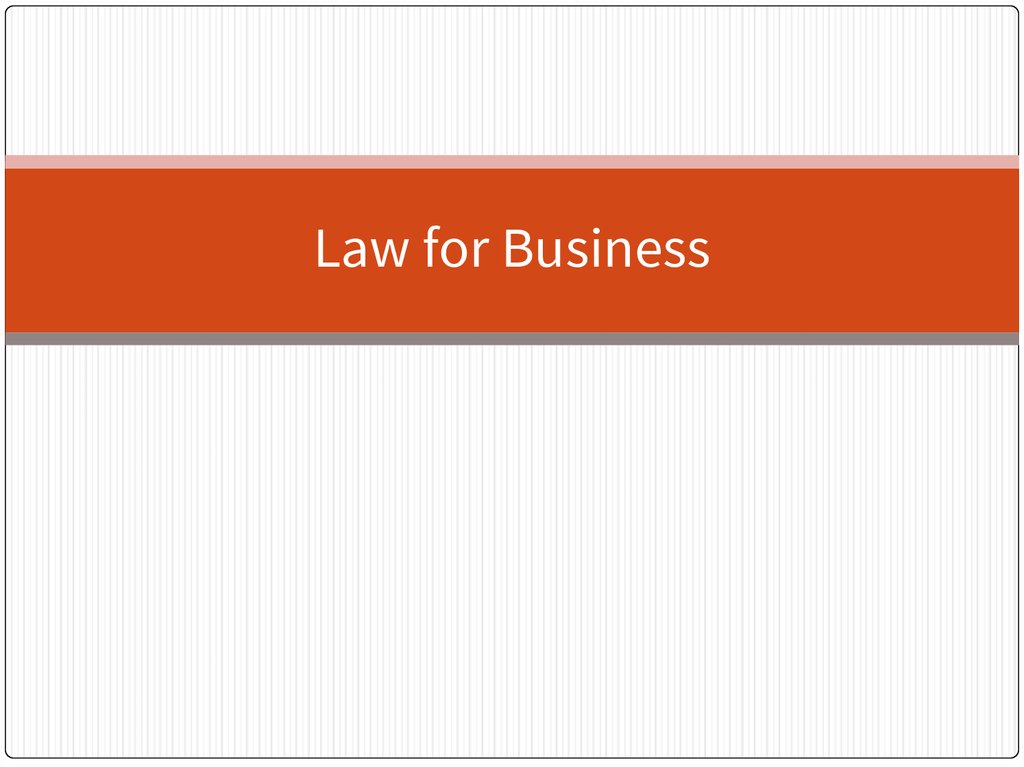
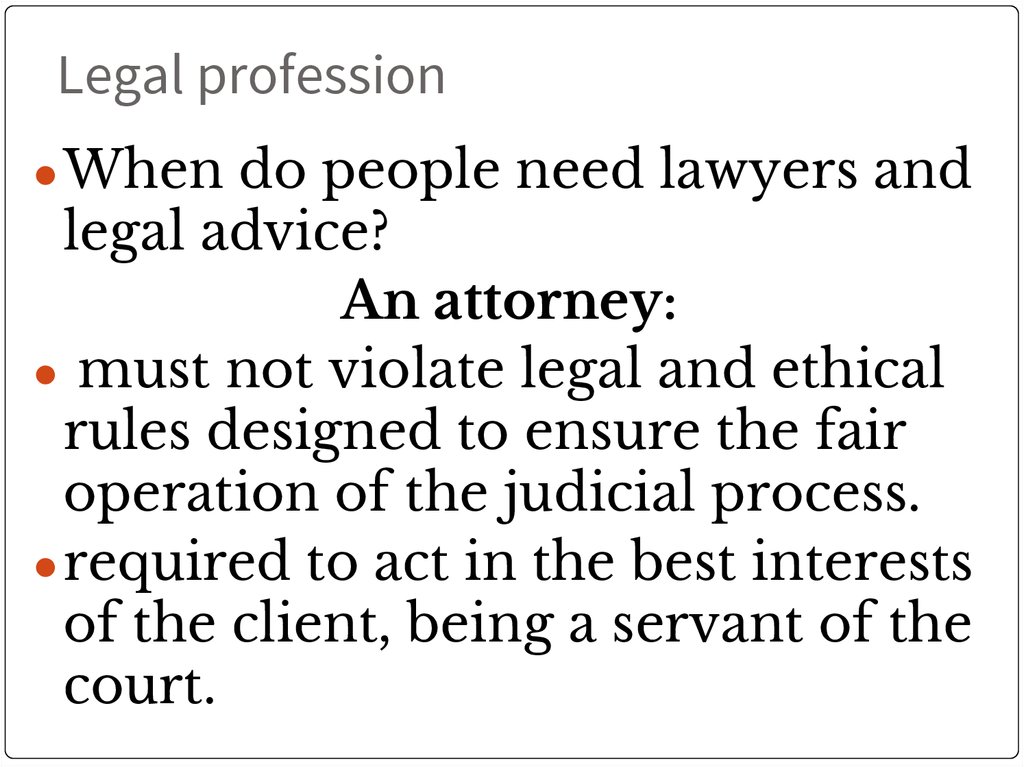
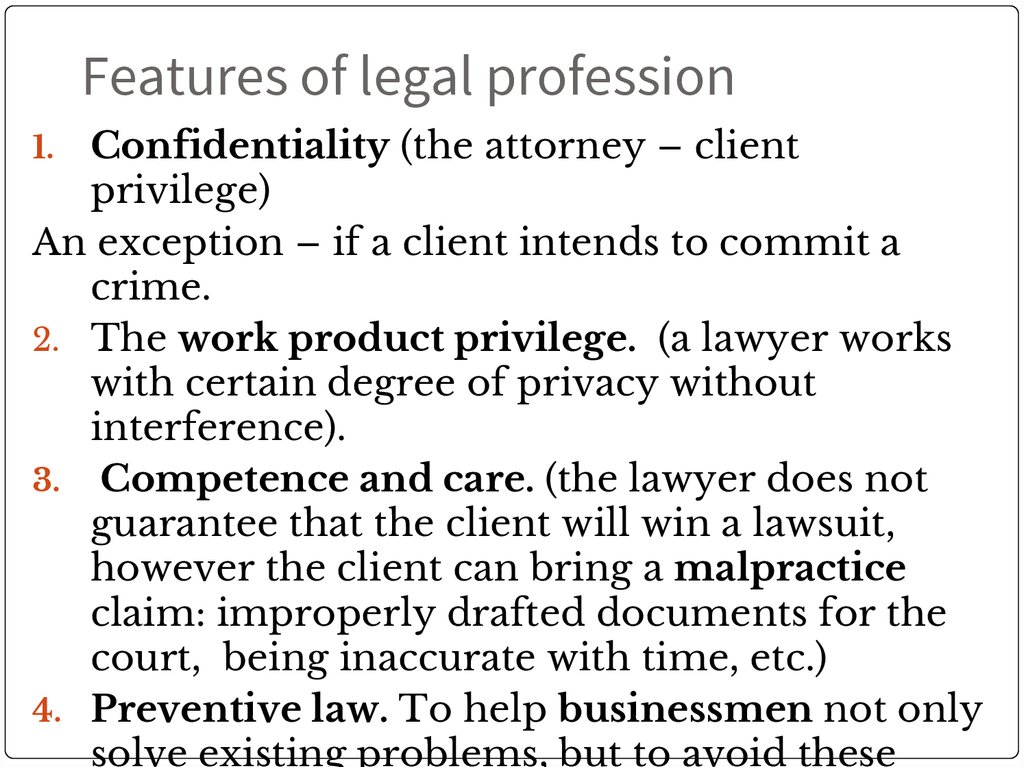
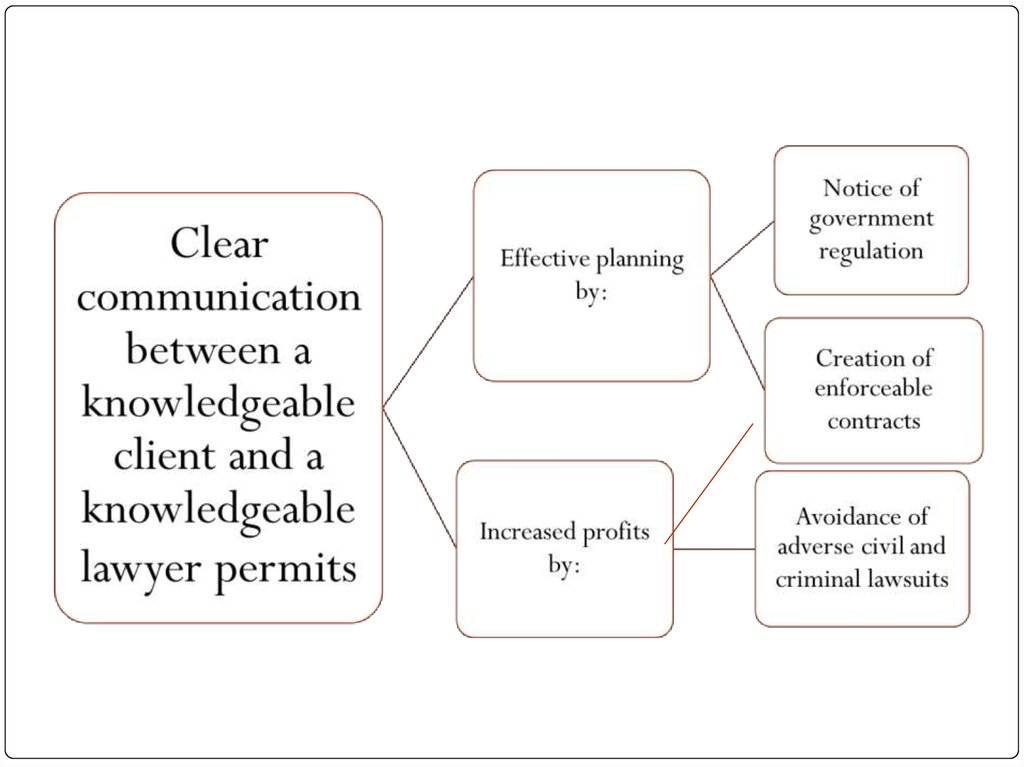

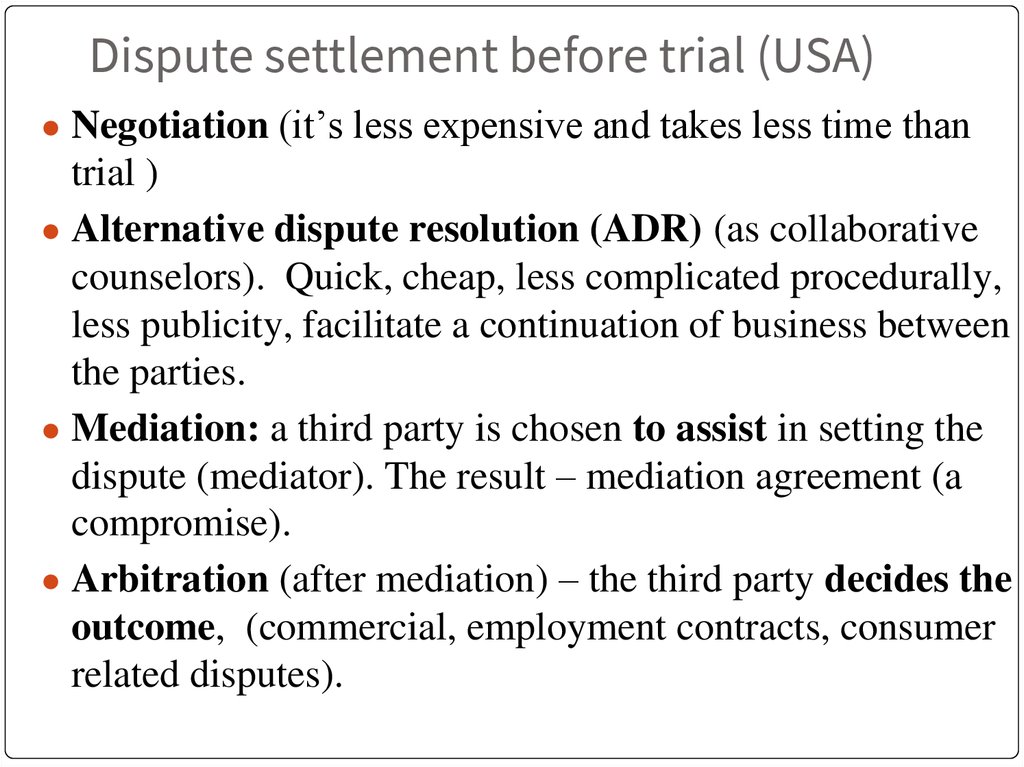
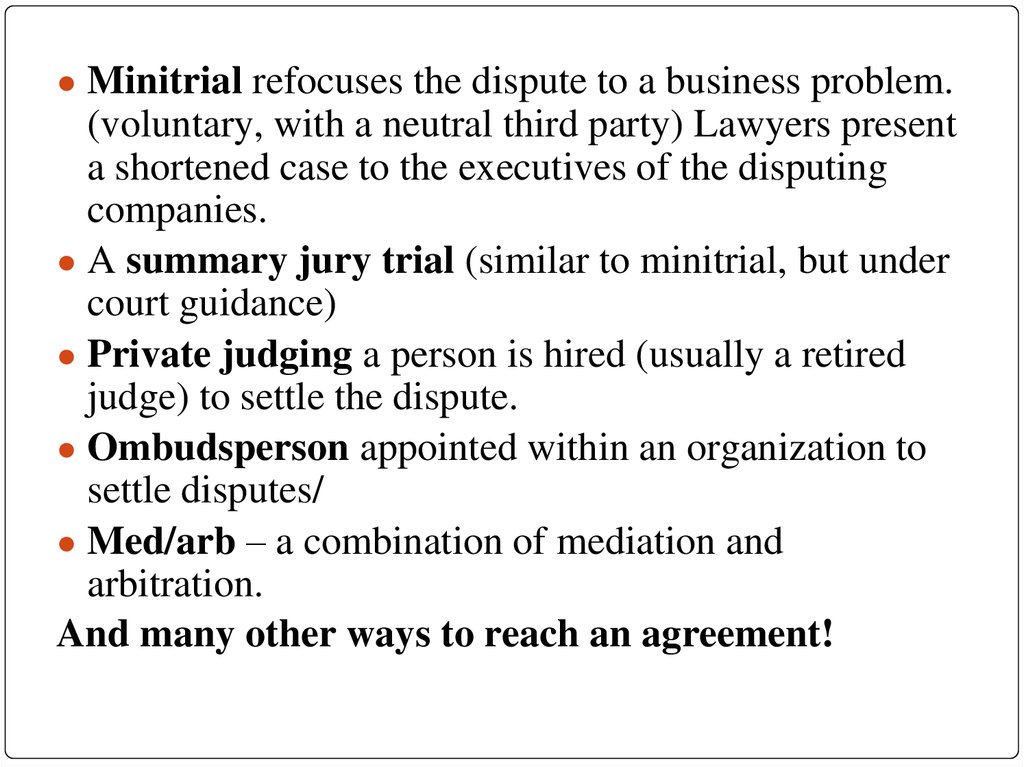
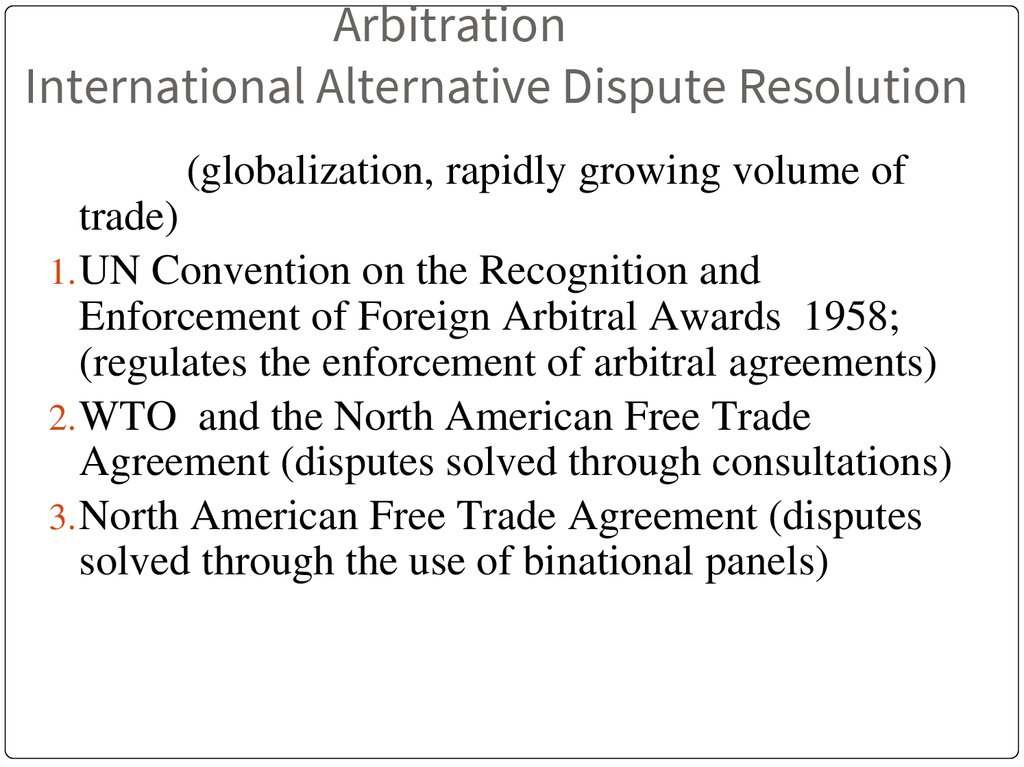
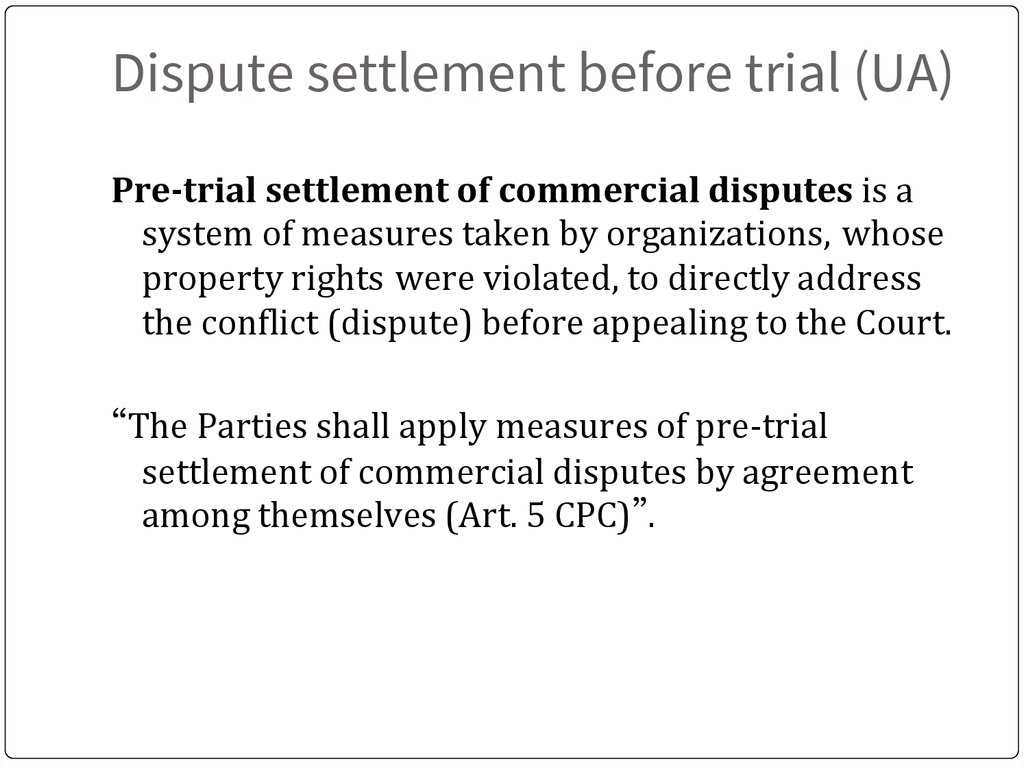

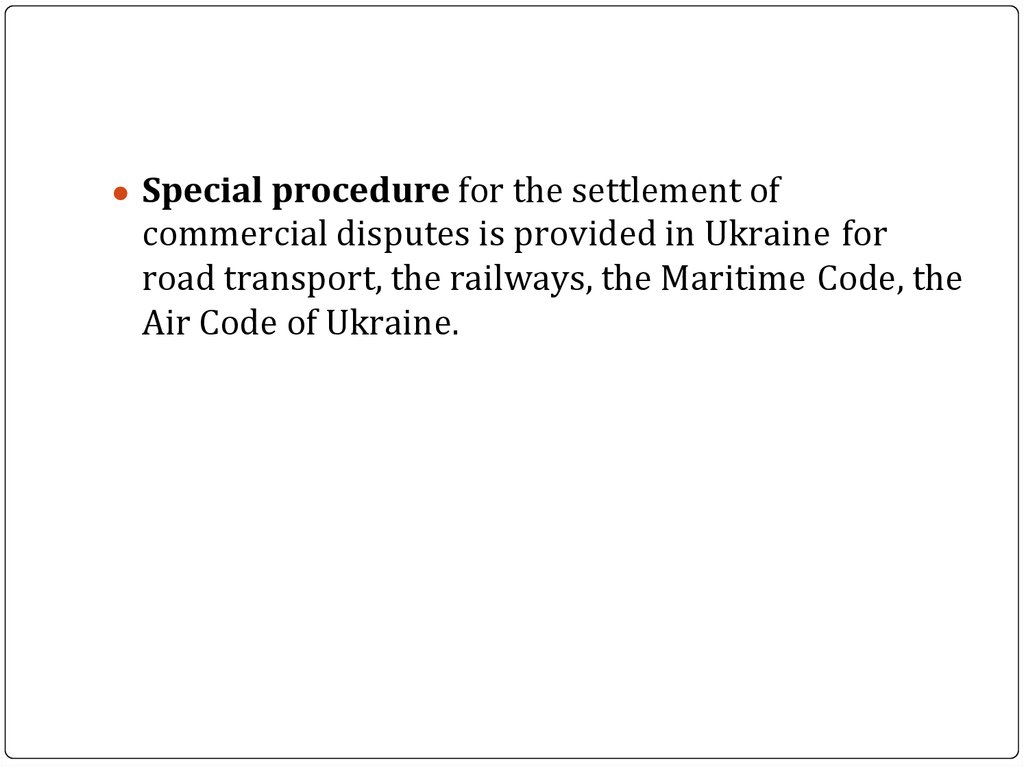
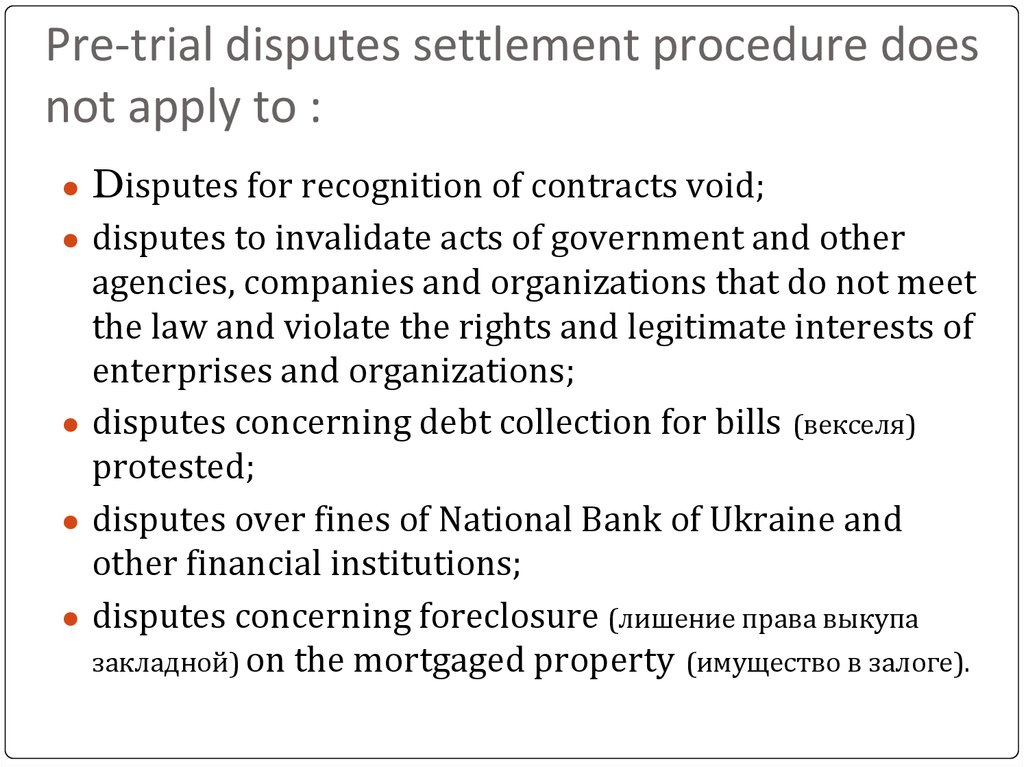
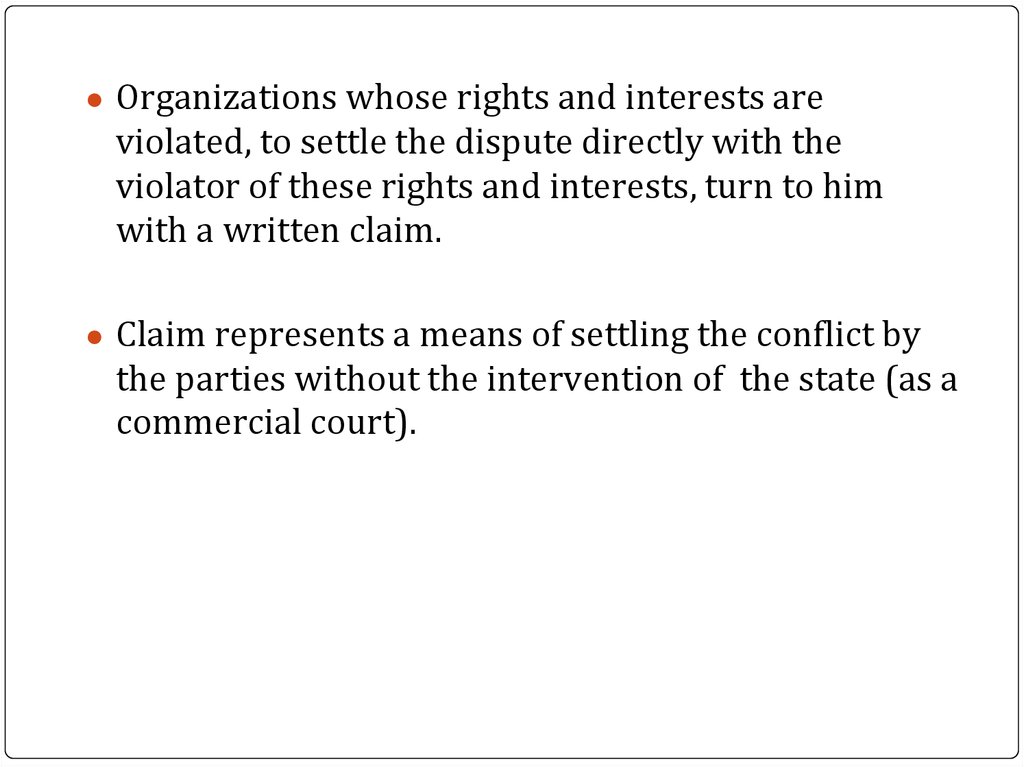
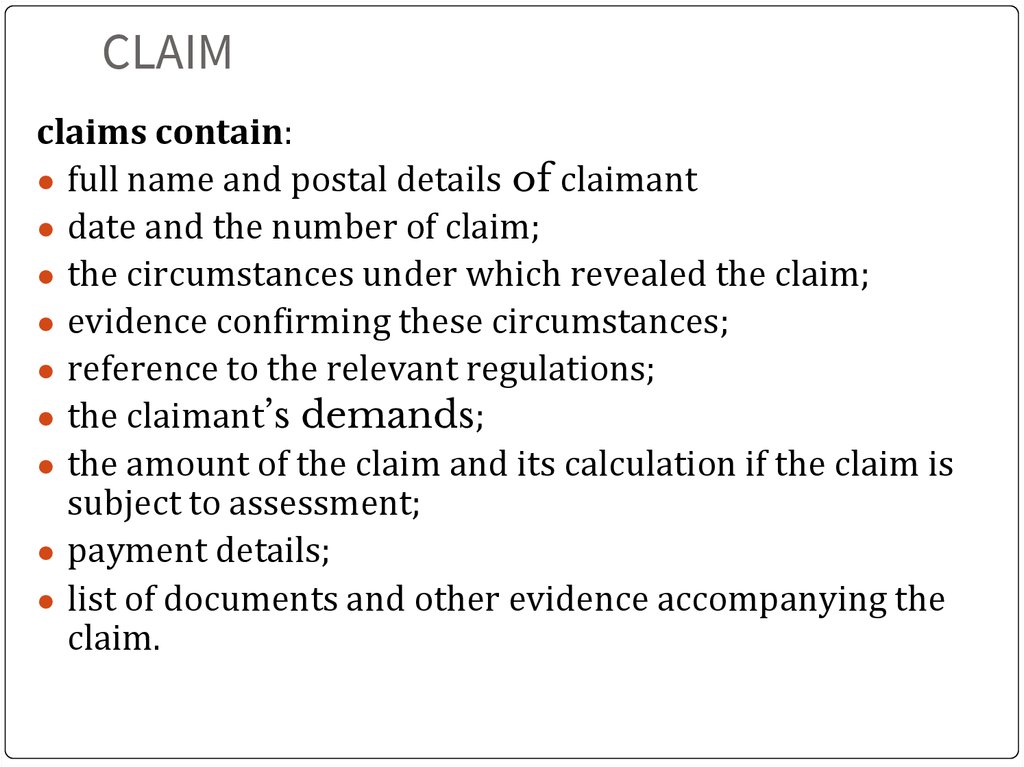
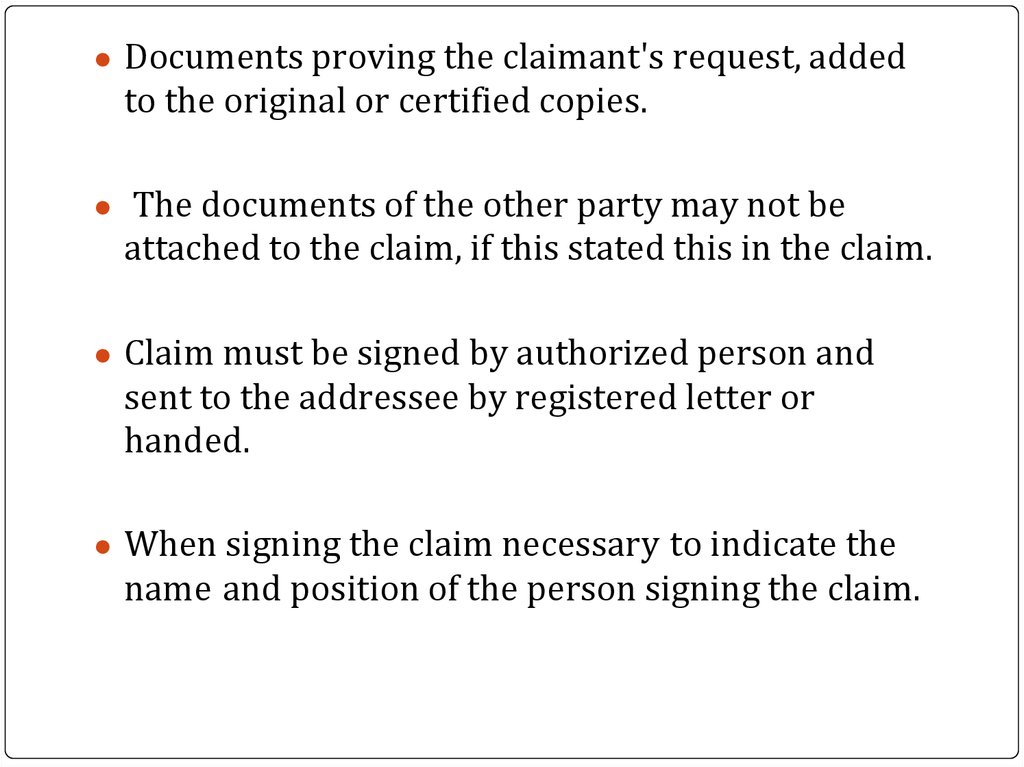
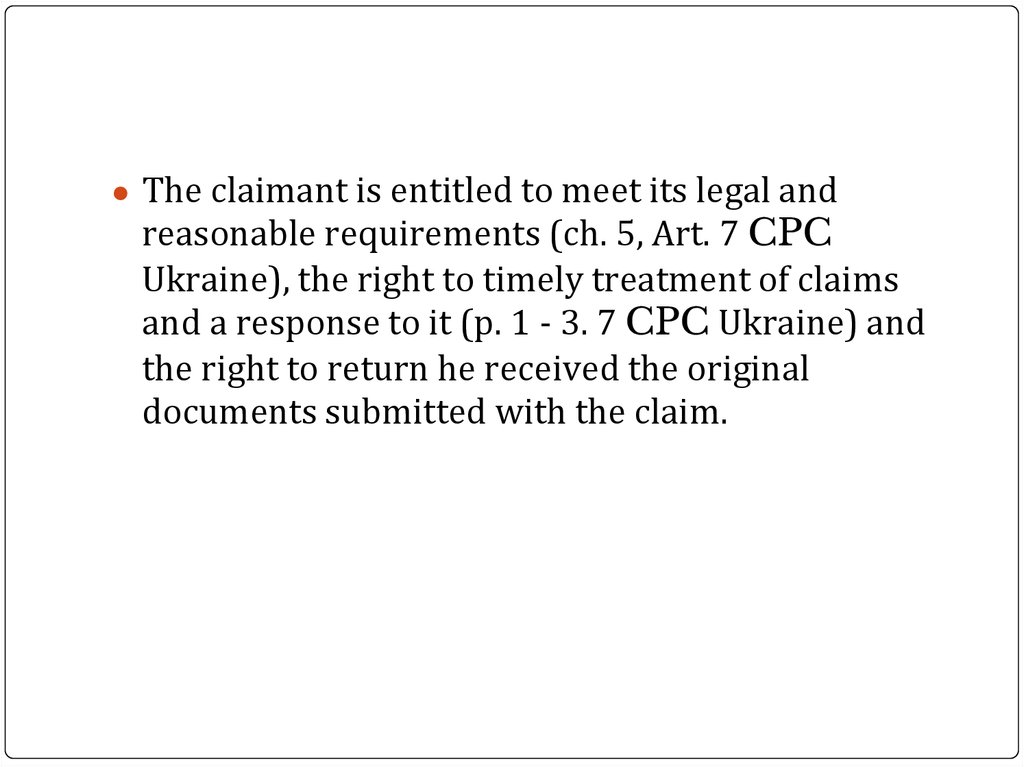
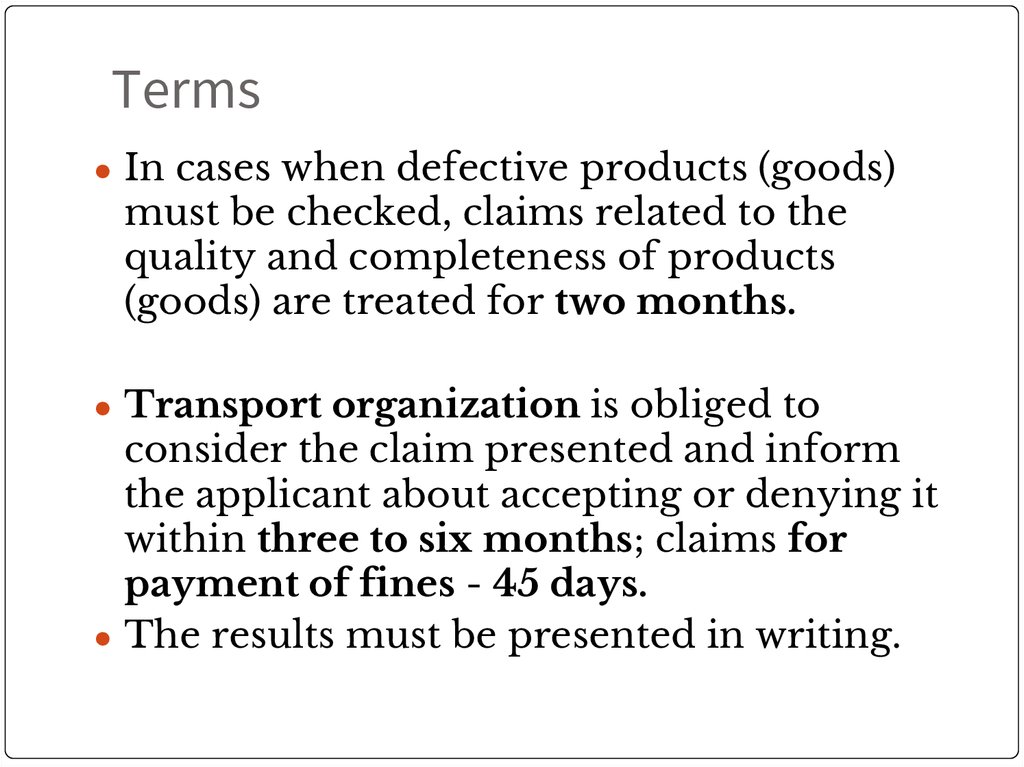






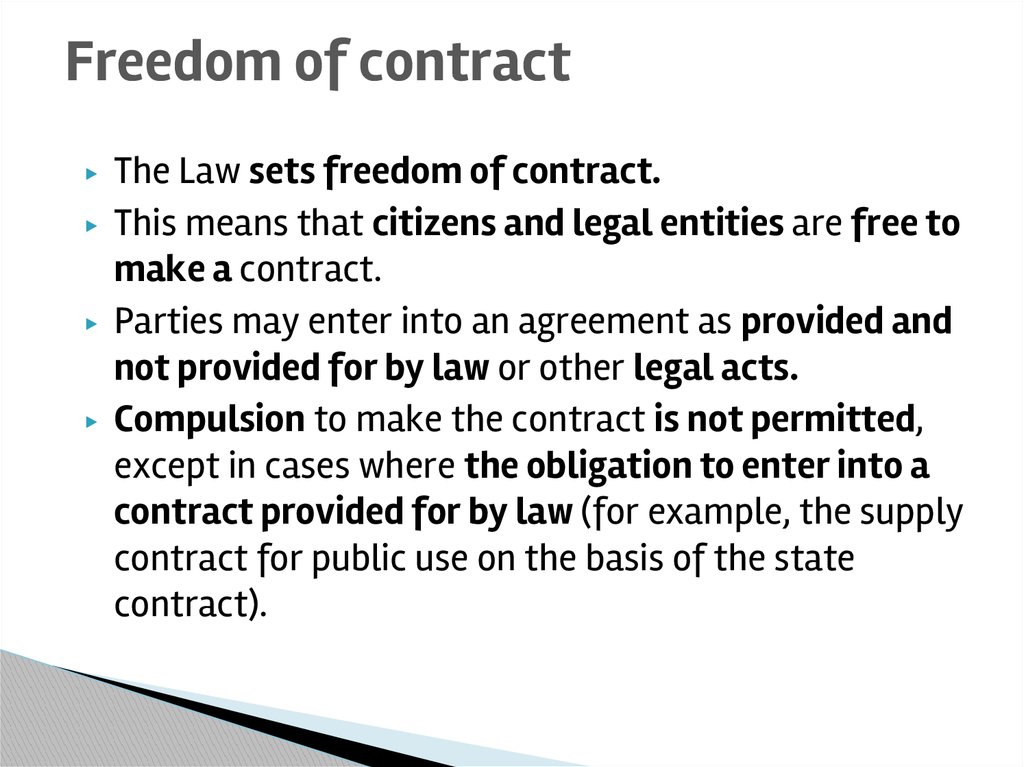
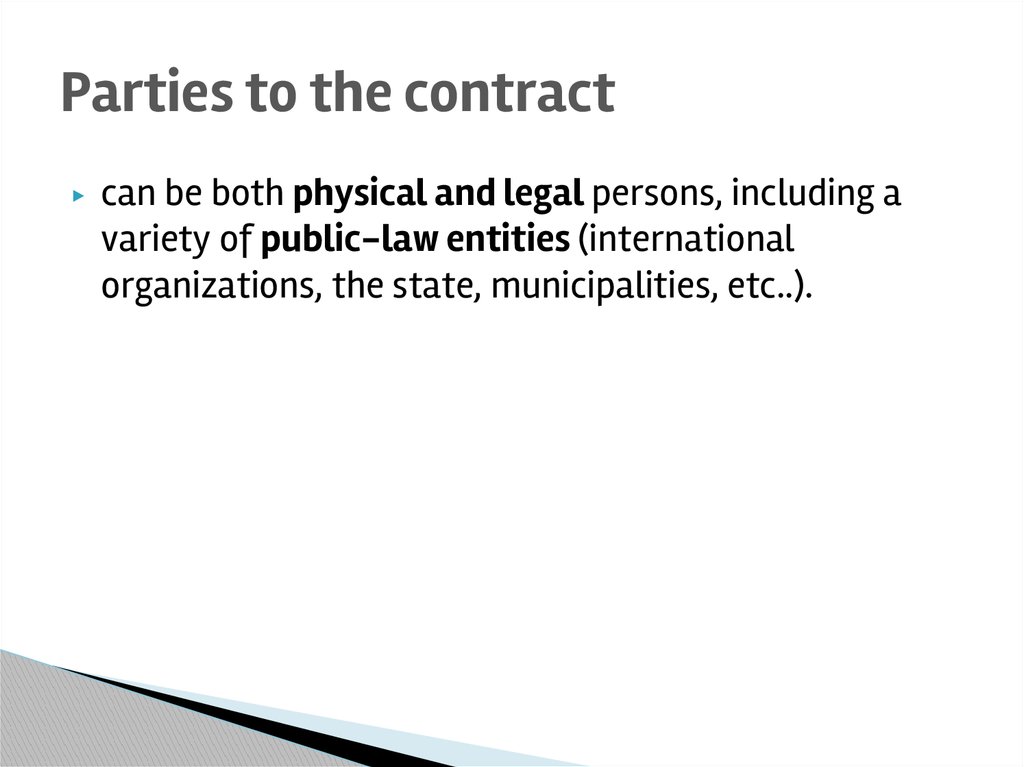
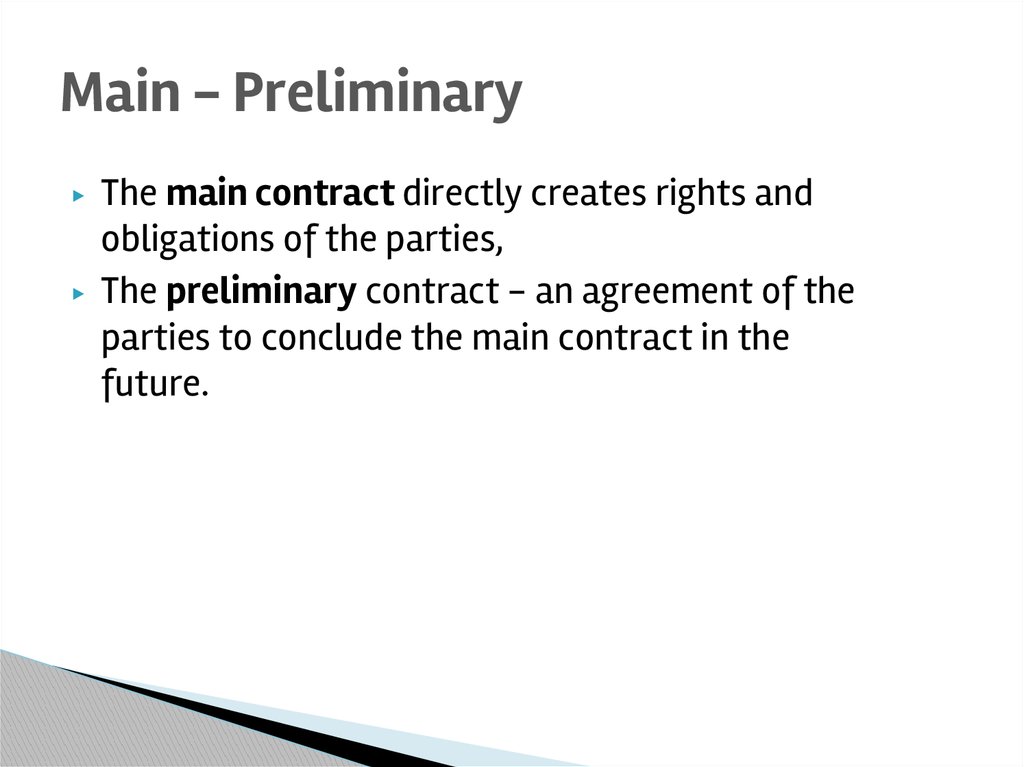
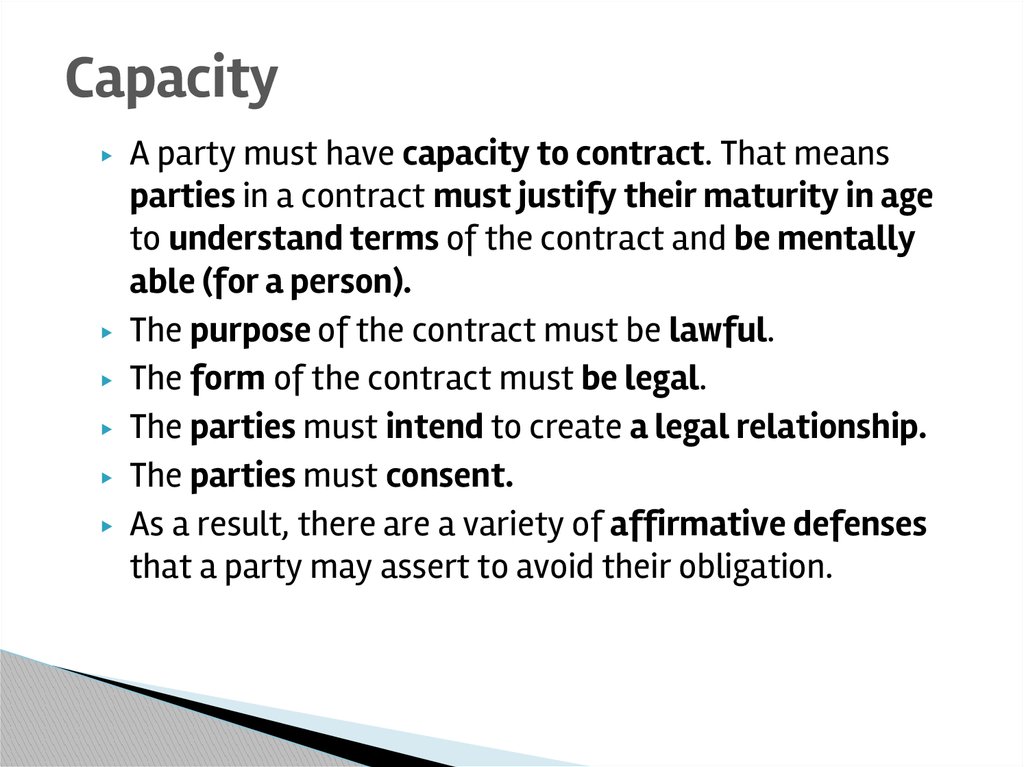
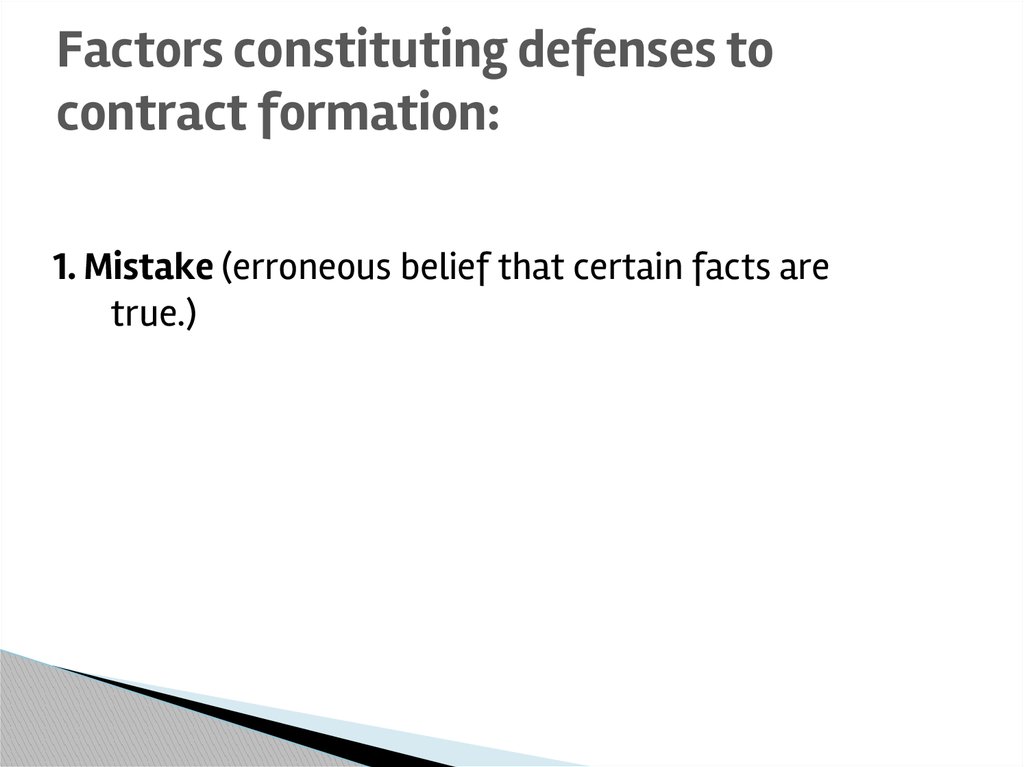
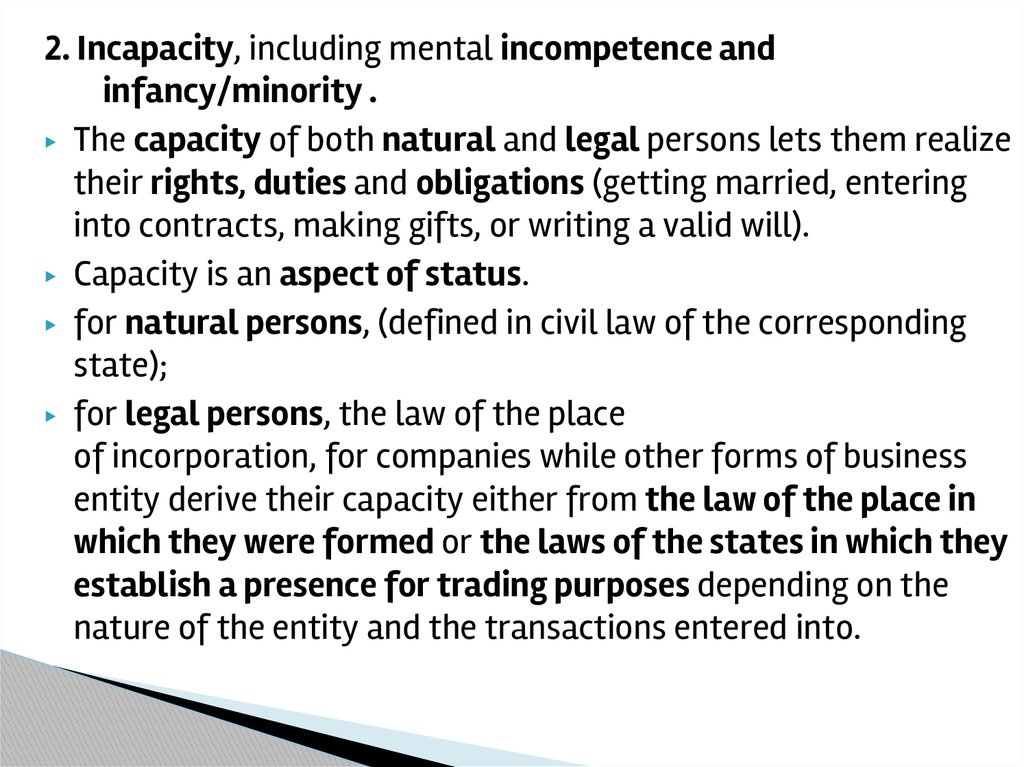
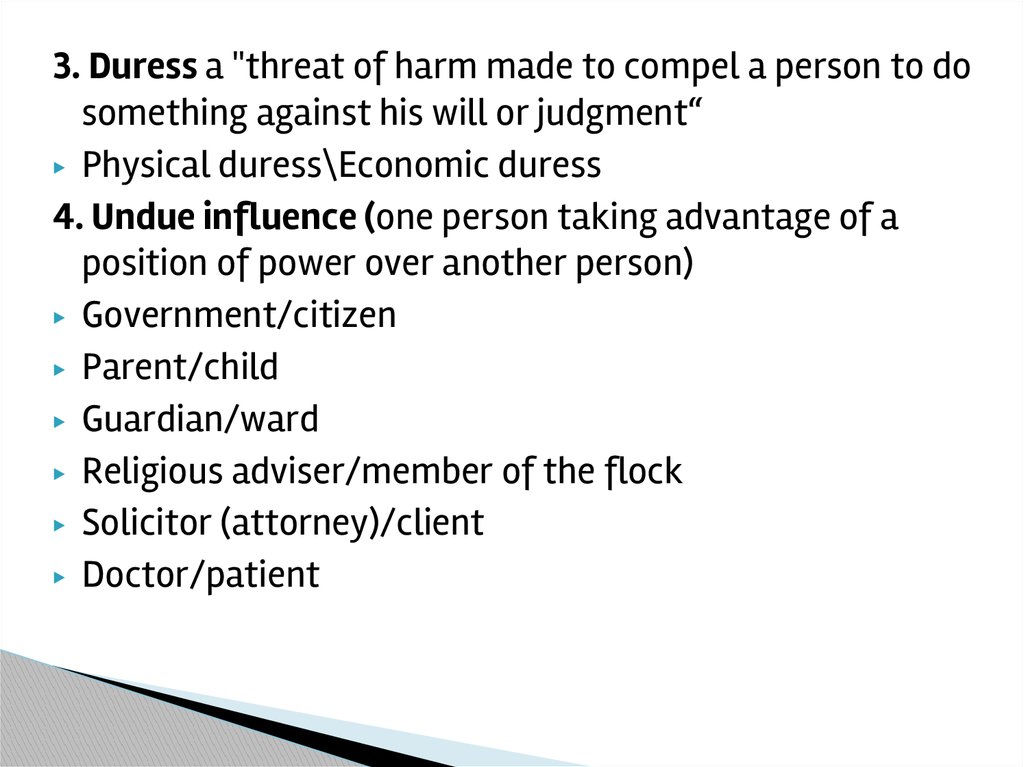
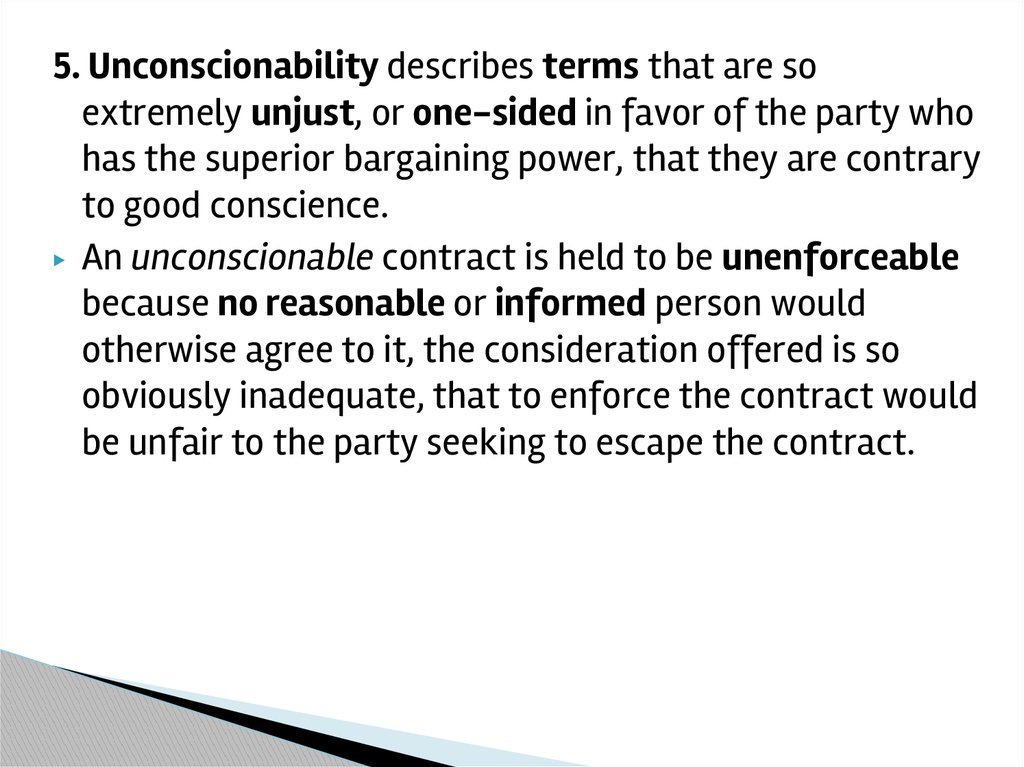
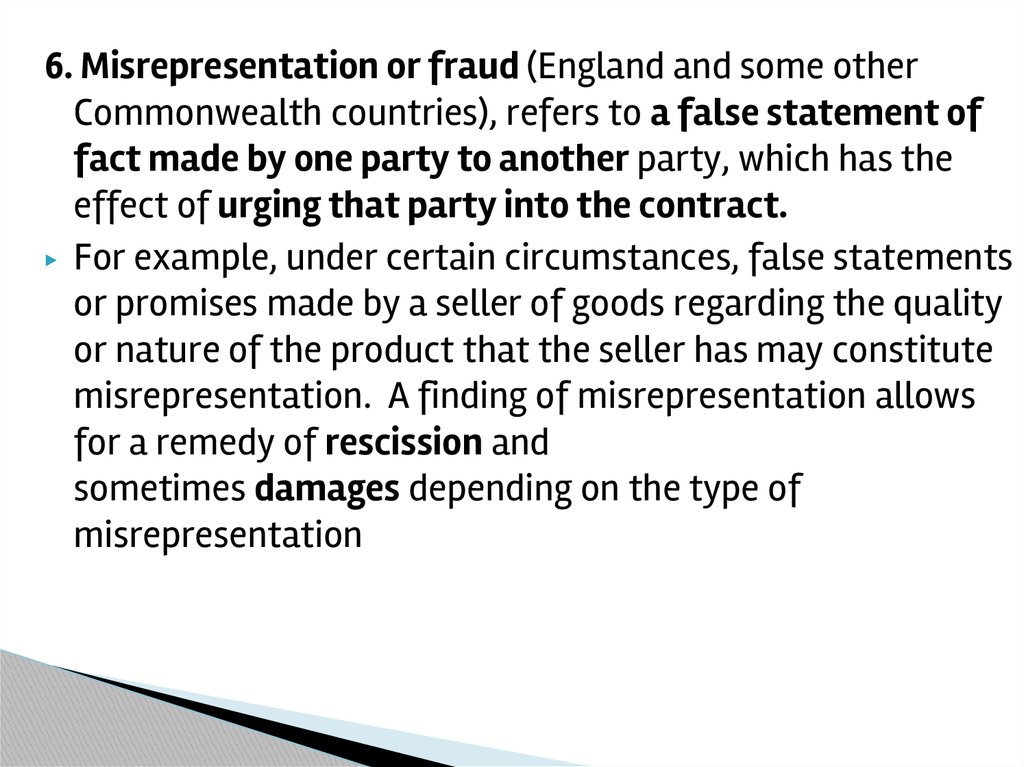
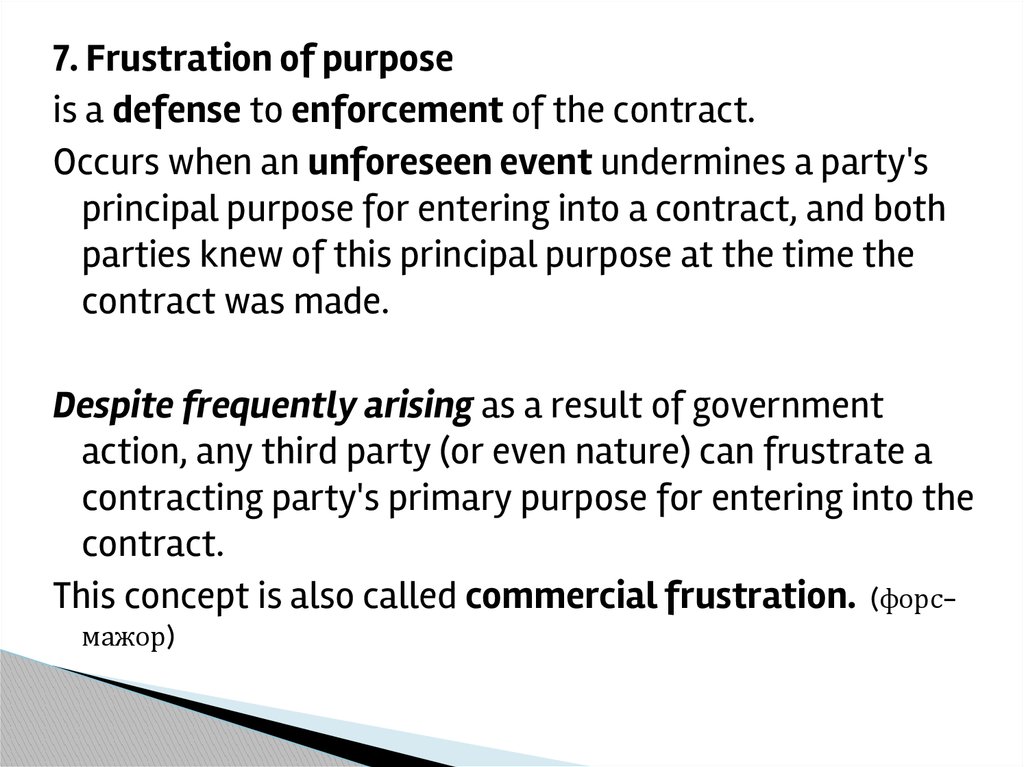
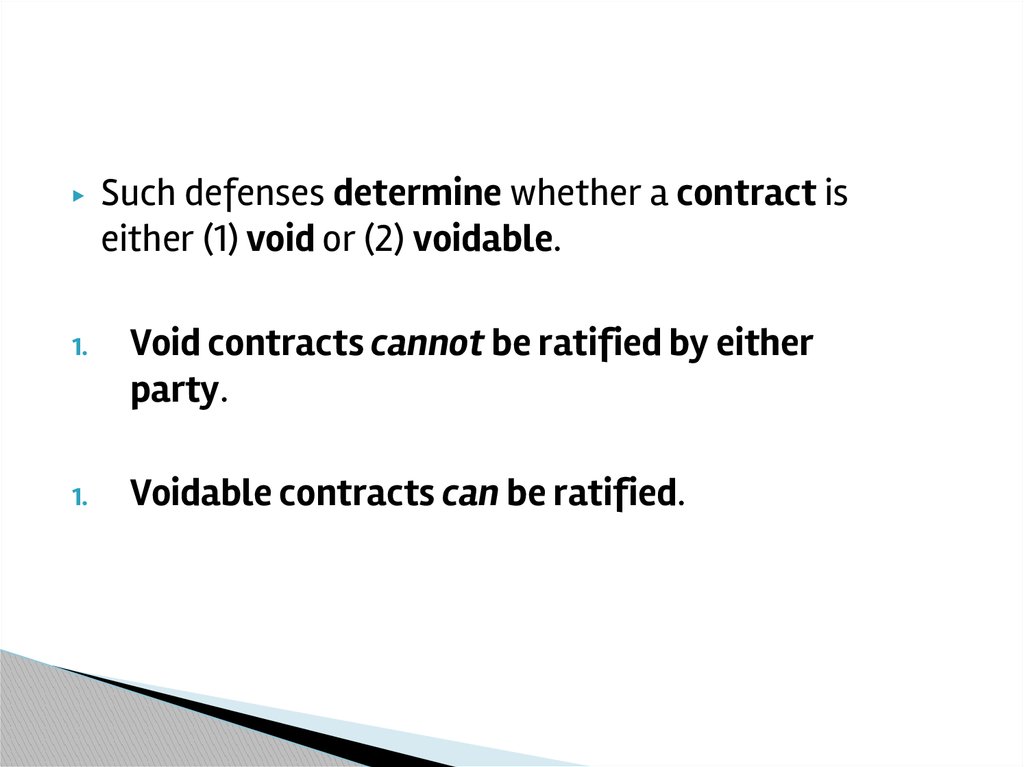
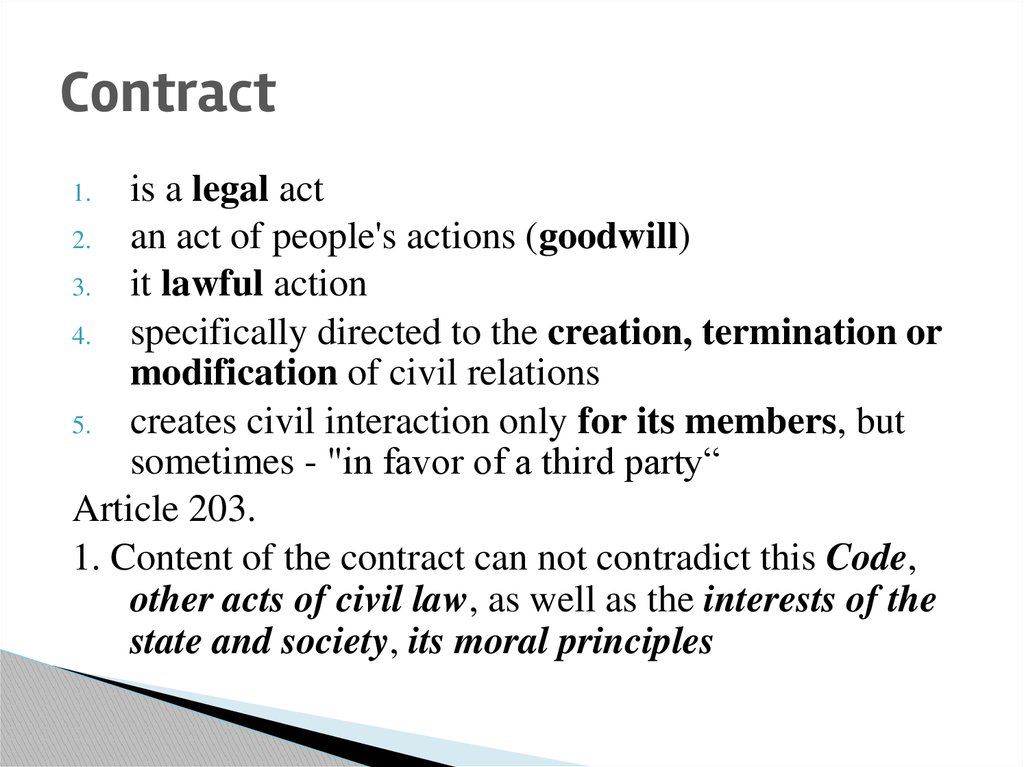
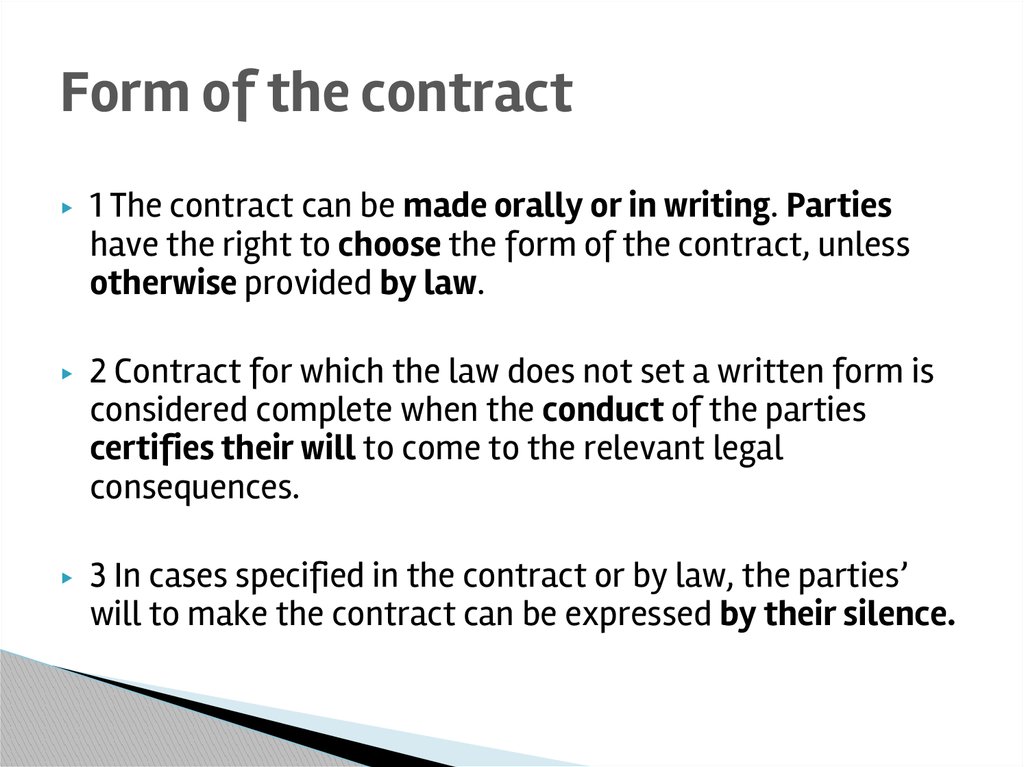
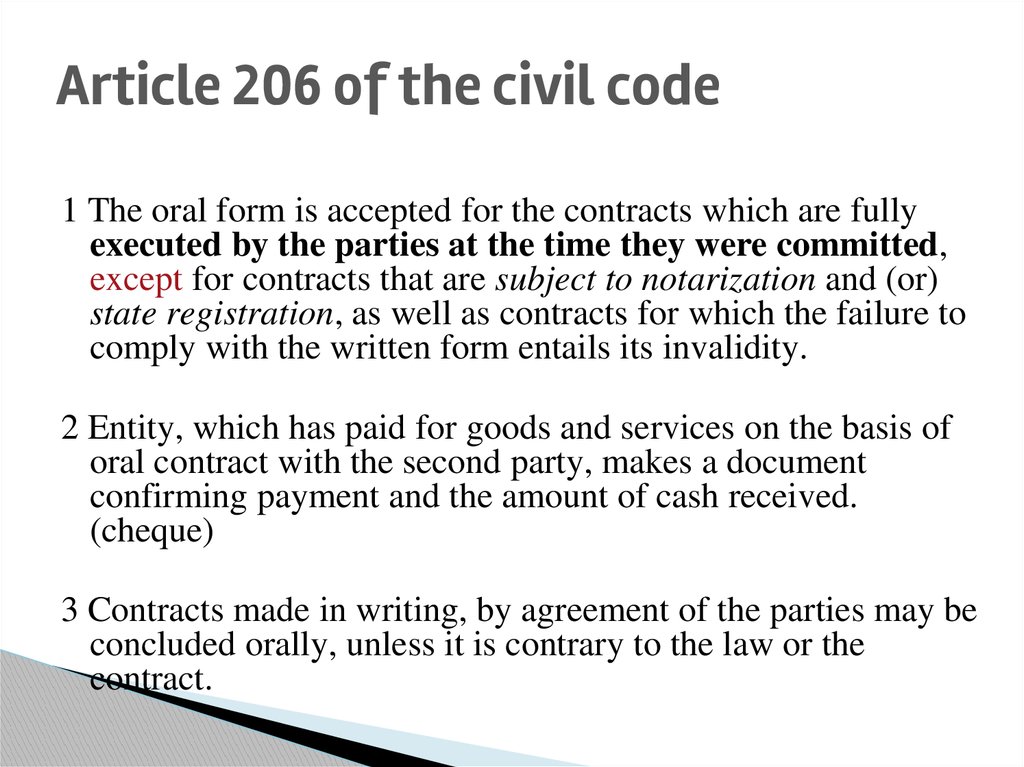
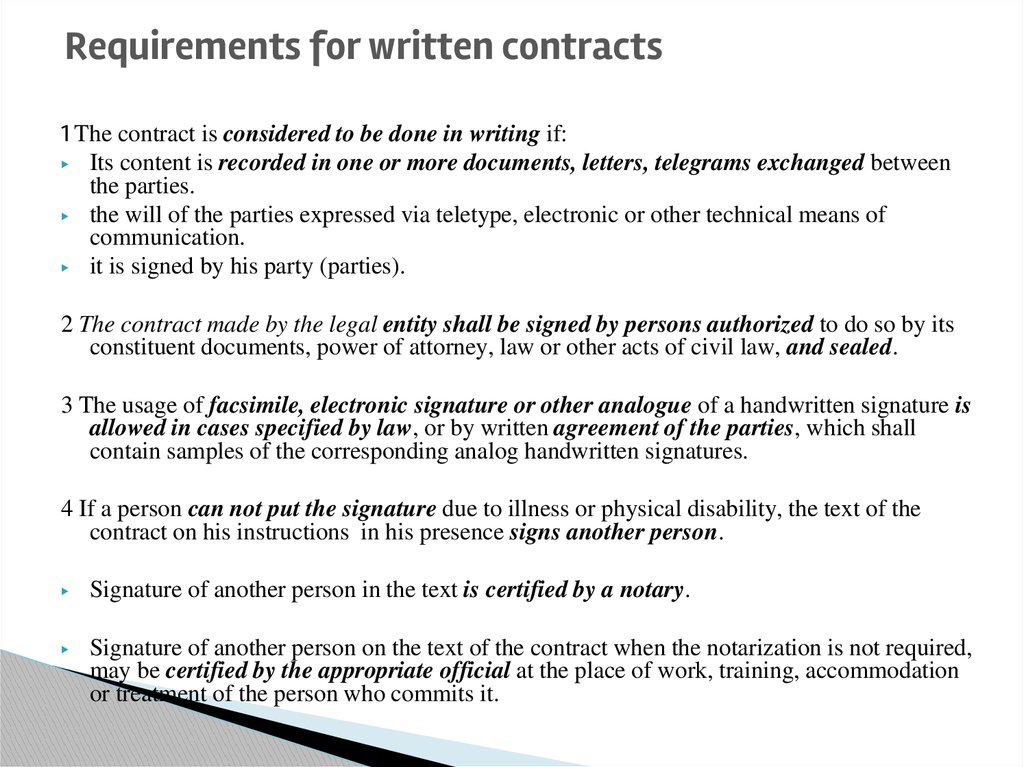
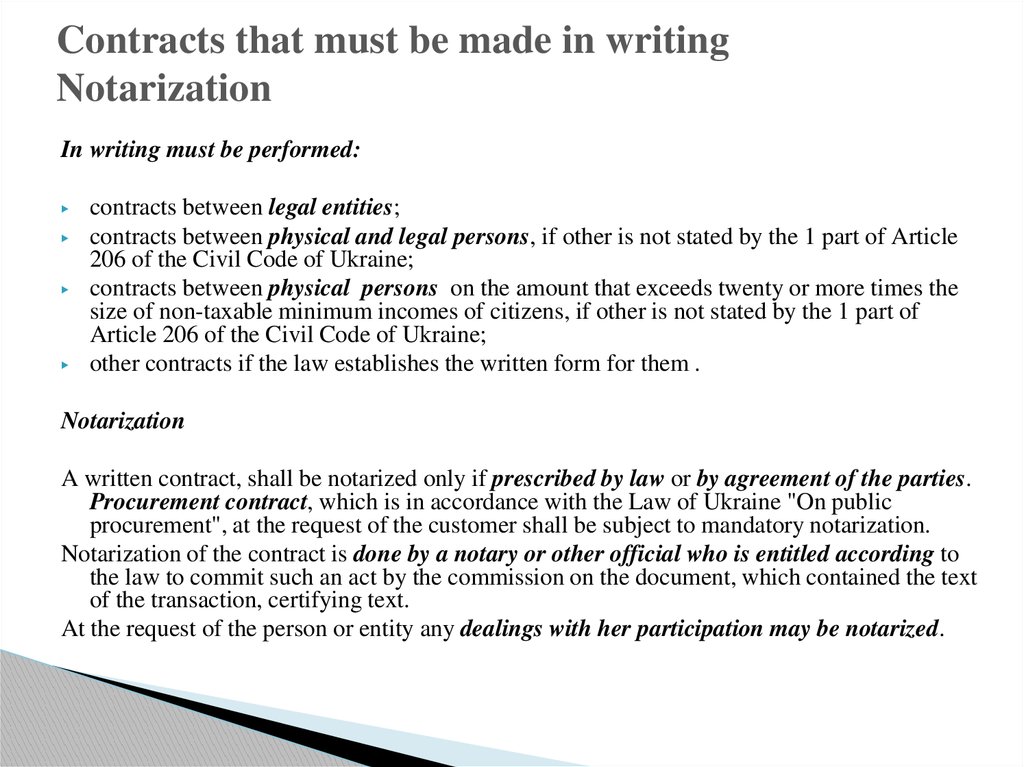
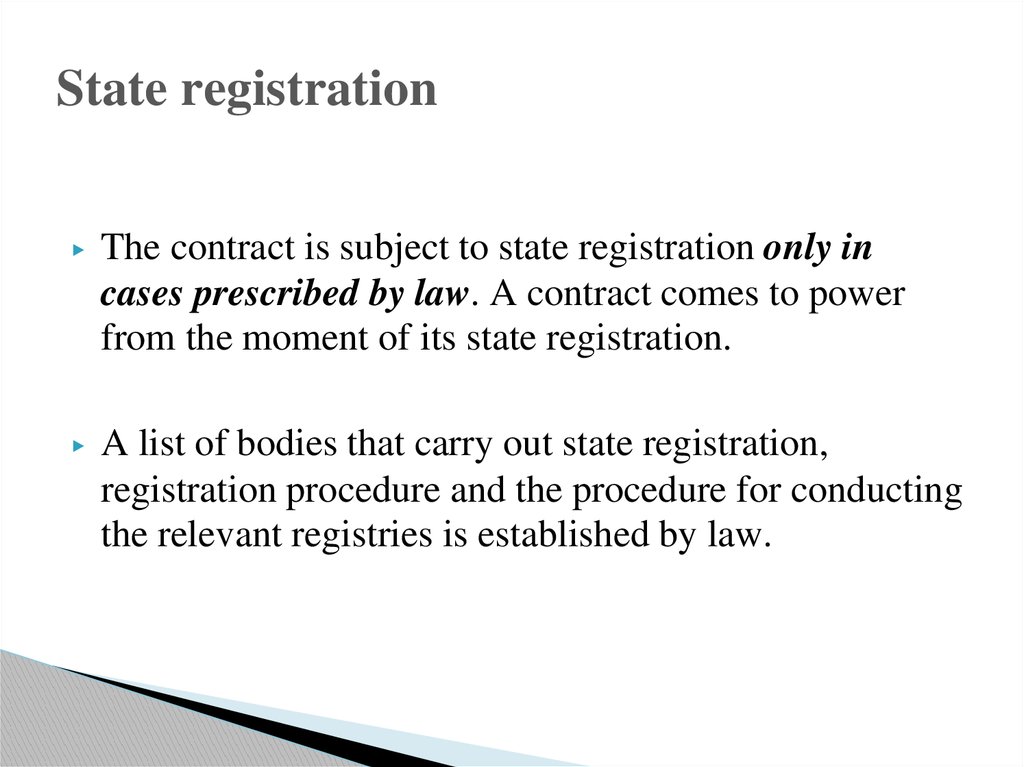
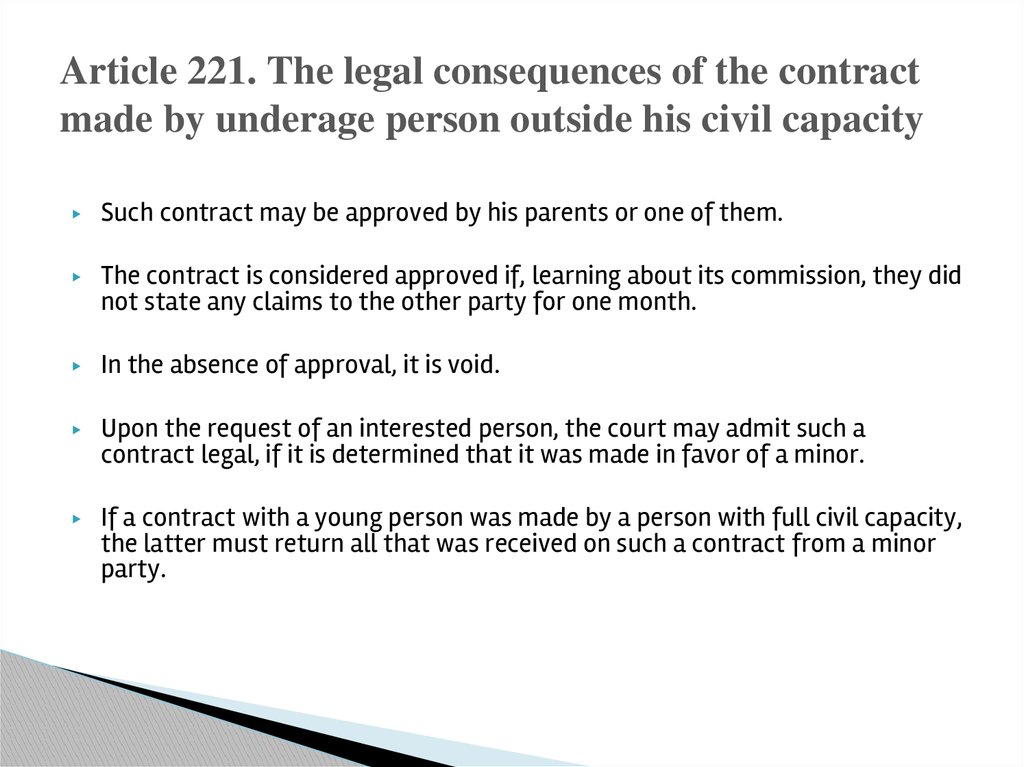
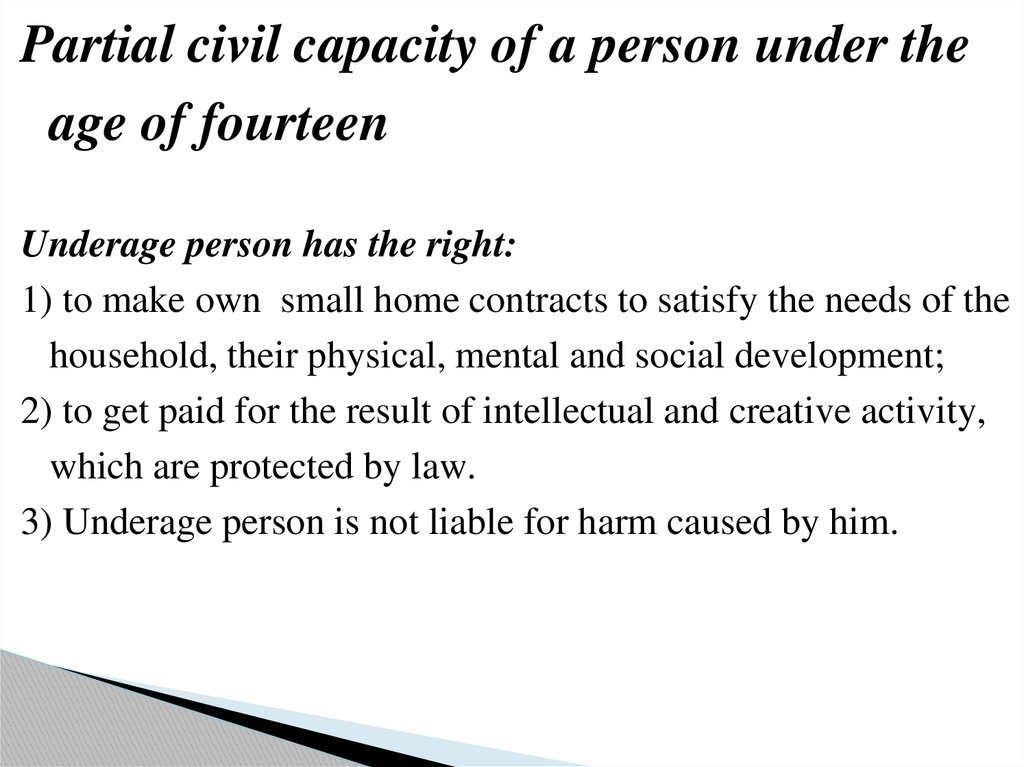

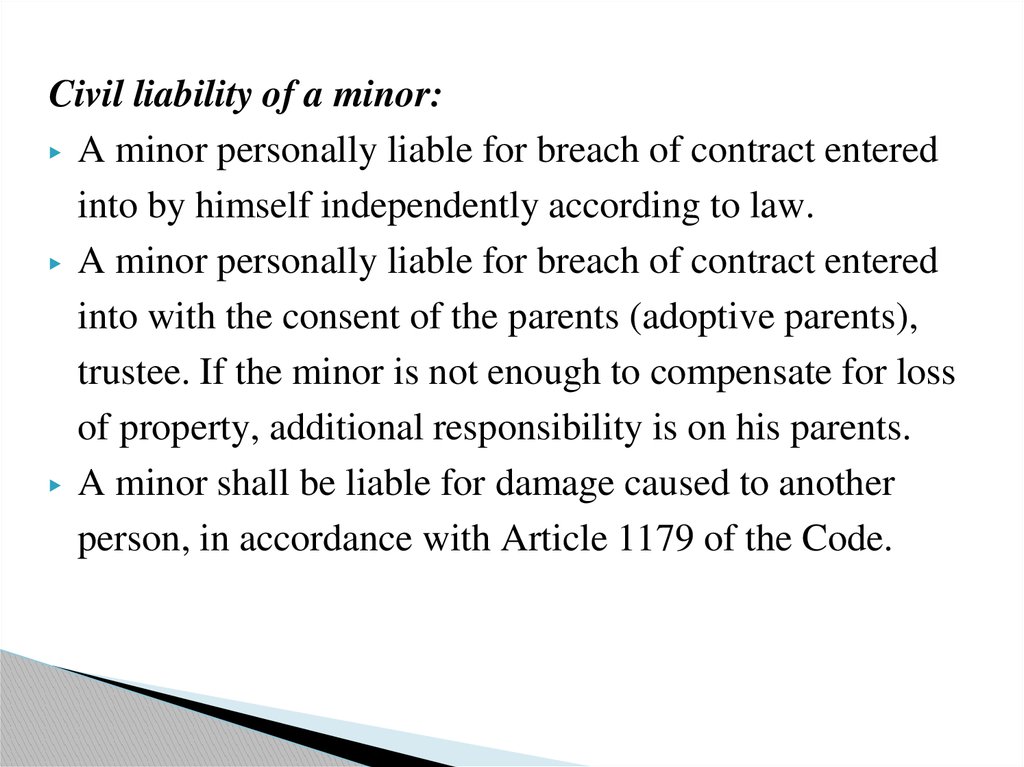
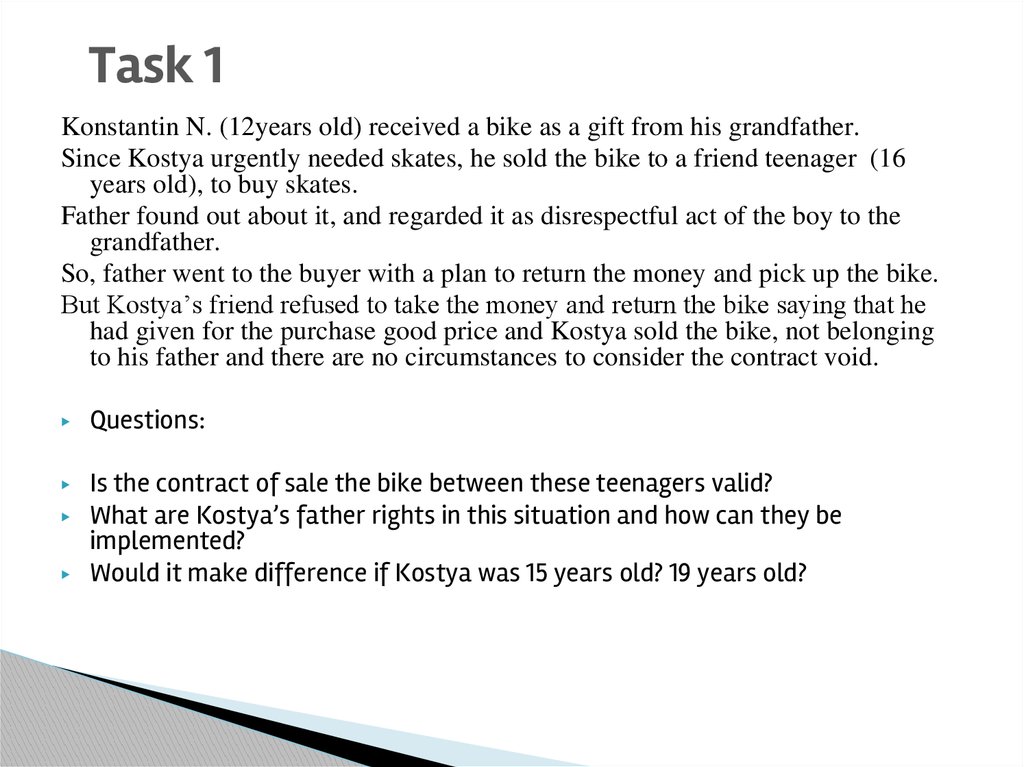
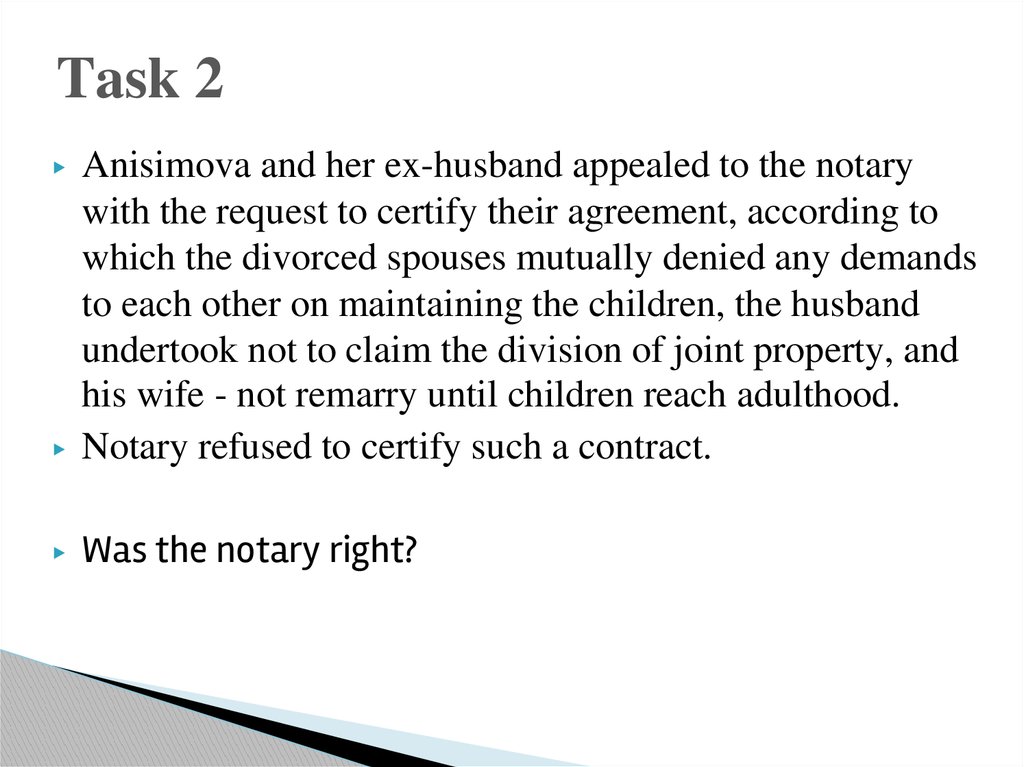
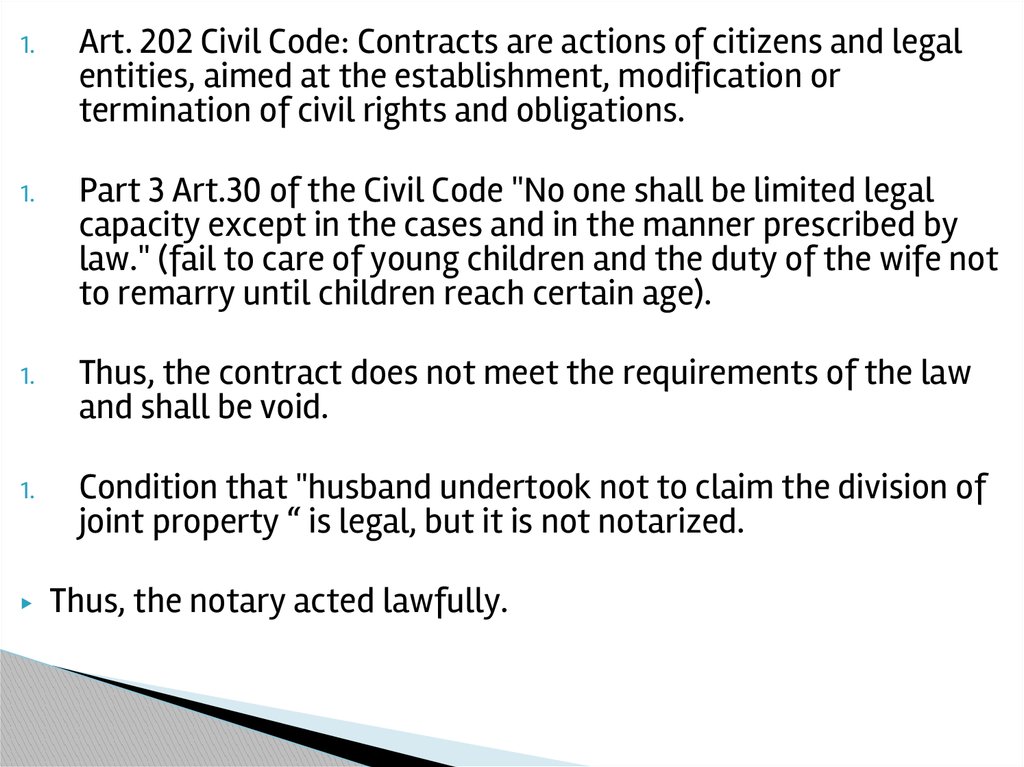


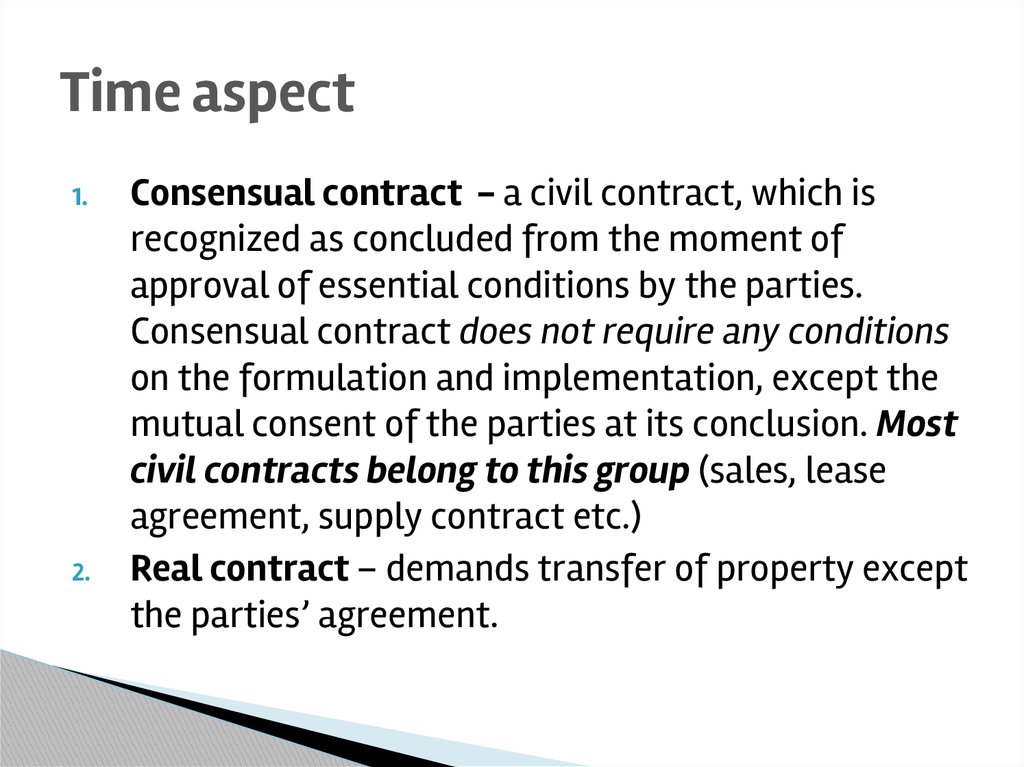
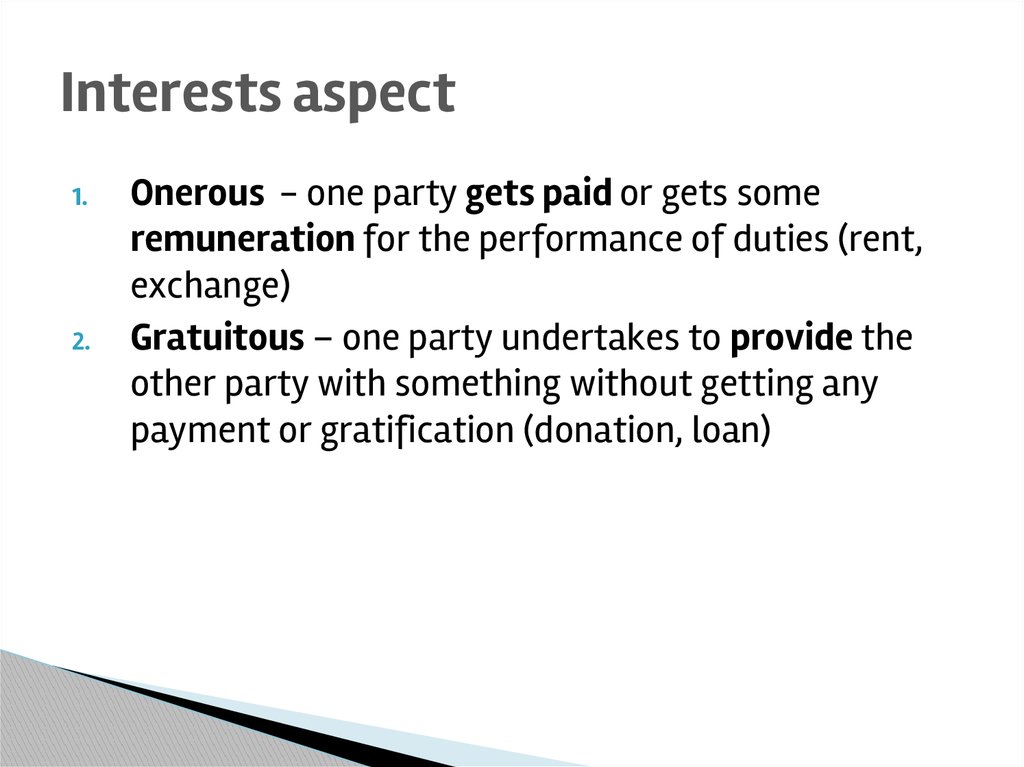
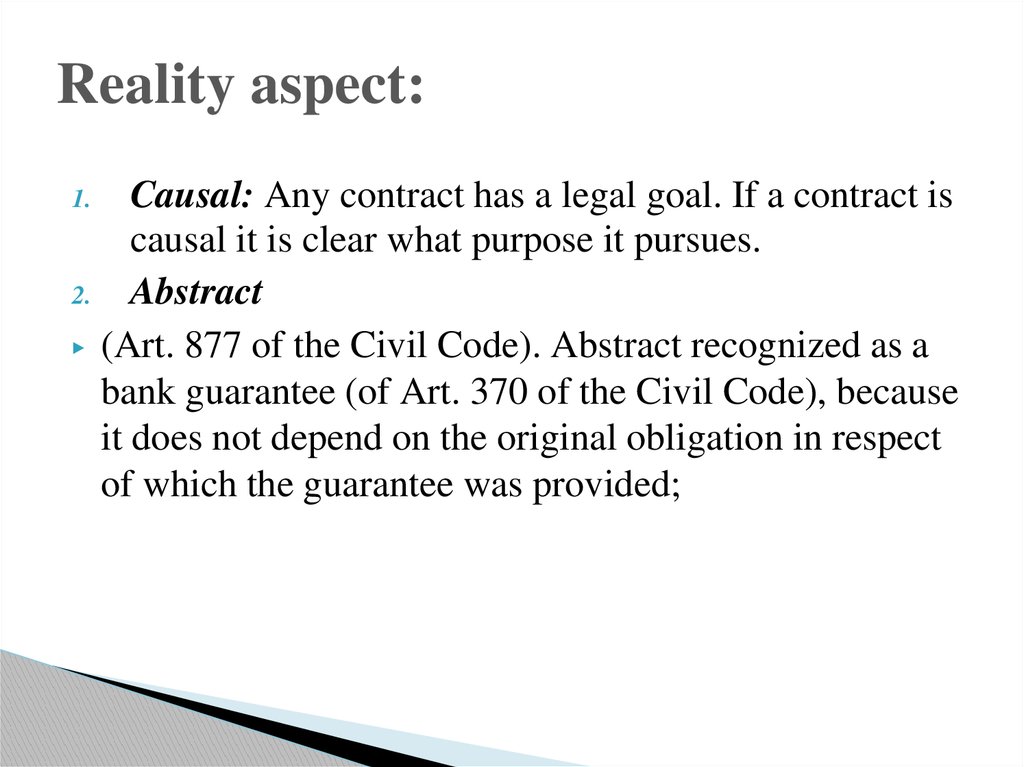
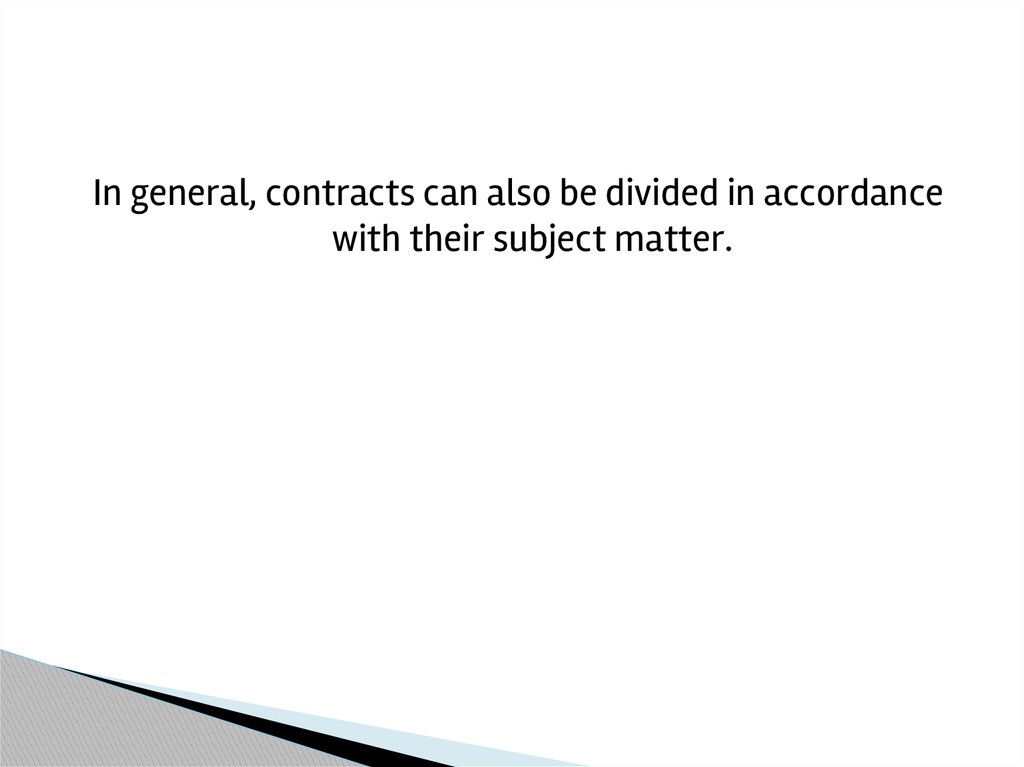
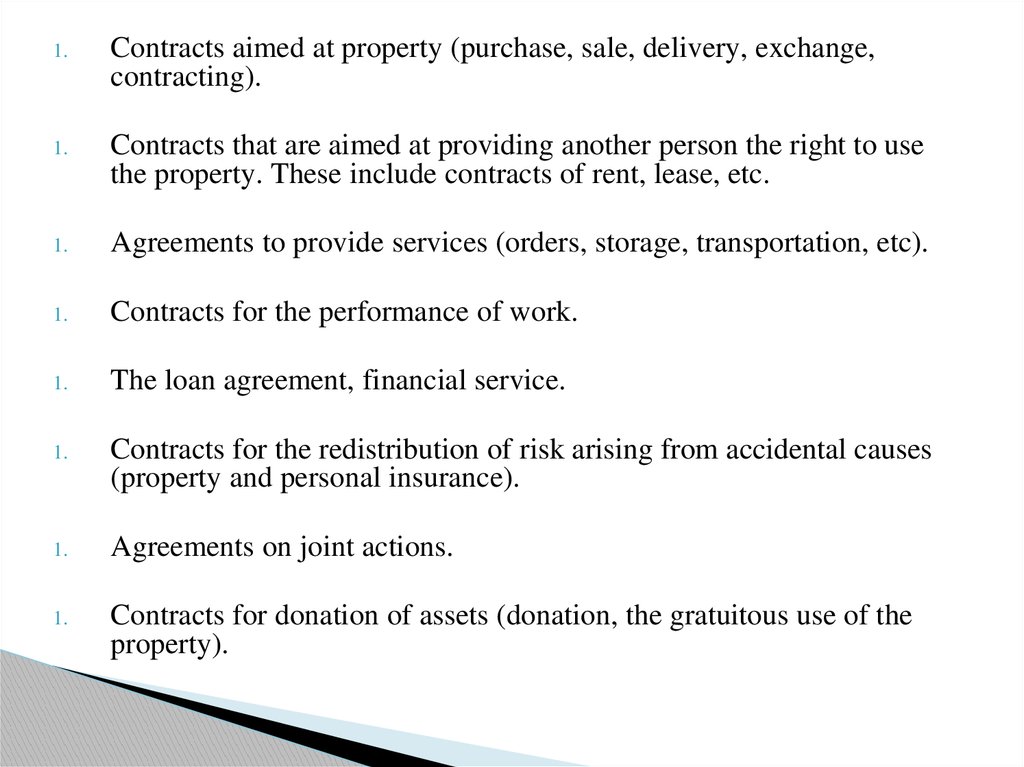
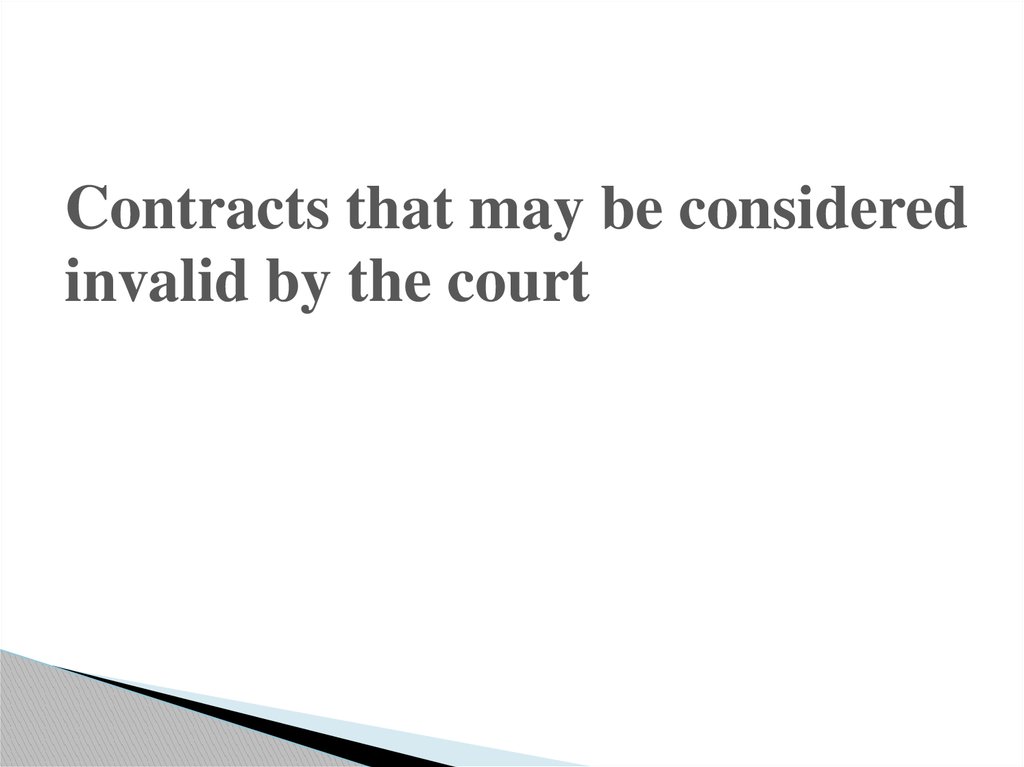
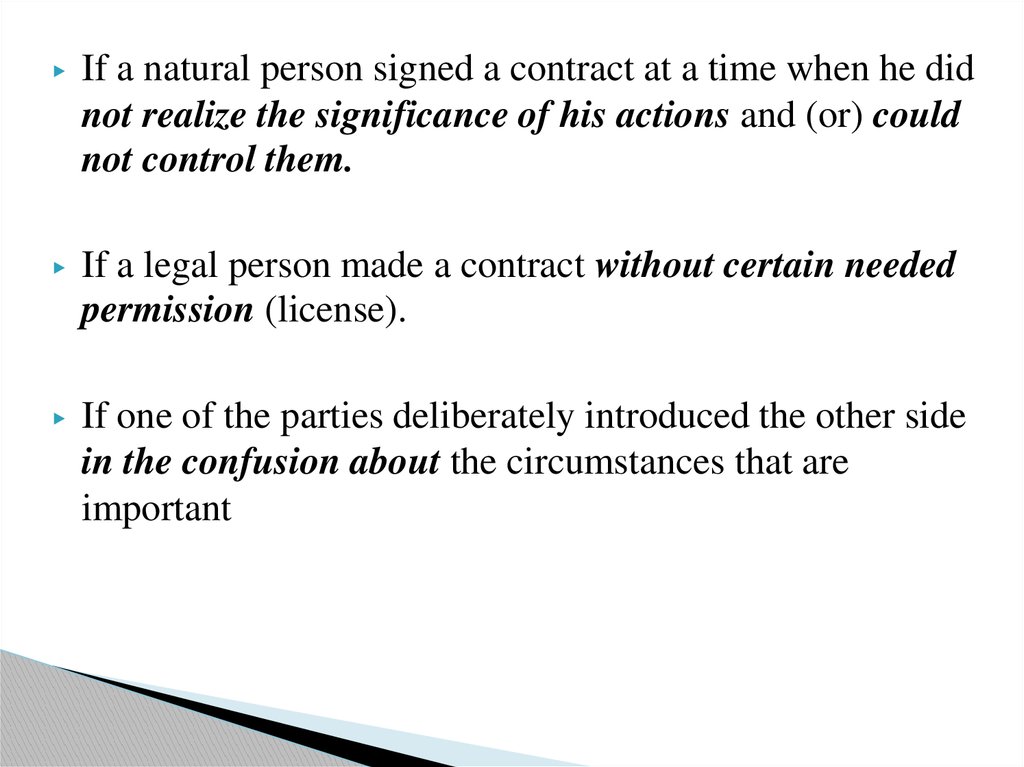
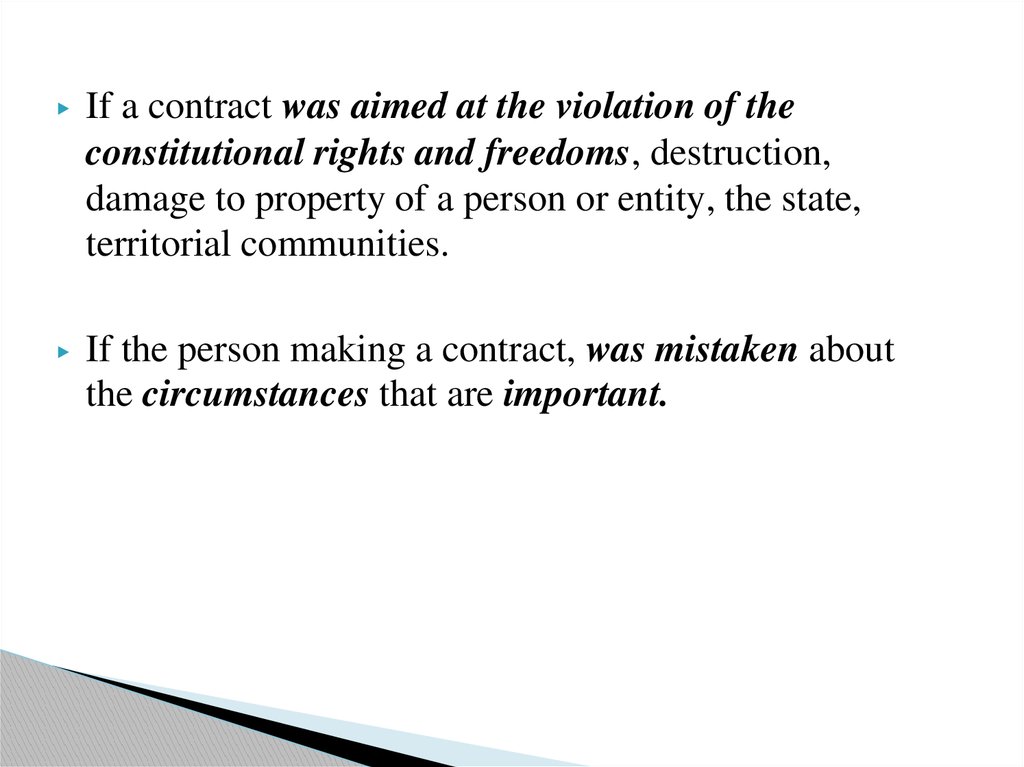
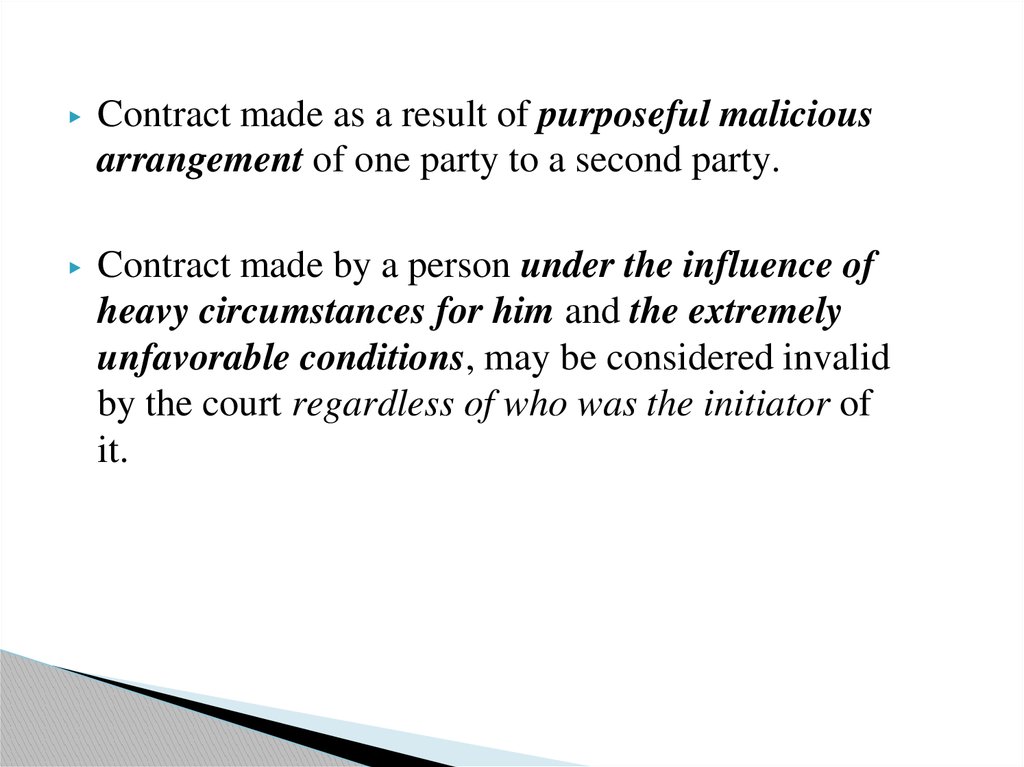
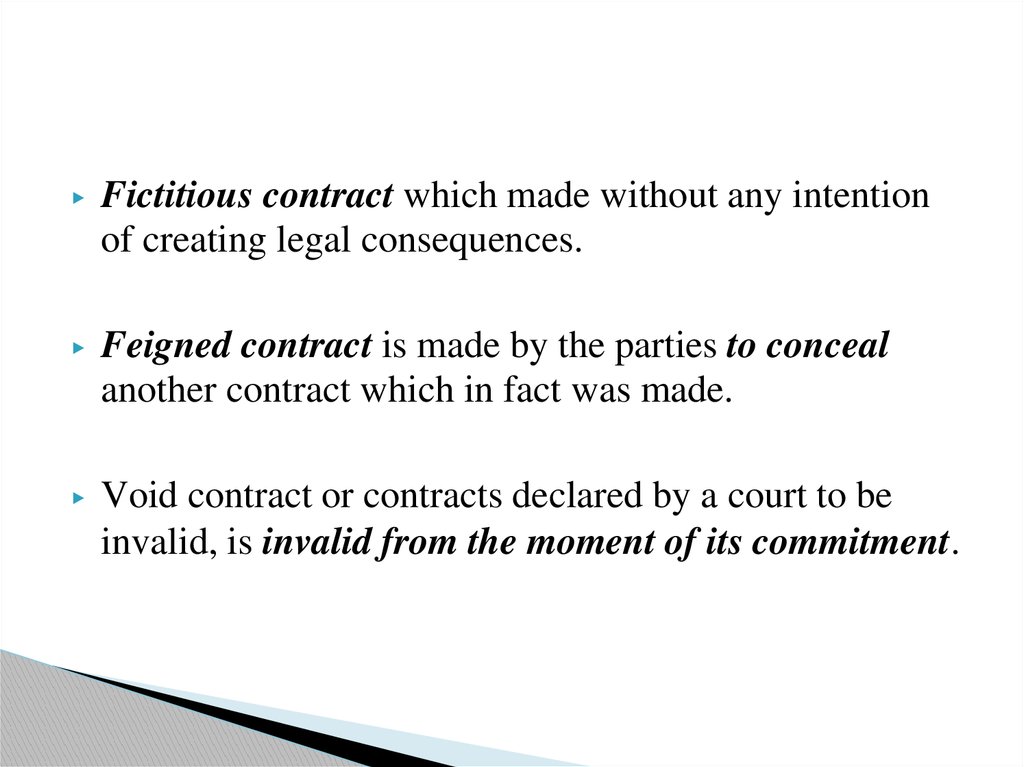
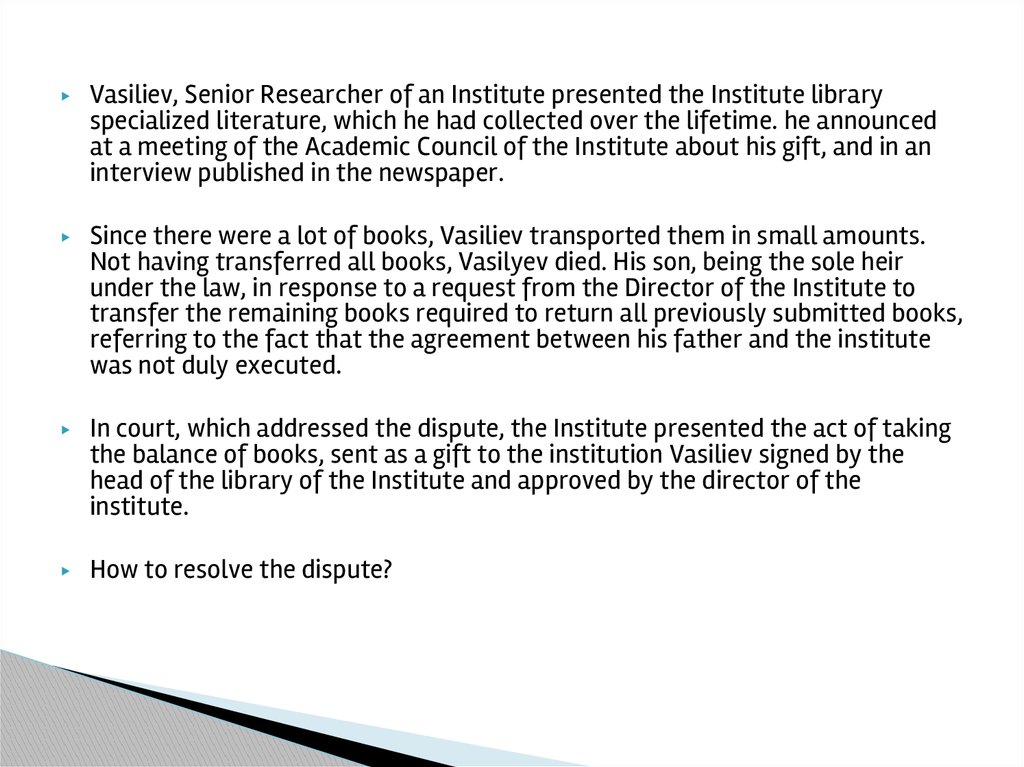
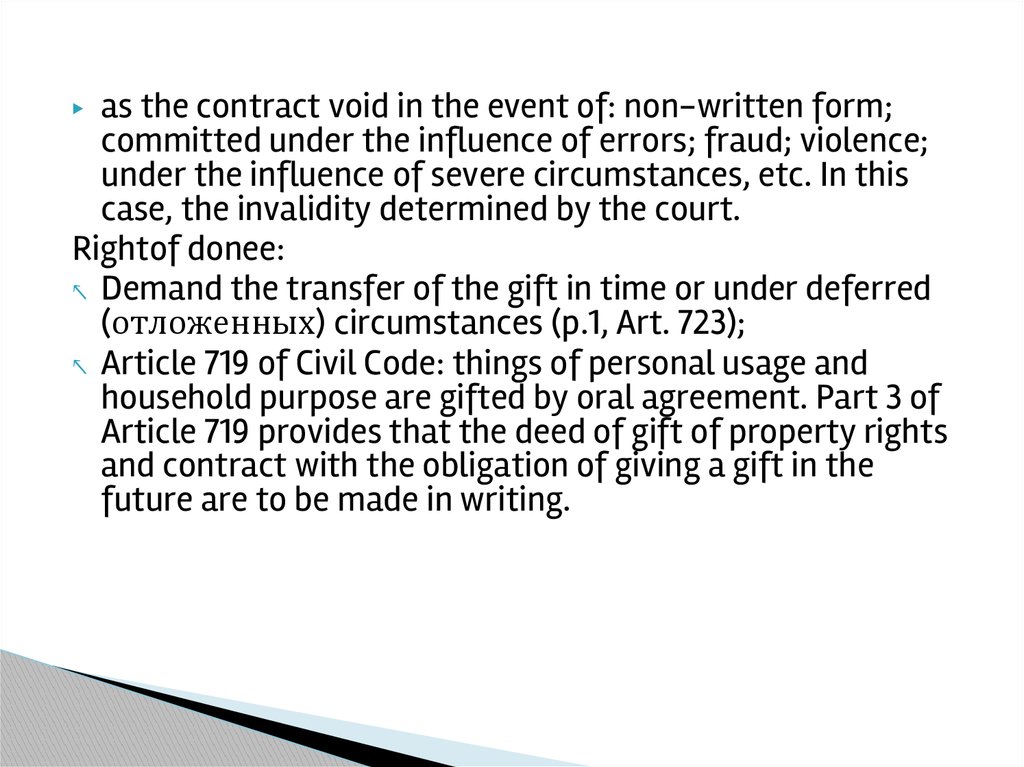

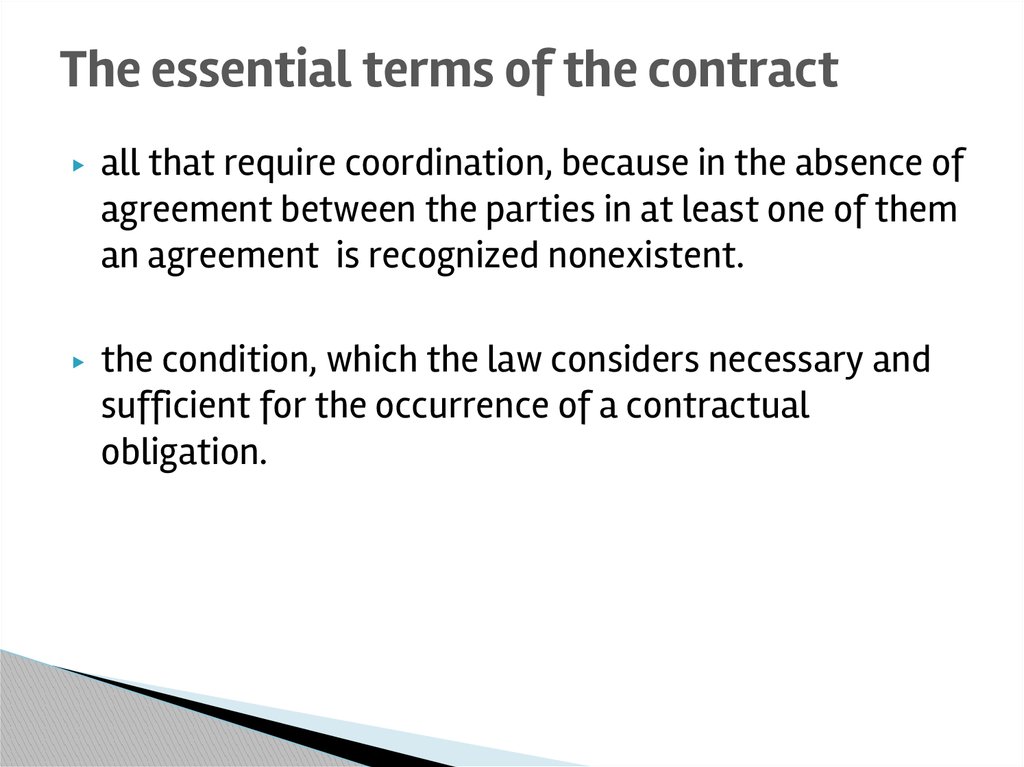
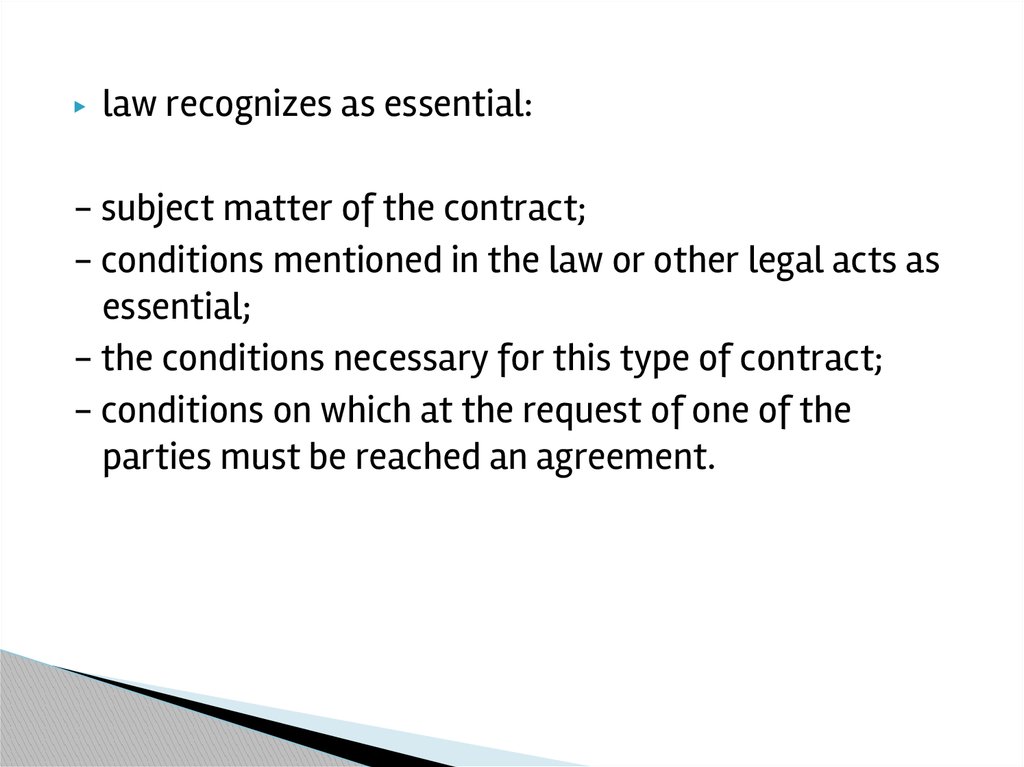
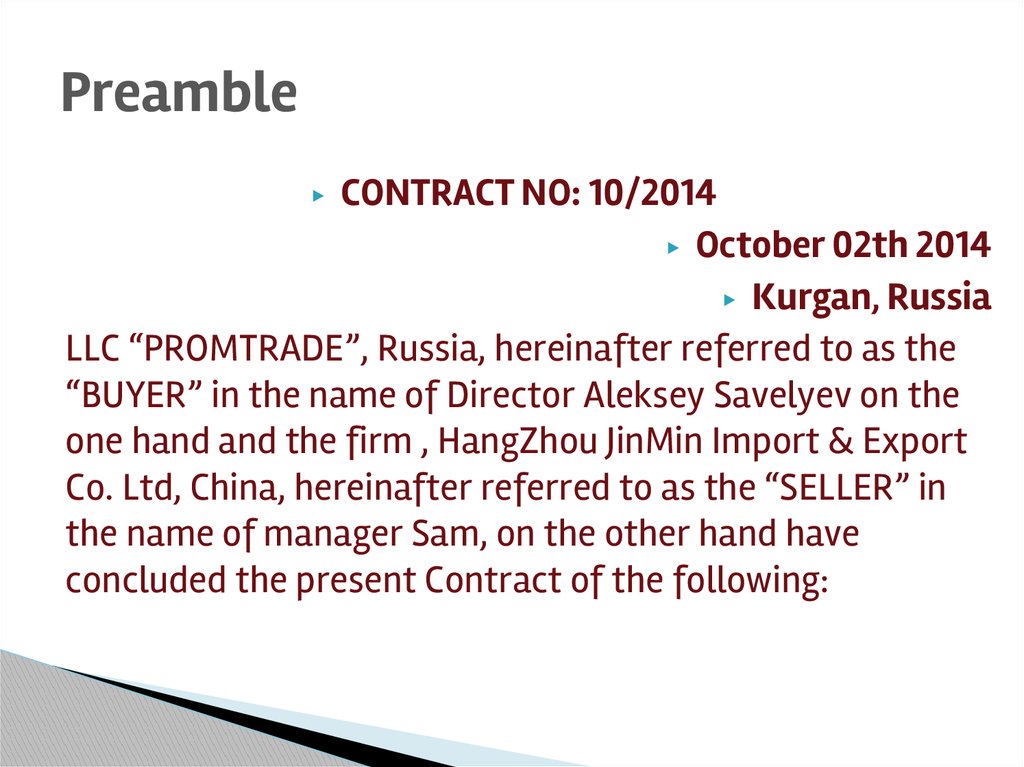
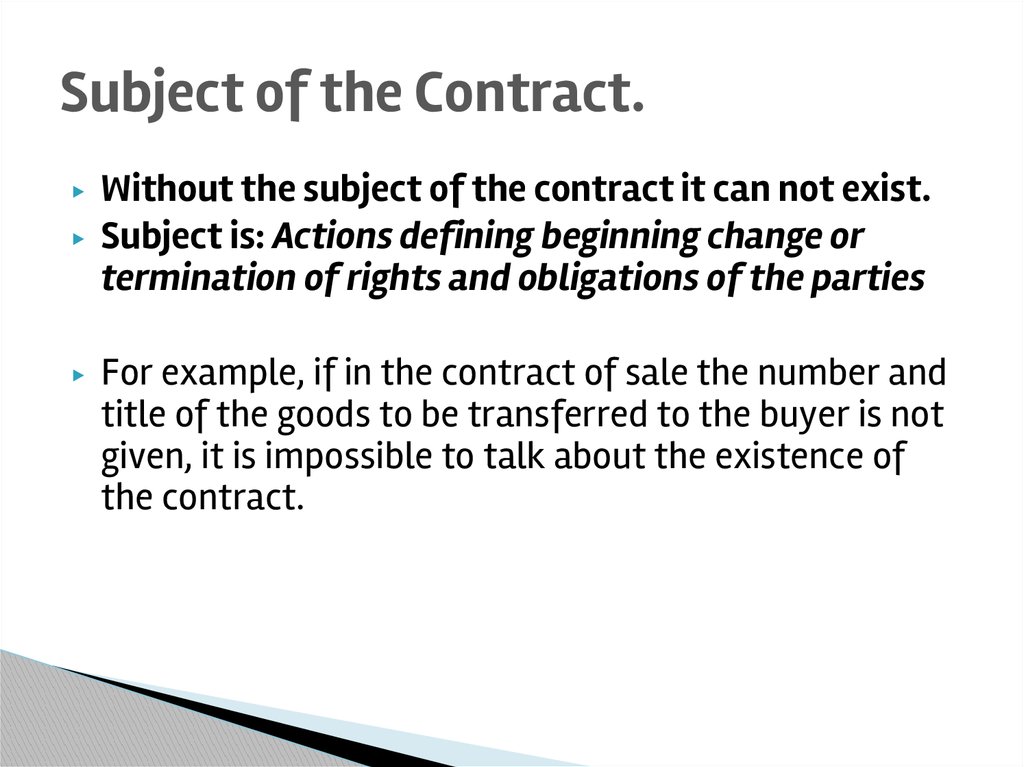
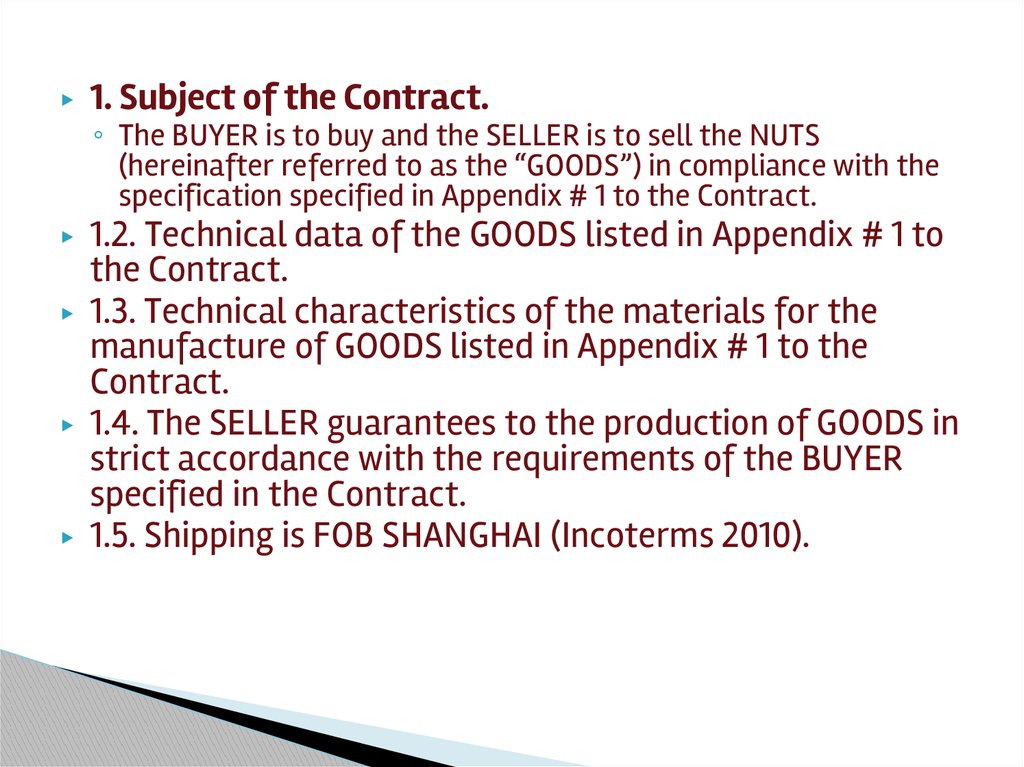
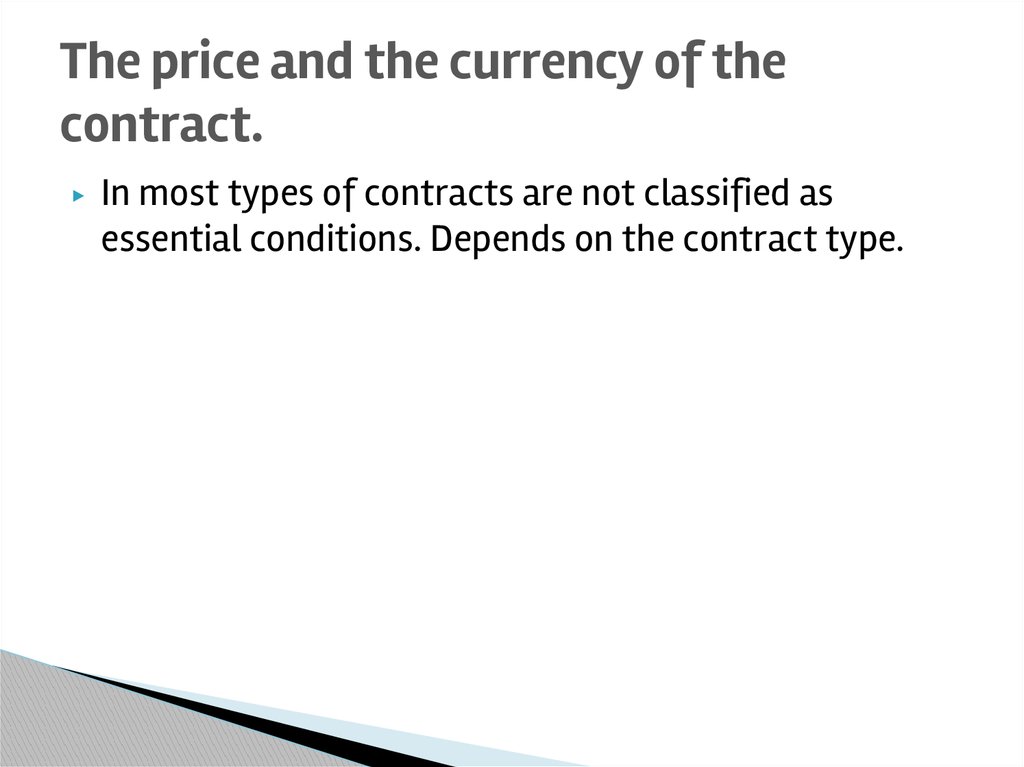
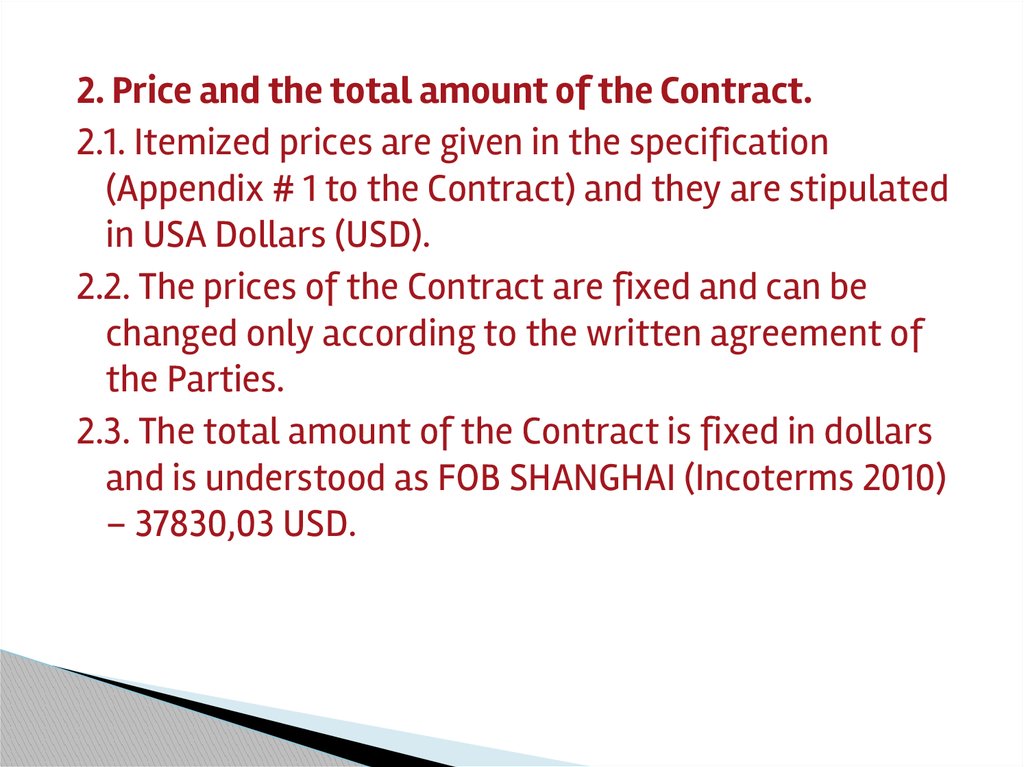
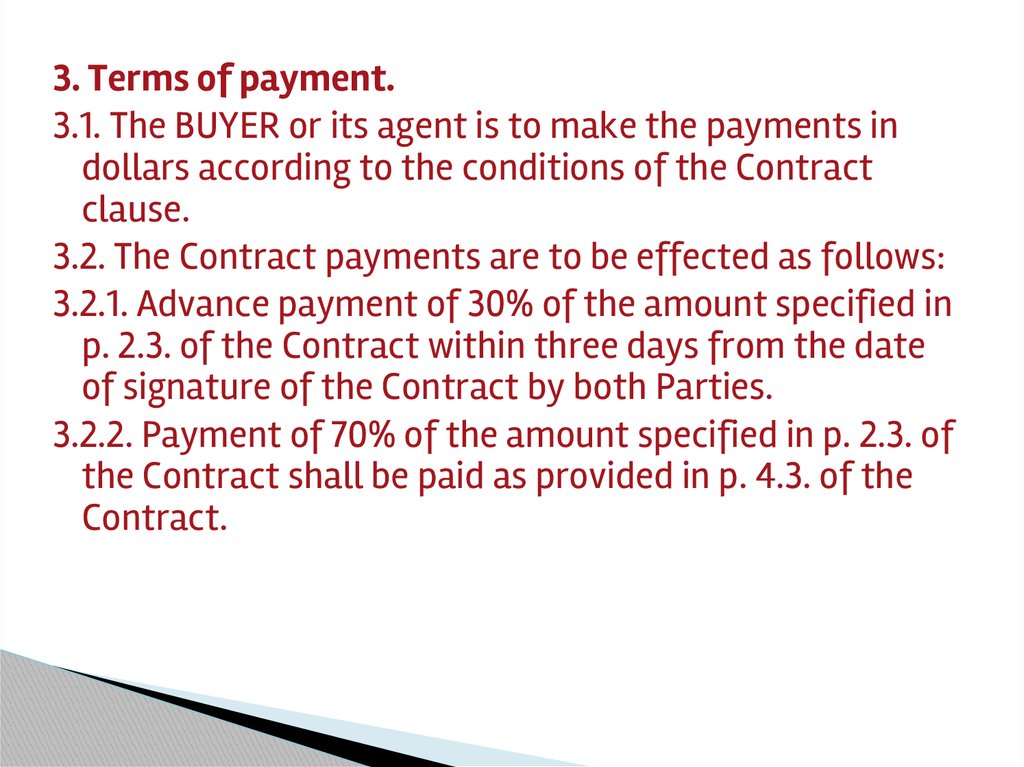
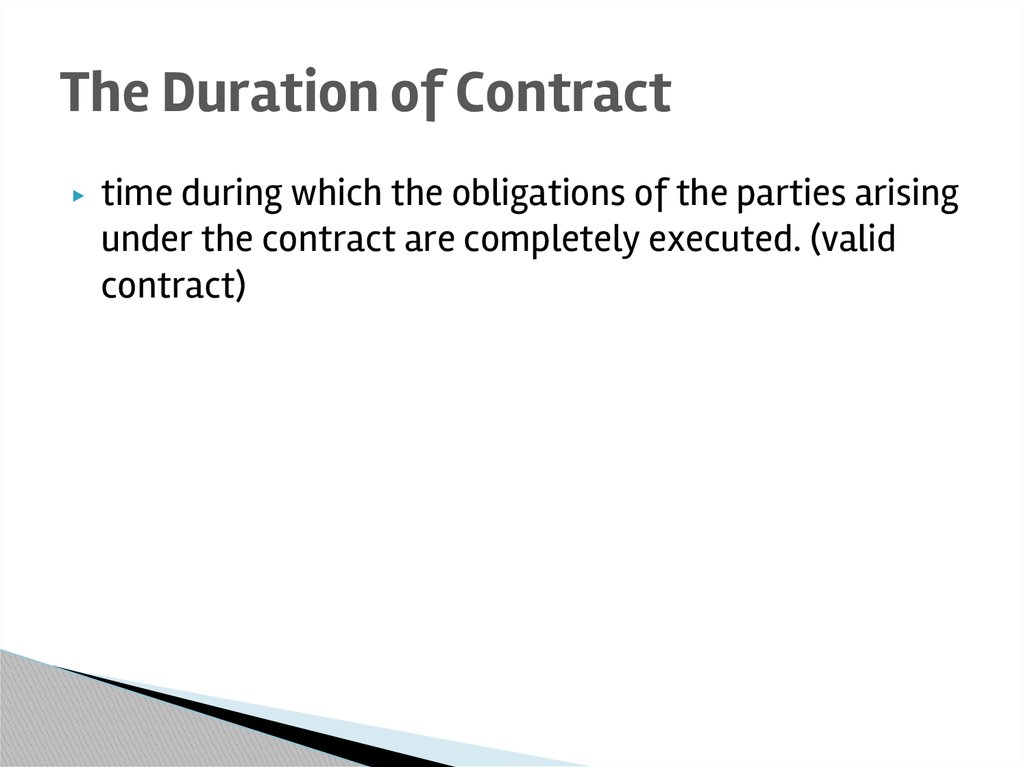
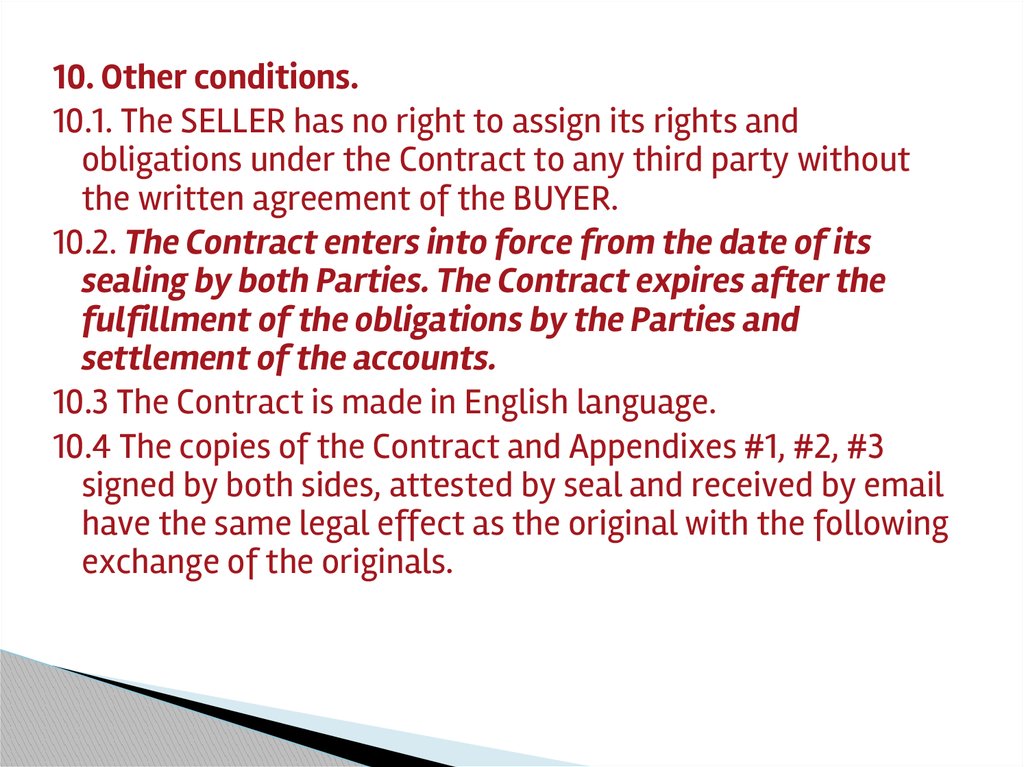
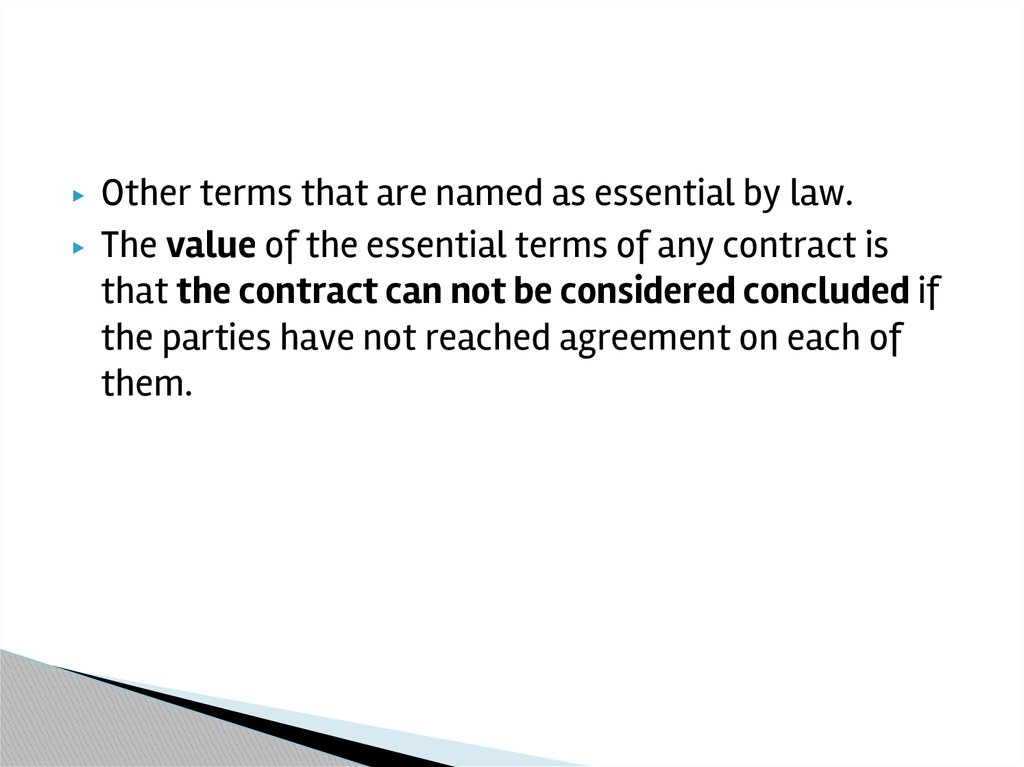

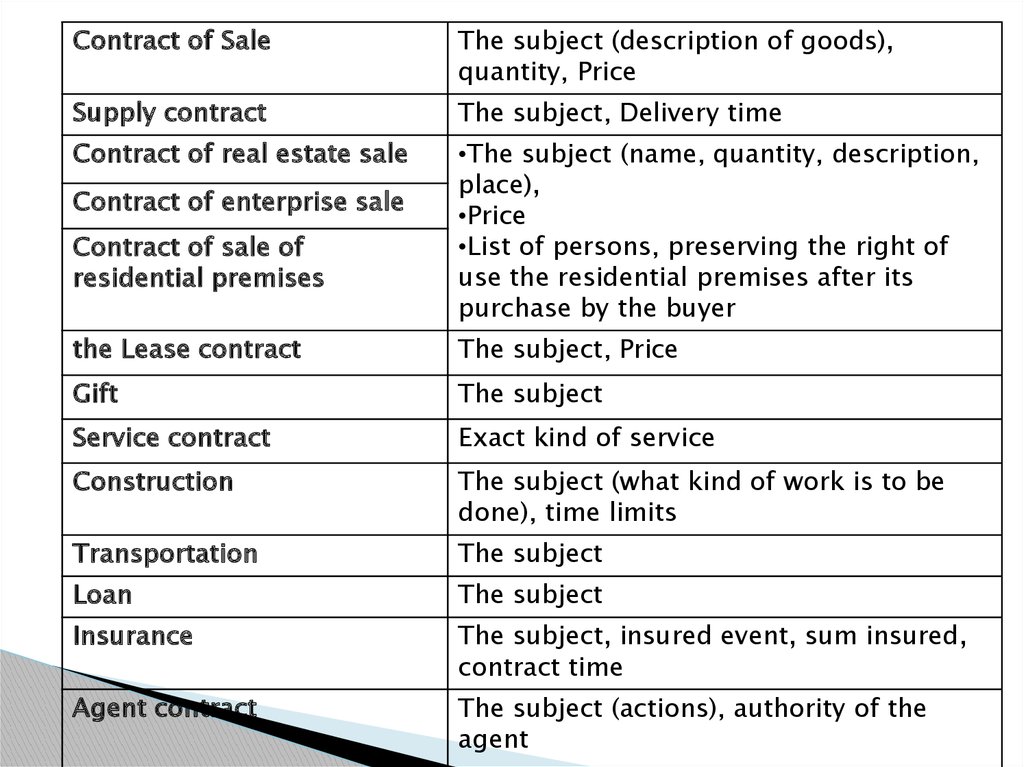


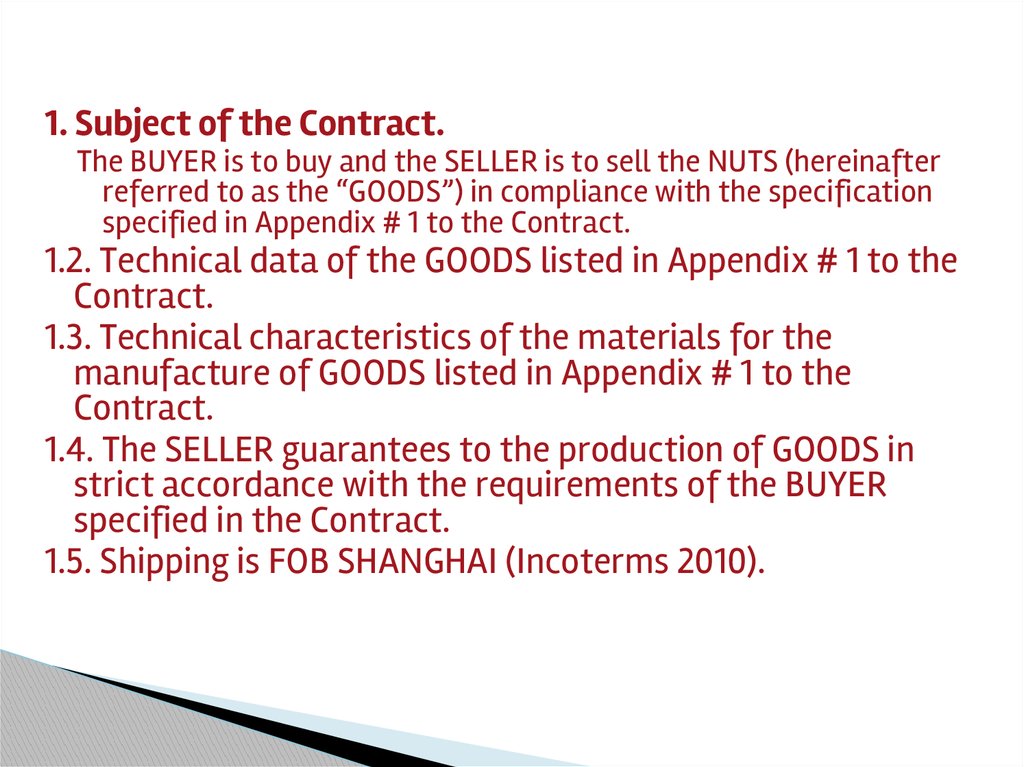





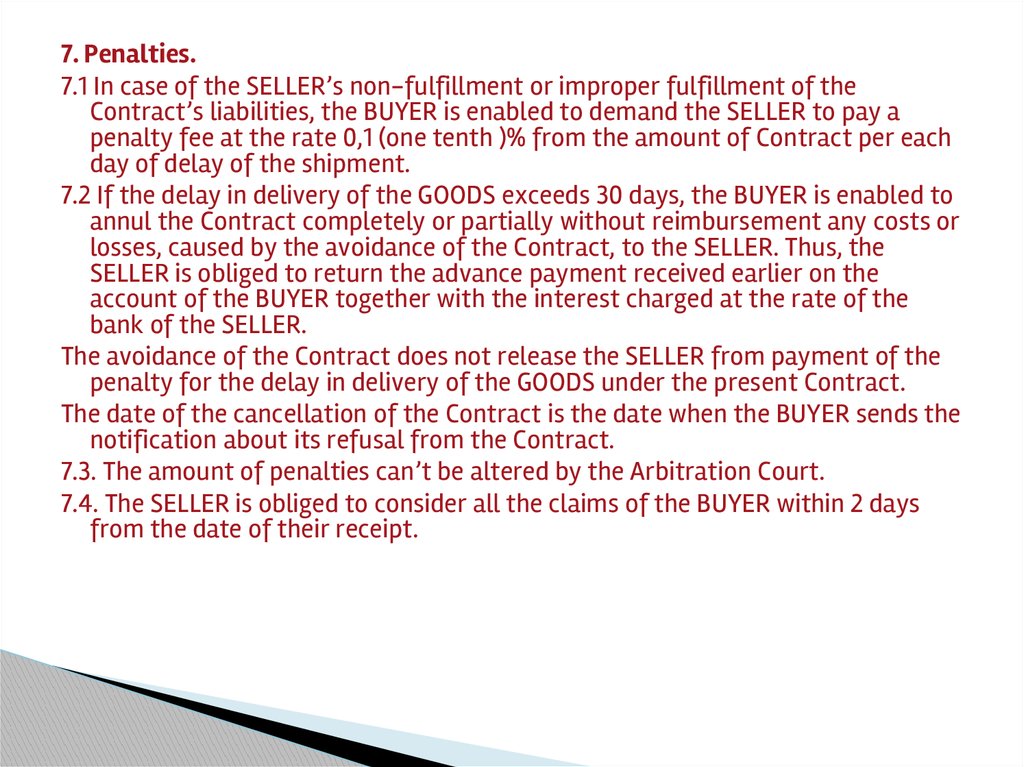
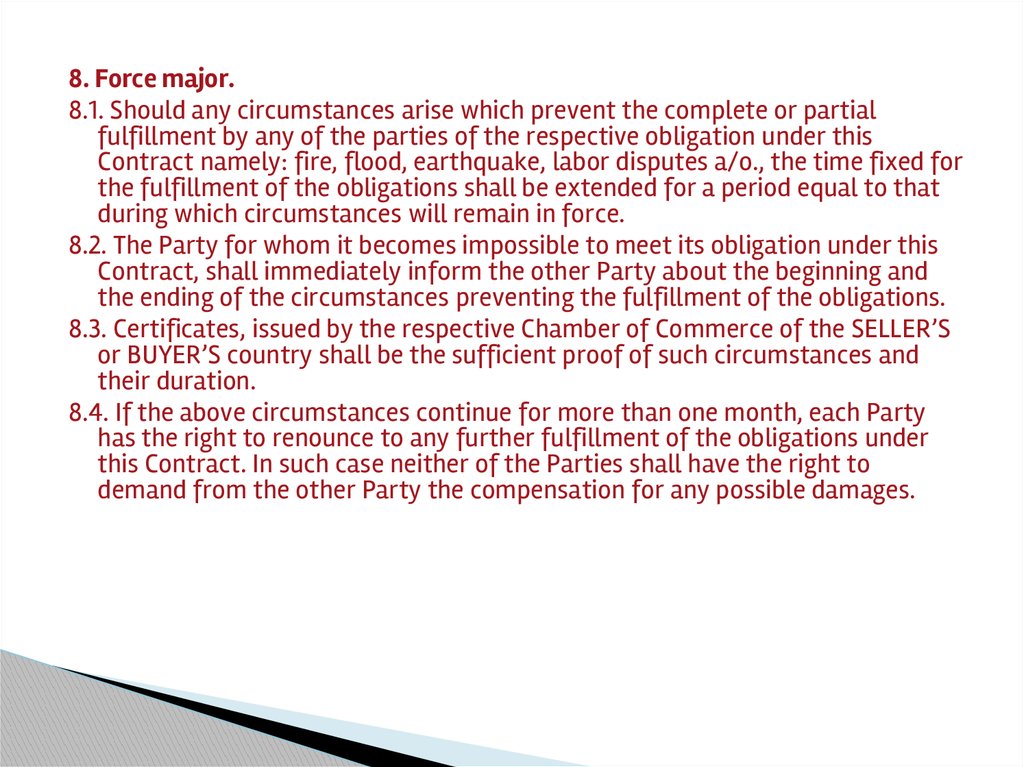
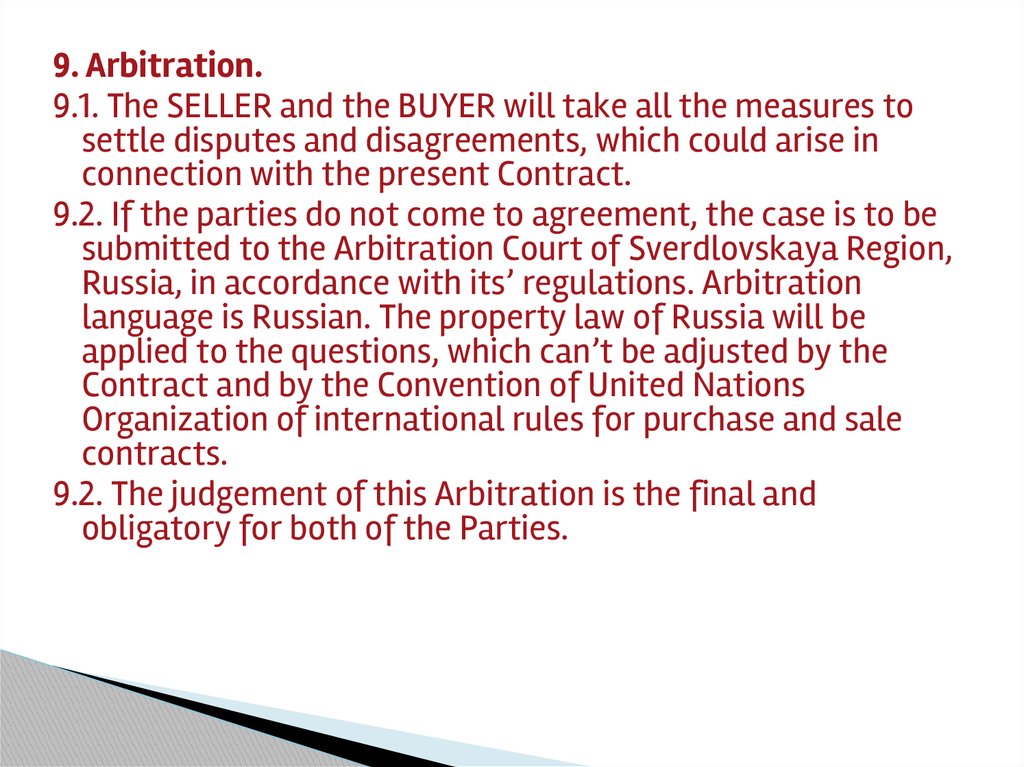
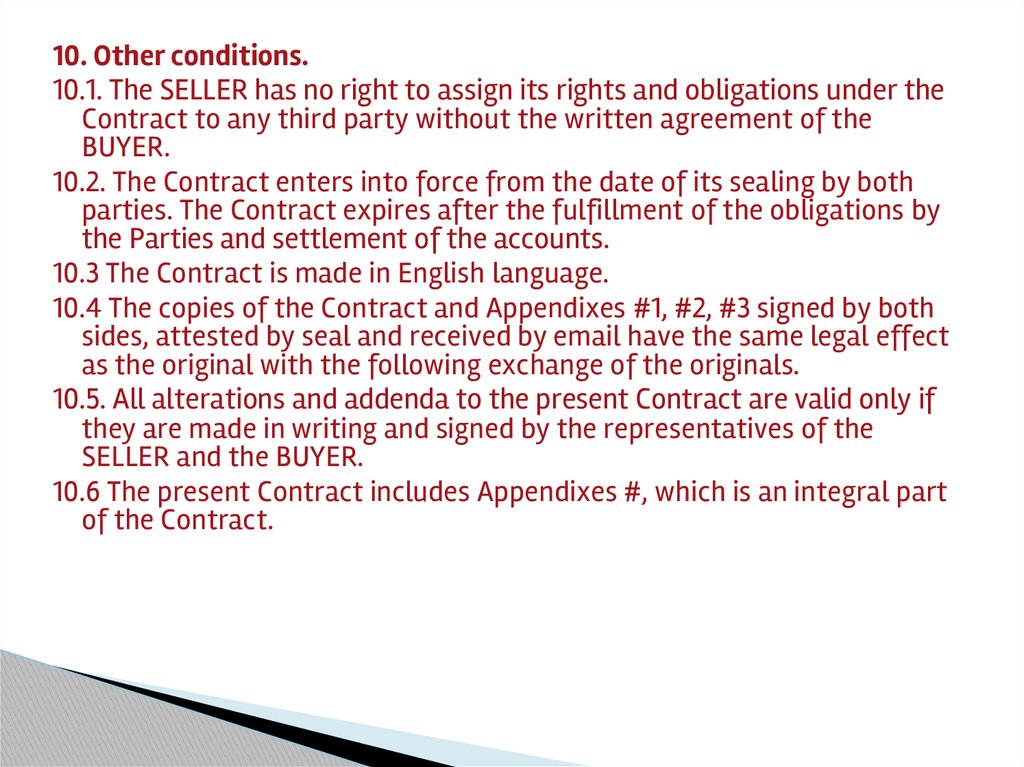
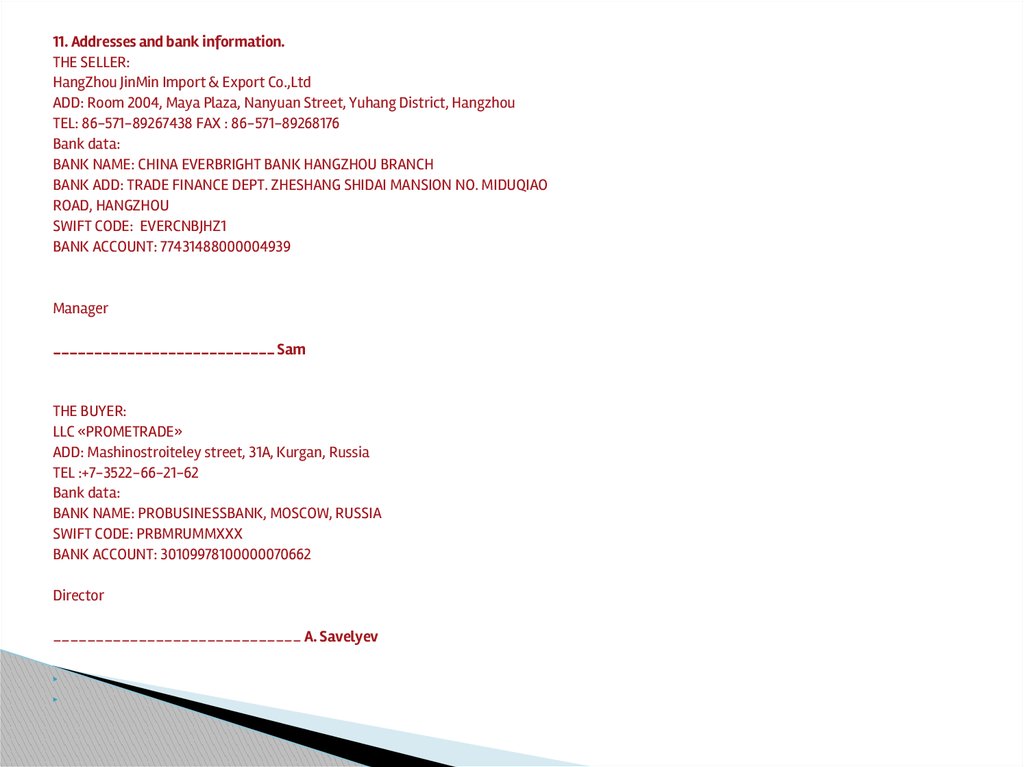
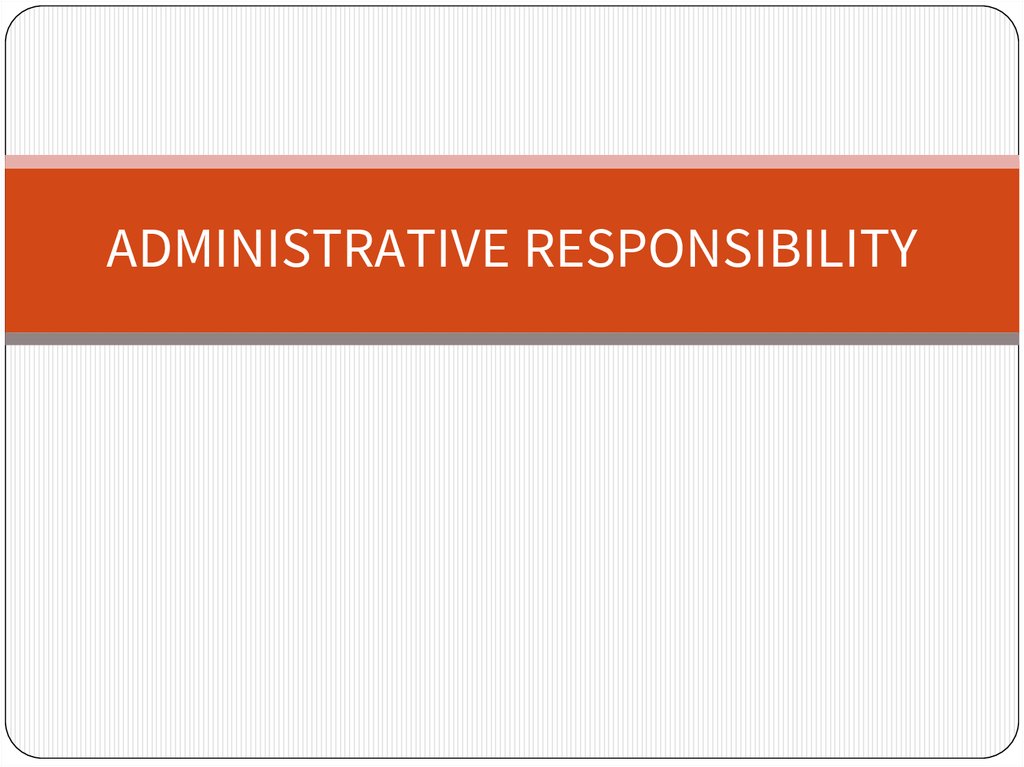
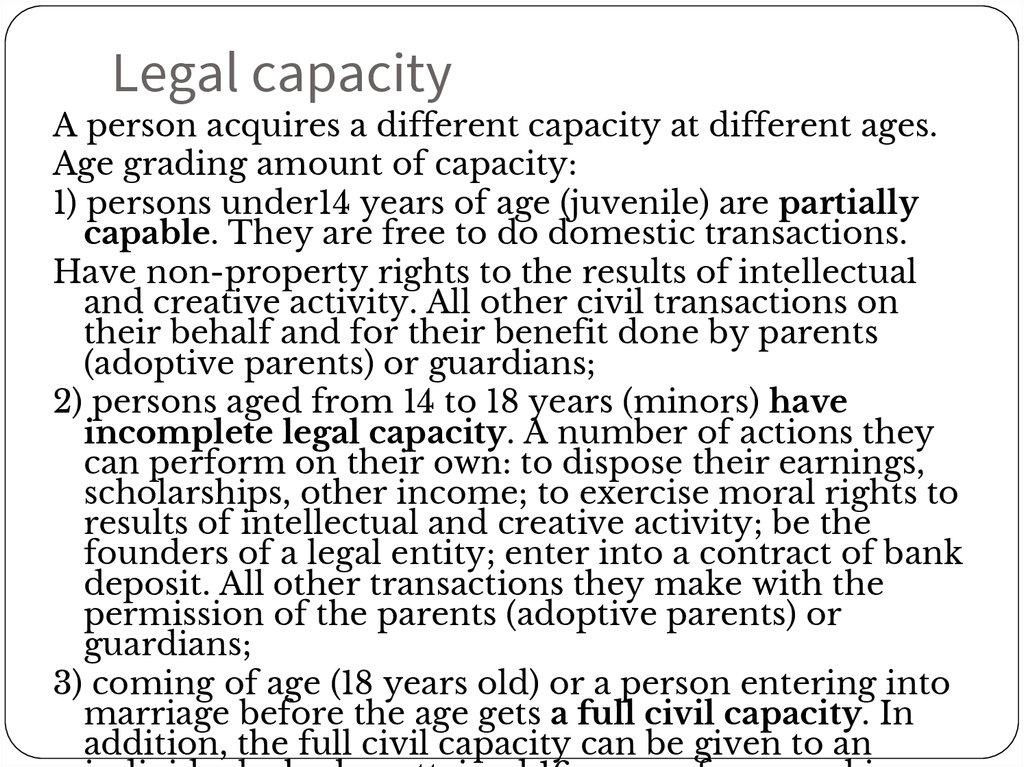
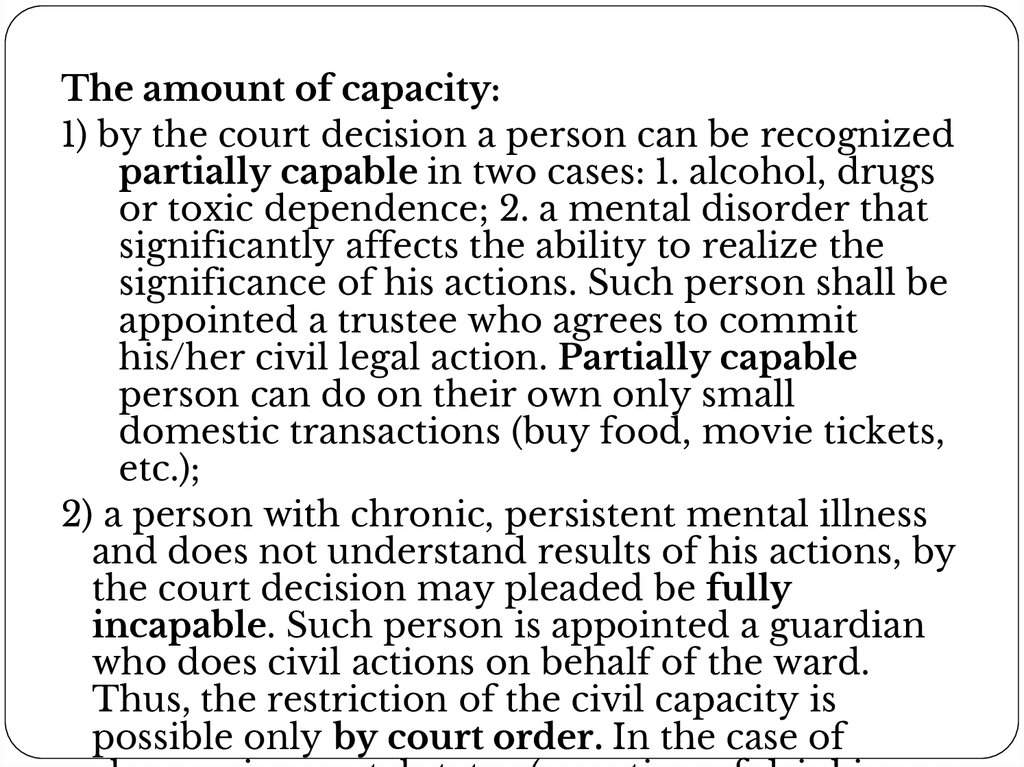
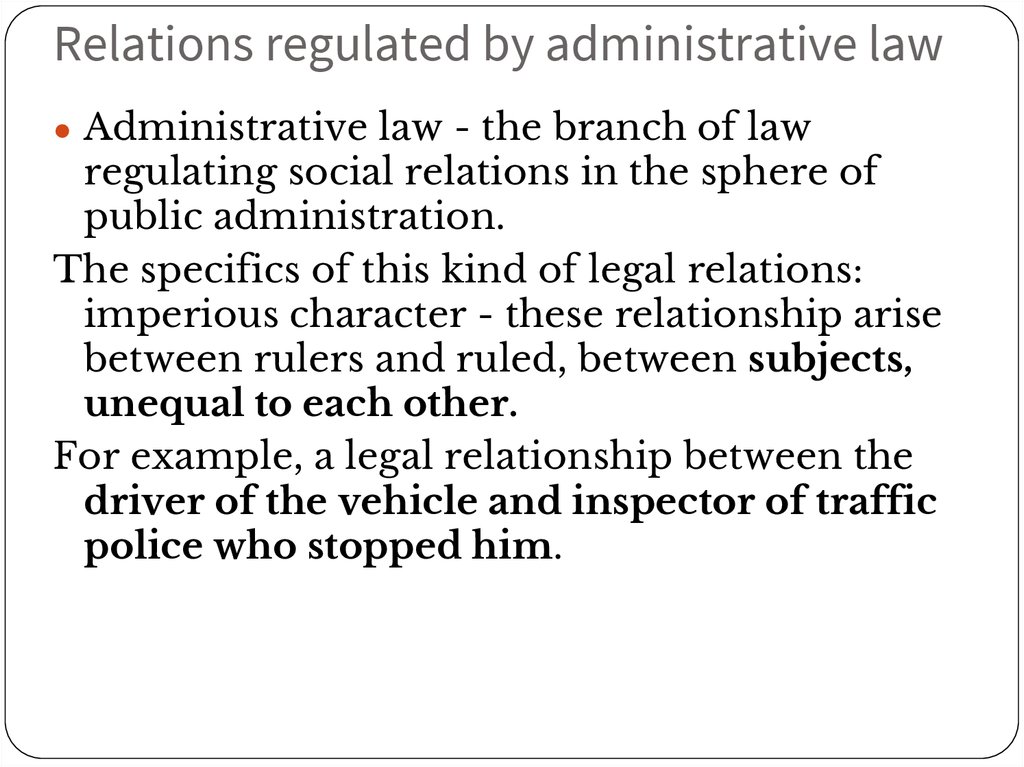
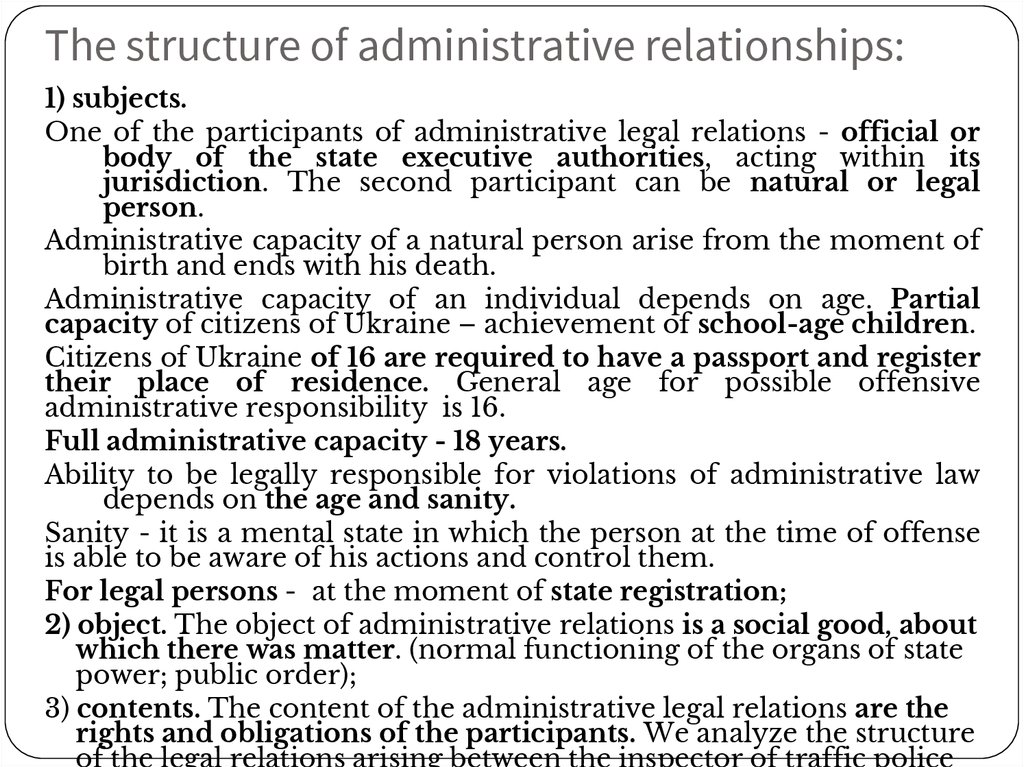
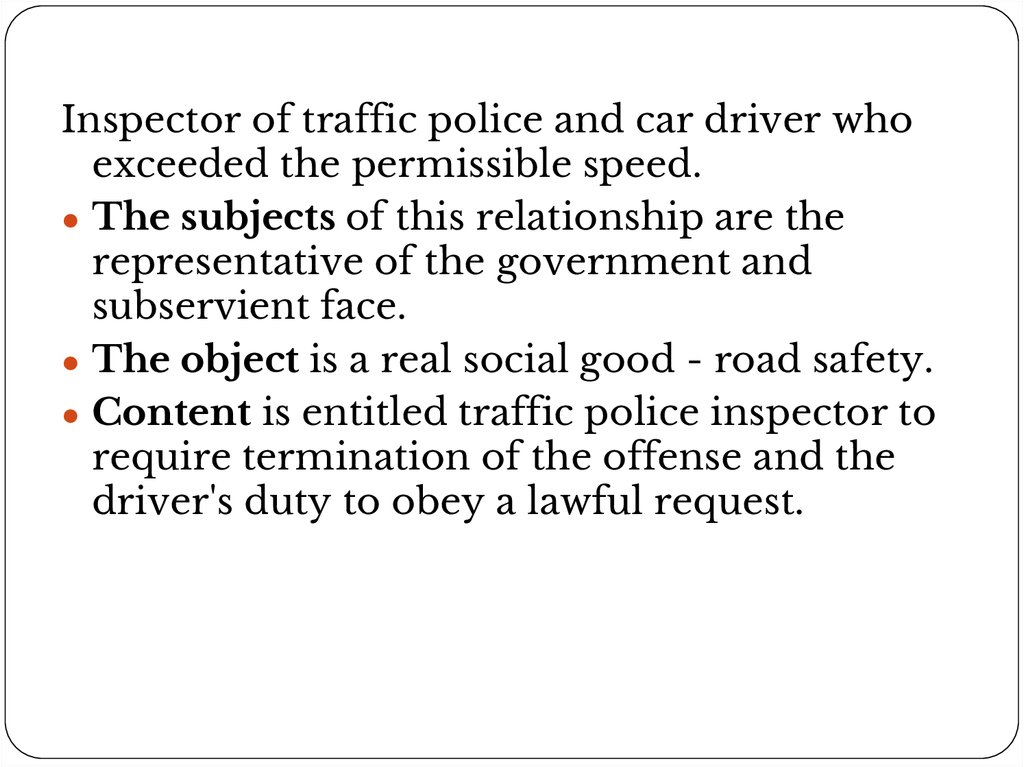
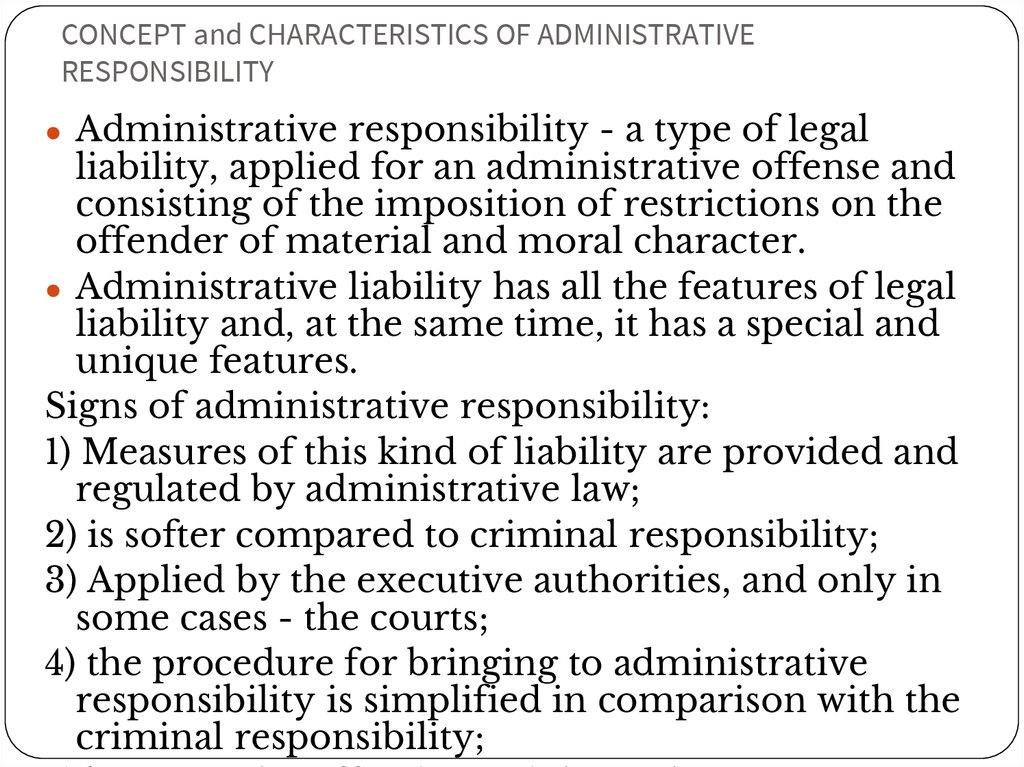

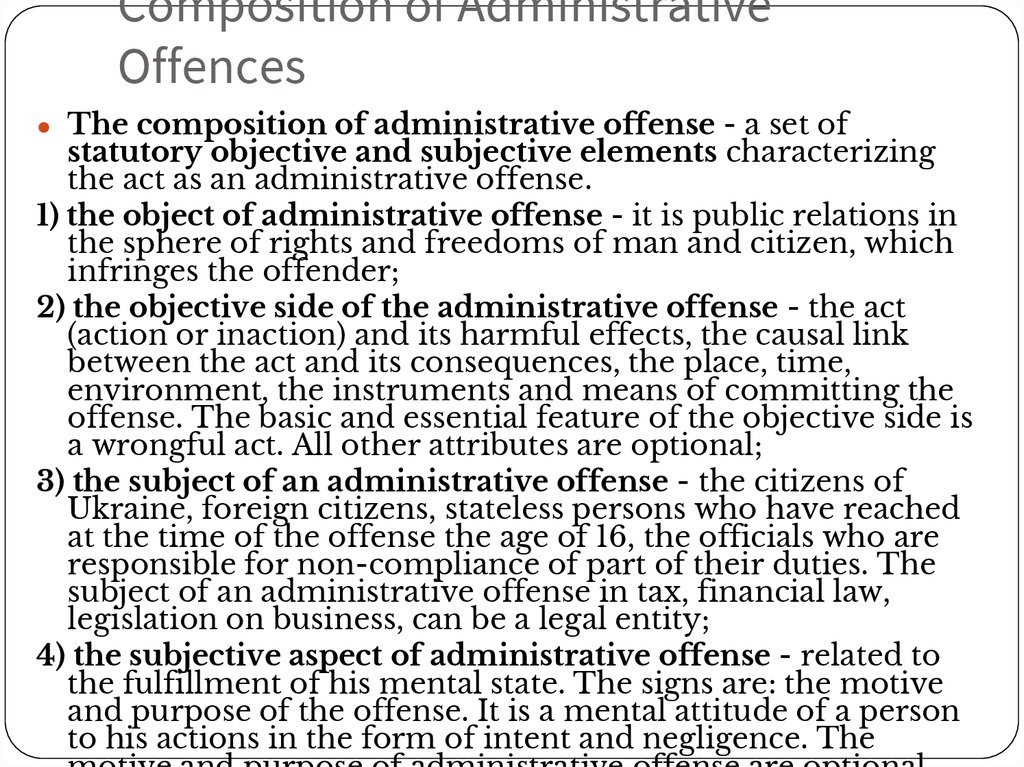
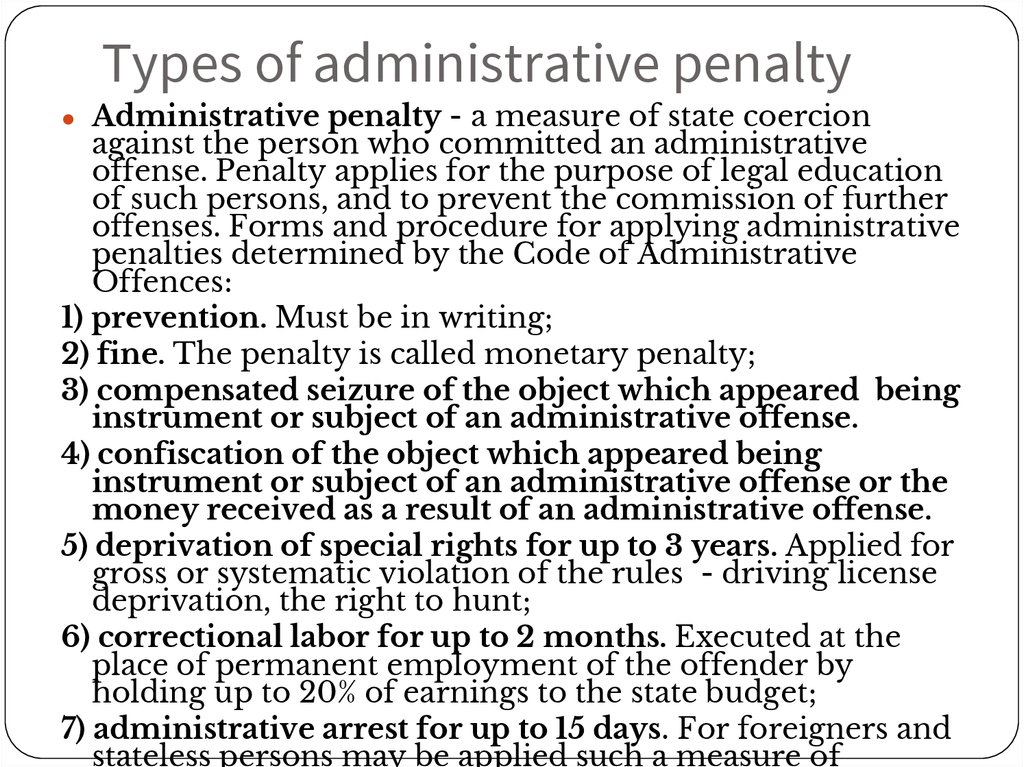



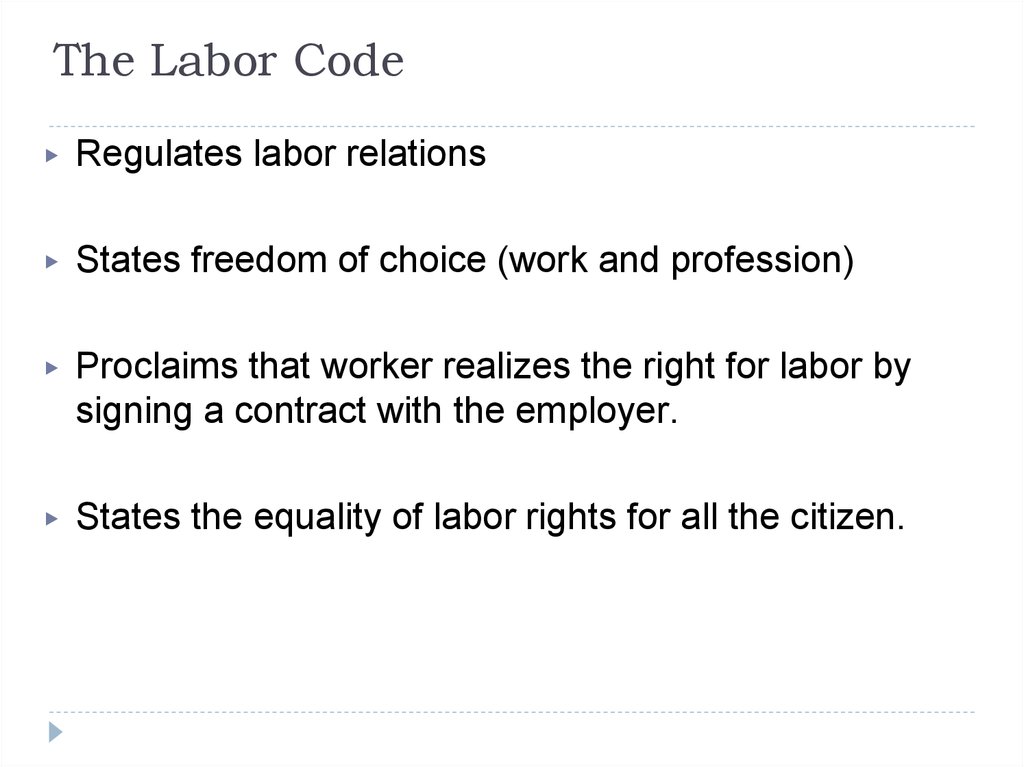
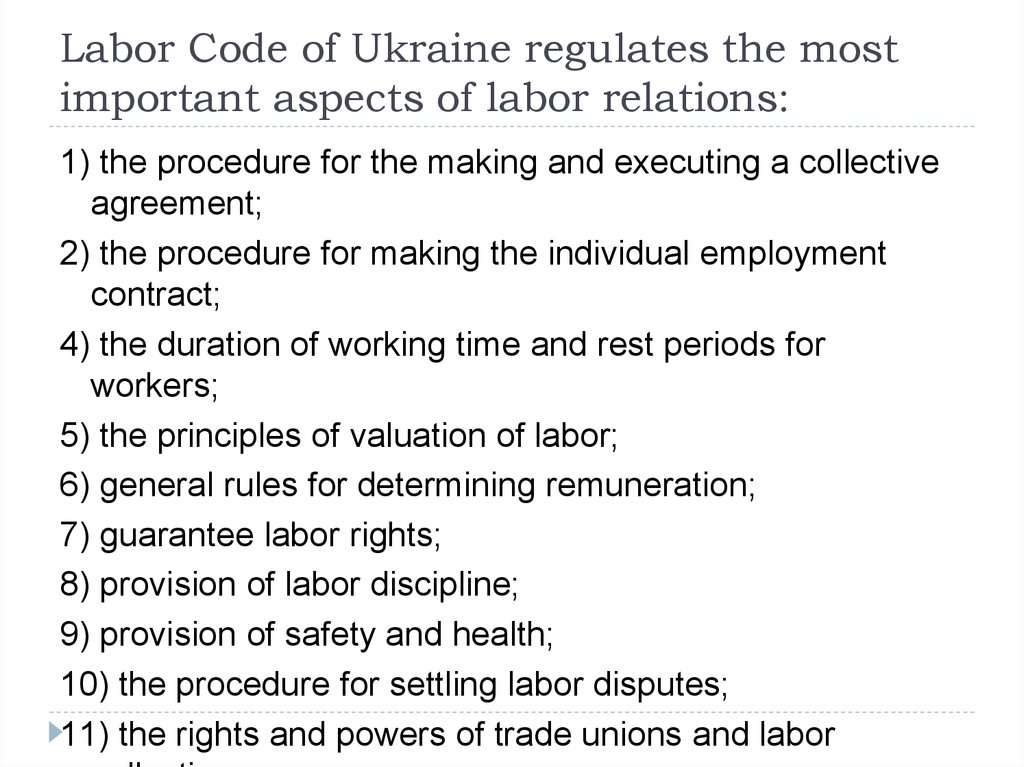
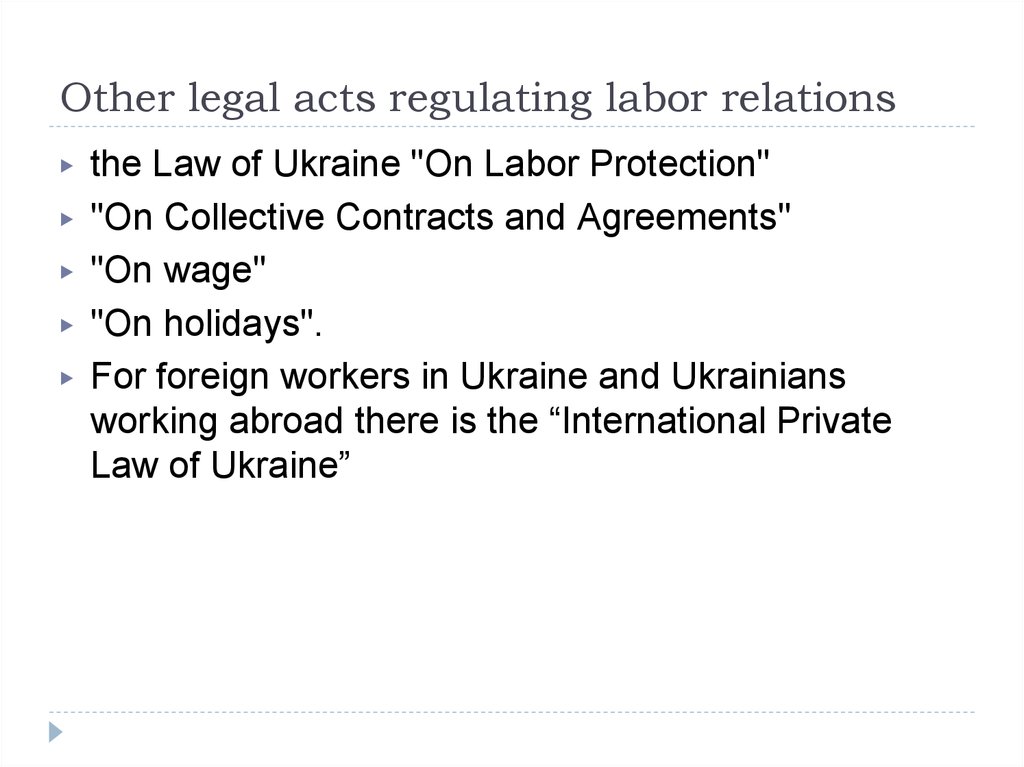
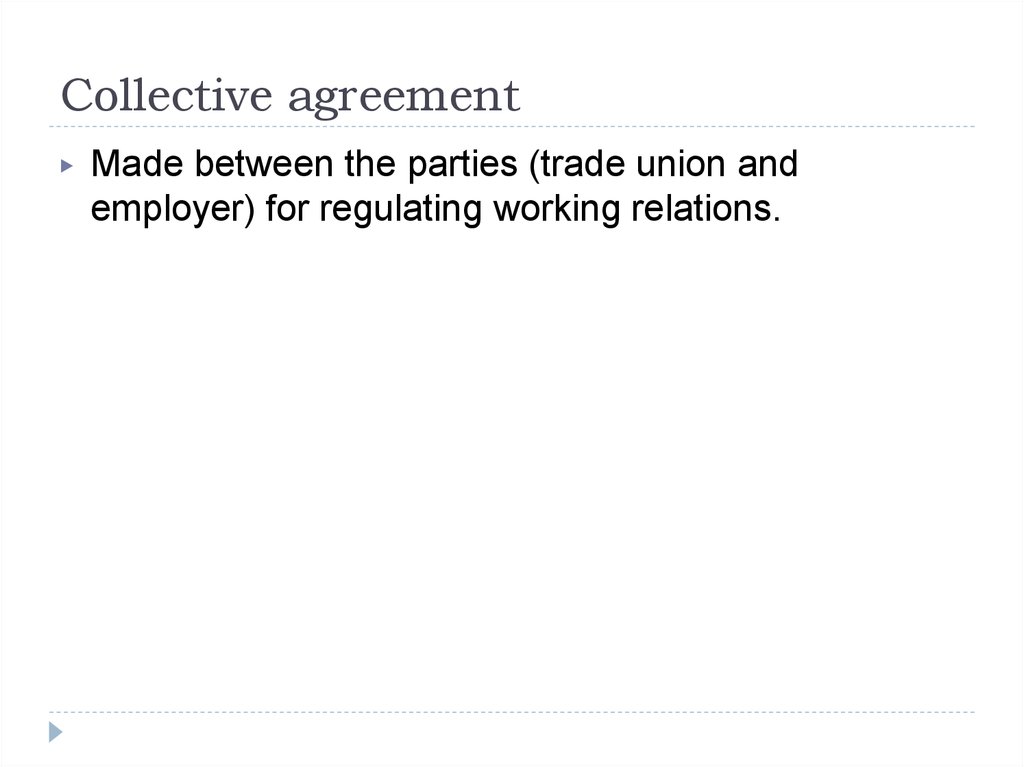
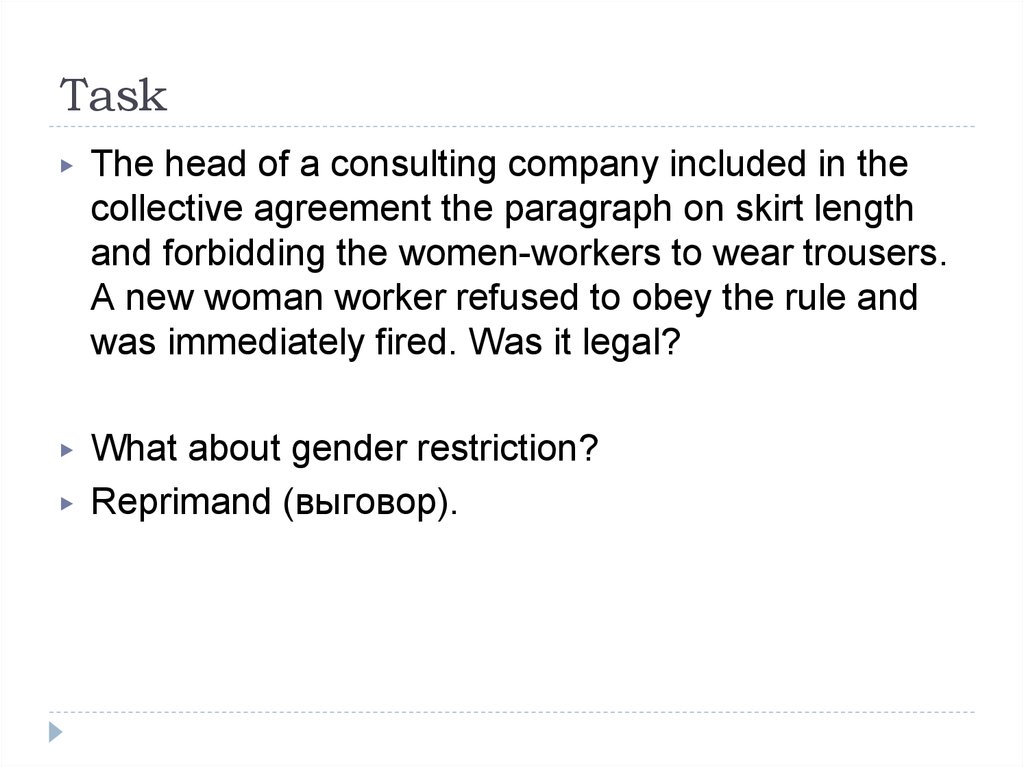
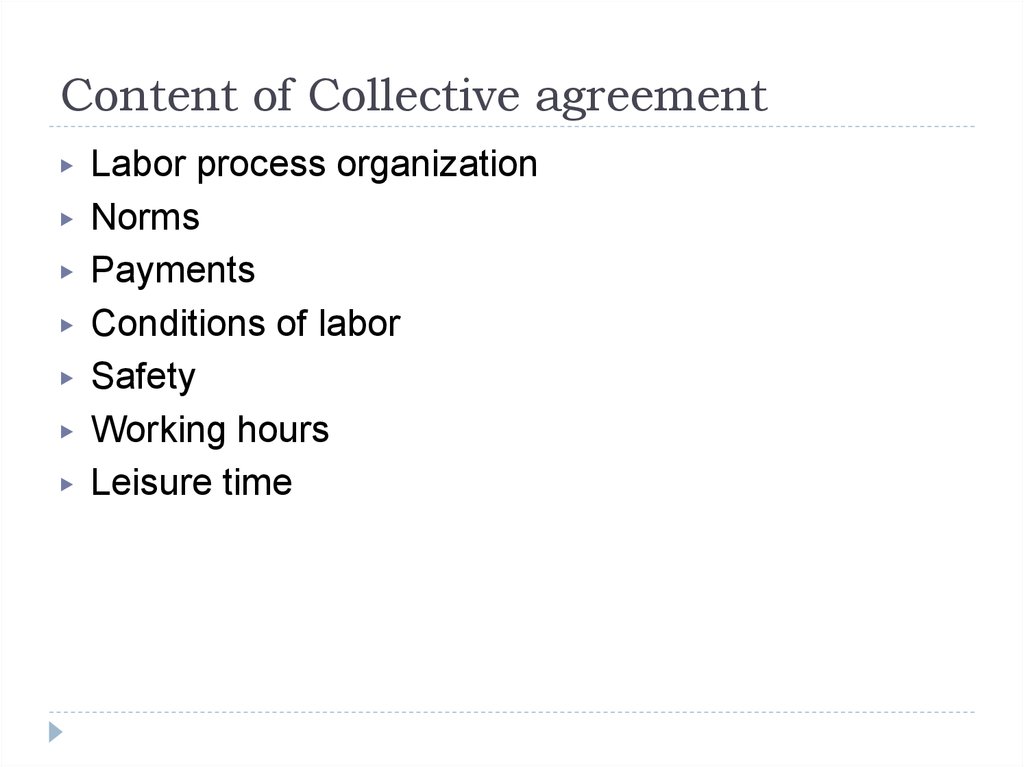
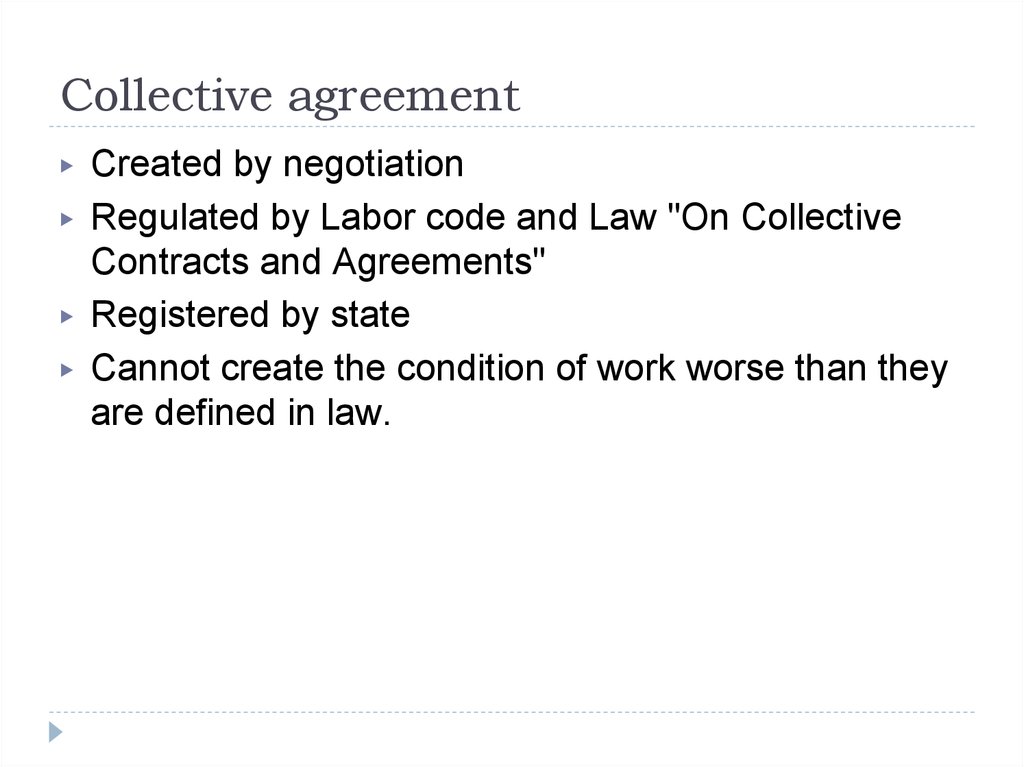
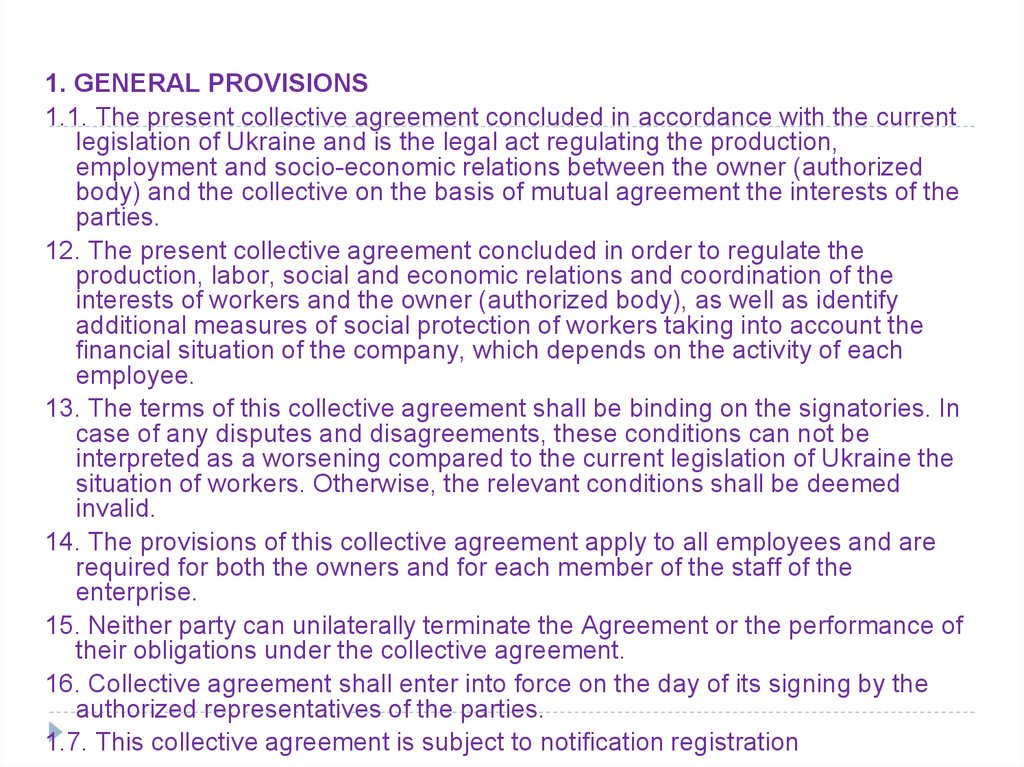
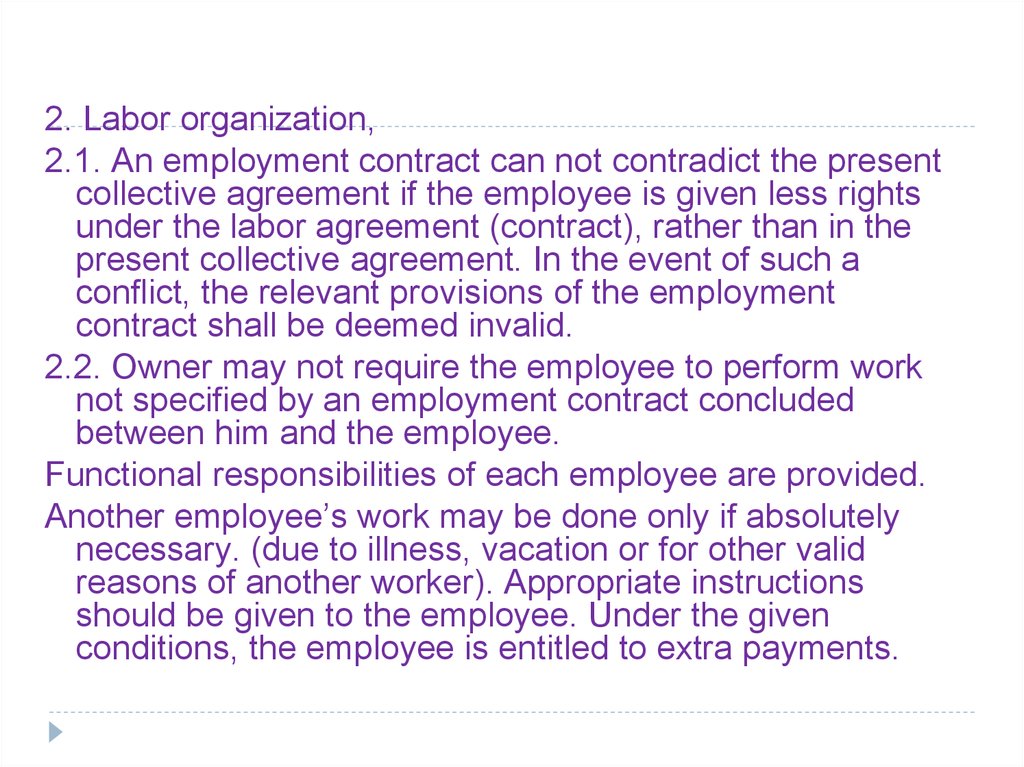



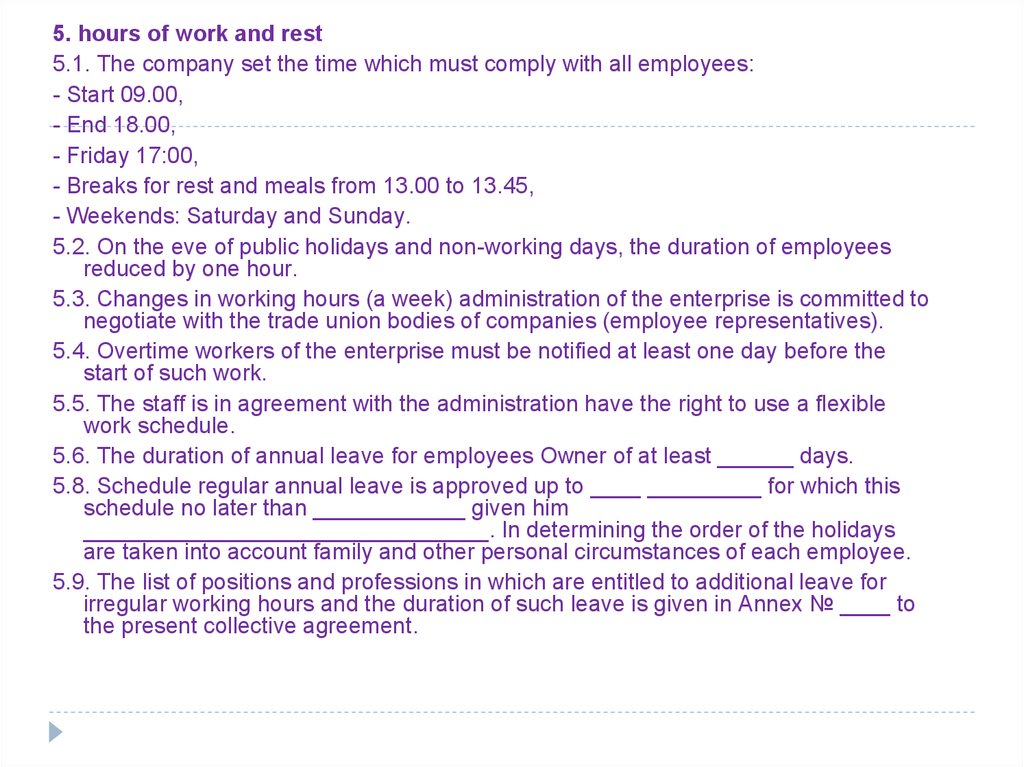
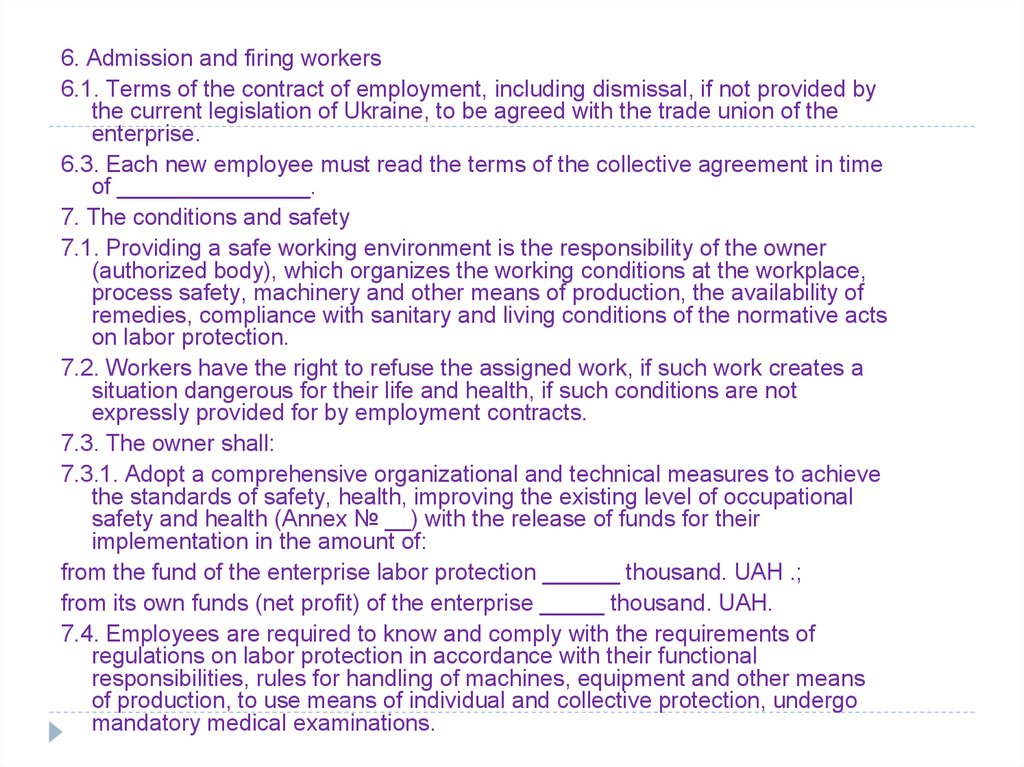

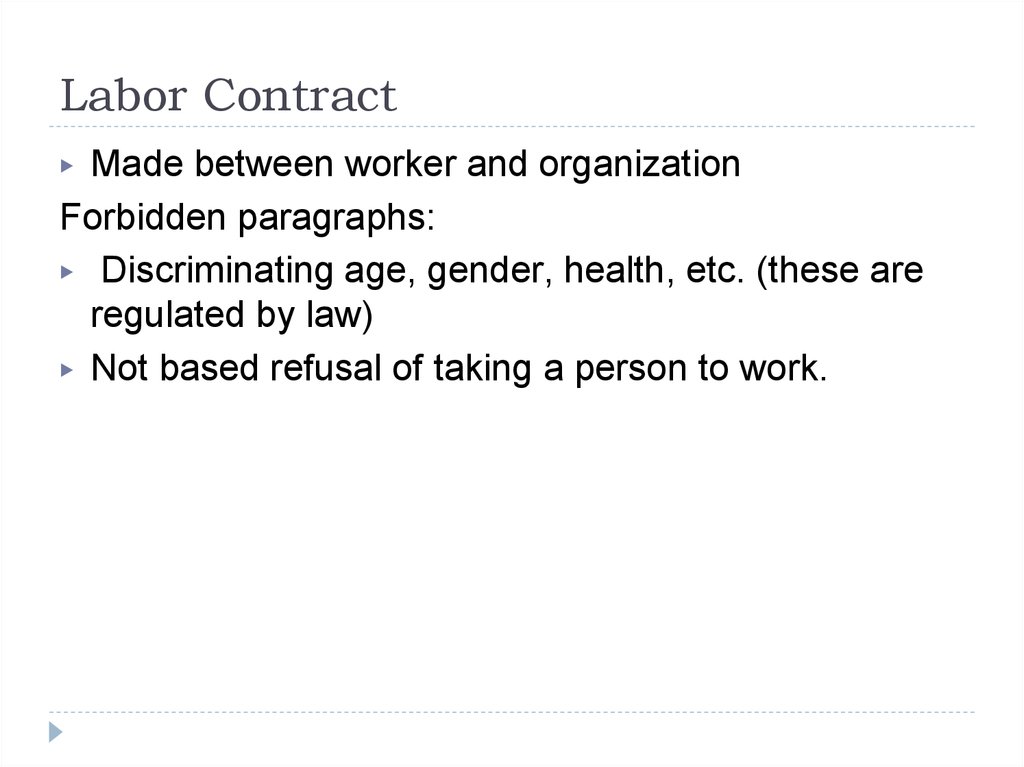
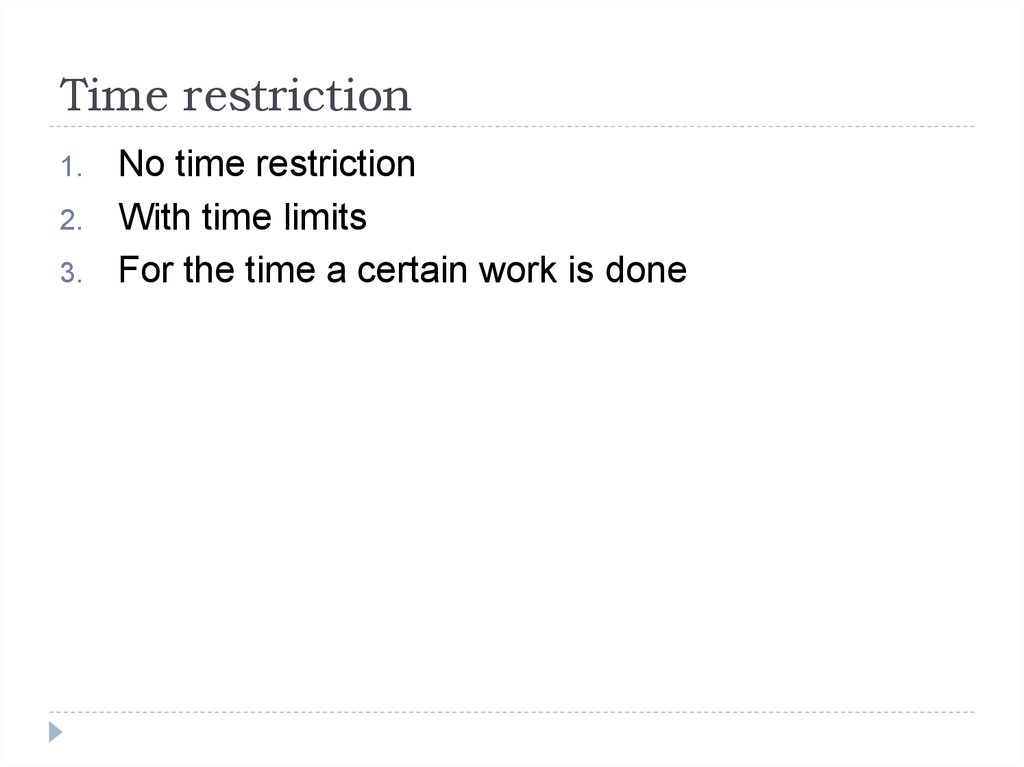
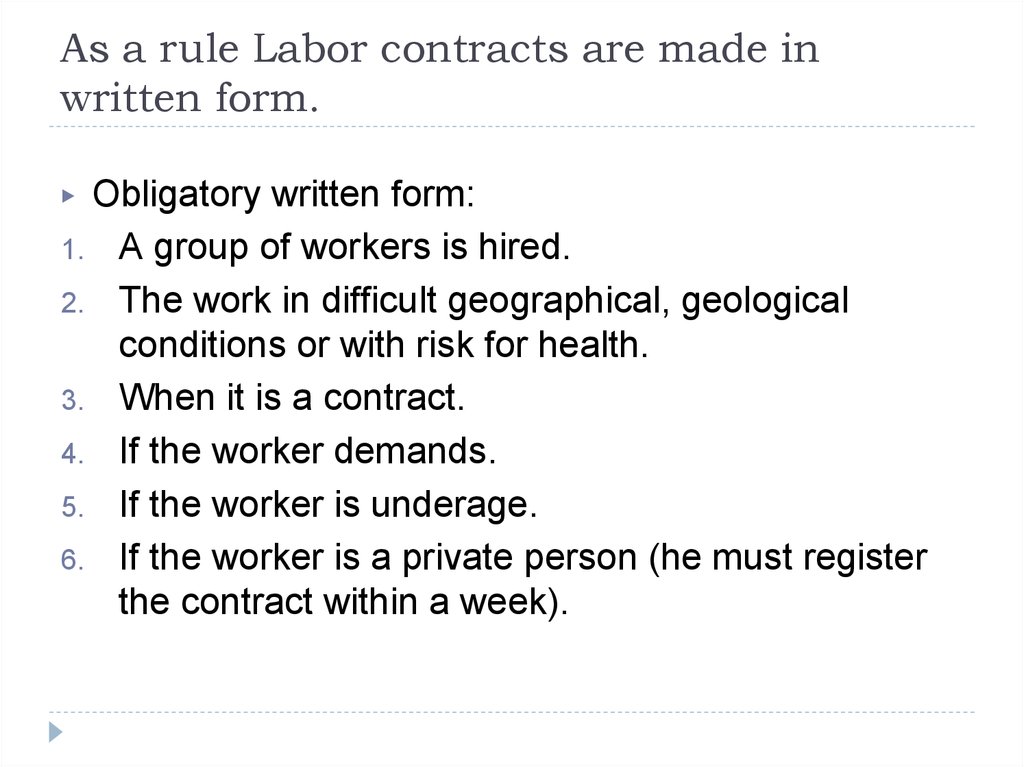

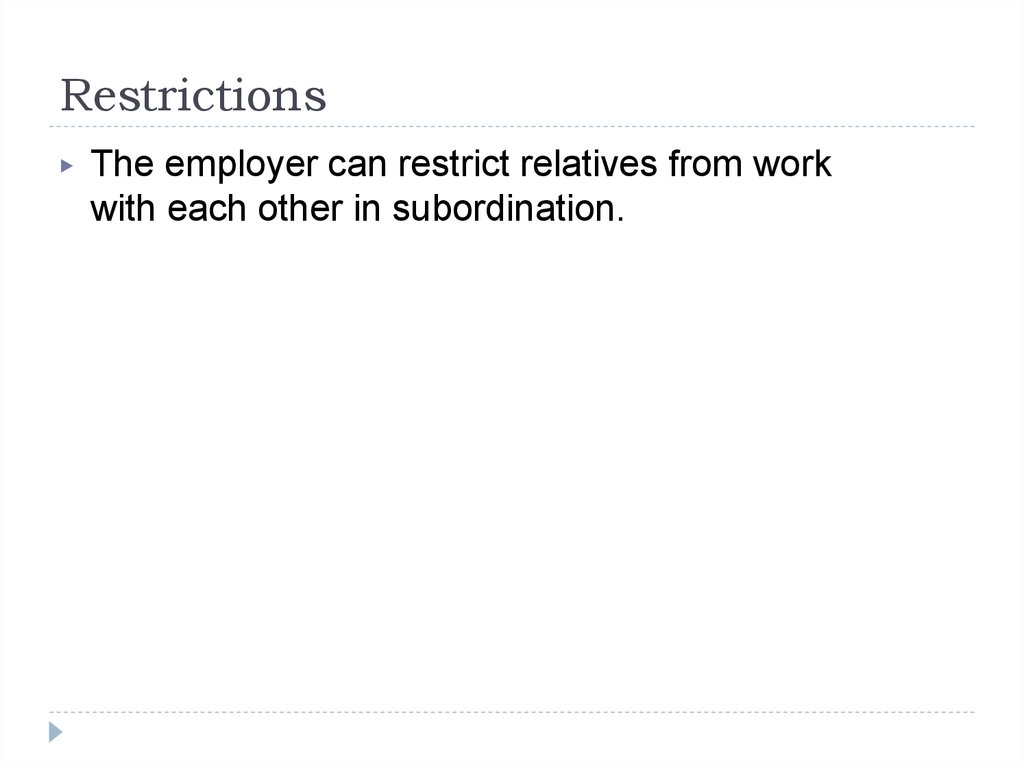
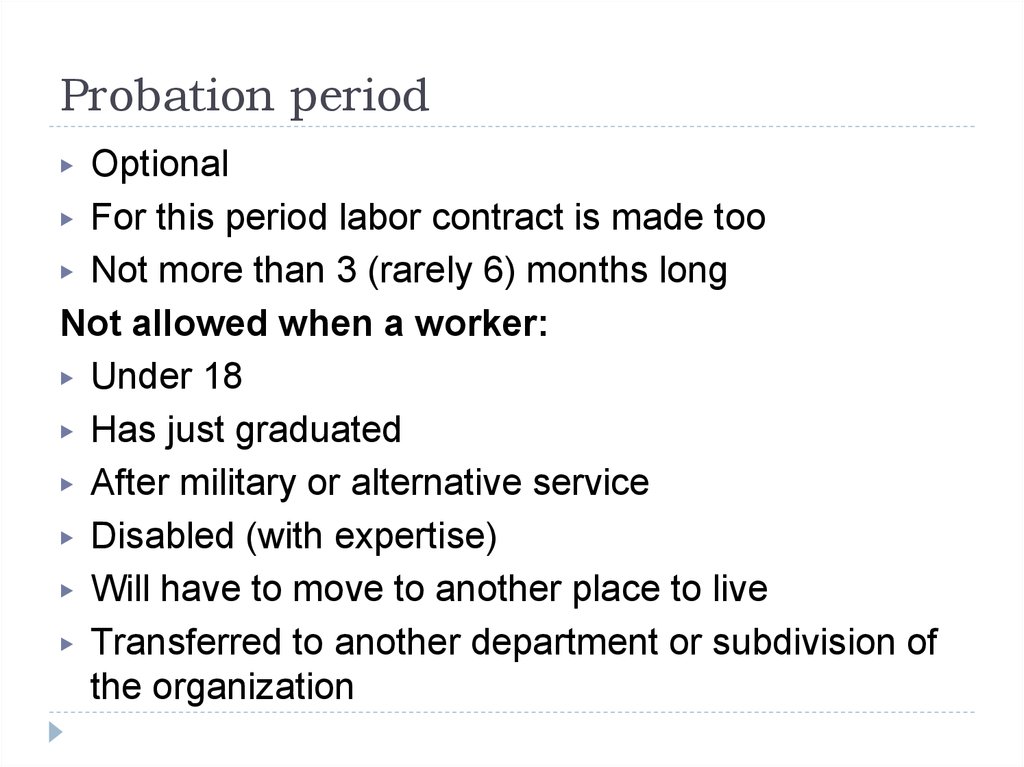
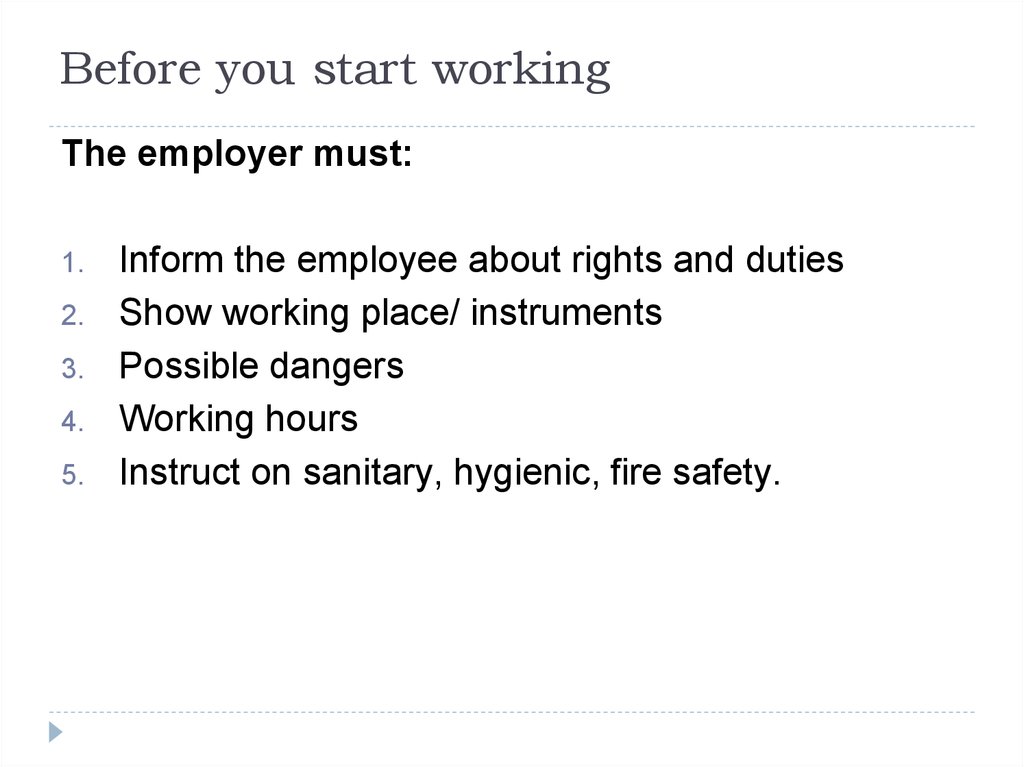


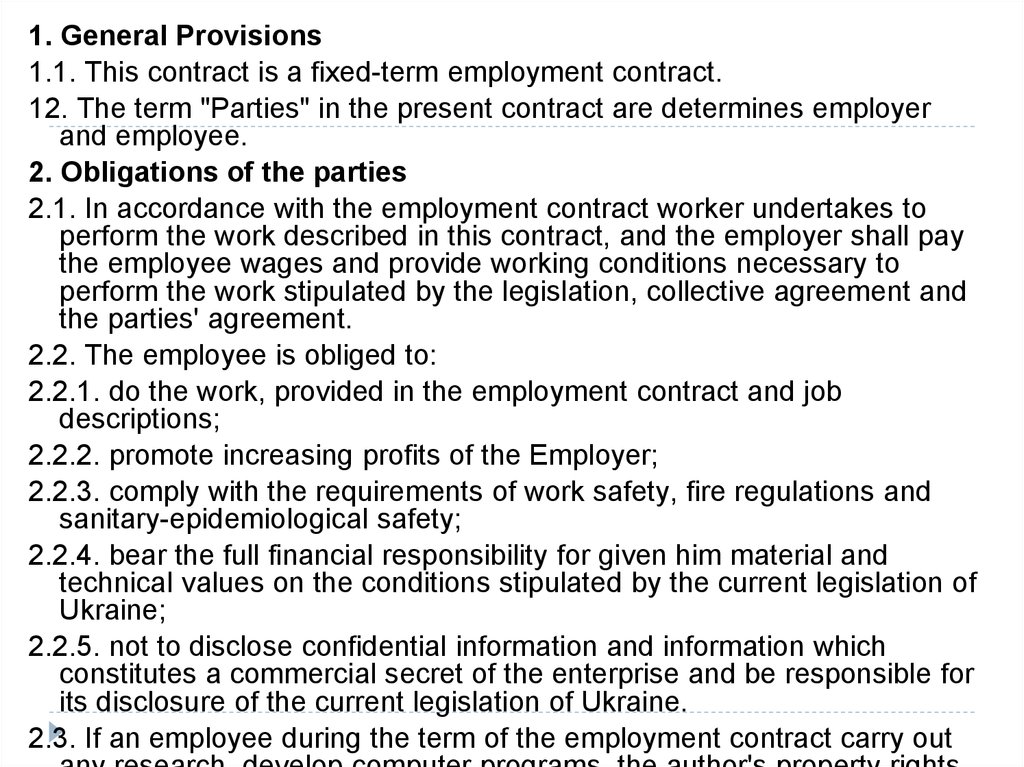
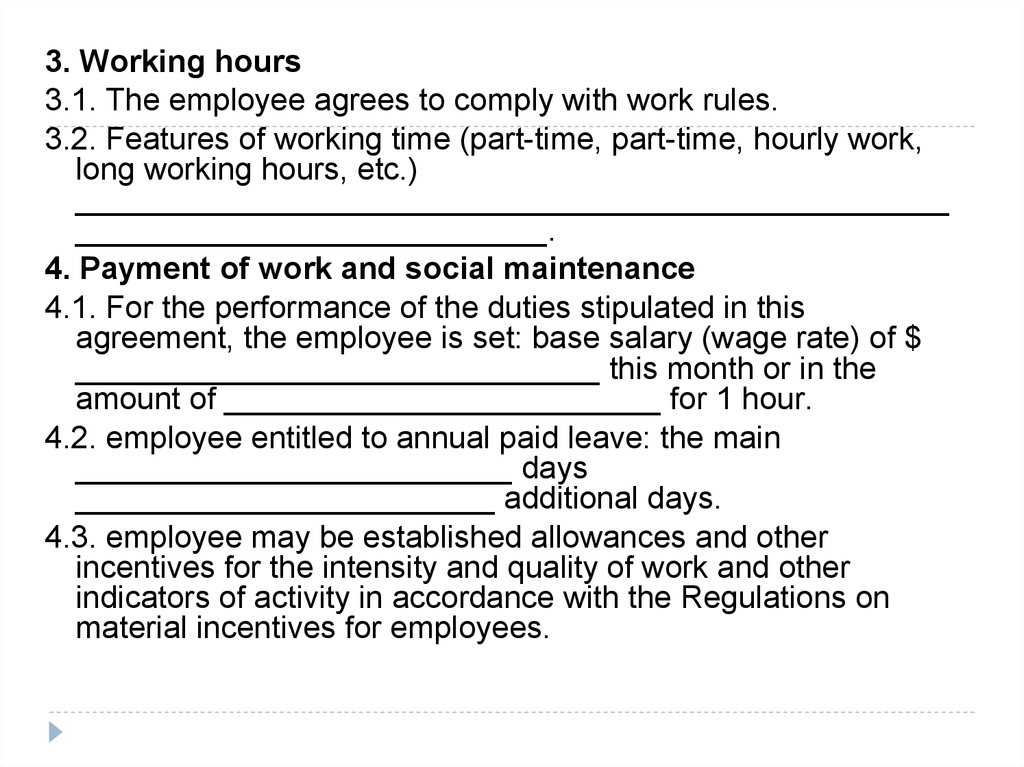

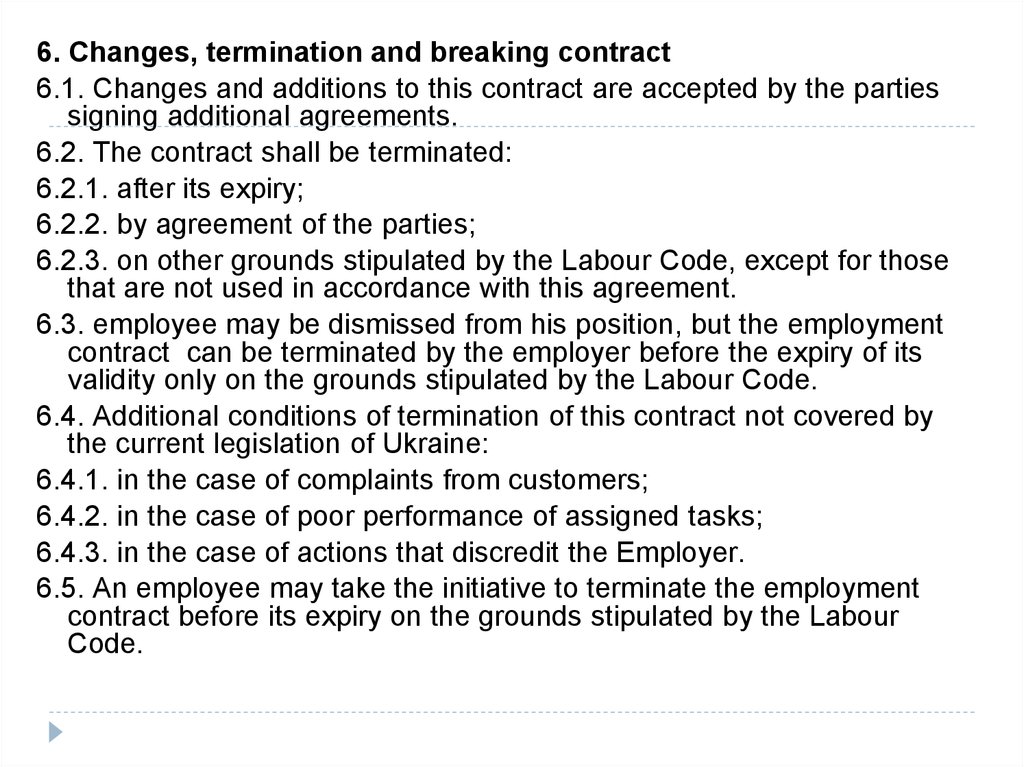
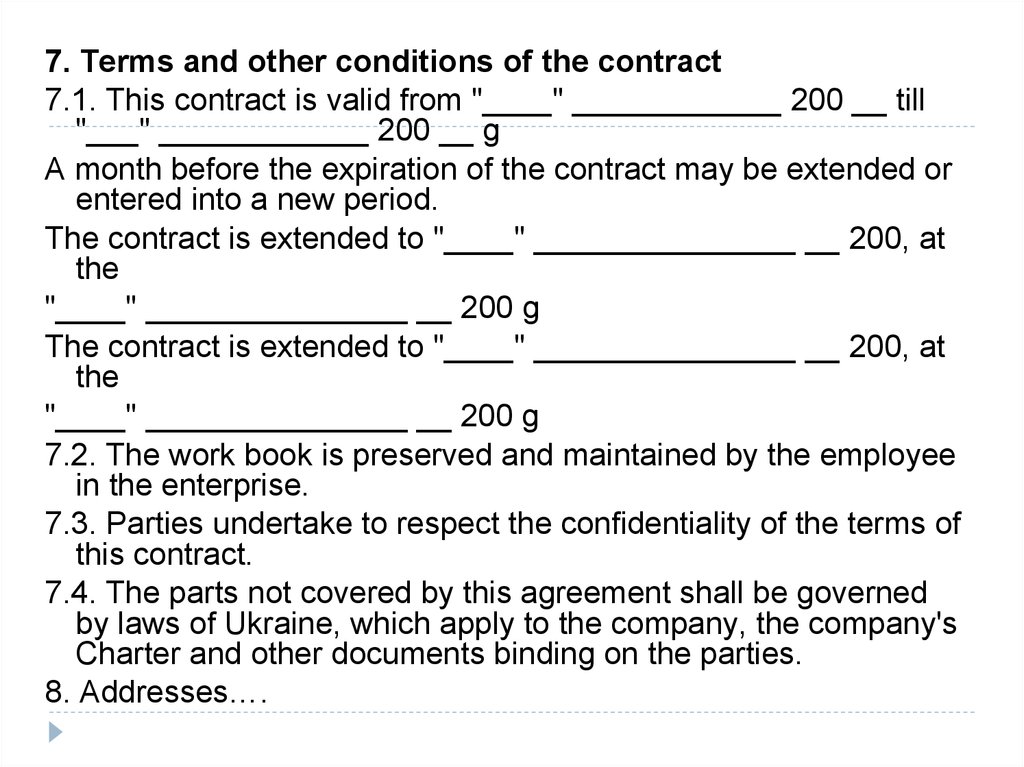
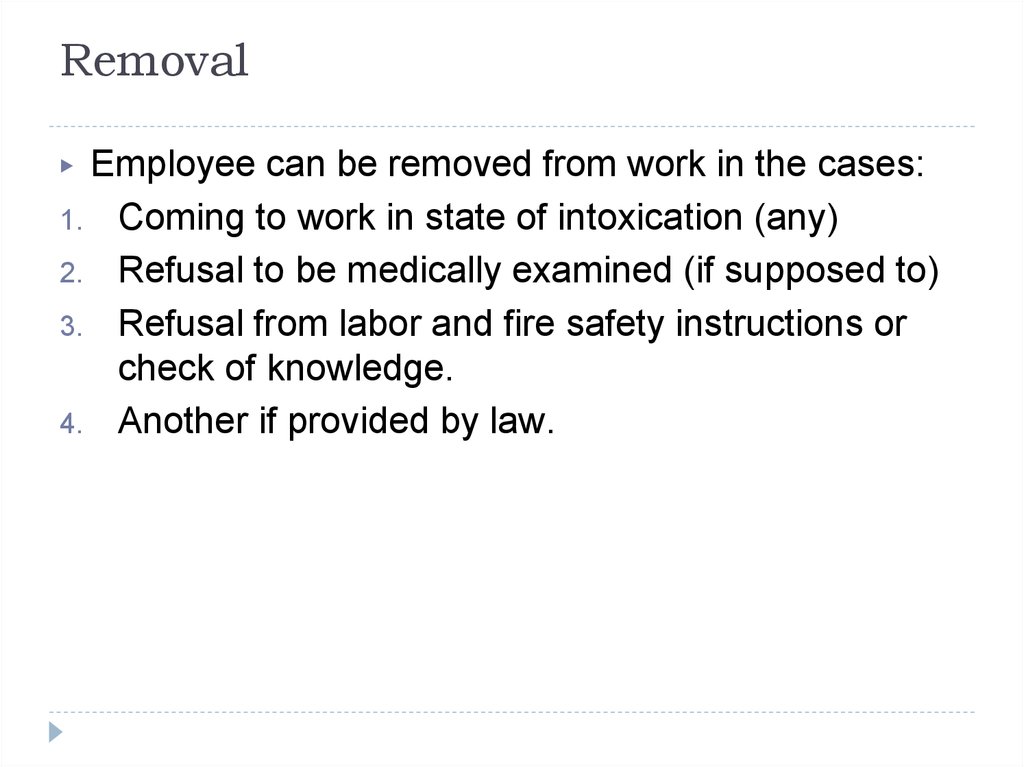


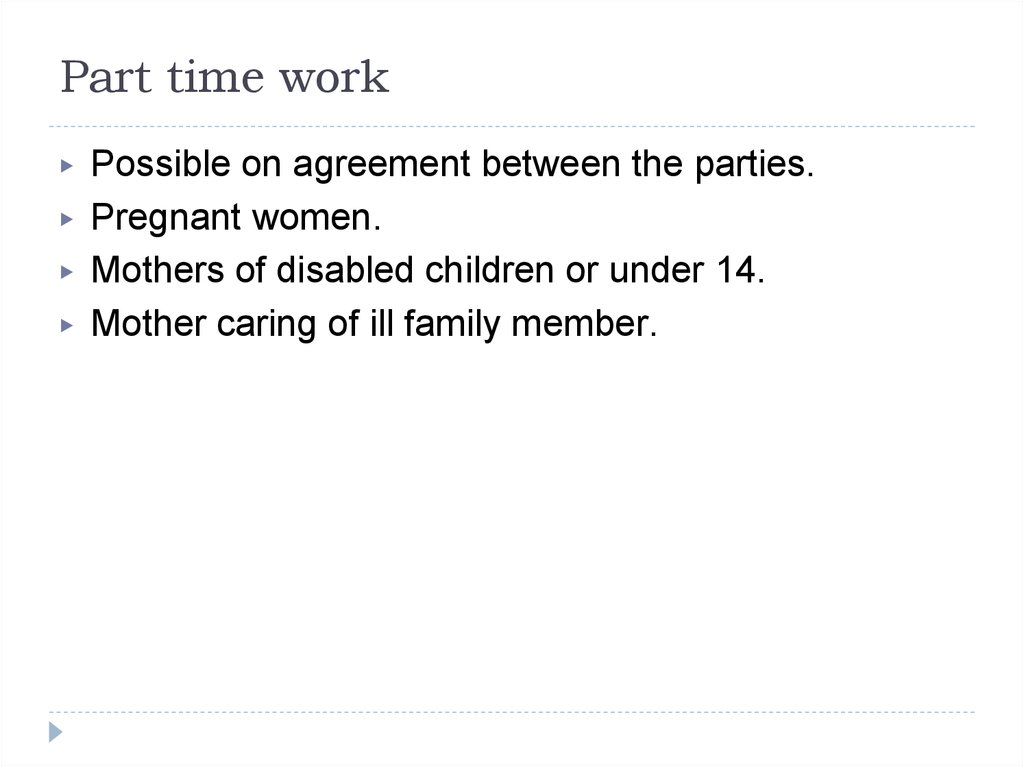


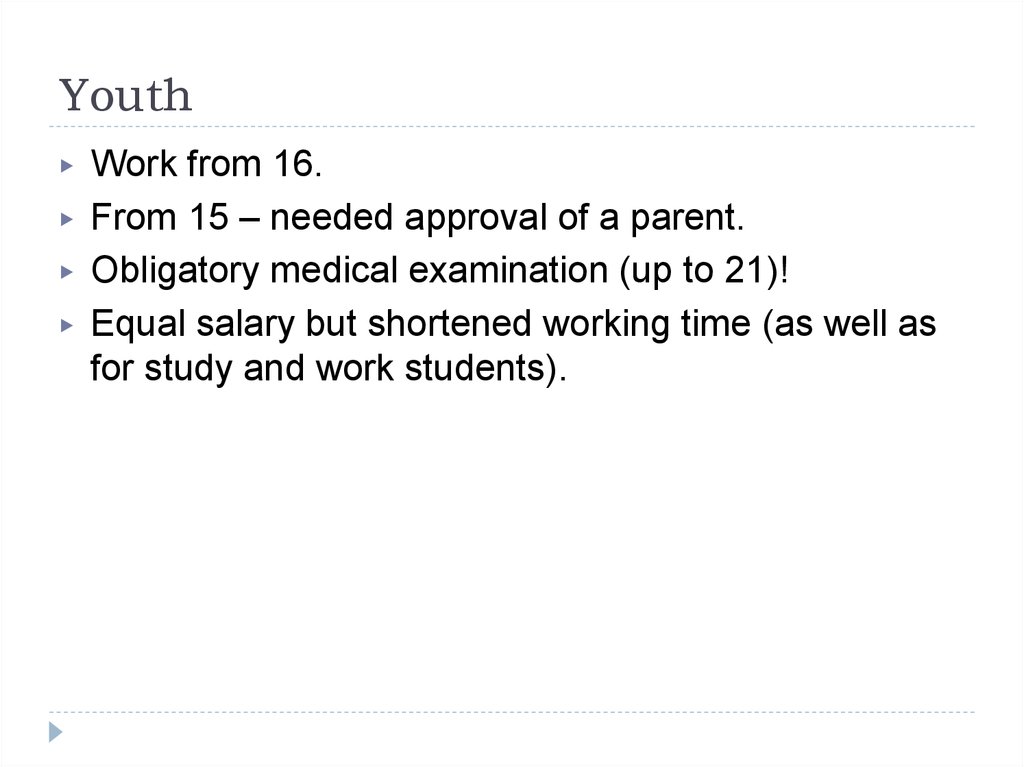
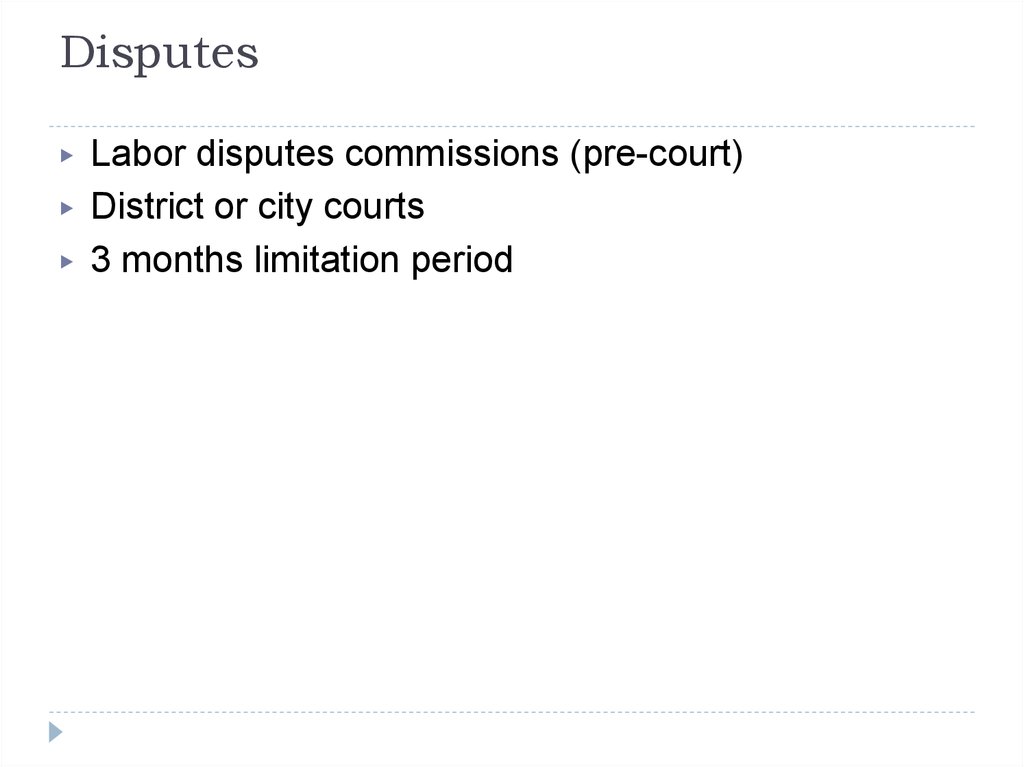
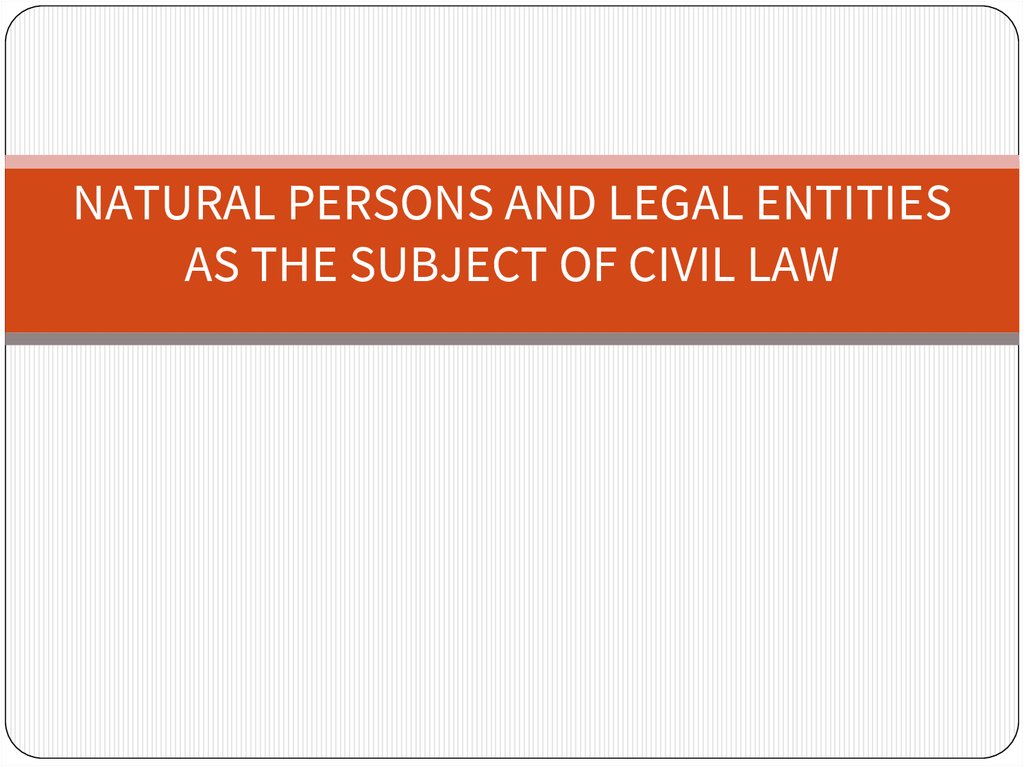
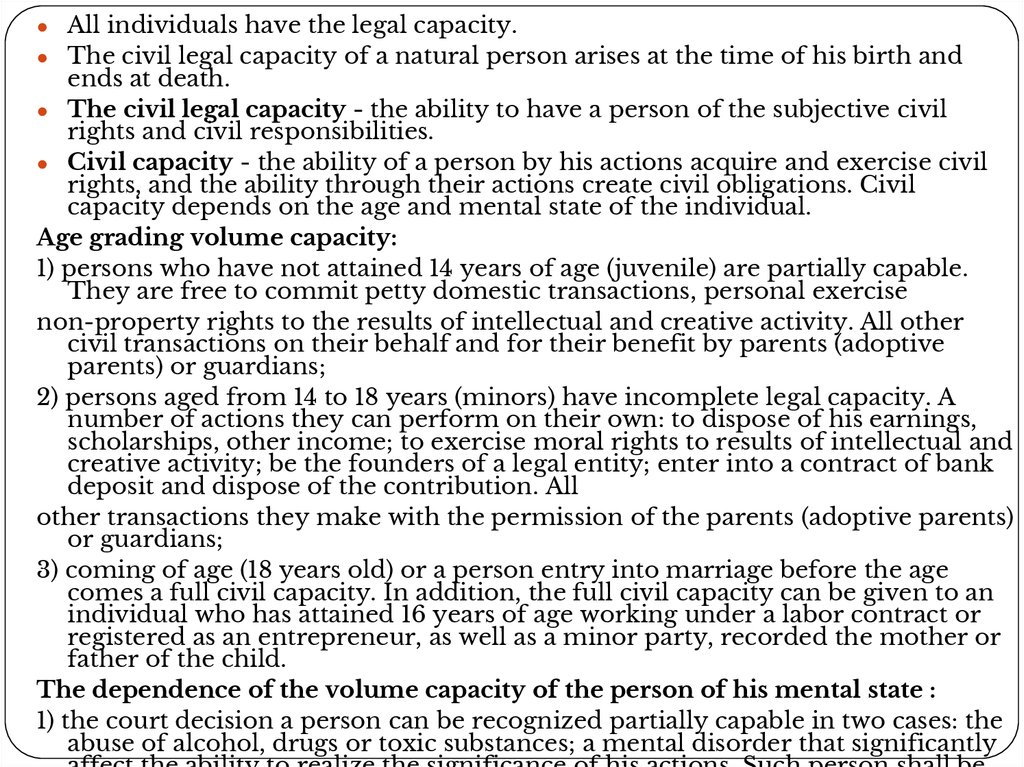
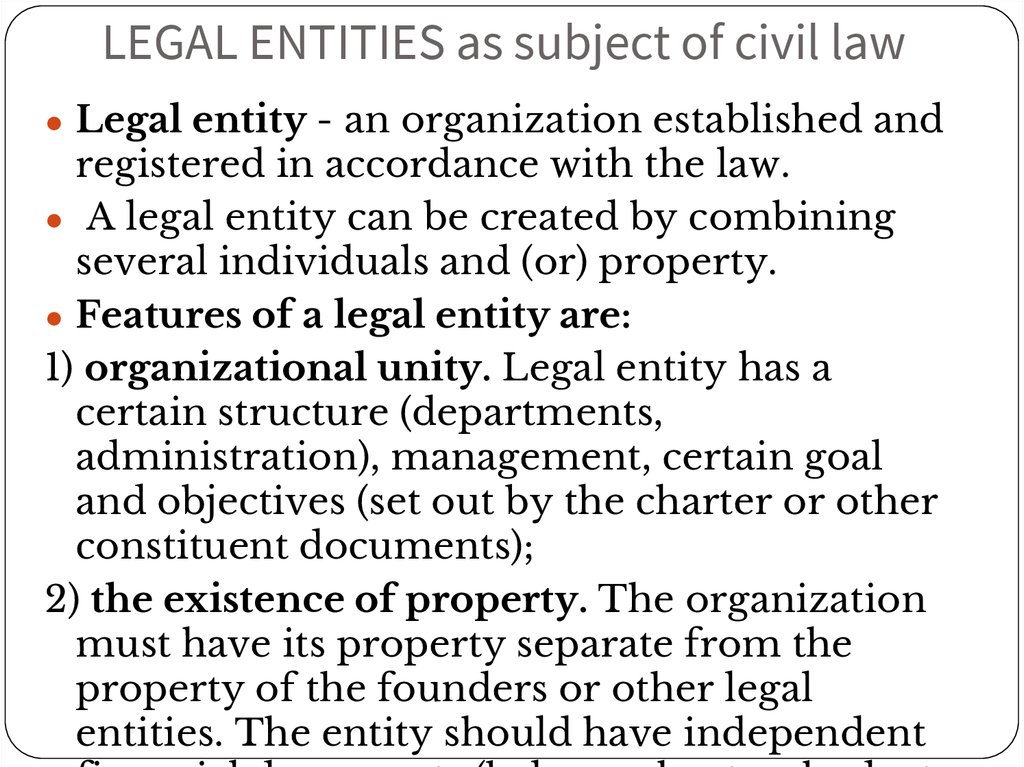
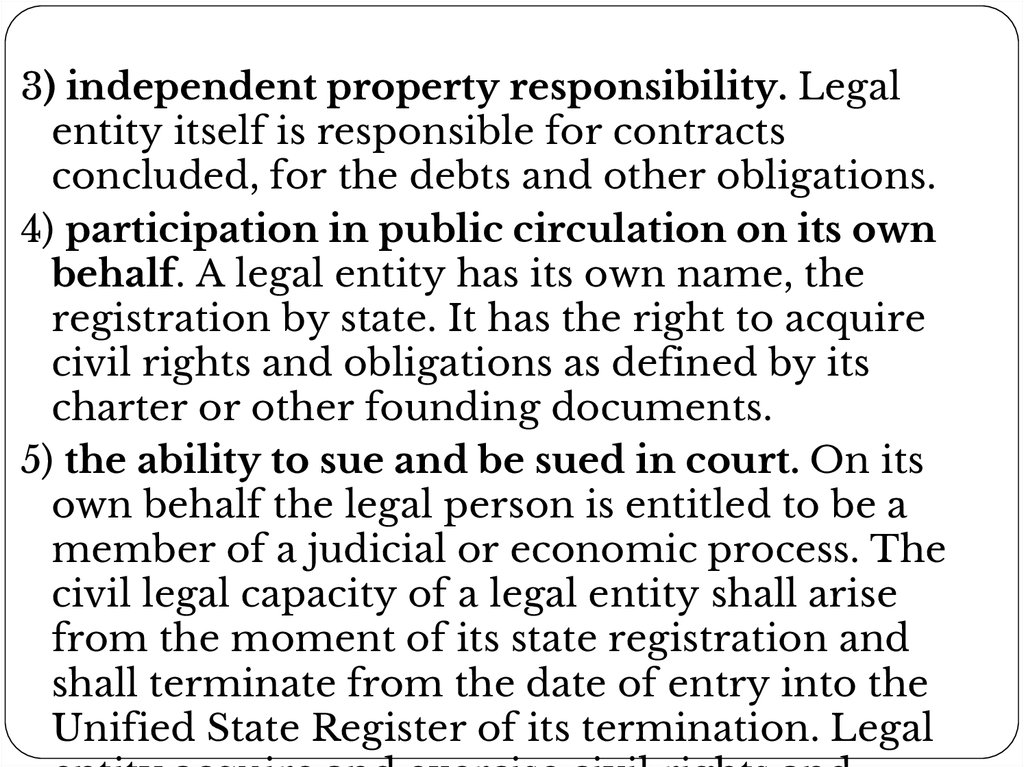
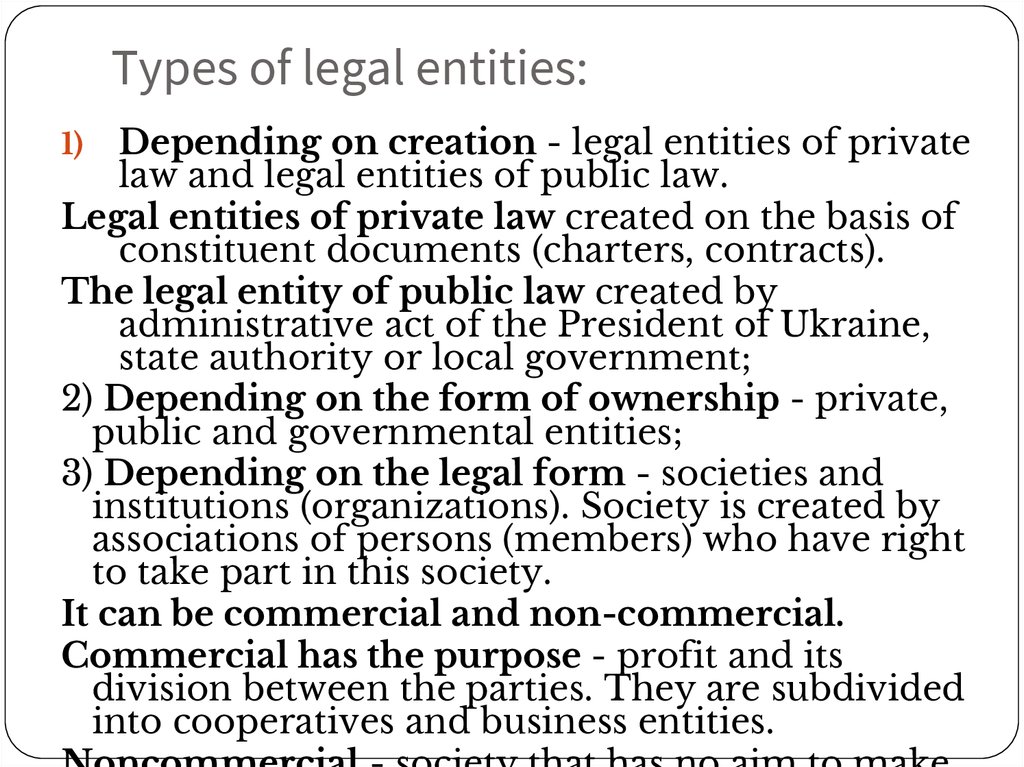
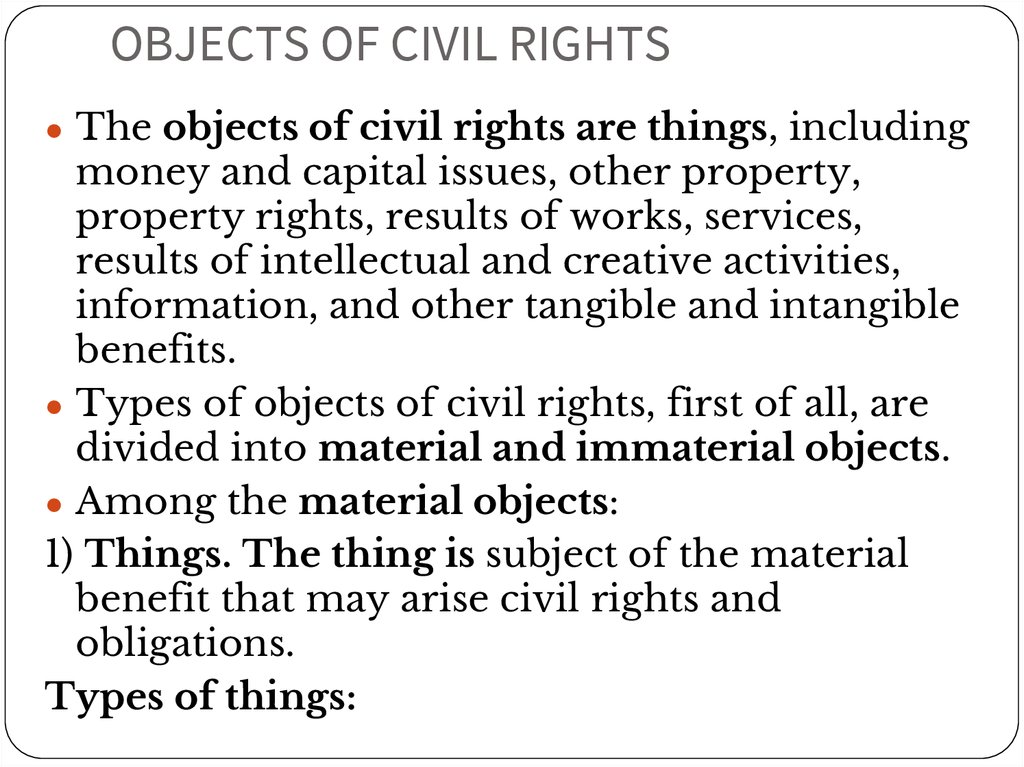
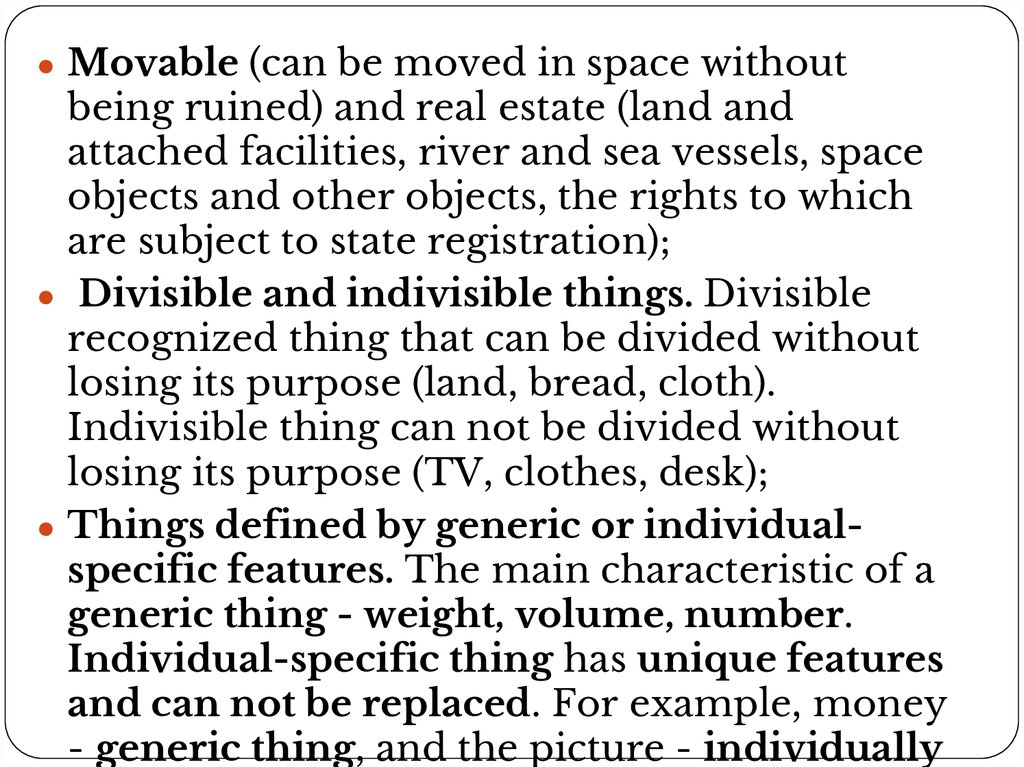
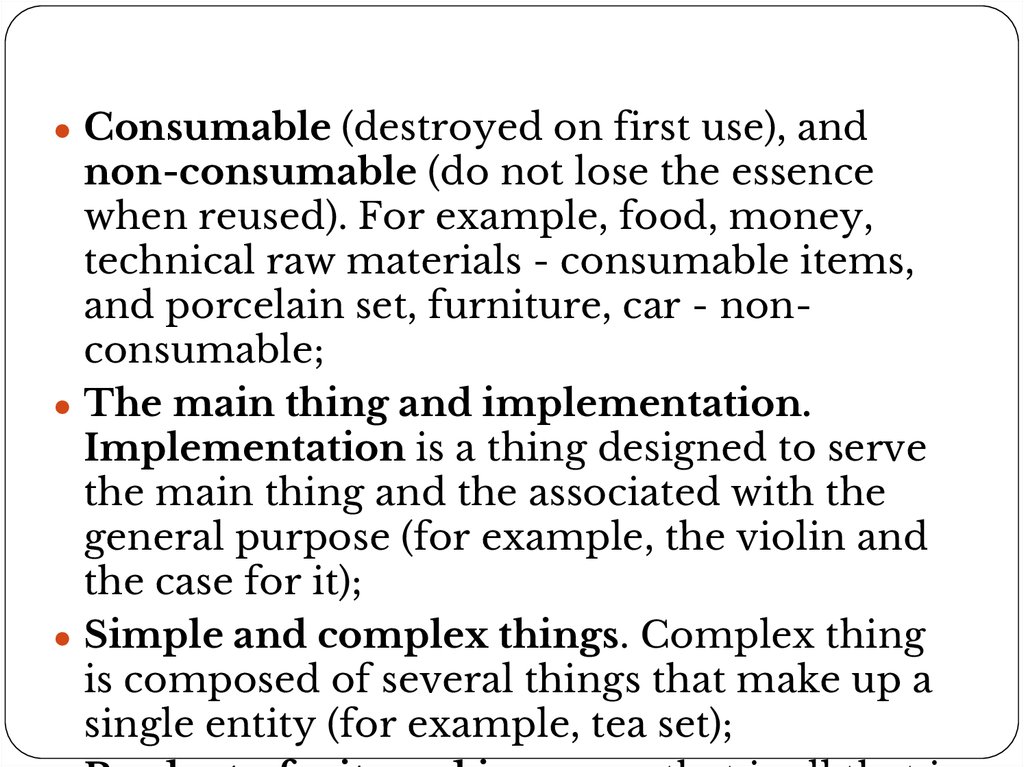
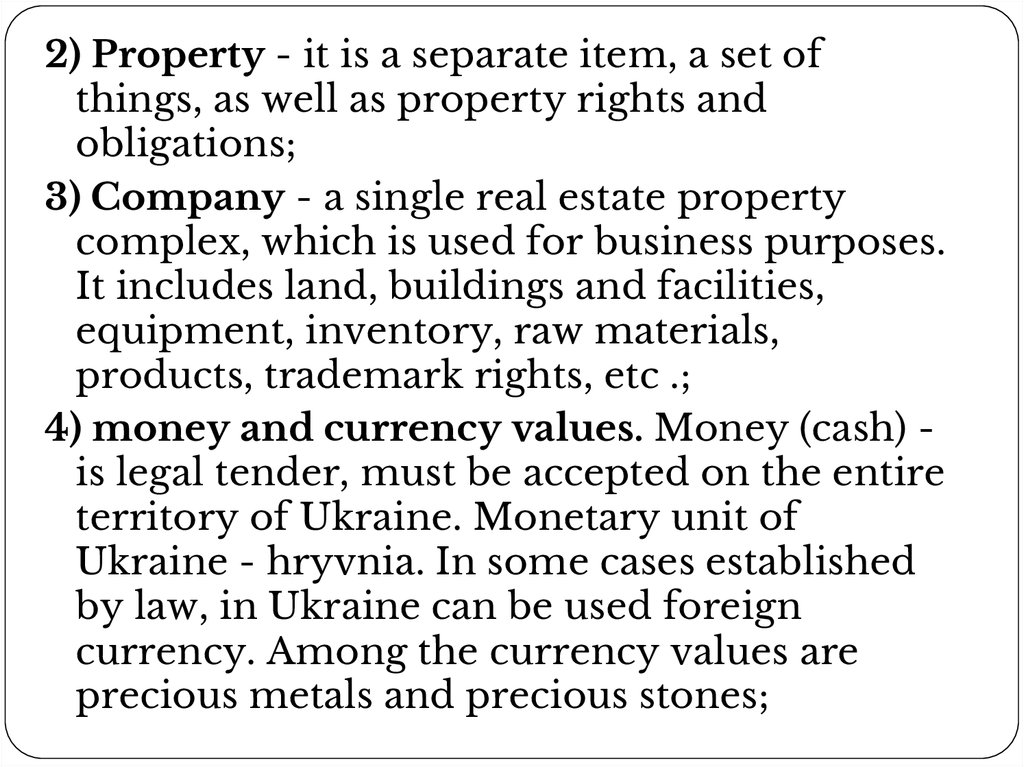

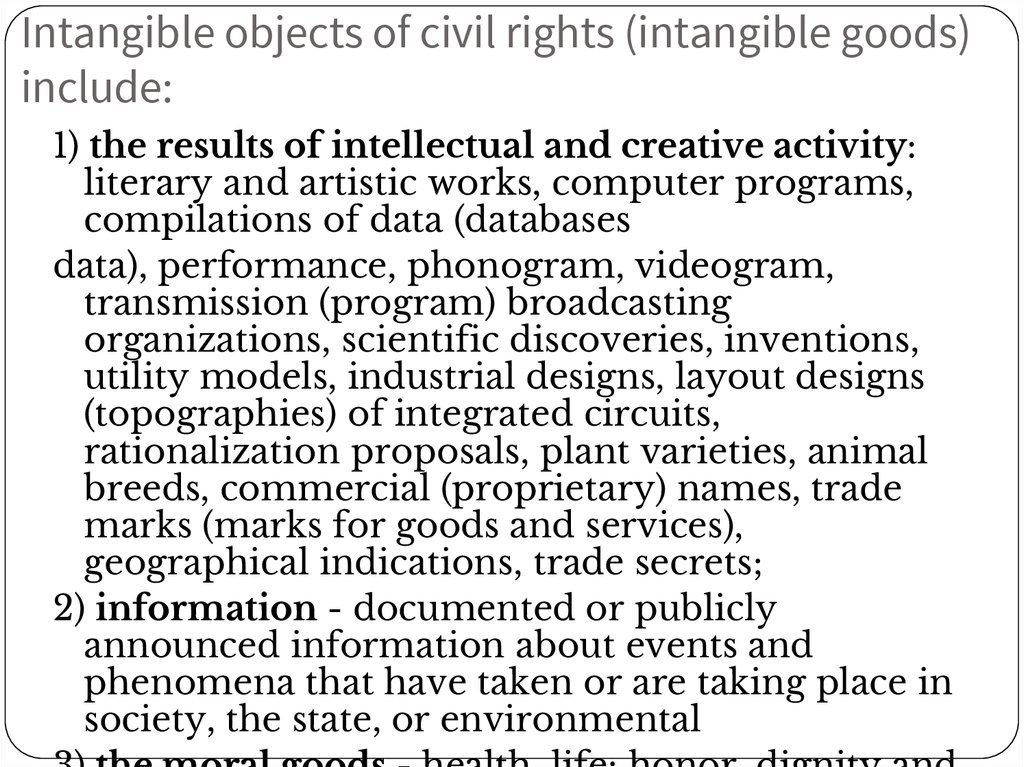
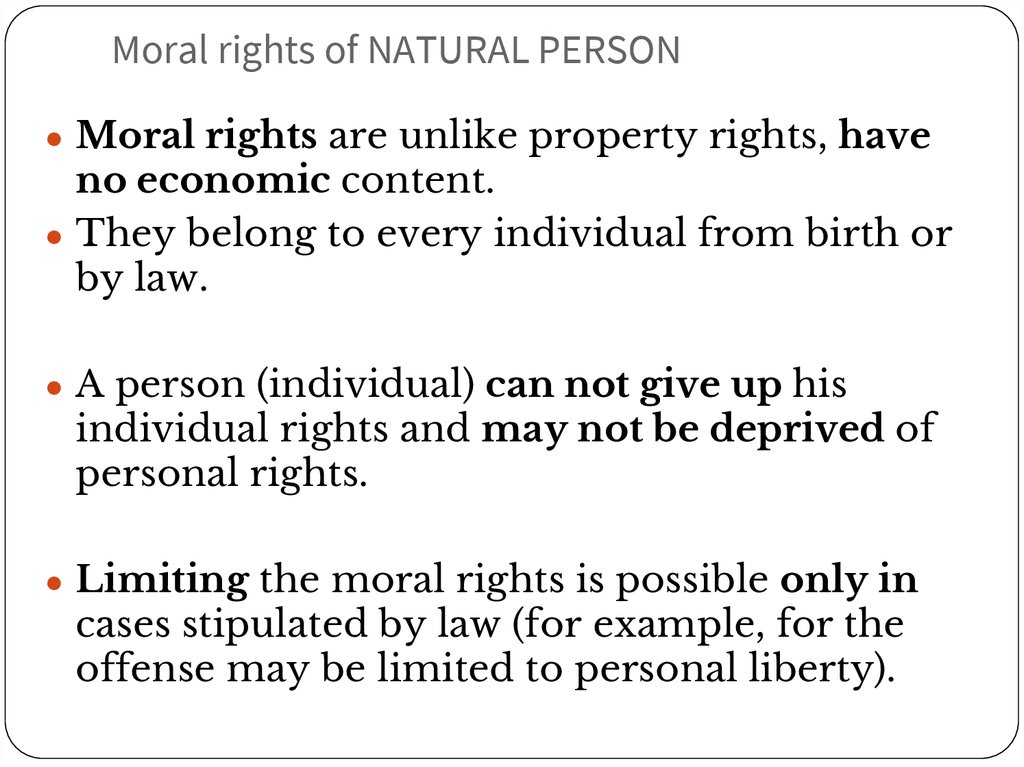
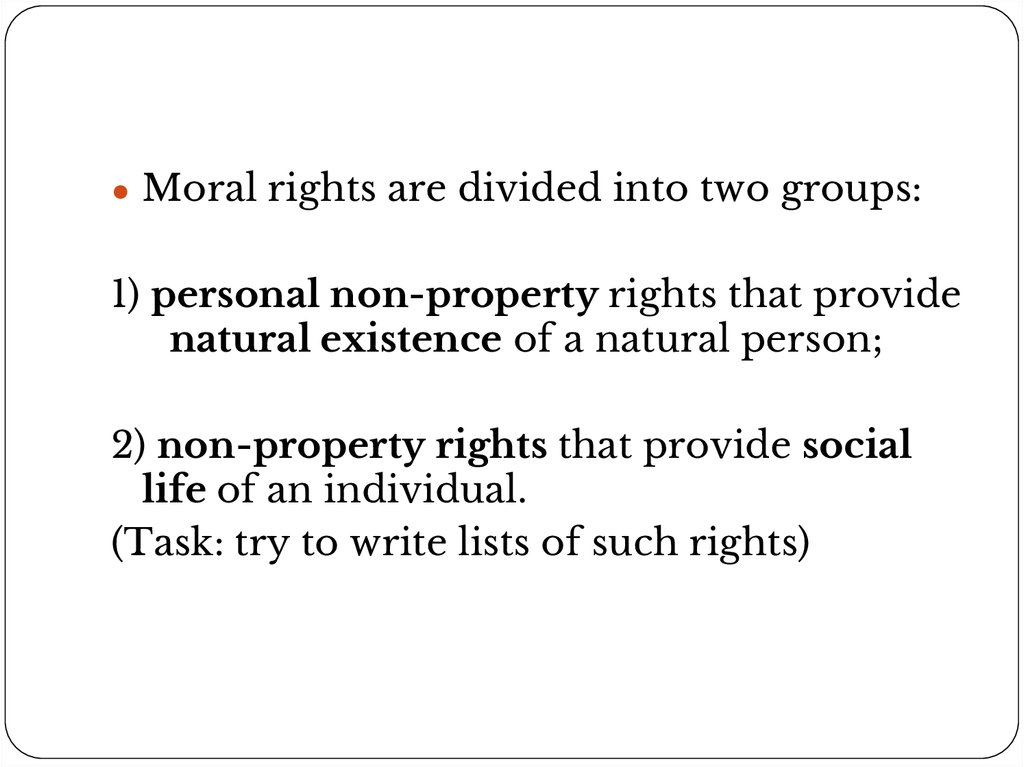

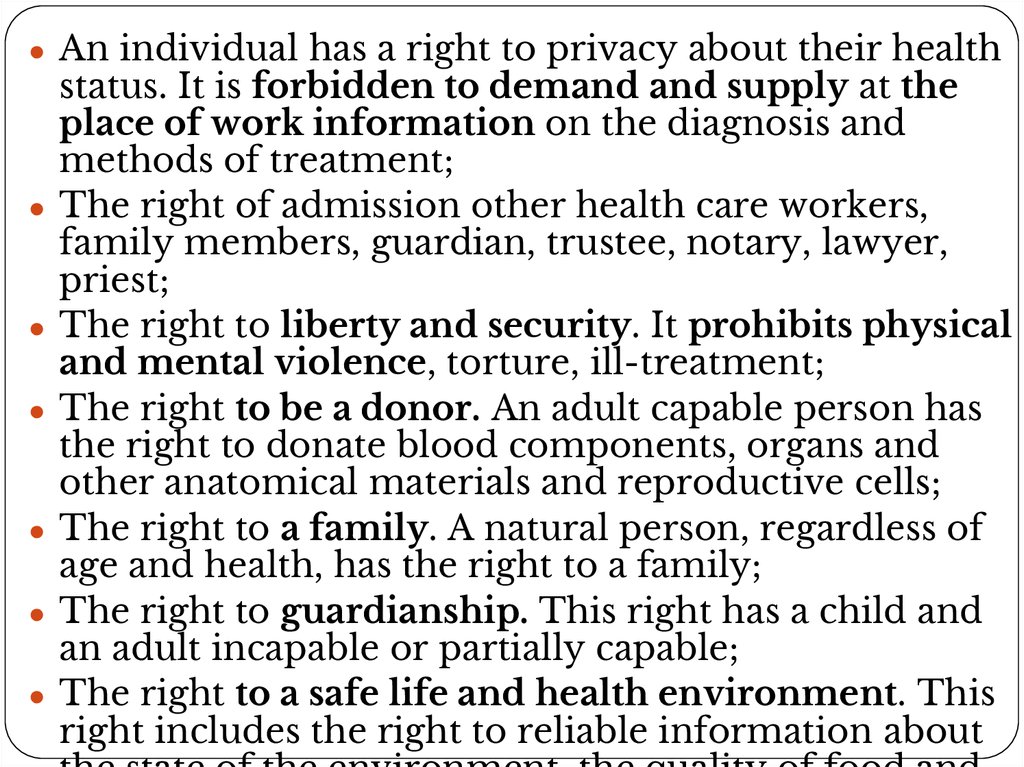
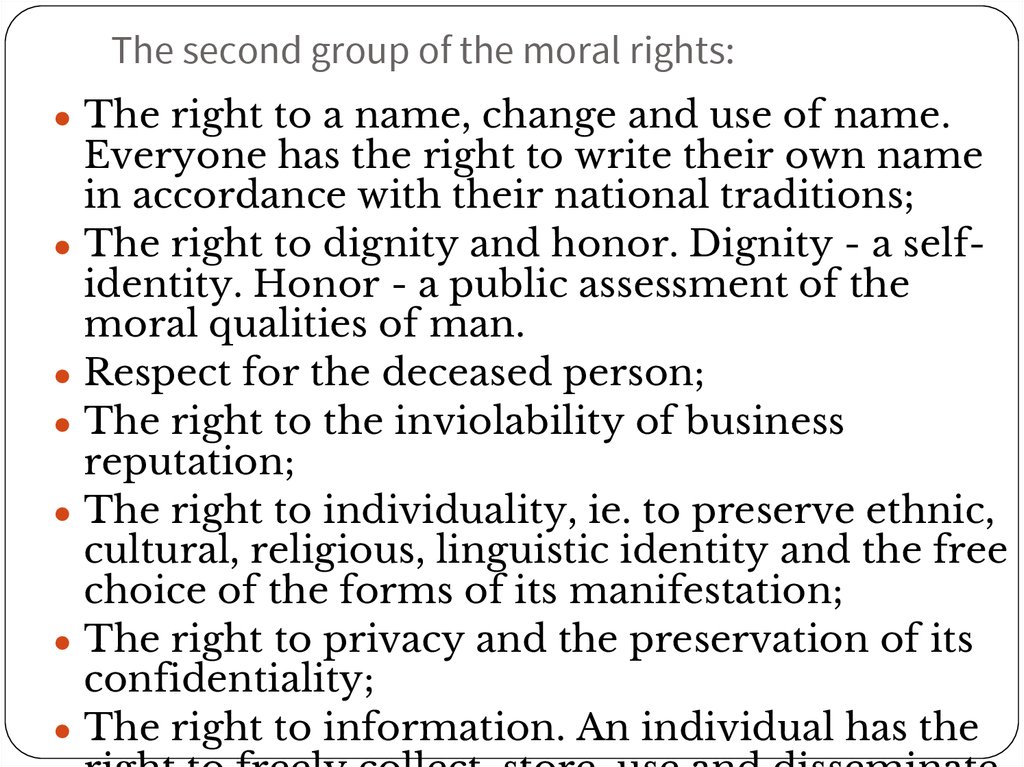
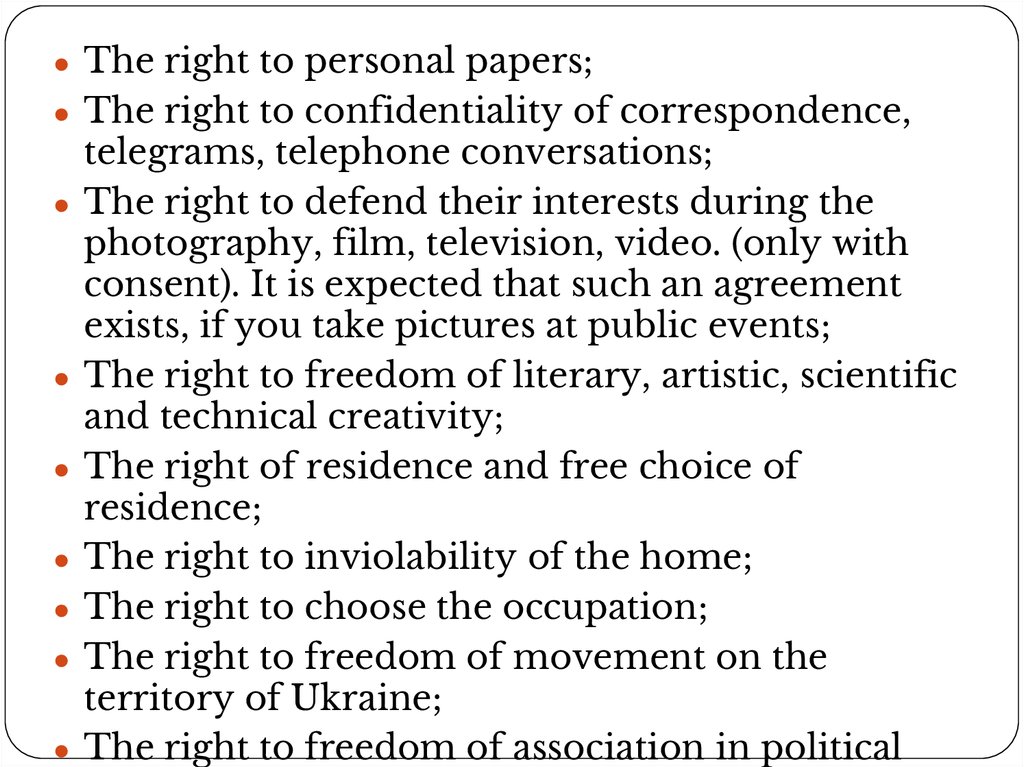

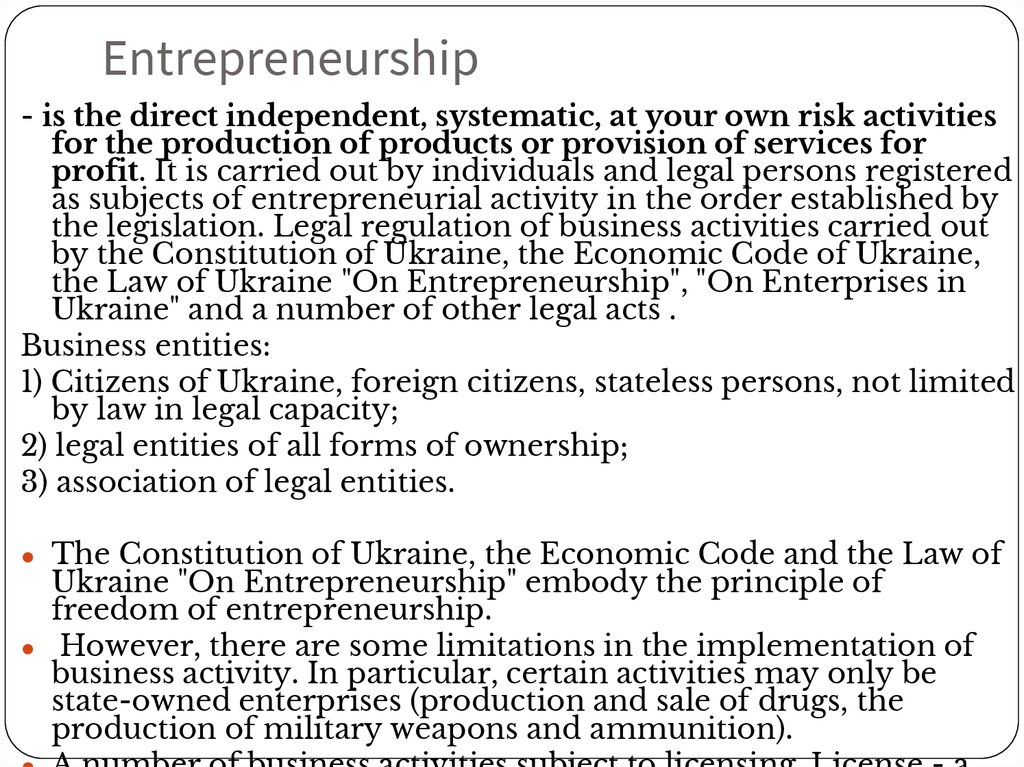
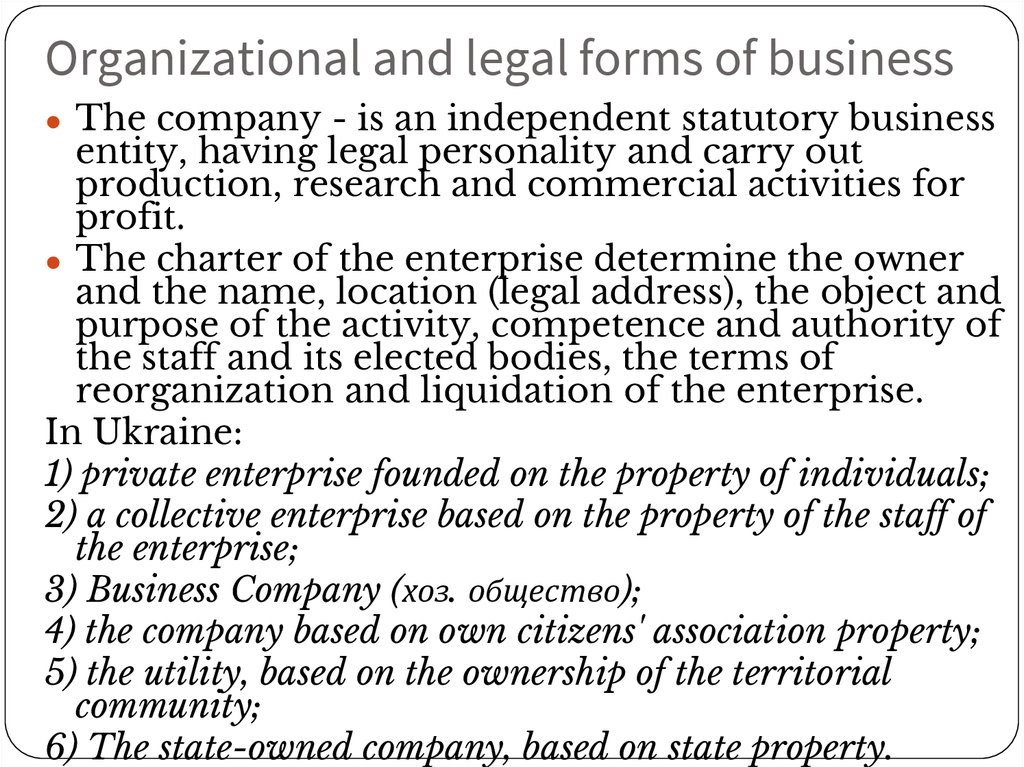
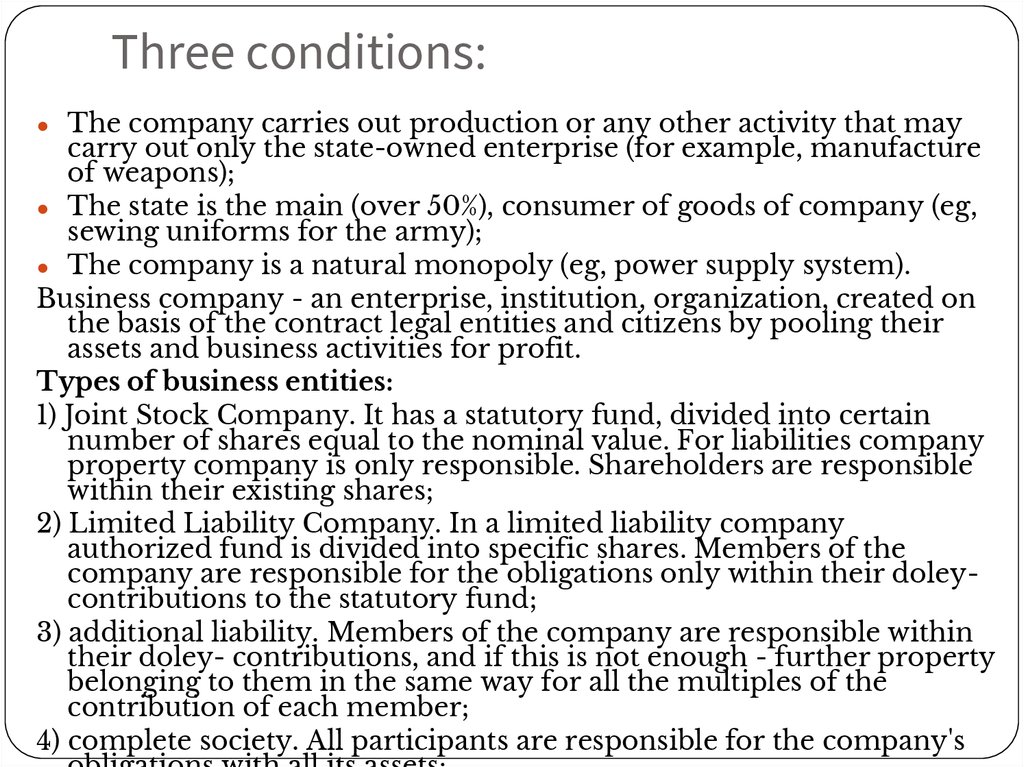
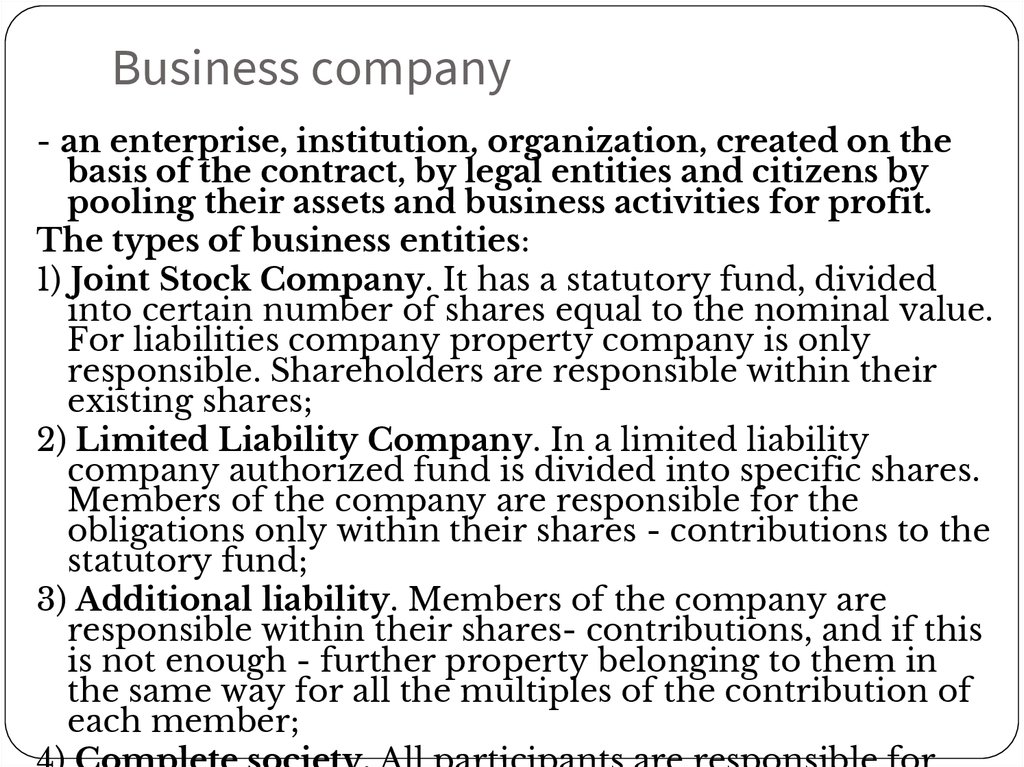


 business
business








